Healthcare firms should be concerned about the security of their sector. According to one study, only around half of healthcare firms dedicate a portion of their IT budget to healthcare in cybersecurity. The larger picture suggests that just around half of healthcare organizations must properly allocate resources to protect patients’ data. In today’s ever-changing cyber world, healthcare businesses face a plethora of possible security risks, particularly those aimed at personal data. Given this year’s significant spike in occurrences, healthcare organizations should invest in healthcare penetration Testing to secure data and applications.
In this blog, we’ll take a deep dive into the cyber threats in the healthcare industry and the best practices on how penetration testing can help overcome them. We’ll also go through HIPAA compliance and its importance.
Why is the Healthcare Industry Prone to Data Breaches?
Healthcare IT teams are responsible for securing hospital applications and medical facilities from cyberattacks, but they confront several challenges in hardening their vast attack surface. The healthcare industry, which houses a plethora of sensitive consumer patient data and IoMT devices, is an excellent target for attackers, notably ransomware assaults.
According to 2022 research, ransomware affected 66% of healthcare businesses in 2022. It also found that 61% of respondents with encrypted data were willing to pay the ransom, compared to 46% in other industries.
Furthermore, these numbers demonstrate the significance of a continual vulnerability management approach that fixes cybersecurity holes and segments applications to resist ransomware assaults. The following are the top healthcare data breach figures for 2023-2024:
- According to HIPAA, healthcare data breaches in the United States have fallen by 48%.
- Ransomware attacks caused a rise in medical issues in 36% of healthcare institutions.
- Healthcare cybersecurity receives 4-7% of the health system’s IT budget.
- Negligent personnel are responsible for 61% of healthcare data breach threats.
- According to a report, the healthcare industry saw almost 337 breaches in the first half of 2022 alone.
- According to another report, the 337 documented healthcare events affected 19,992,810 people.
- Hacking accounted for 80% of reported healthcare breaches by US HSS, with unauthorized access accounting for the remaining 15%.
The statistics can be overwhelming if you’re into the healthcare business. We know how to solve this. Penetration testing can help you overcome healthcare threats. Discover a Free call with security experts today!
Talk to our Cybersecurity Expert to discuss your specific needs and how we can help your business.
The Importance of Protecting Data in Healthcare
Both ethical health research and privacy regulations help society significantly. It is critical for ethical research to protect patients engaged in a study from harm and to protect their rights. The basic reason for safeguarding personal privacy is to defend people’s interests.
On the other hand, the major reason for gathering individually identifiable health information and Medical device penetration testing services is benefit to society. Health research may help individuals by facilitating access to novel medications, improved diagnostics, and more effective methods of preventing sickness and providing care.
Medical device Security and Data Security is presently one of the healthcare industry’s top priorities. Data breaches and cyber assaults have increased dramatically in recent years across the industry. Furthermore, healthcare breaches soared by 55.1% between 2019 and 2020, according to research from 2021.
Breach recovery can take time and might be costly to restore. The typical healthcare institution needed 236 days to recover from a data breach; each compromised patient record cost $500. Furthermore, Healthcare breaches are prevalent and can have serious ramifications.
By implementing data protection measures, healthcare institutions can remain watchful against assaults and breaches. Patient Data and the HIPAA Privacy Rule Implementing healthcare data security solutions is critical not just for ensuring the safety of patient records.
It is also required to follow HIPAA regulations, which require the following:
- Healthcare institutions should conduct frequent risk assessments to evaluate security measures.
- To mitigate data vulnerabilities, implement risk management strategies.
- Maintaining HIPAA compliance as a healthcare business requires the implementation of comprehensive security measures.
Read more: Deep Dive into Healthcare Penetration Testing
The Top 5 Cyber Threats in the Healthcare Industry
The five most significant cybersecurity problems in the healthcare business are described below to illustrate the relevance of healthcare cybersecurity programs in the present cyberattack scenario. These cyber risks represent the greatest danger to patient information and medical device’s security.
1. Phishing
The most common cybersecurity threat in healthcare is phishing. Phishing is the technique of inserting dangerous links into seemingly harmless emails. In addition, email phishing is the most prevalent sort of phishing. Phishing emails can appear quite convincing, and they frequently make use of a well-known medical condition to encourage link clicks.
2. Information Breach
When compared to other businesses, the healthcare industry experiences a disproportionately high number of data breaches. HIPAA imposes stringent criteria for safeguarding health records and other sensitive information from unauthorized access, but many healthcare organizations need to execute its security procedures.
3. DDoS Attacks
A distributed denial-of-service (DDoS) attack is a flood of bogus connection requests directed at a specific server, causing it to go down. Multiple endpoints and IoT devices are forcibly recruited into a botnet via malware infection to engage in this coordinated attack during this attack. DDoS assaults may not provide the same data exfiltration dangers as ransomware attacks but cause the same operational disruption.
4. Obsolete technology
Medical technology frequently becomes obsolete due to limited finances and a reluctance to learn new applications. Healthcare companies must respond to the latest cyber dangers to keep their patient data safe. Setting aside funds and investing in the best option for your company is critical.
5. Vulnerabilities in Medical Apps
As the usage of linked medical devices or applications such as infusion pumps and pacemakers grows, fraudsters have a new attack surface to exploit. These gadgets’ flaws can be used to risk patient safety. Medical device attacks can risk patient lives, disrupt healthcare operations, and result in expensive legal fights for device makers.
Healthcare Penetration Testing : The Saviour for Data and Privacy
Healthcare penetration testing serves hospitals, clinics, behavioral health institutions, dentists, and other covered businesses in a variety of ways:
1. Recognizing Unknown Risks
Many security concerns can go unnoticed for long periods, allowing attackers to exploit them. Pen testing proactively detects these flaws. A test, for example, may expose an internet-facing patient records database that is solely secured by weak or default credentials. It is critical to identify such weaknesses before thieves do. Get a glimpse of the pentest report and learn what vulnerabilities pentesters find.
Latest Penetration Testing Report
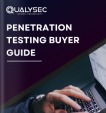
2. Obtaining Consistent Compliance
Healthcare rules like HIPAA and state legislation require frequent risk assessments to discover and correct security flaws. Independent penetration testing gives tangible validation of compliance efforts while simultaneously increasing security.
3. Increasing Patient Confidence
Patients want healthcare organizations to be responsible stewards and champions for the compassionate information that they provide. Investing in strong security processes, such as pen testing, increases patient confidence and trust.
4. Avoiding Reputational Harm
Major breaches incur significant reputational costs in the form of public attention, patient churn, and reputational loss. Furthermore, proactive pen testing decreases the likelihood of avoidable occurrences undermining public trust.
5. Orienting Security Investing
Penetration testing generates objective data that may be used to optimize budget allocation for fixing security holes, whether money is allocated for technological upgrades, policy changes, security training, or shoring up inadequacies.
6. Verifying Existing Security
Testing provides independent outside validation of security measures installed to secure healthcare settings, including encryption and endpoint protection policies. Furthermore, regular penetration testing is used by top organizations and government agencies to enhance their defenses.
Healthcare organizations in charge of sensitive protected health information should be the same.
The Best Practices of Penetration Testing in Healthcare Industry:
Healthcare CIOs, CISOs, and other executives should use the following strategic approach to maximize the value of testing initiatives:
1. Conduct Annual Evaluations
Annual pentesting evaluates existing security procedures, cyber hygiene, and monitoring capabilities across the company regularly. Prioritize tests based on known high-risk regions and applications.
2. Integrate External Testing
Third-party businesses offer unbiased viewpoints. Hiring them to get a deep insight into vulnerabilities, comprehensive pentest reports, and a healthcare security certificate is always a better option.
3. Production Testing Apps
While staging environments are useful for certain testing, real-world production apps are the best at simulating actual conditions and users. It also improves the dependability of outcomes.
4. Transparency in Demand
To assist the remedy of all vulnerabilities discovered requires complete disclosure of all testing efforts and comprehensive reporting of findings.
5. Validation Re-test
After implementing solutions, do follow-up penetration testing to ensure risks have been adequately mitigated or removed.
6. Increase Accountability
Ensure that IT security teams take responsibility for completely remediating discoveries, with leadership supervision, to ensure that high-risk vulnerabilities are fixed on time.
7. Concentrate on High-Risk Areas First
Initial testing should focus on assets that store patient medical records, such as EHR systems, medical devices, cloud repositories, and databases.
Healthcare penetration Testing should be performed as a continuous program tackling numerous risks rather than as a one-time activity to have the most impact.
Related: FDA Guidelines for Medical Device Manufactures to Follow
The Role of HIPAA Compliance in Healthcare
For Patients:
HIPAA Act exists to protect classified medical information from unauthorized individuals. Furthermore, the heavy penalties enforced for the intentional or unintentional leak of a patient’s medical history have generated a feeling of security in the minds of the individuals. HIPAA Compliance protects the following types of information:
- The name of your doctor or any other healthcare practitioner recorded in your file.
- Discussions about your treatment that your doctor has with other doctors, specialists, nurses, or anybody else.
- Any information about you that your insurer keeps.
- Billing information about your care at any clinic.
- Any additional health-related information in the possession of people is required to follow HIPAA regulations.
For Organizations:
Penetration Testing for HIPAA is important for patients, caregivers, and the health business in general. The Food and Drug Administration US (FDA) recently rolled out rules for medical device manufacturers to pentest devices before launching them.
Any organization involved in the healthcare industry must rigorously adhere to the Healthcare Cyber security requirements. Here, we will review the important principles your organization must follow when dealing with sensitive information about individuals’ medical histories.
- If any information leaks from your end, you will be severely penalized.
- Implementing a strict privacy policy inside your firm.
- Employee training to ensure that they understand your company’s privacy policy in connection to sensitive information about patients’ medical records.
- Informing patients about their privacy rights and how their information may be used.
- Individualize the responsibility for data protection of medical data housed on workplace premises. They should be the company’s nodal officer for data transfer and sharing decisions. They should be held accountable for upholding the organization’s privacy laws as well as the safety and security of the information.
- Securing patients’ medical records and protecting them from illegal access.
- Limit the information disclosed to the permitted party to a bare minimum to achieve the intended goal.
Why Choose Qualysec for Healthcare Penetration Testing?
As healthcare continues to digitize, it must also accelerate healthcare cybersecurity to change centered on protecting sensitive patient data. Healthcare cybersecurity certification gives comprehensive visibility into previously unknown threats required to strengthen defenses and avert breaches.
Testing paired with advisory services gives healthcare professionals the experience and assistance to create tiered defenses suited to their specific environment’s dangers. It also encourages more imaginative investments in combating the most pressing challenges.
That’s what Qualysec Technologies does. We are the top Healthcare cybersecurity companies in India, providing top-notch services for the healthcare industry. Furthermore, top medical device manufacturers rely on us to identify and mitigate application vulnerabilities through our Penetration testing for healthcare.
Our hybrid approach combines manual and automated penetration testing services, giving zero false positives and guaranteeing zero data breaches. In addition, we include commercial tools with our in-house tools to scan the surface-level vulnerabilities. In addition, our pentesters are certified and have professional expertise and experience in performing the tests.
We adhere to regulatory compliance and industry standards such as ISO 27001, OSSTMM, ISSAF, GDPR, SOC type 1 & 2, HIPAA, NIST 800, etc. We take pride in our pentest report, which serves as the ultimate guide for clients and developers, providing every small detail about the vulnerabilities found.
Our report consists of the name, severity, CWE no., ways to mitigate it, references, and much more. To help developers overcome these challenges, we also provide a consultation call to remedy the issue.
We offer a daily report to the client so they are aware of the status of the testing process. With years of experience since our establishment, we have secured over 250 applications with a record of ZERO DATA BREACH.
If you a business in need of healthcare penetration Testing services, contact Qualysec right away!
Conclusion
Because of the growing amount of cyber assaults and post-breach litigation, healthcare IT teams must create a best practices penetration testing program. As part of its broader goal to remedy security holes, cyber services can assist with this. Furthermore, network security begins with more visibility into your apps, which allows you to discover, analyze, and respond to attacks more rapidly.
Cyber services can be especially beneficial to healthcare organizations that lack the resources or knowledge to meet cybersecurity compliance standards. 3rd-party experts can assist in the development of a best practices framework that engages everyone at all levels in developing a more robust security culture.
Furthermore, this type of investment may save significant money by averting situations that result in significant reputational harm and substantial penalties. Is your company equipped with the necessary skills and tools to meet these challenges?
Qualysec’s Top healthcare cybersecurity firms can assist you in developing an excellent cyber resilience program.
Frequently Asked Questions
1. What is penetration in healthcare?
Penetration testing in healthcare refers to a security assessment in which simulated cyberattacks are undertaken to detect weaknesses in a healthcare system. In addition, this proactive strategy assists healthcare businesses in strengthening their security procedures and preventing potential patient data breaches.
2. What is HIPAA penetration testing?
HIPAA penetration testing is examining healthcare system security measures to verify compliance with the Health Insurance Portability and Accountability Act (HIPAA). It also assists in identifying and correcting infrastructure weaknesses, preserving patient information, and ensuring regulatory compliance.
3. Why does the Healthcare Industry need pentesting?
Because the healthcare business handles sensitive patient information, it is a major target for hackers. Penetration testing is critical for identifying and correcting vulnerabilities in apps and networks. Healthcare firms may improve their security posture and preserve patient confidentiality by modeling real-world cyber risks, guaranteeing compliance with regulatory requirements such as HIPAA.
4. Why is the HIPAA Security Rule important?
The HIPAA Security Rule is essential because it provides requirements for the protection of electronic protected health information (ePHI). Furthermore, it preserves the security, integrity, and availability of patient data by detailing the safeguards that healthcare organizations must put in place to avoid unauthorized access and data breaches. The Security Rule must be followed to retain confidence in healthcare apps and protect patient privacy
Ensure your healthcare solution is globally compliant.
Qualysec helps you meet HIPAA, FDA, ISO, and more. Contact us today!
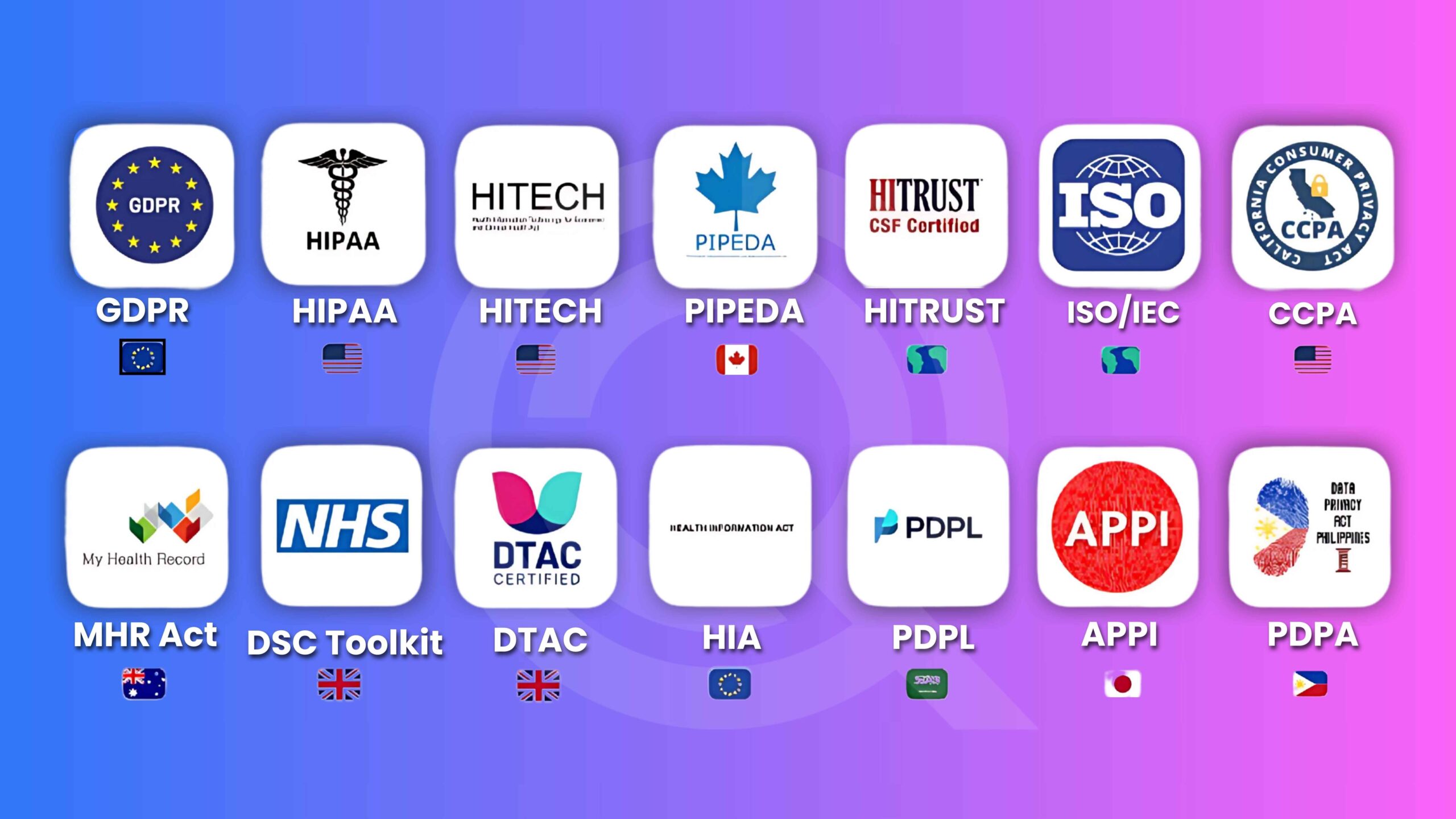





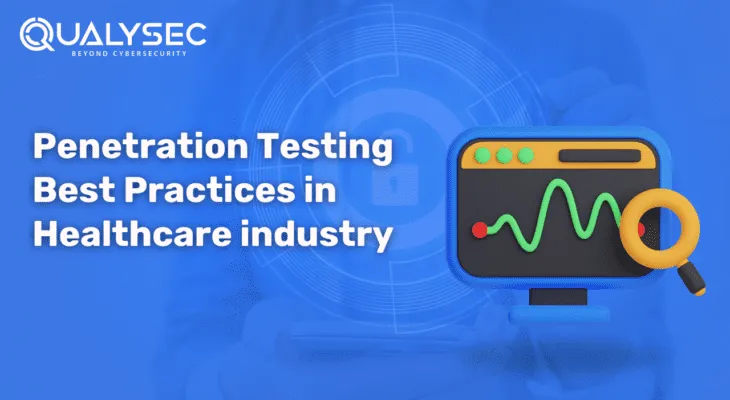



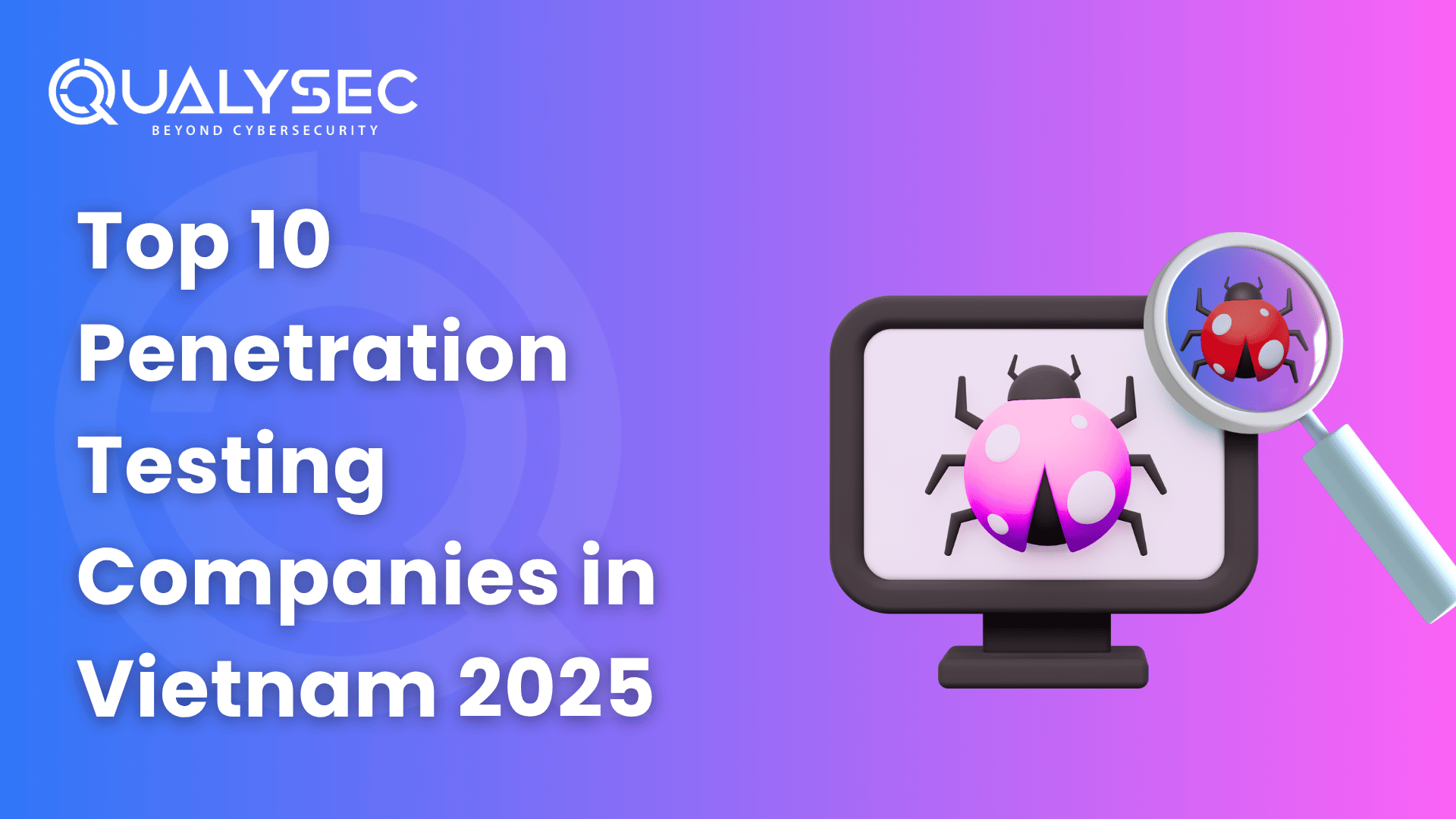
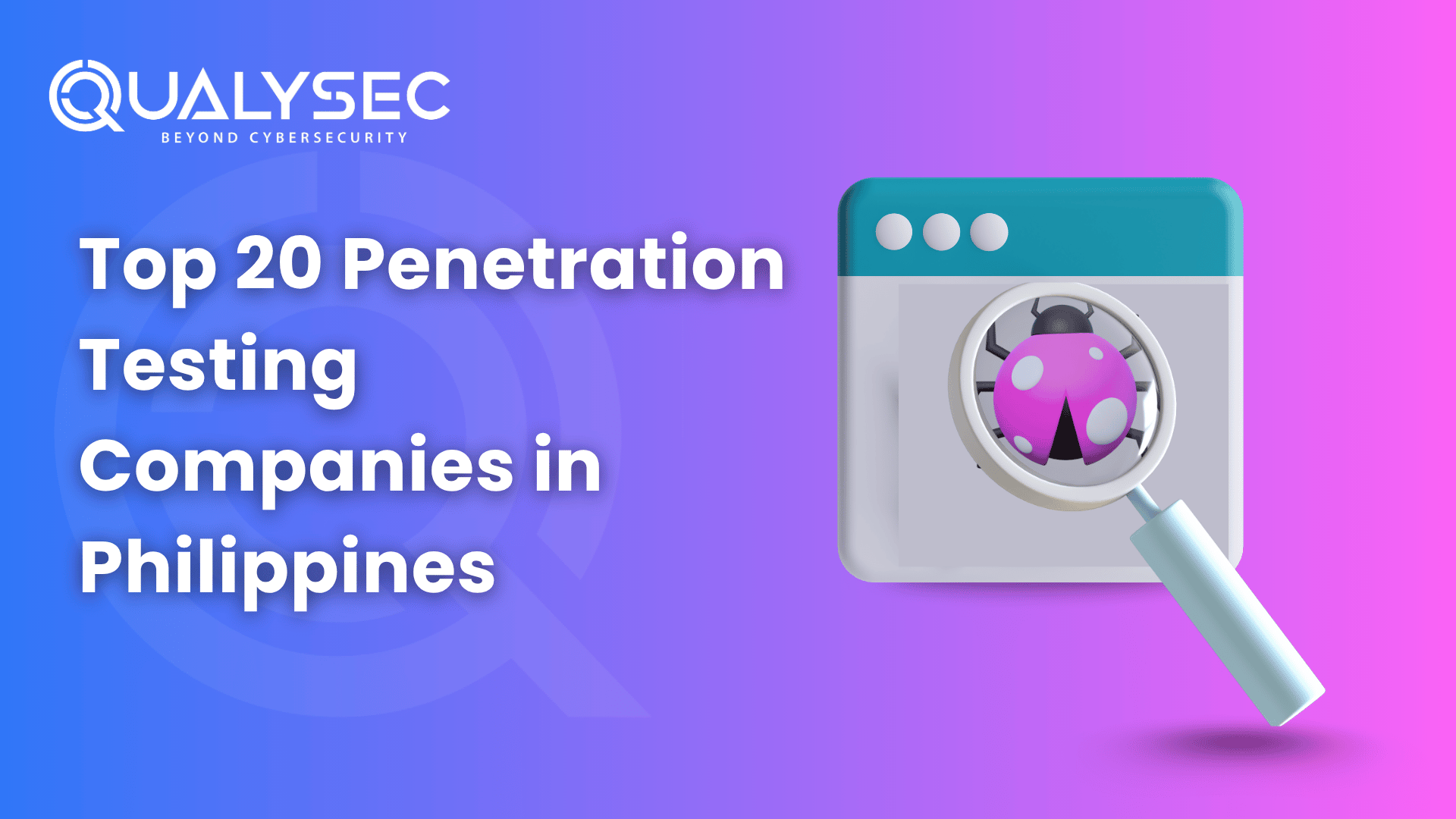
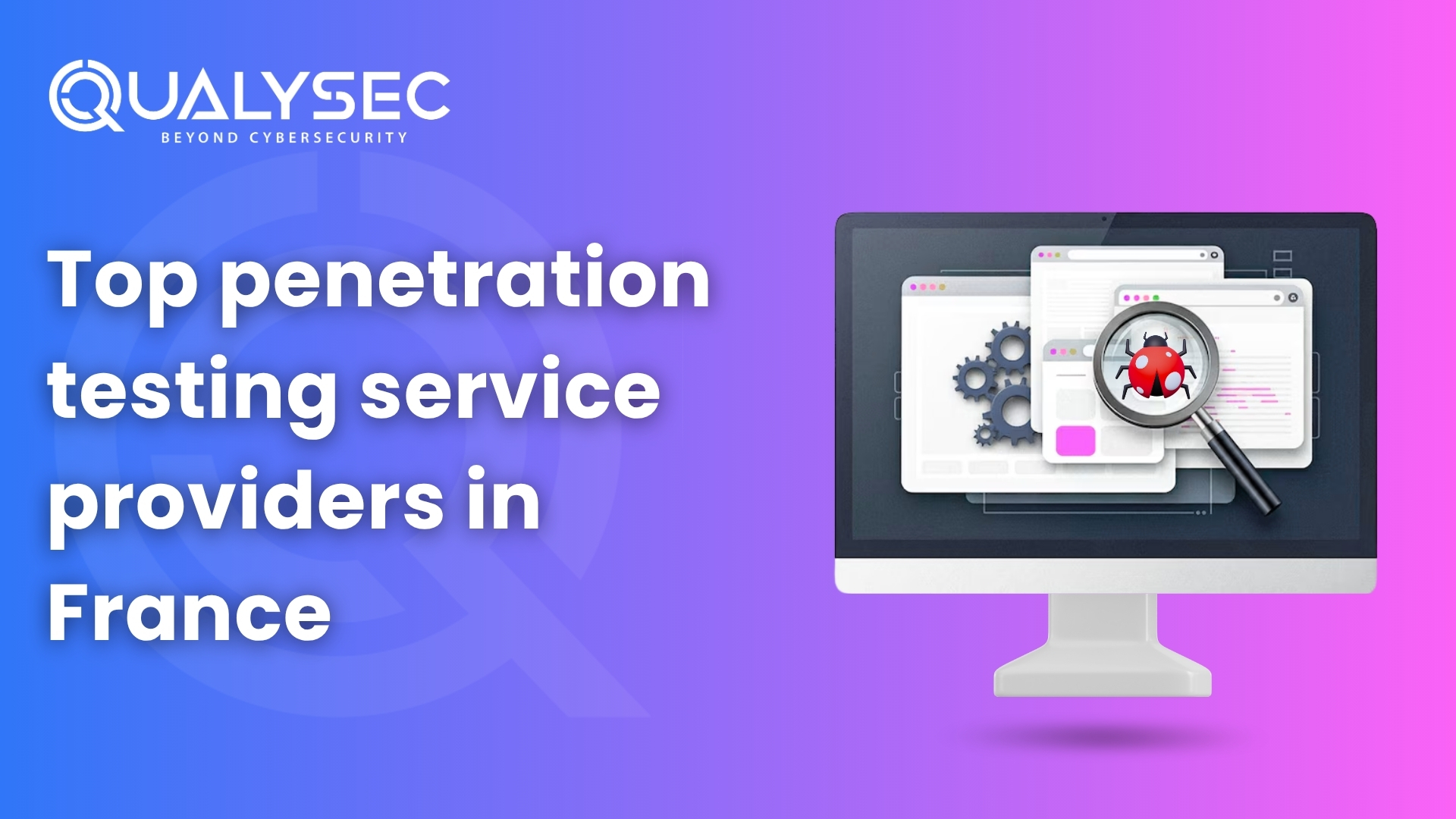

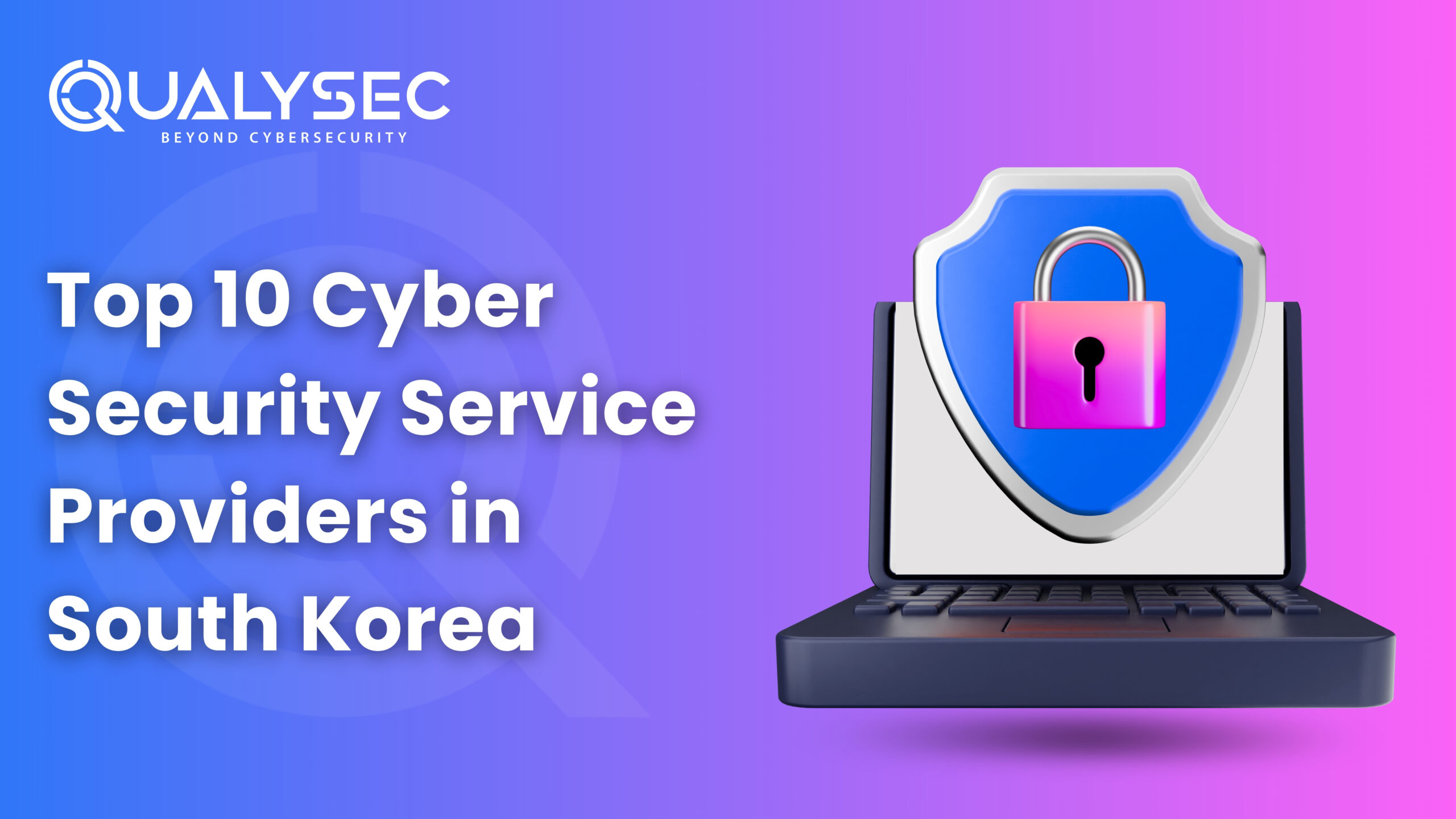

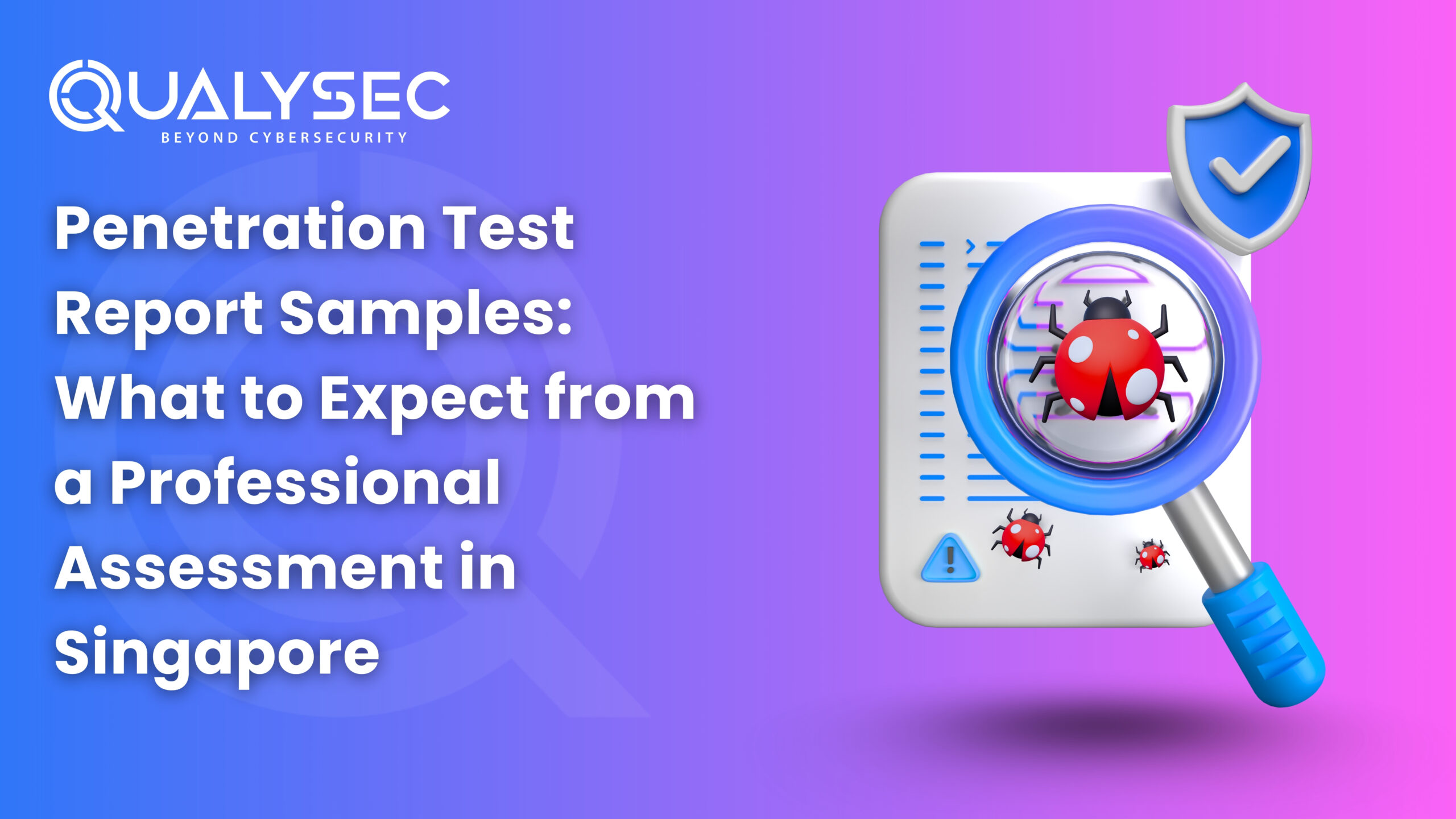
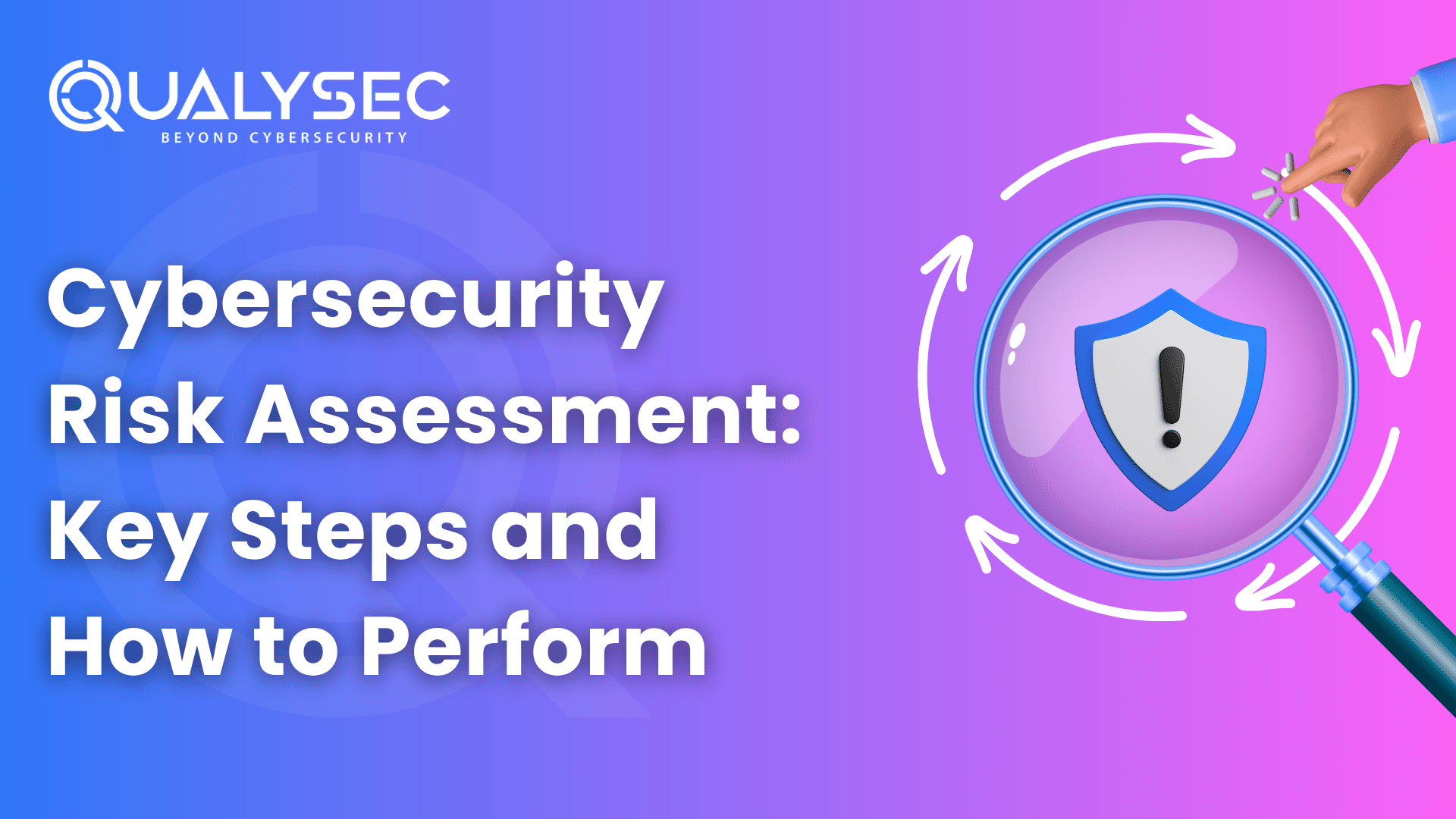
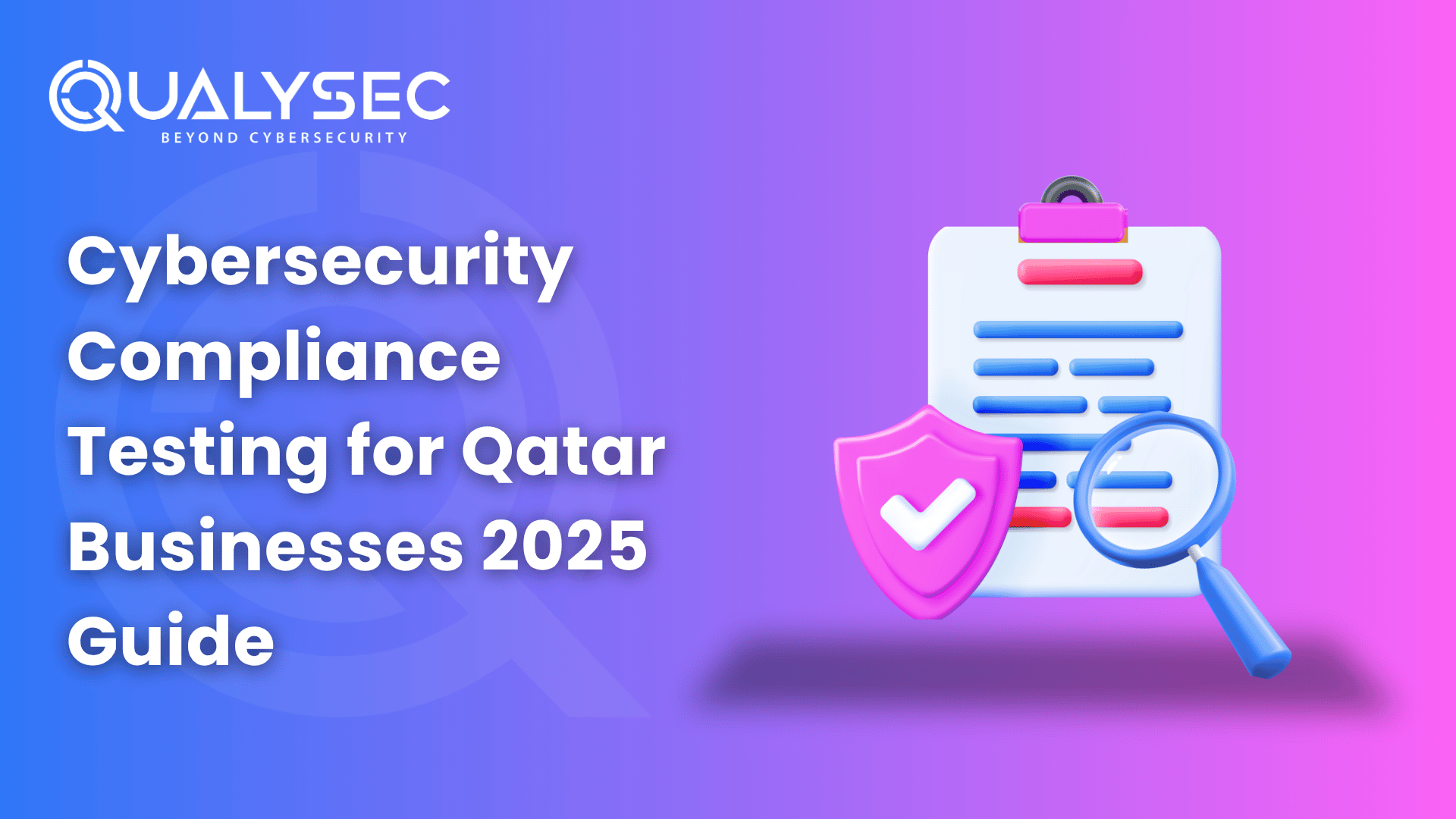
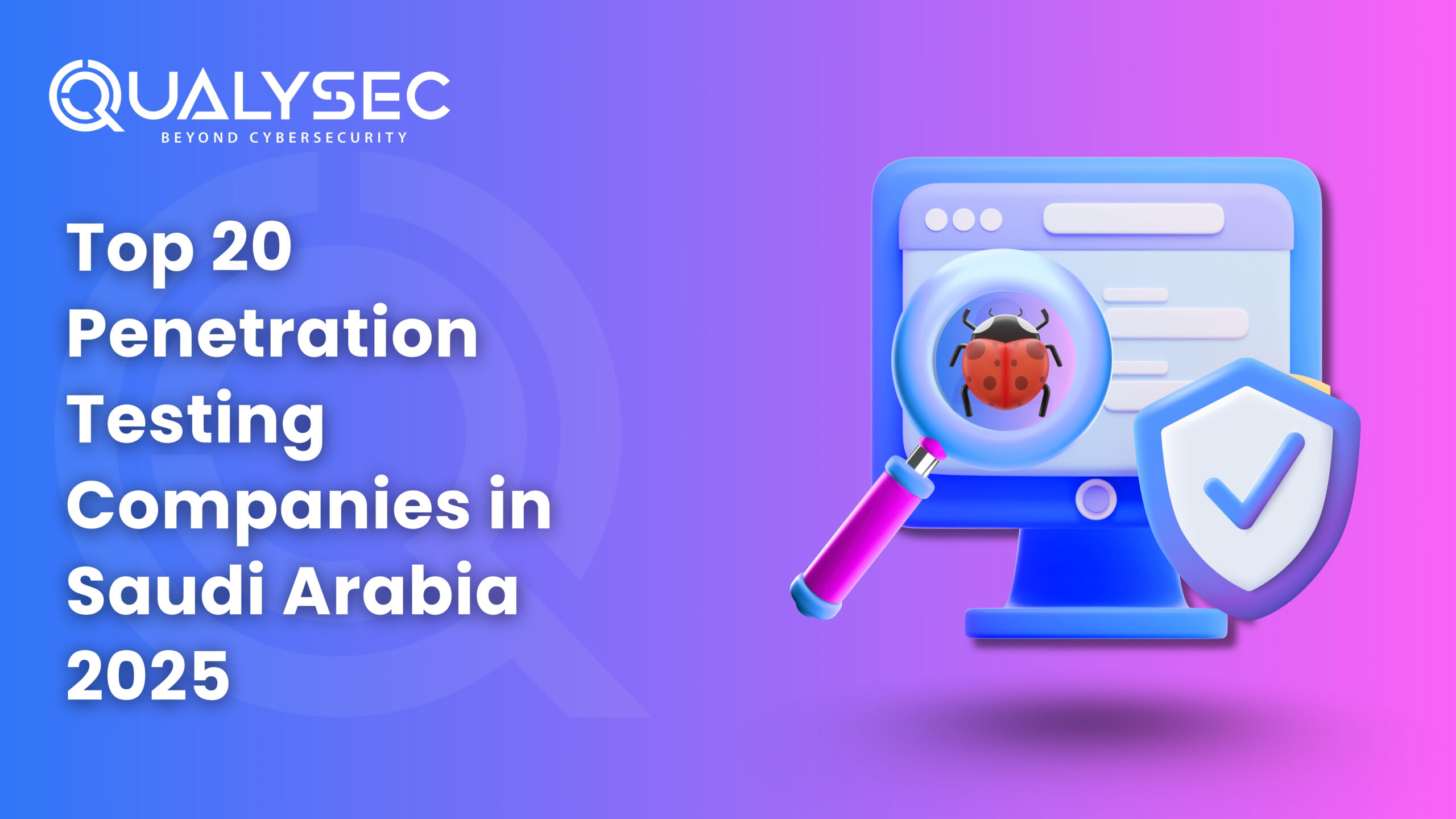
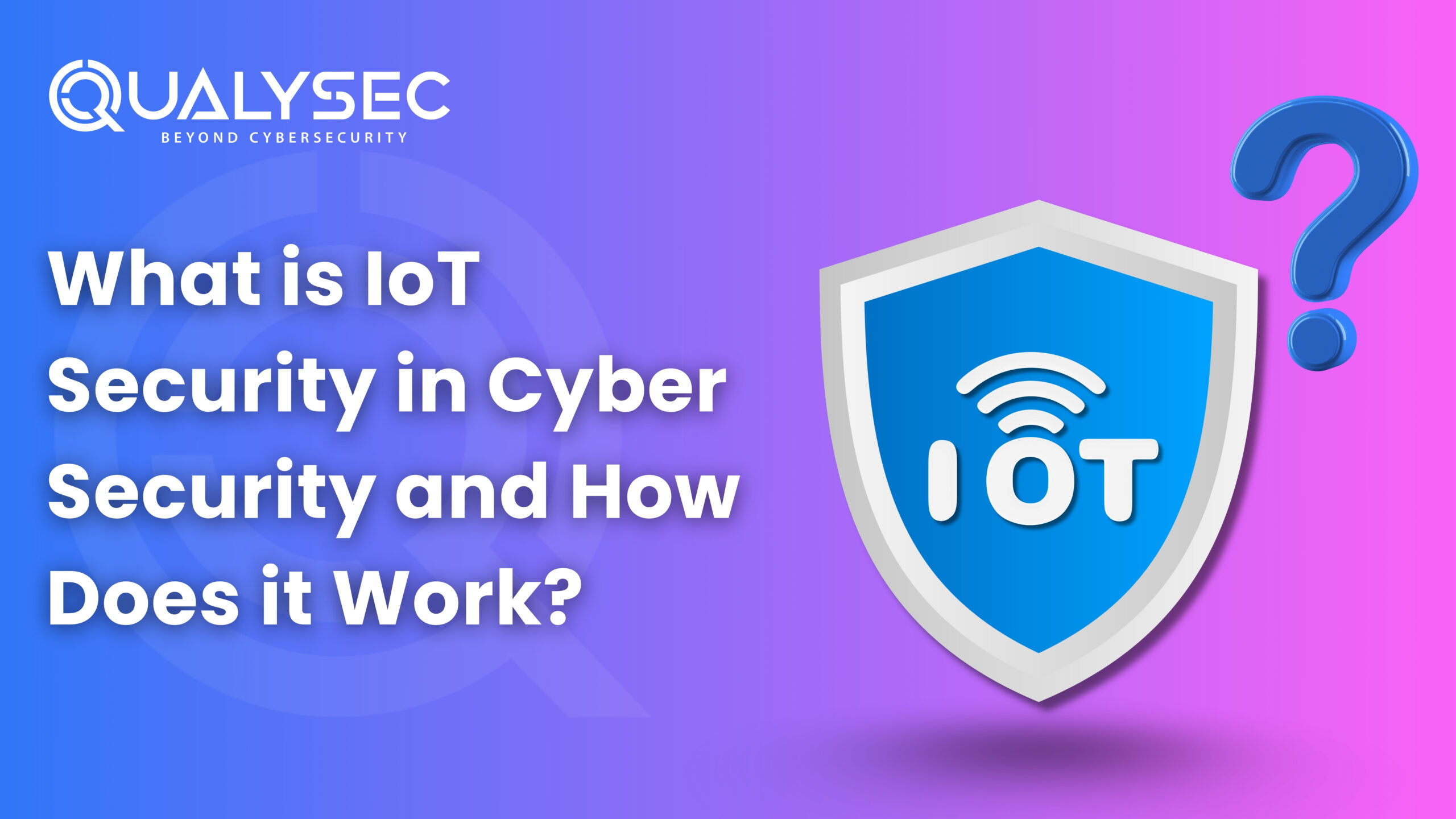
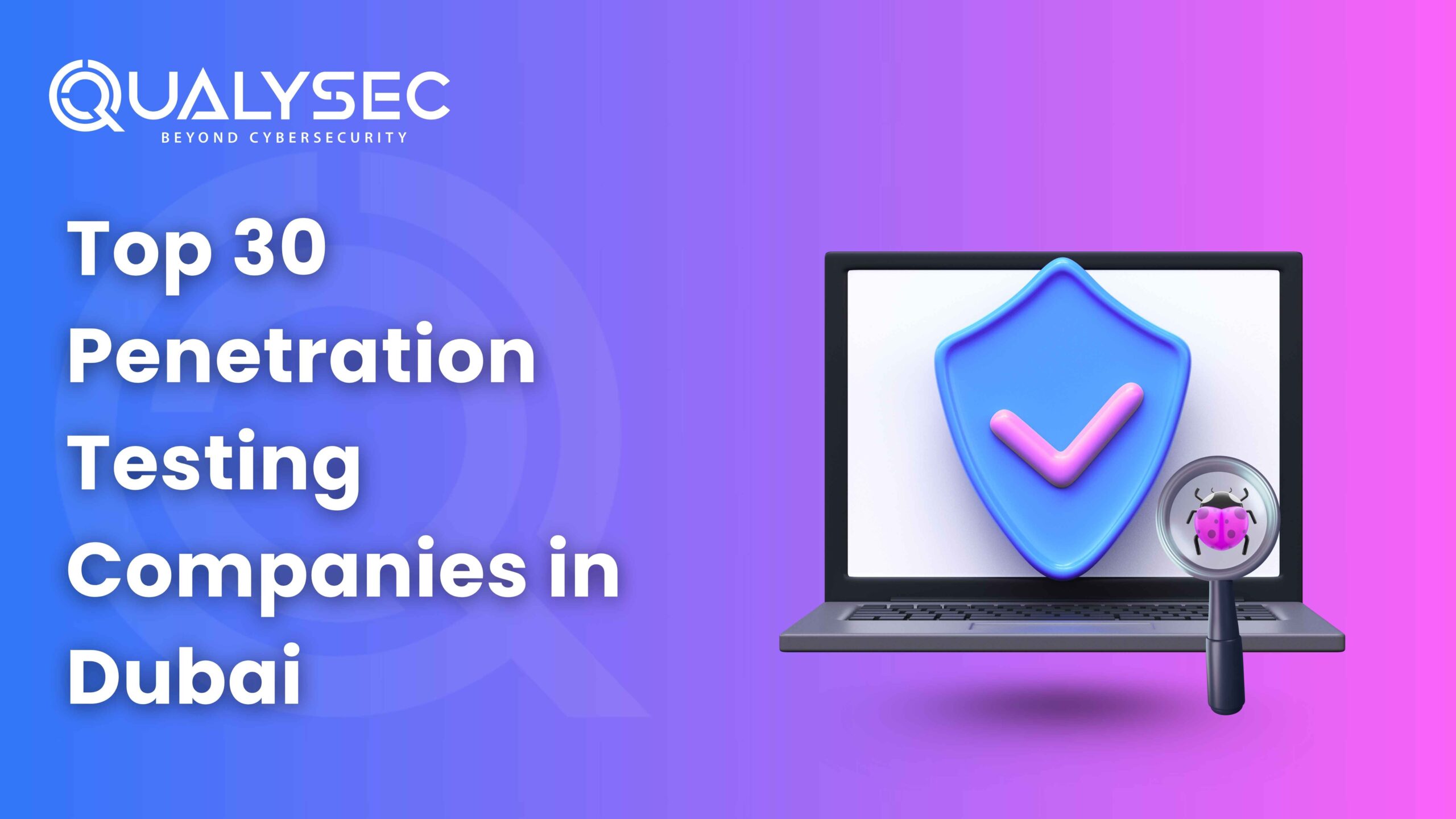

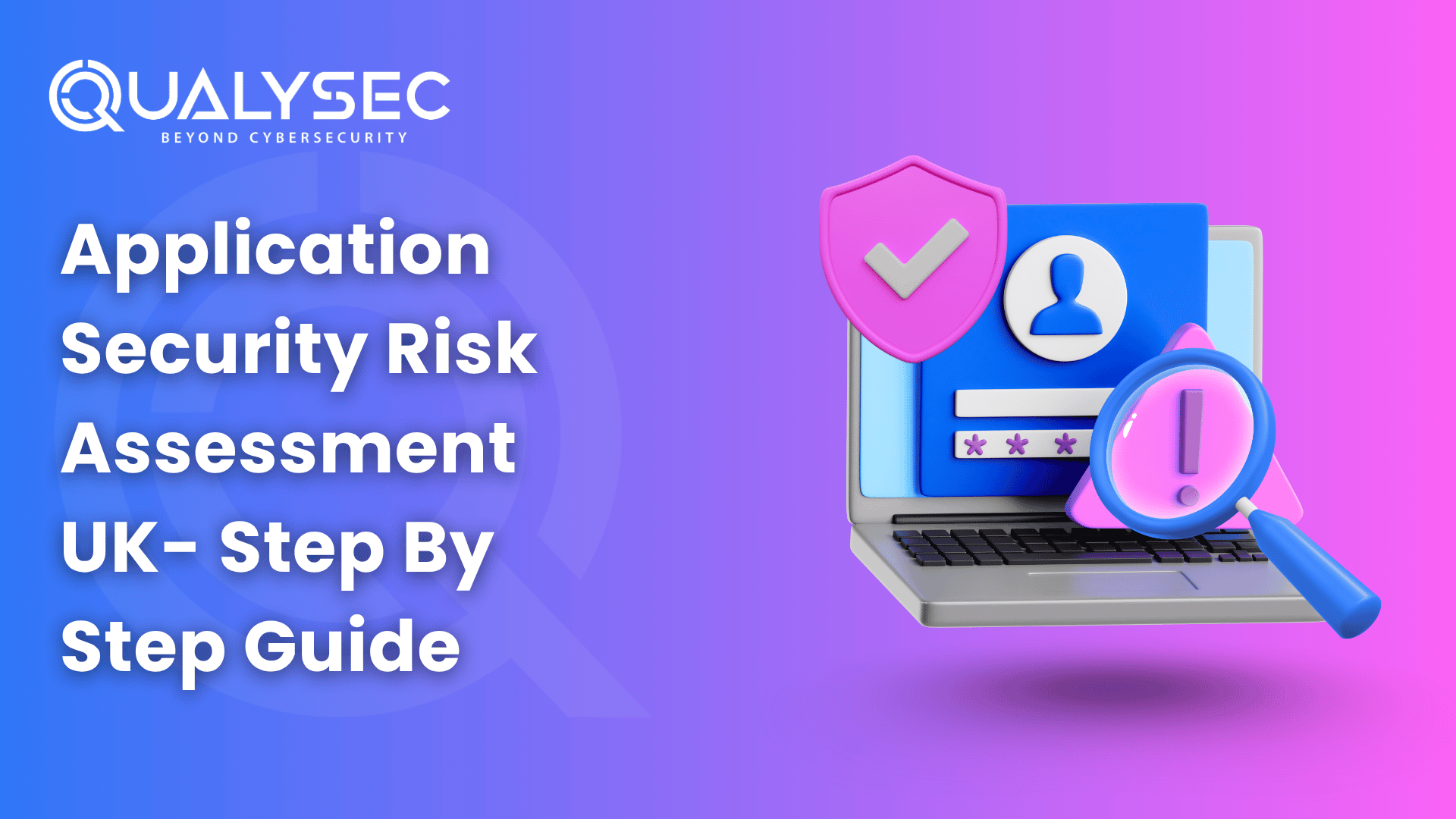
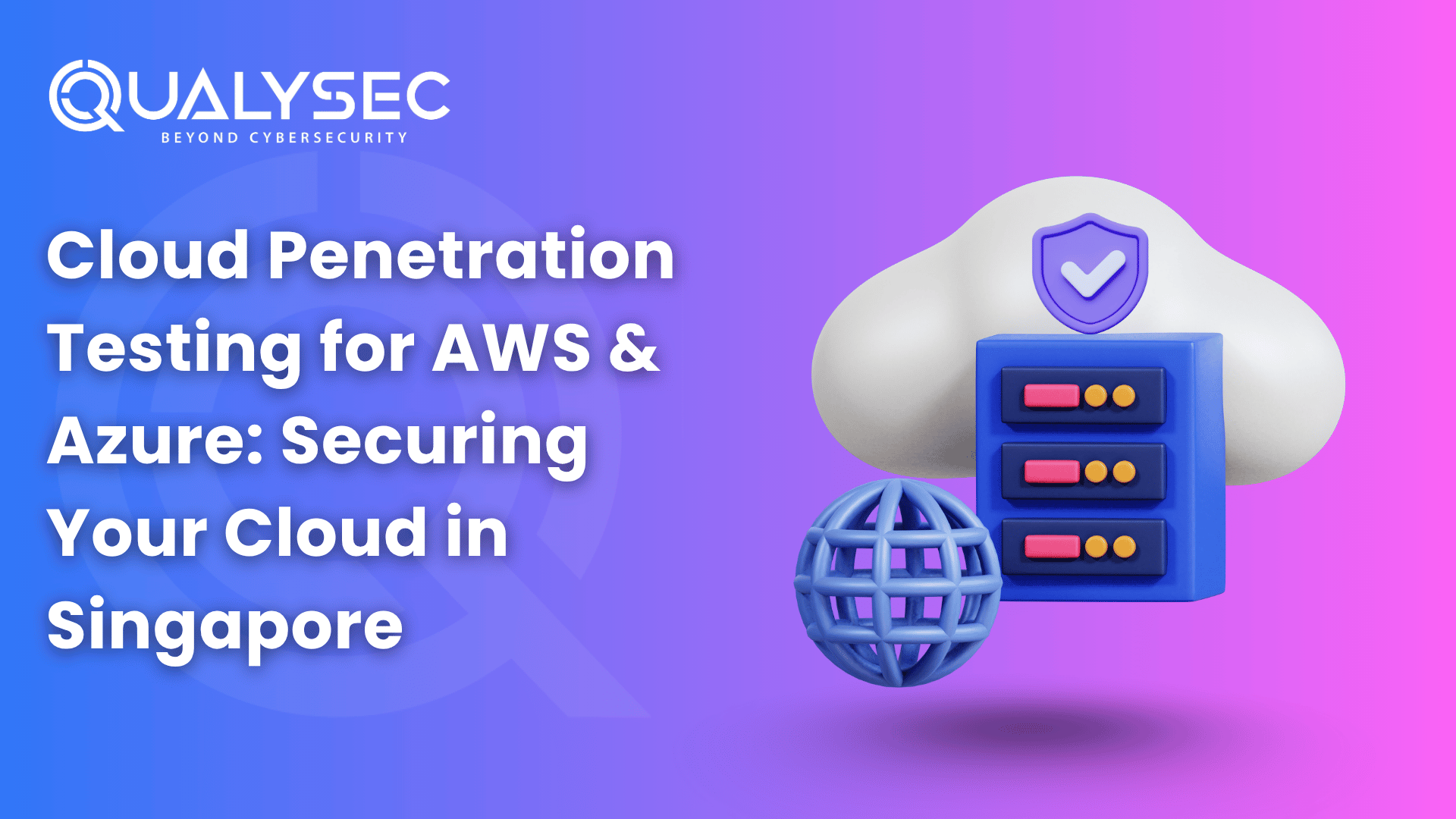

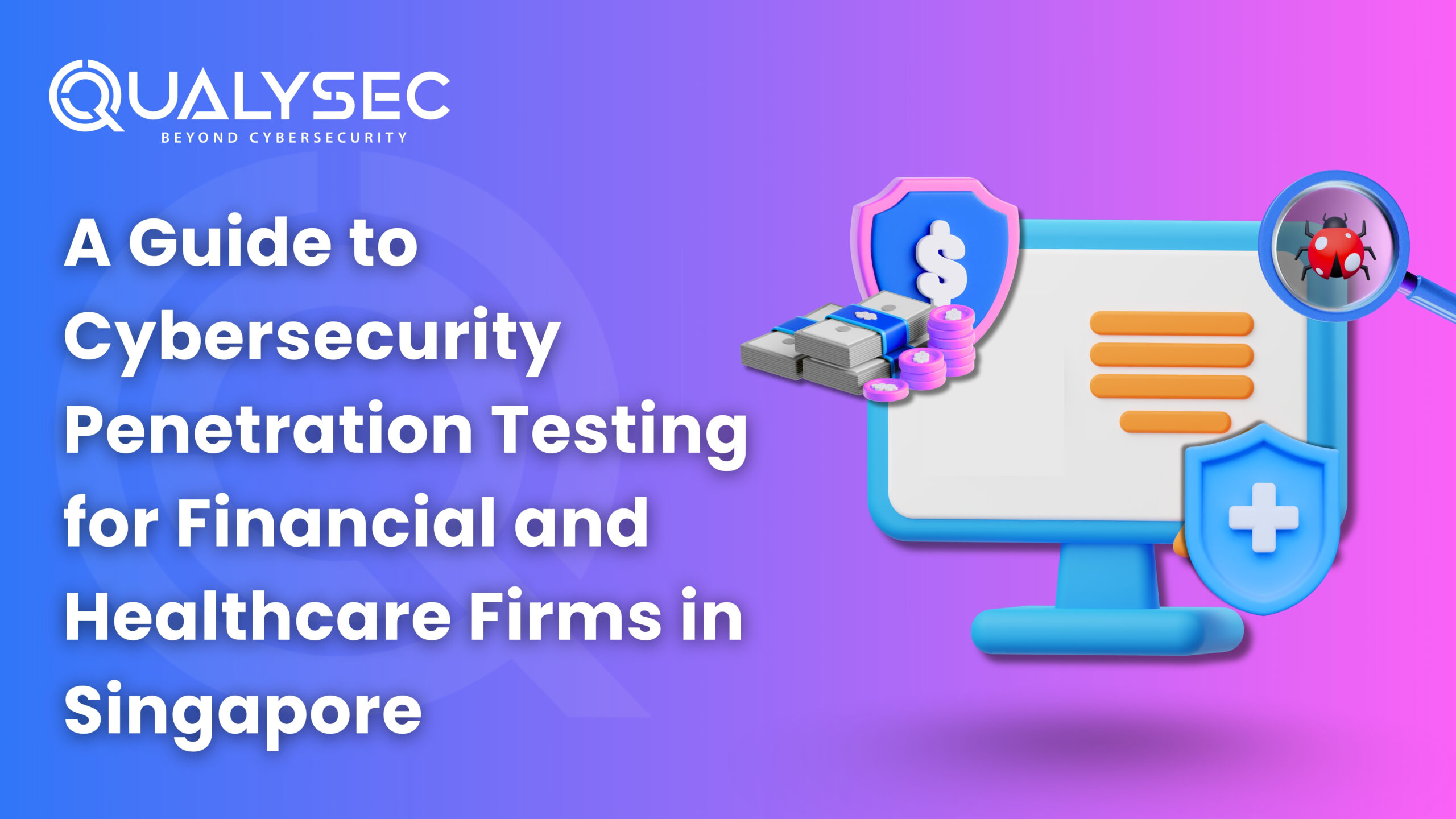

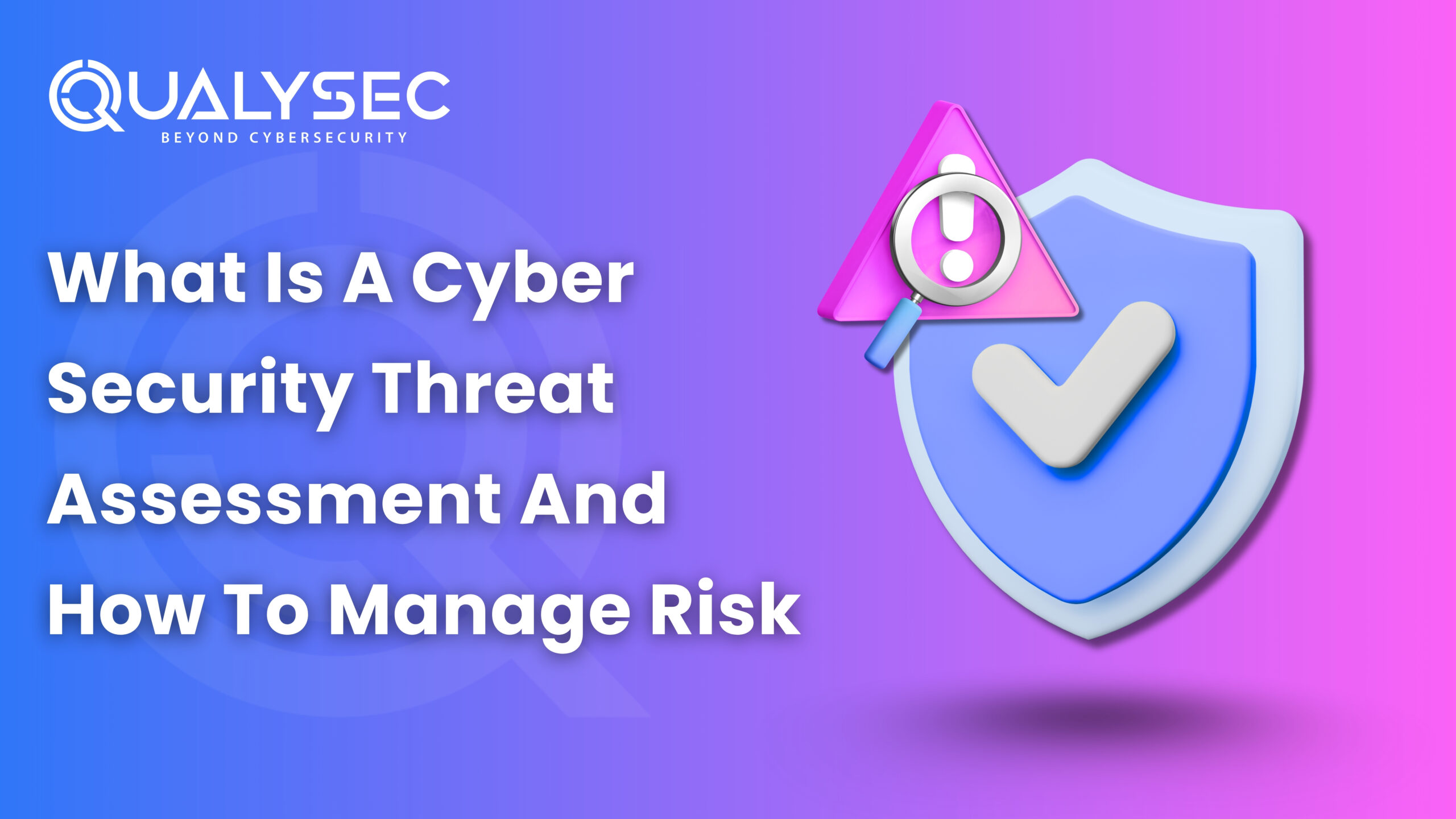


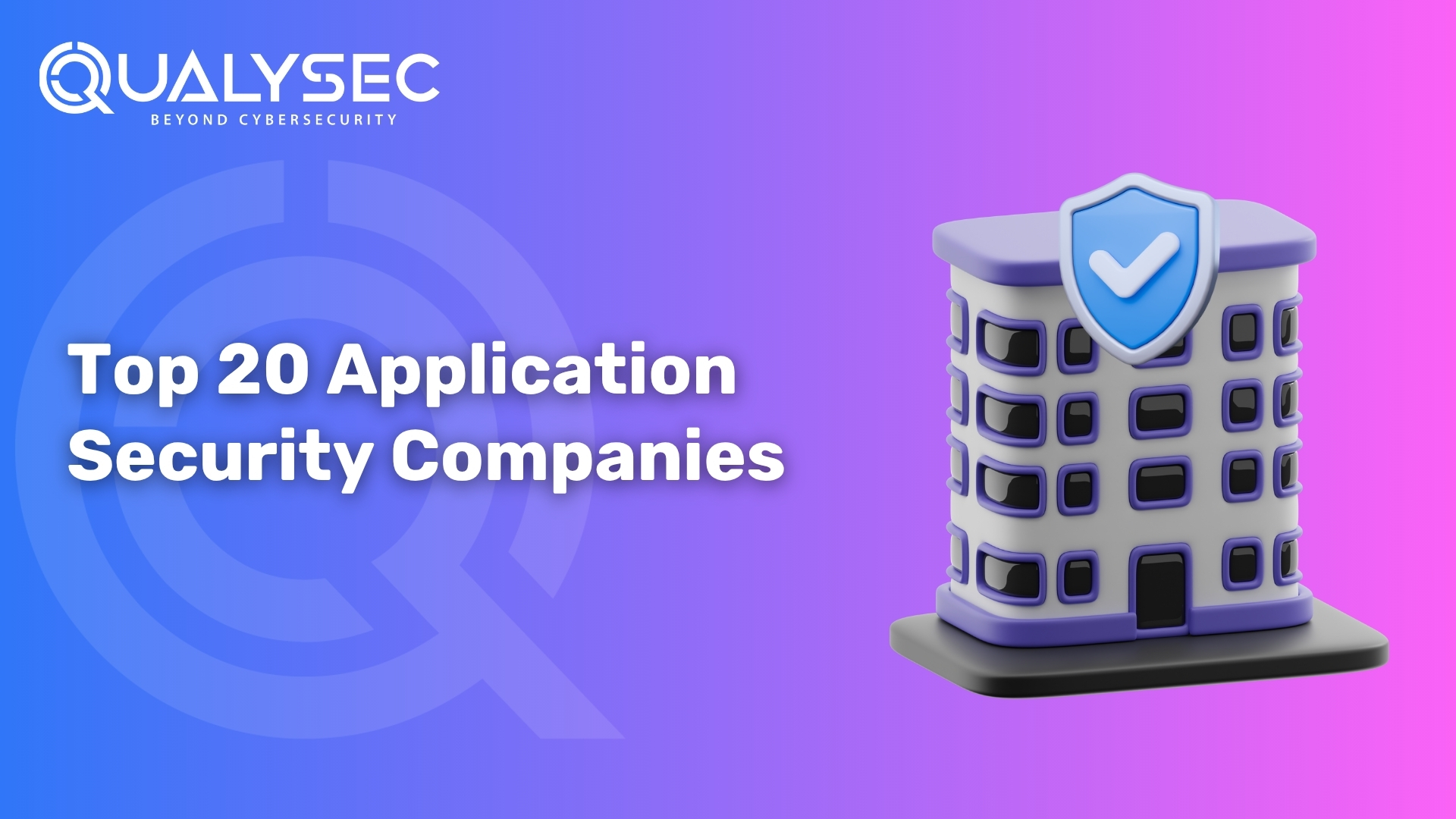

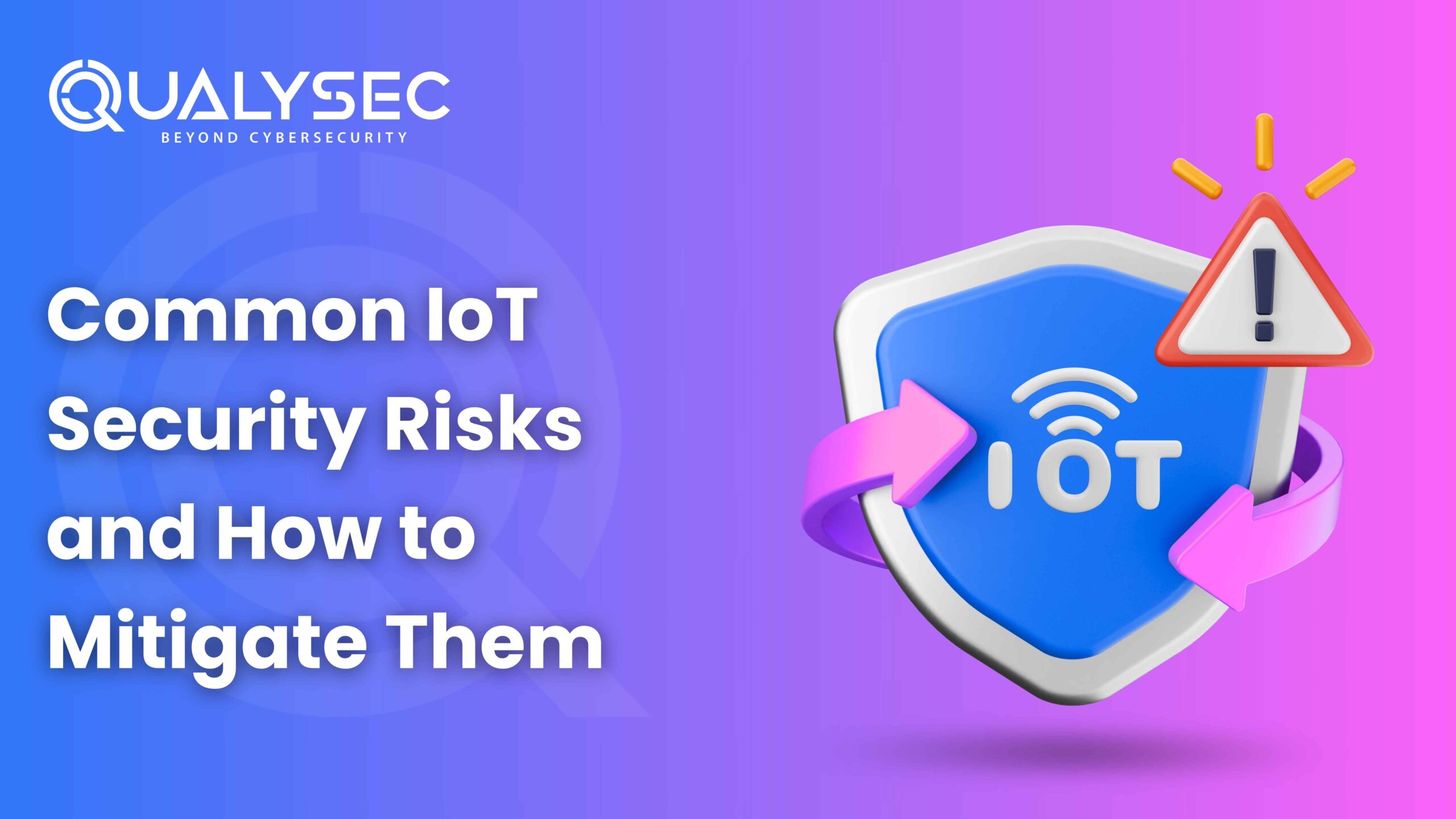
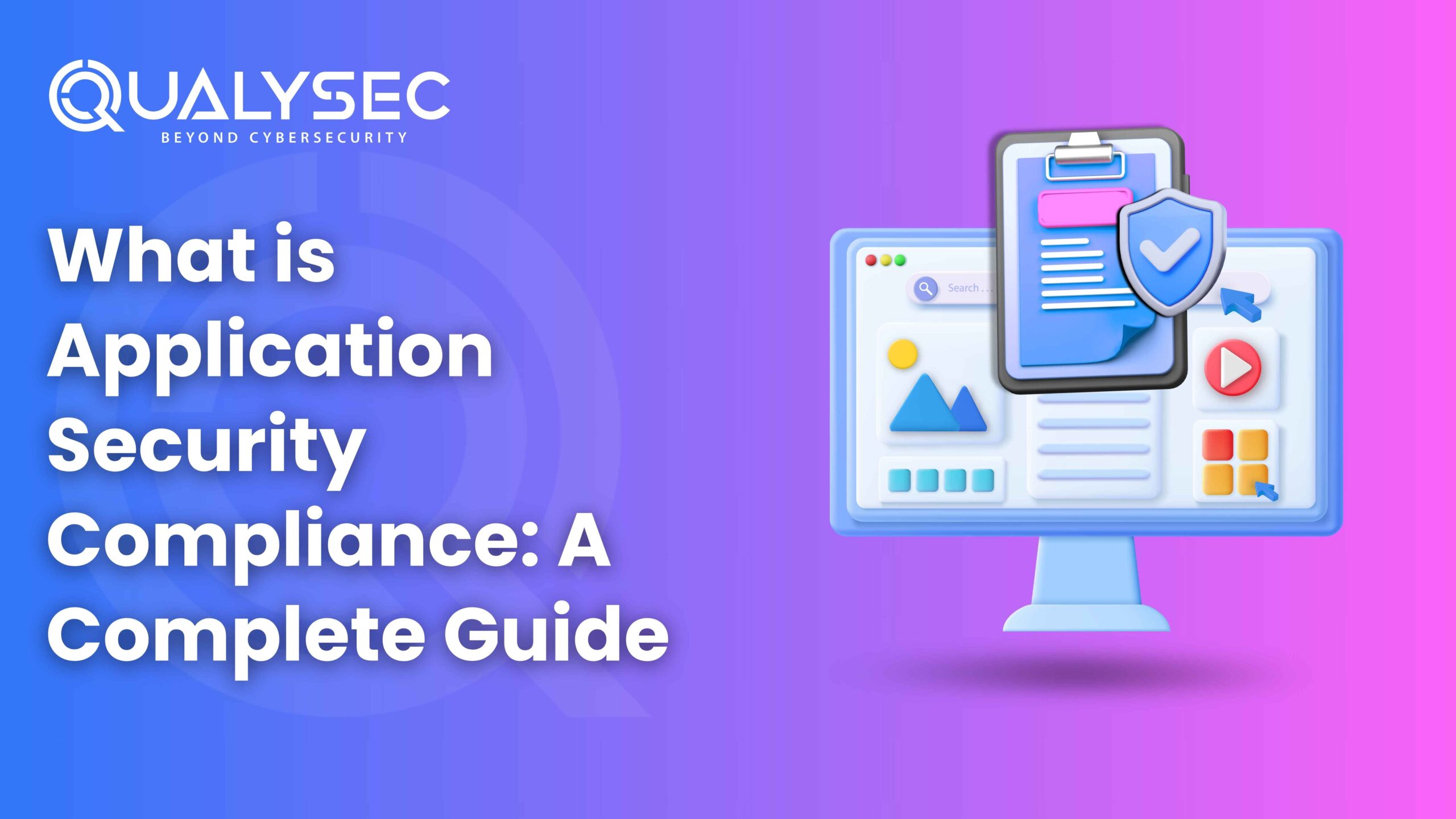
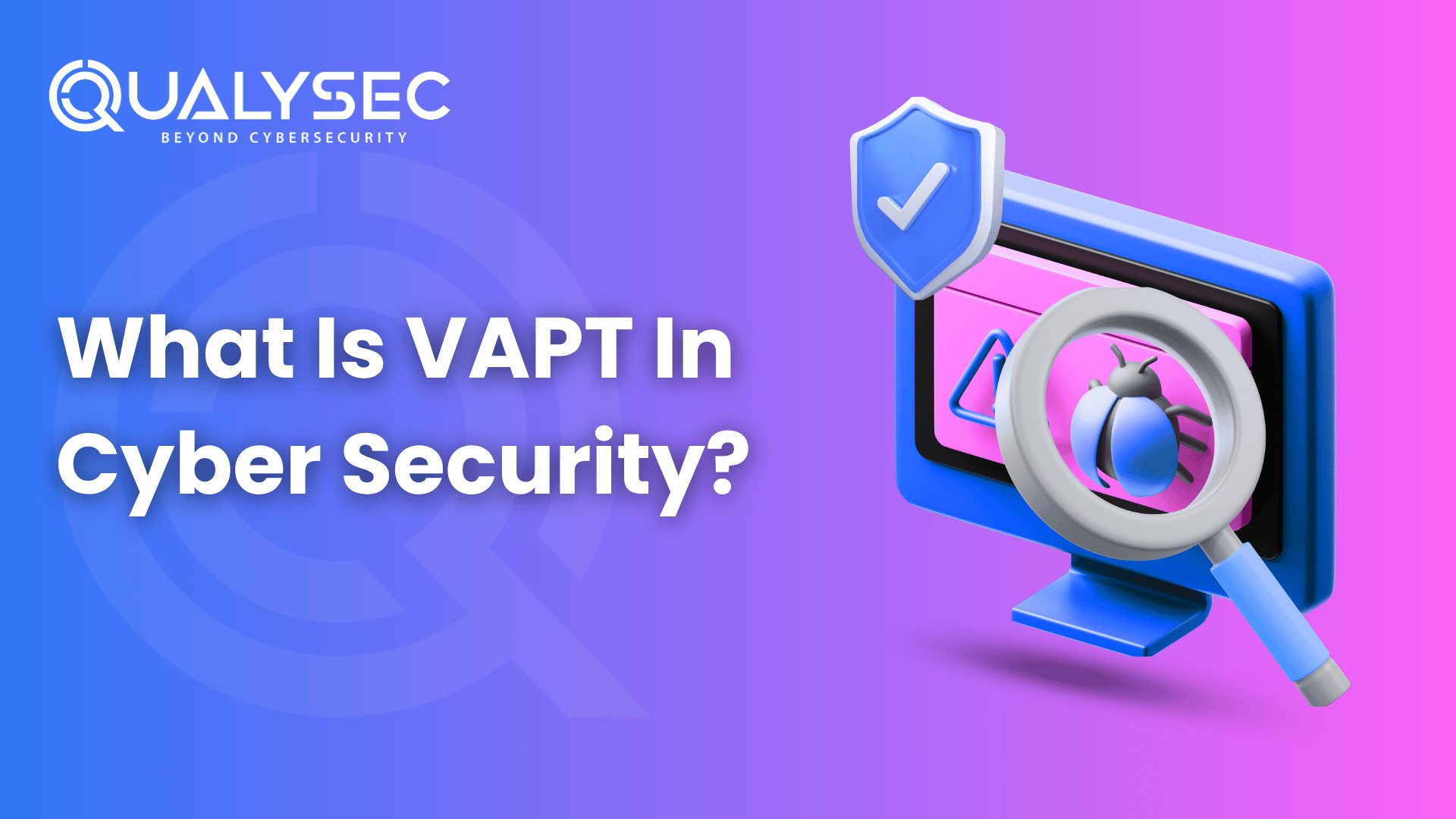
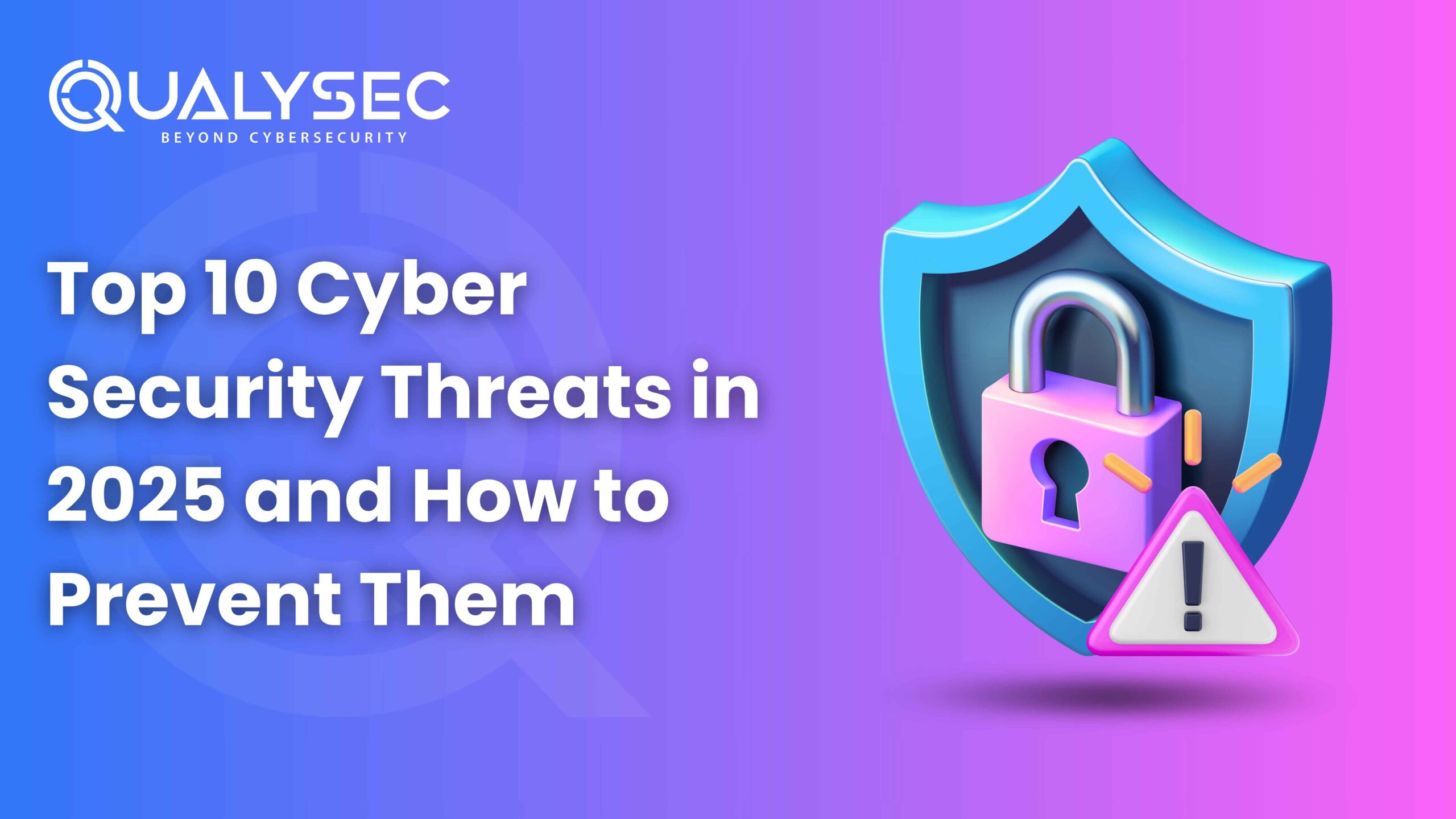
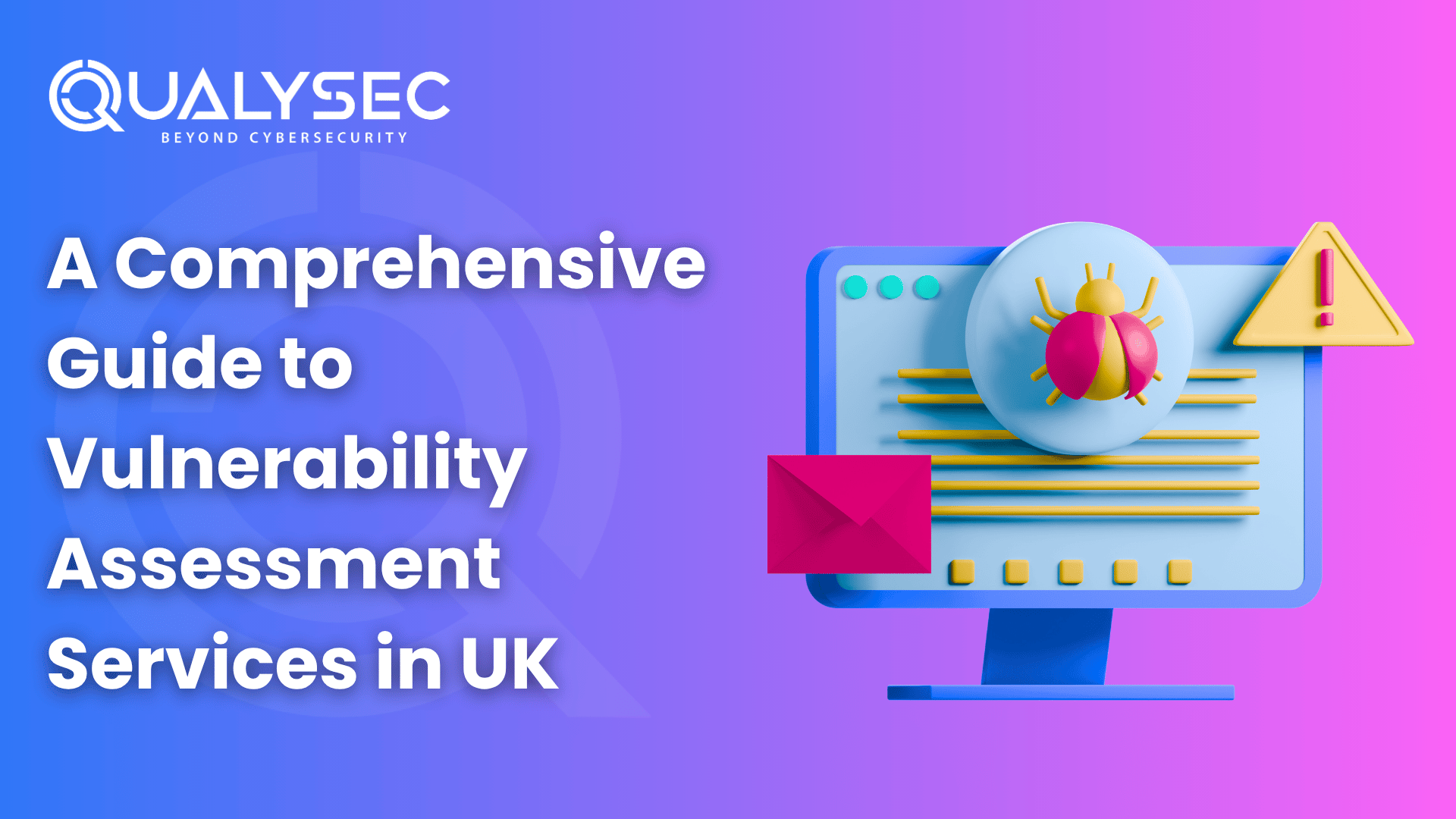
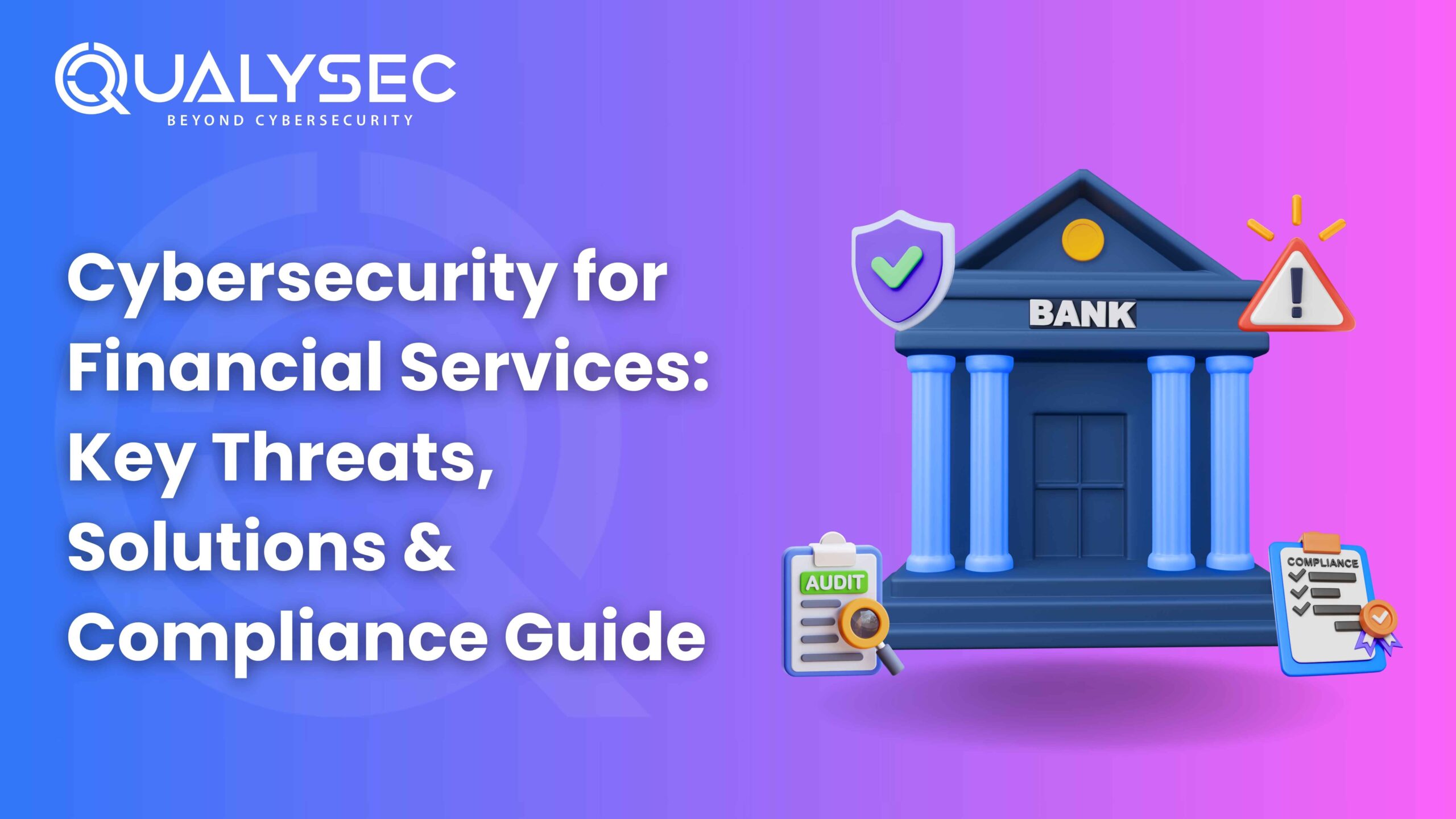
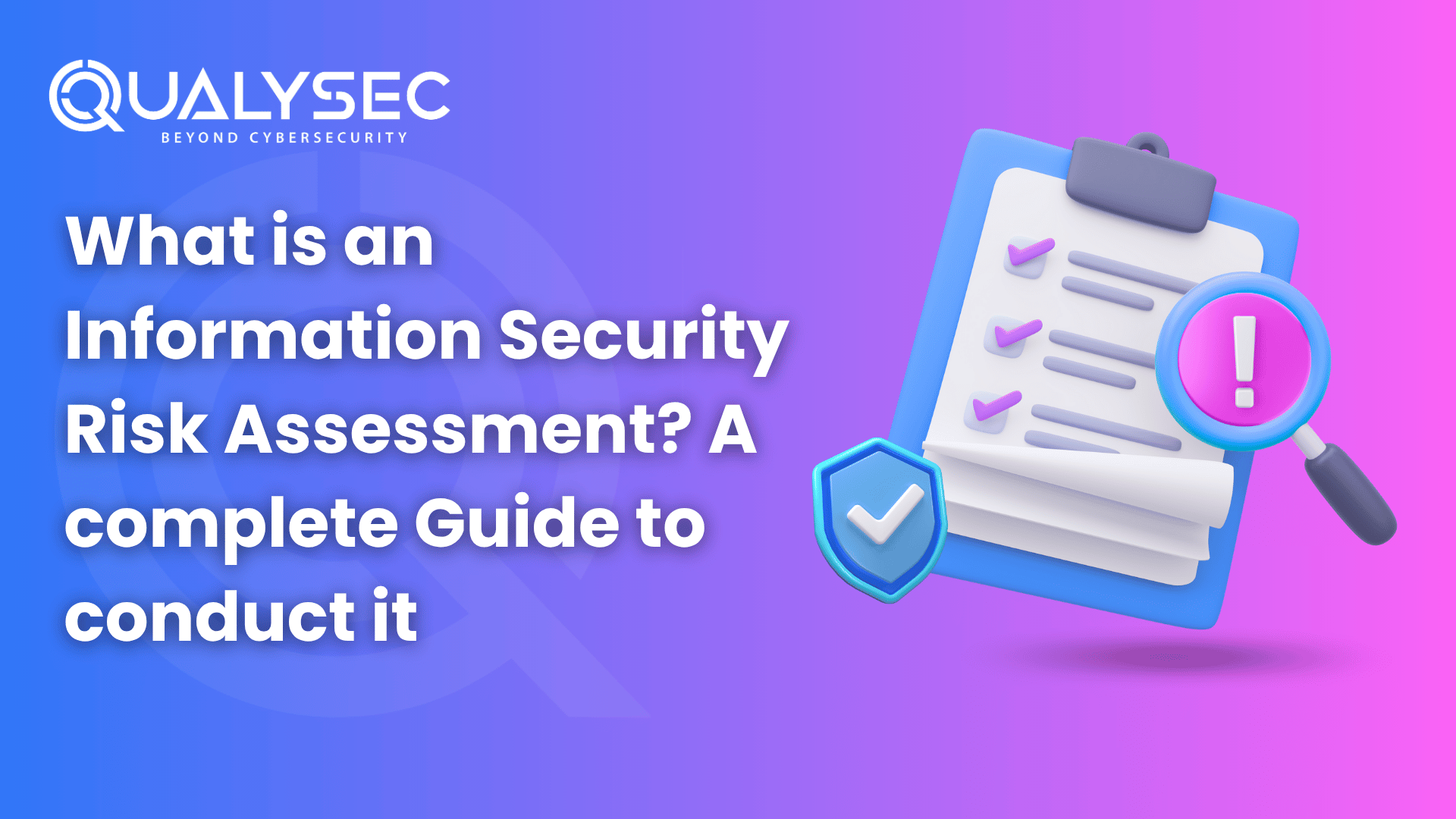
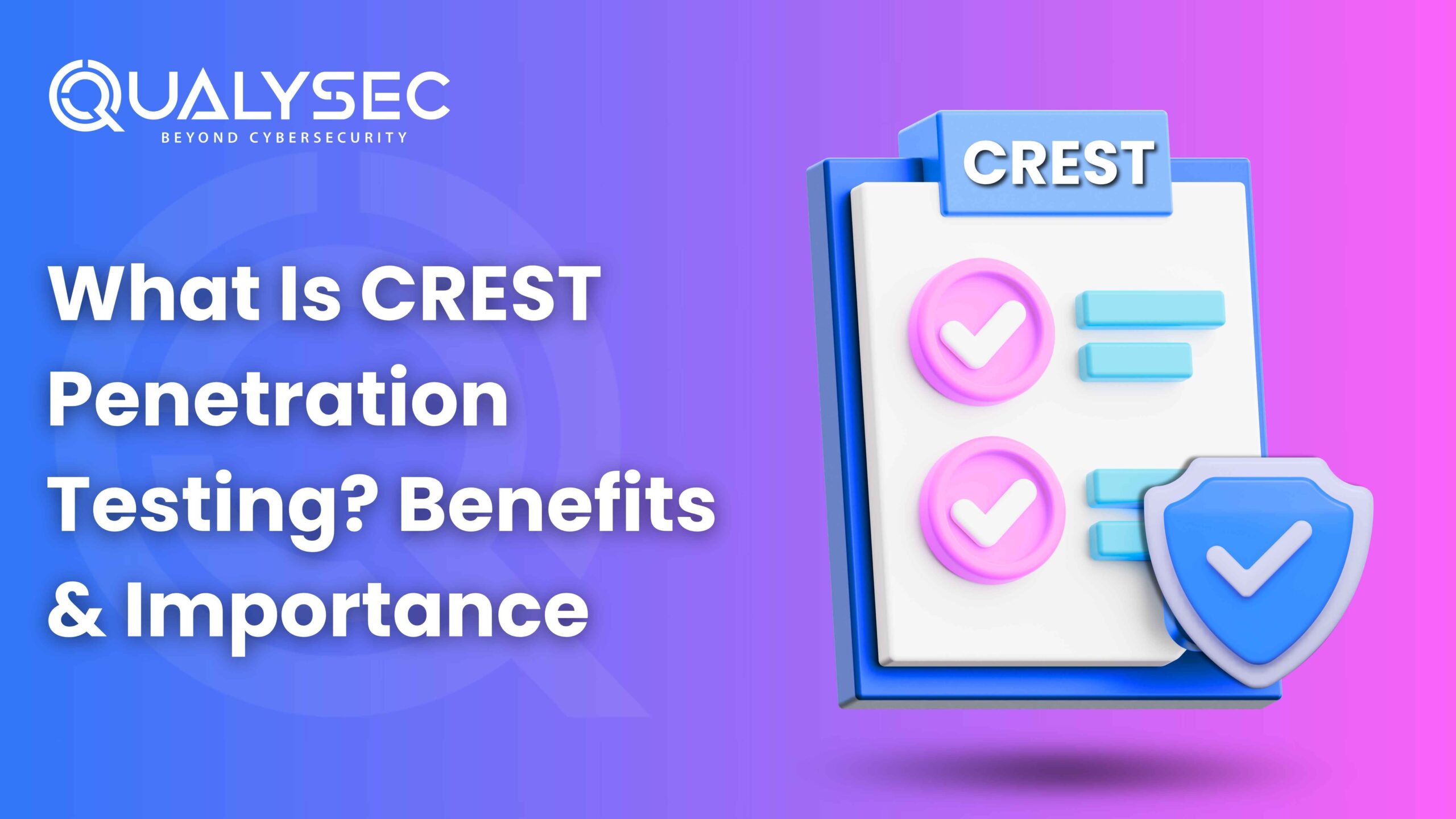
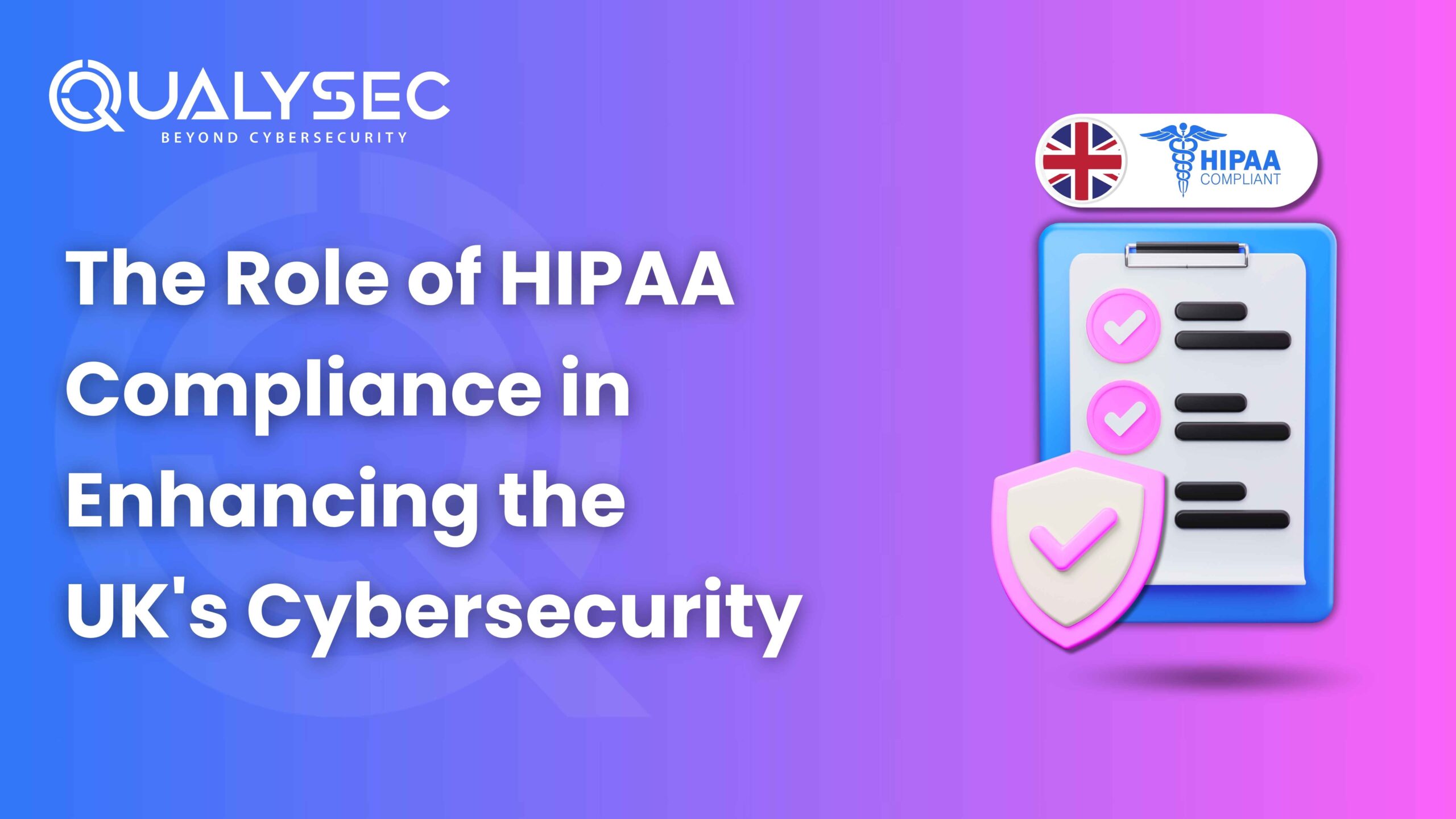


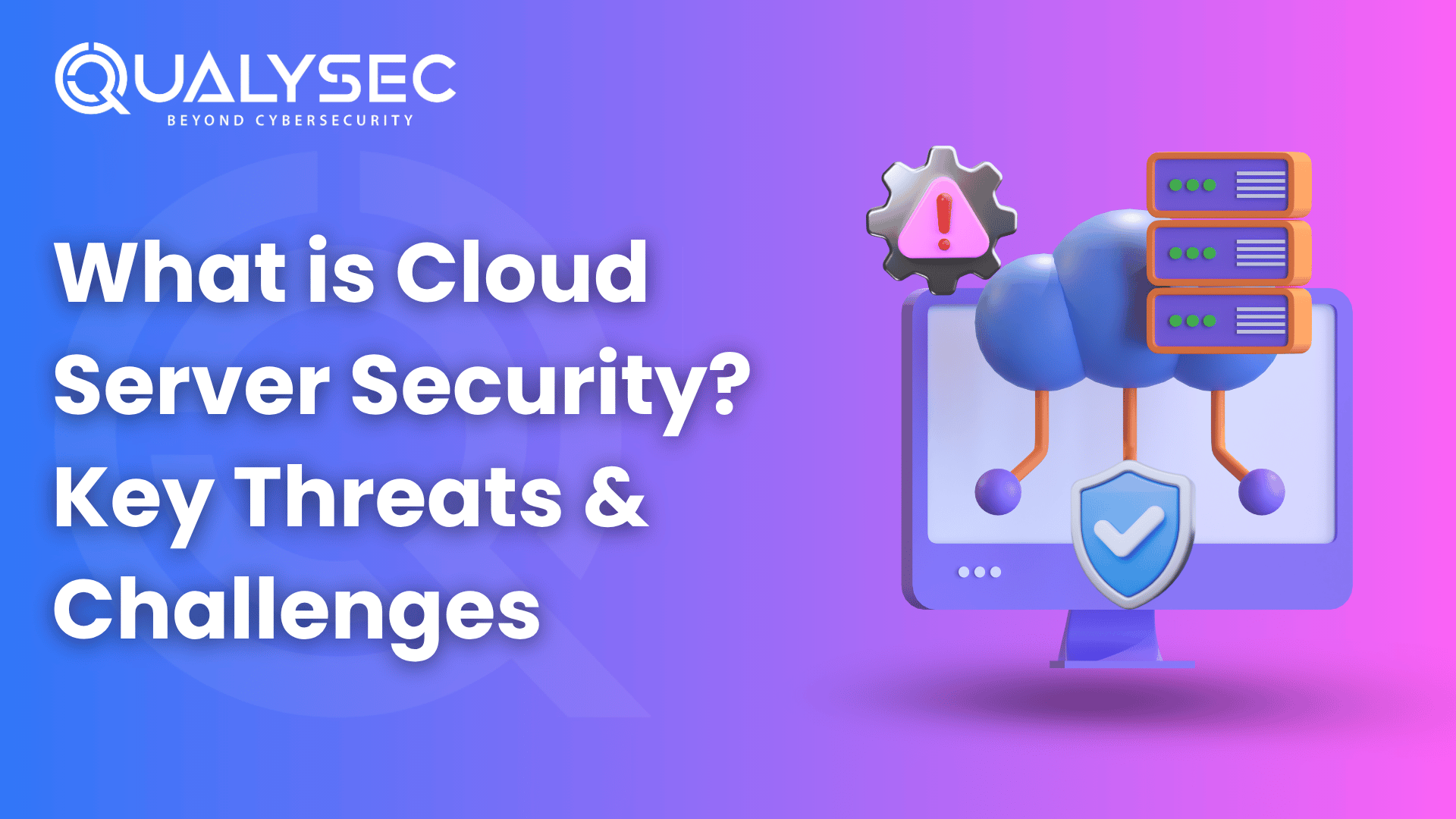
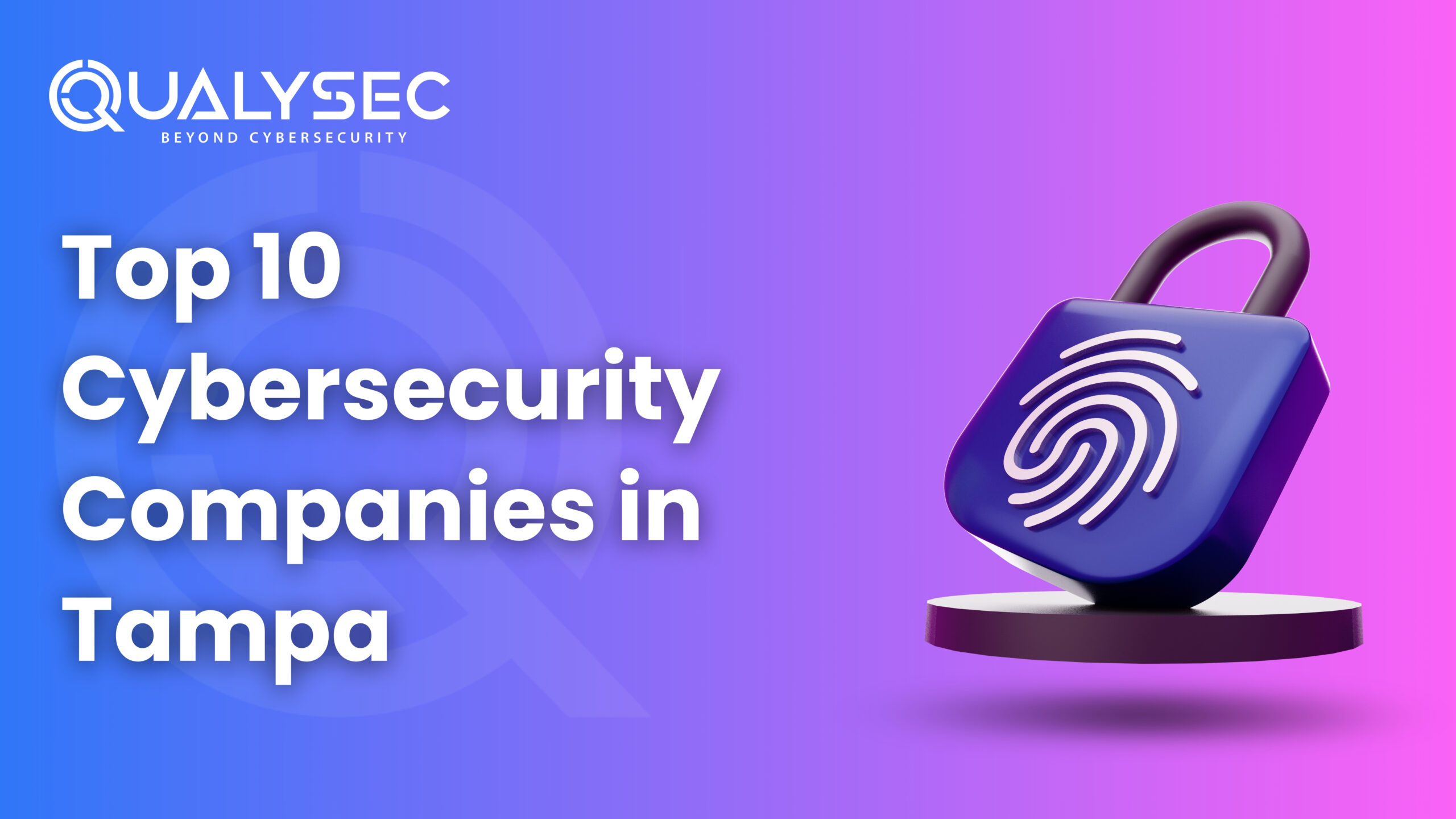

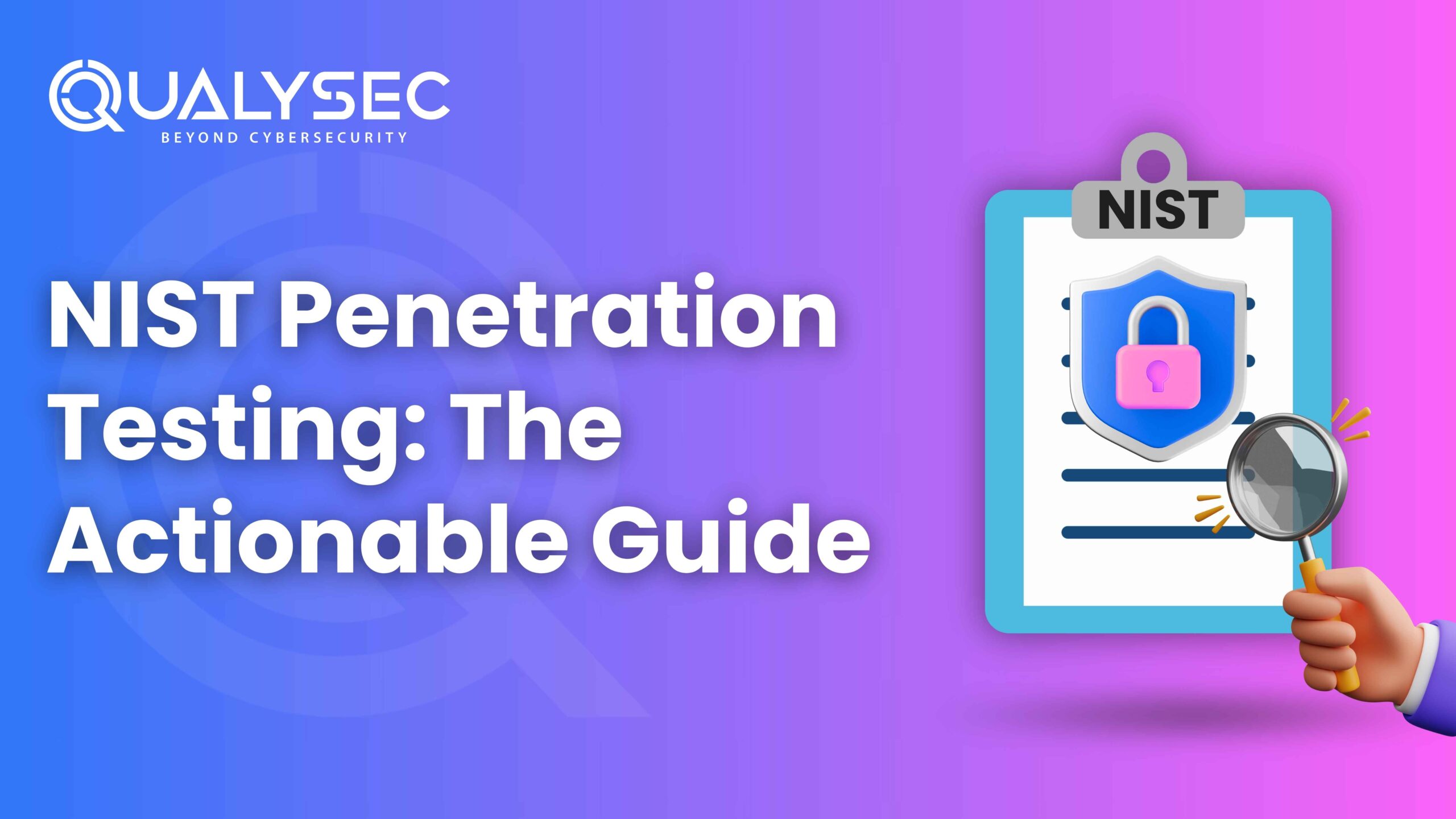
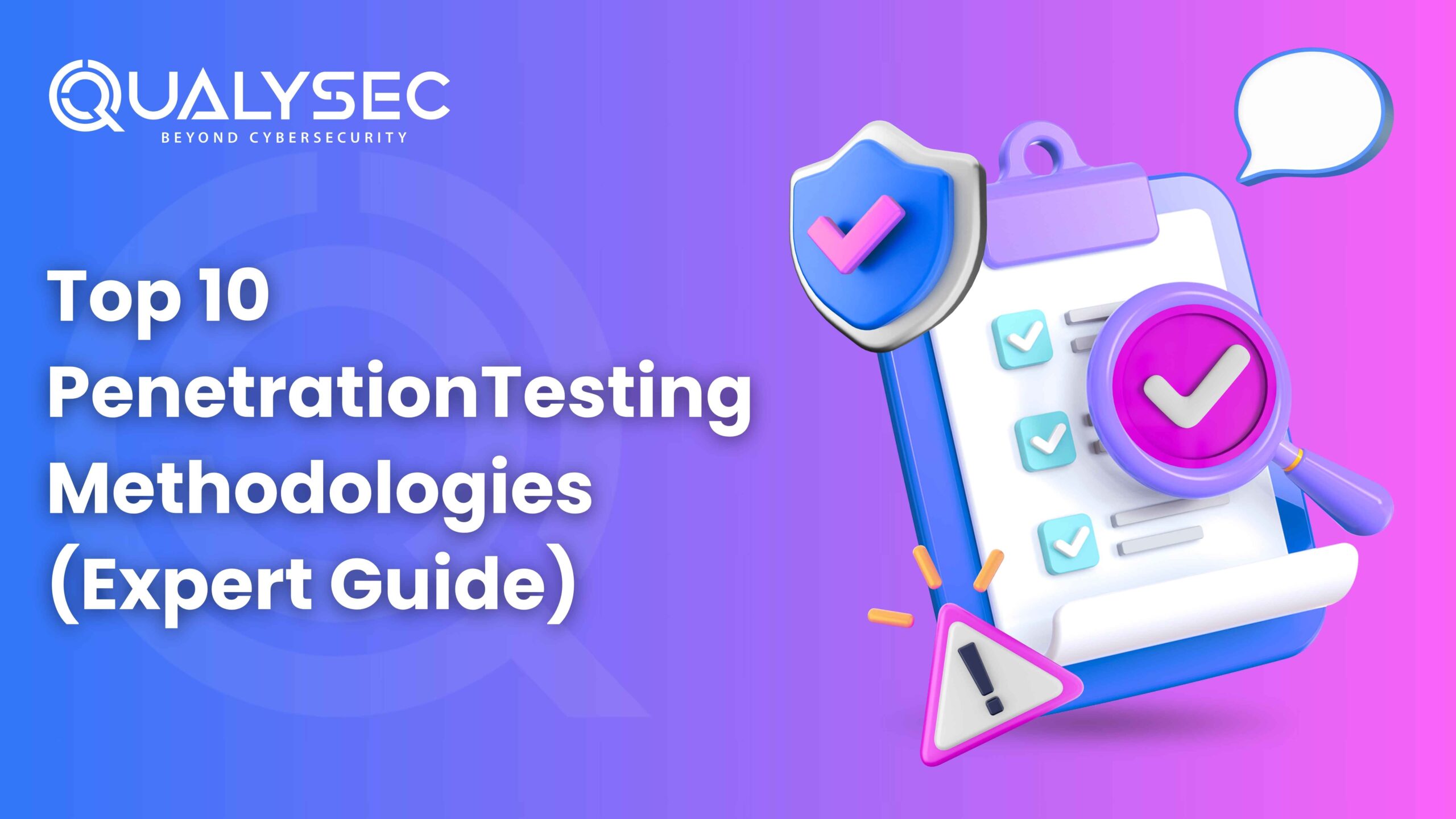
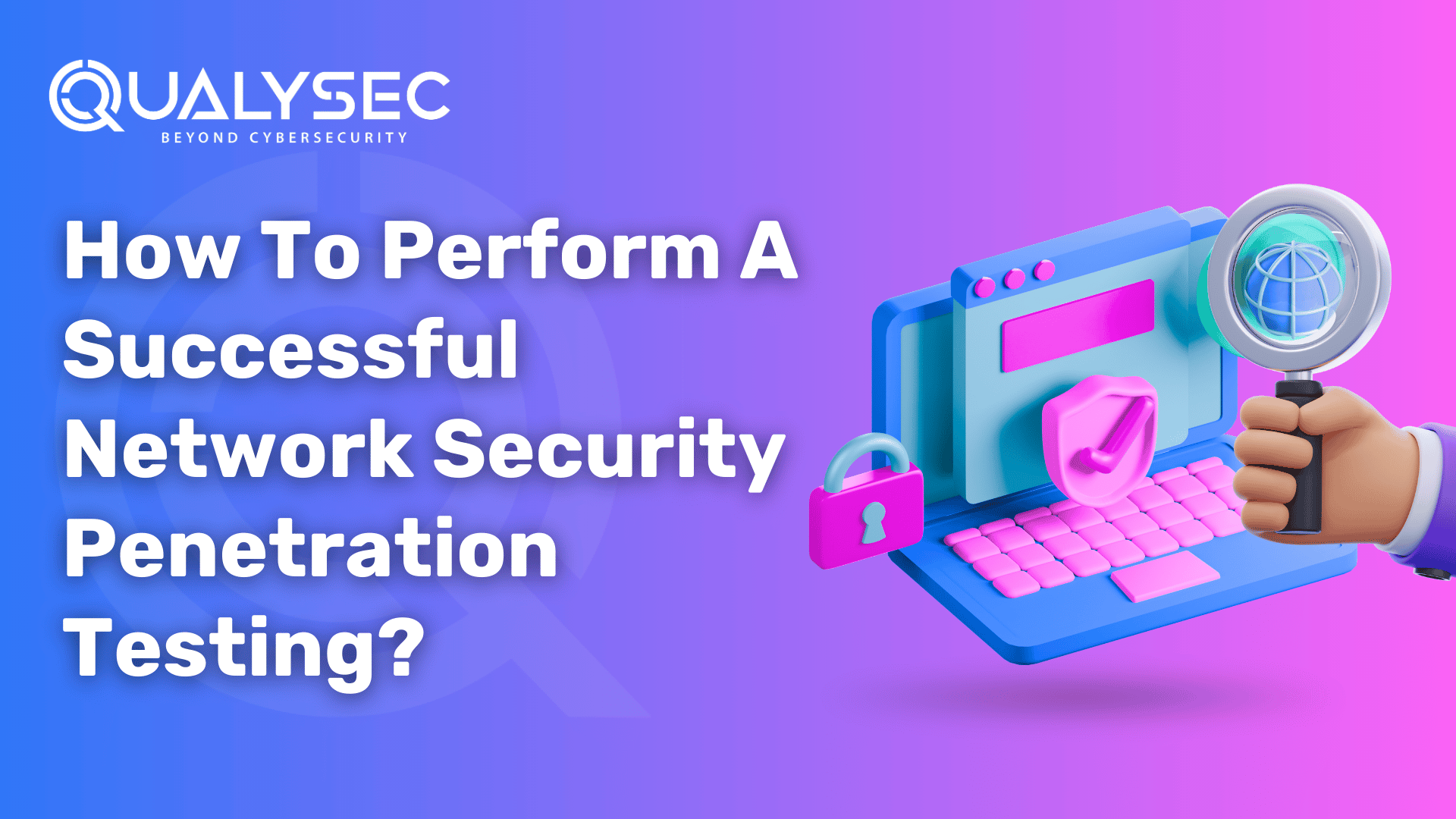
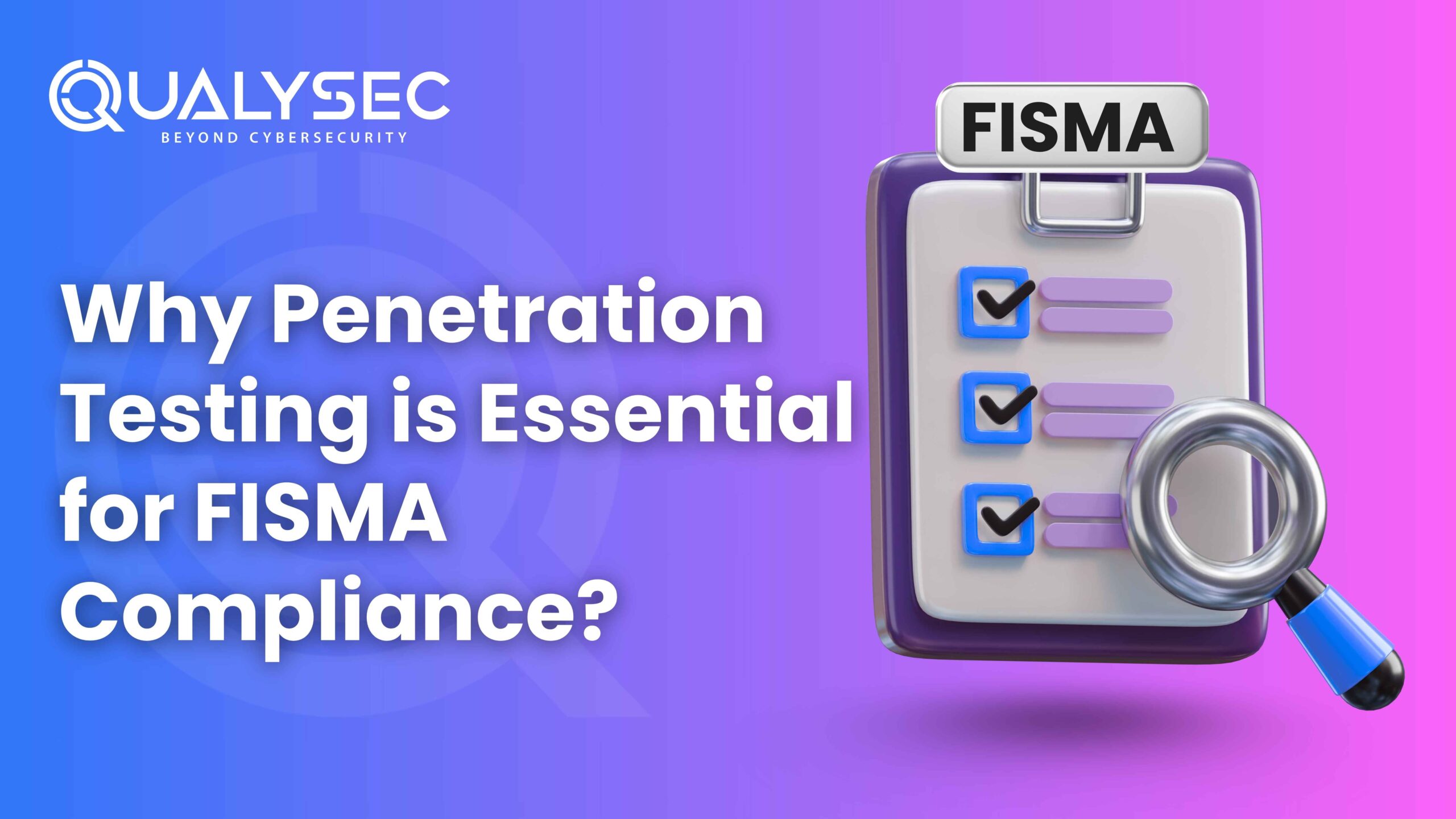
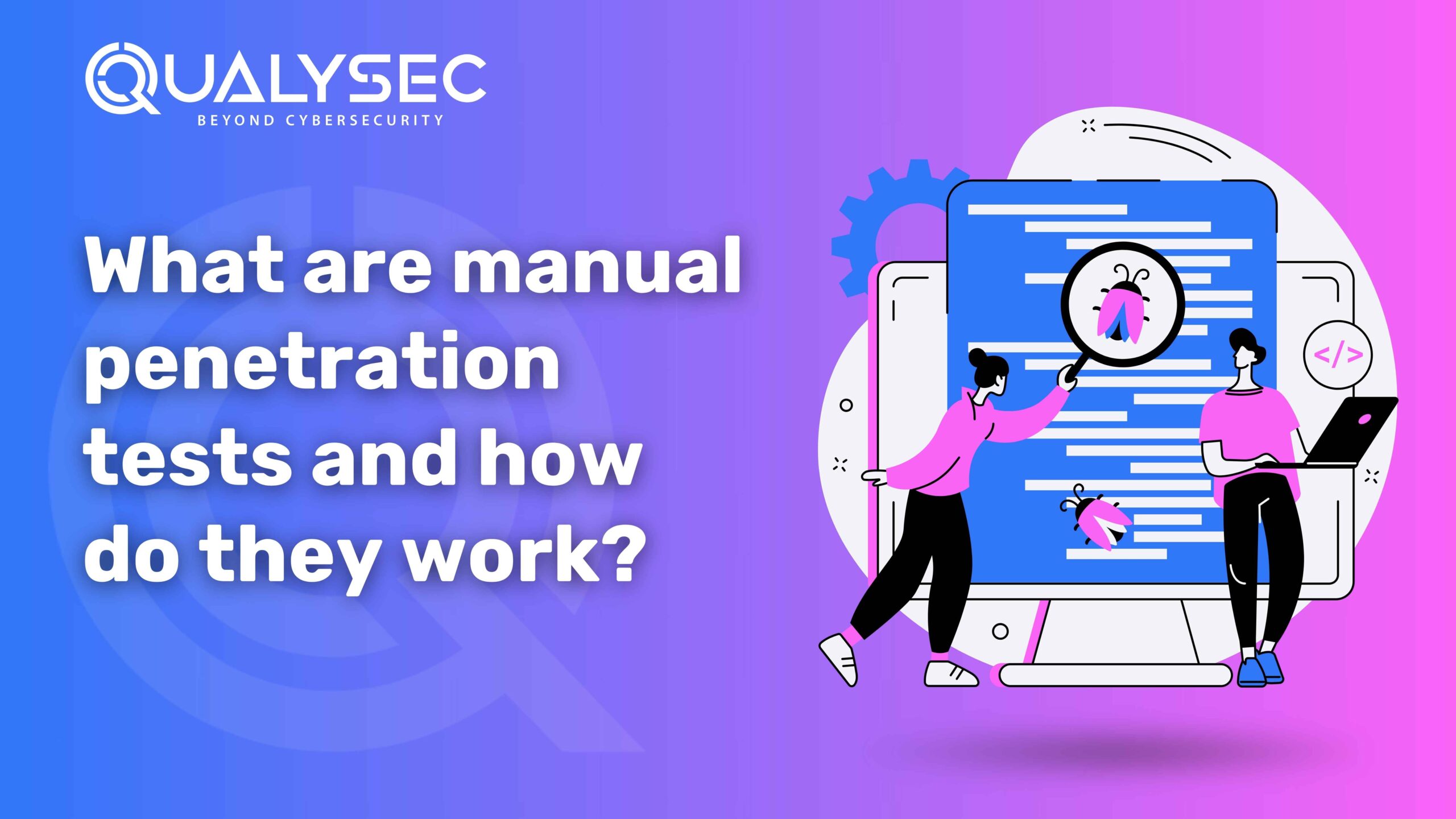
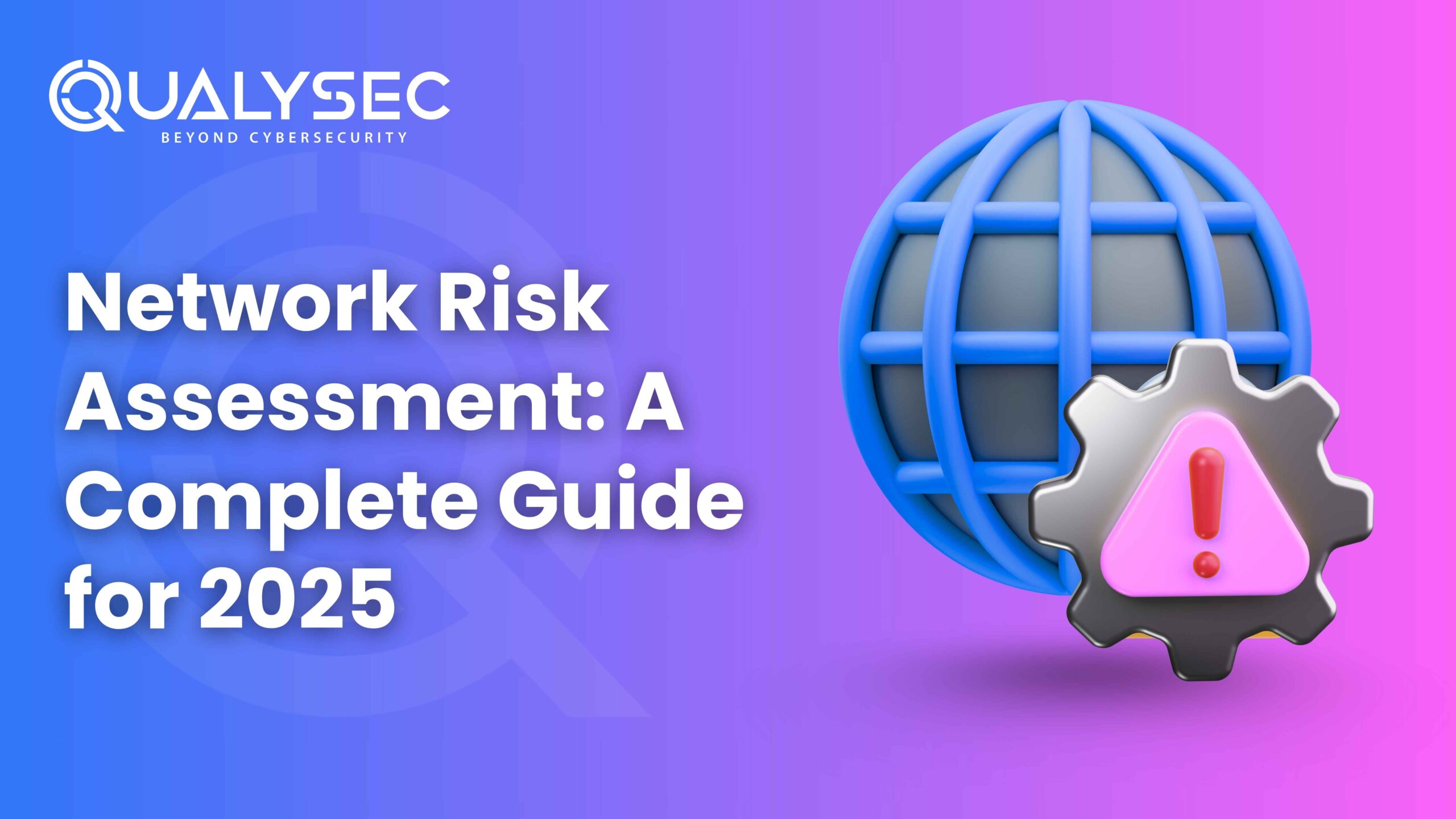


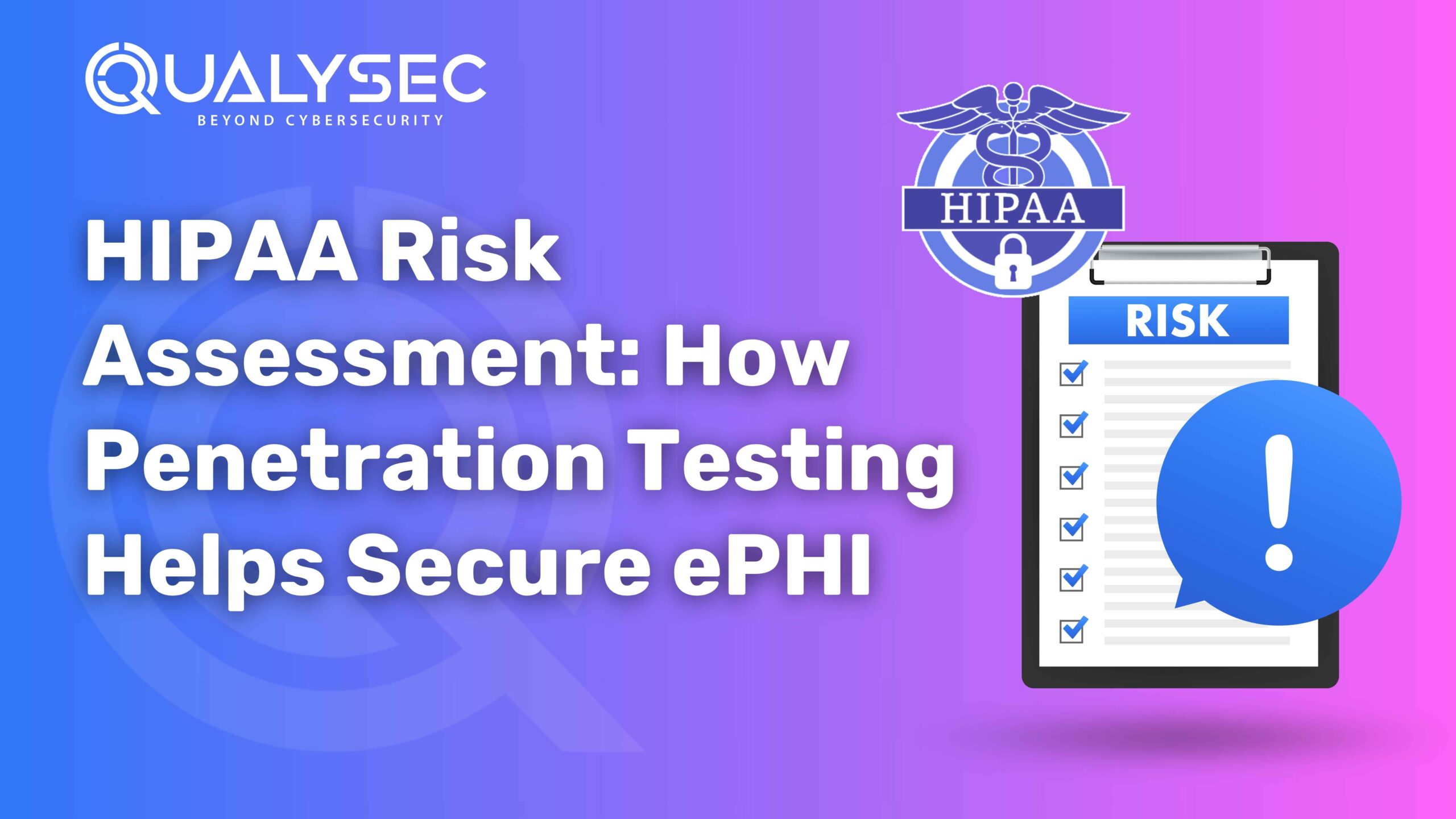
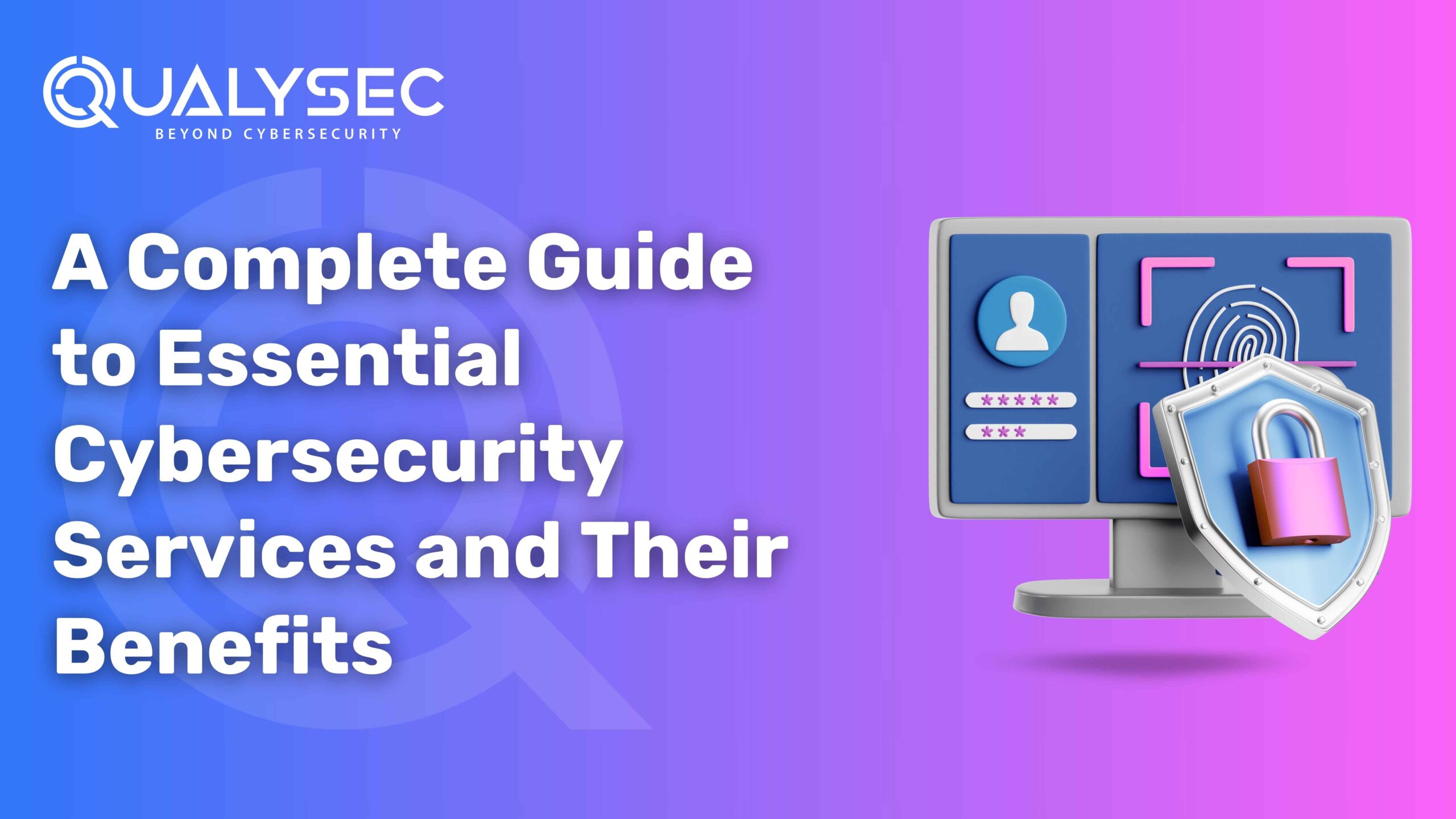
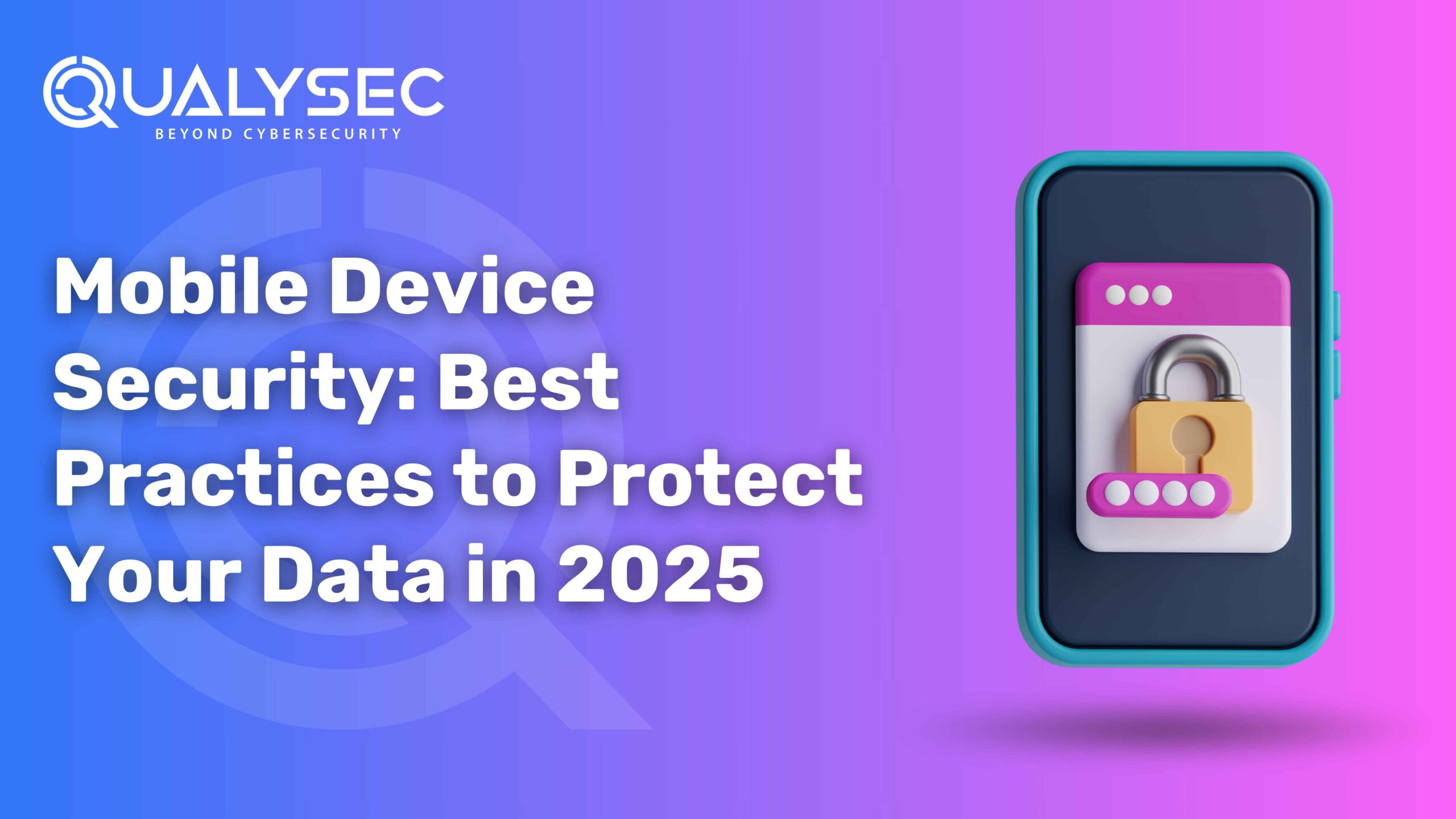
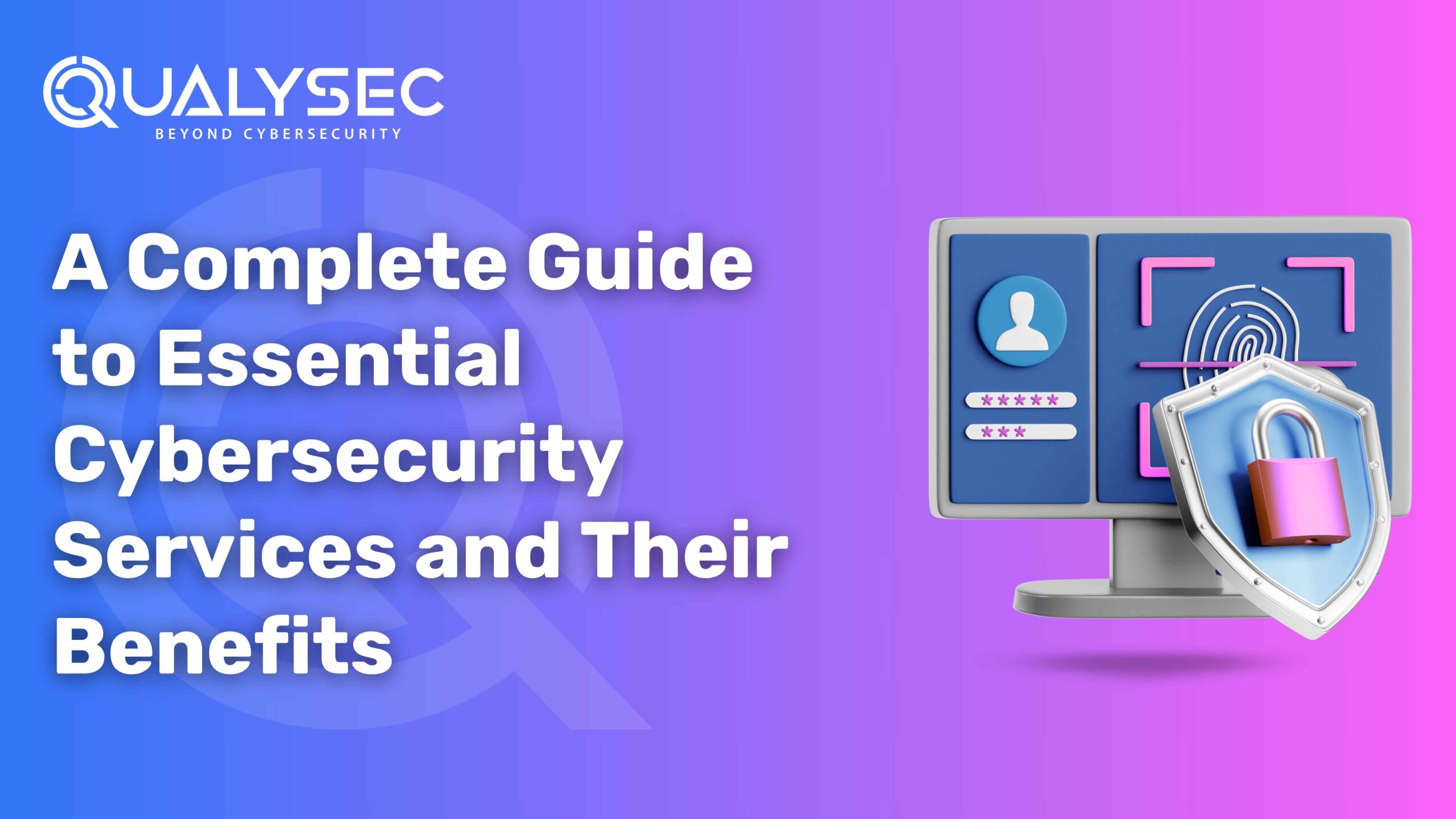
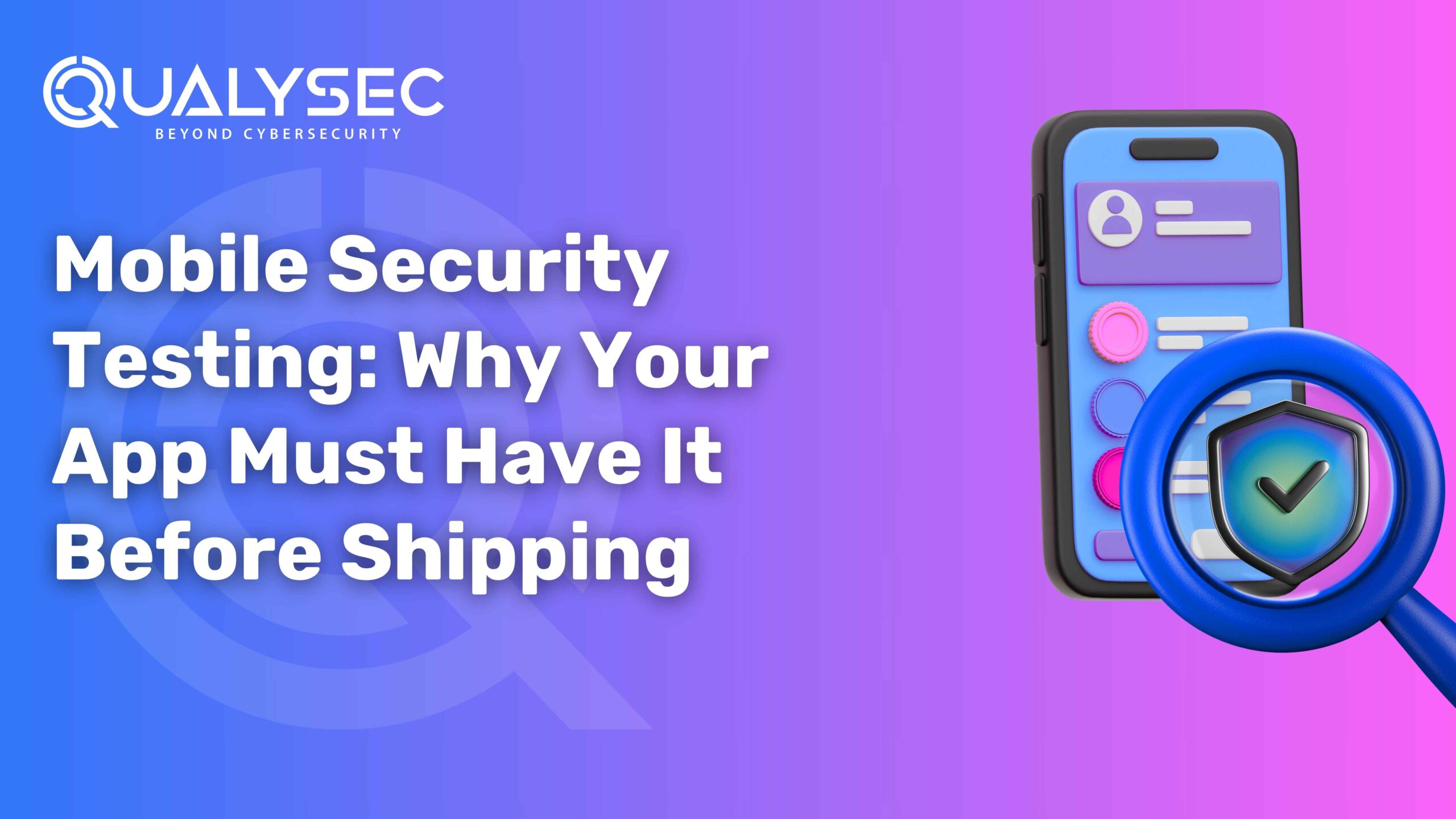
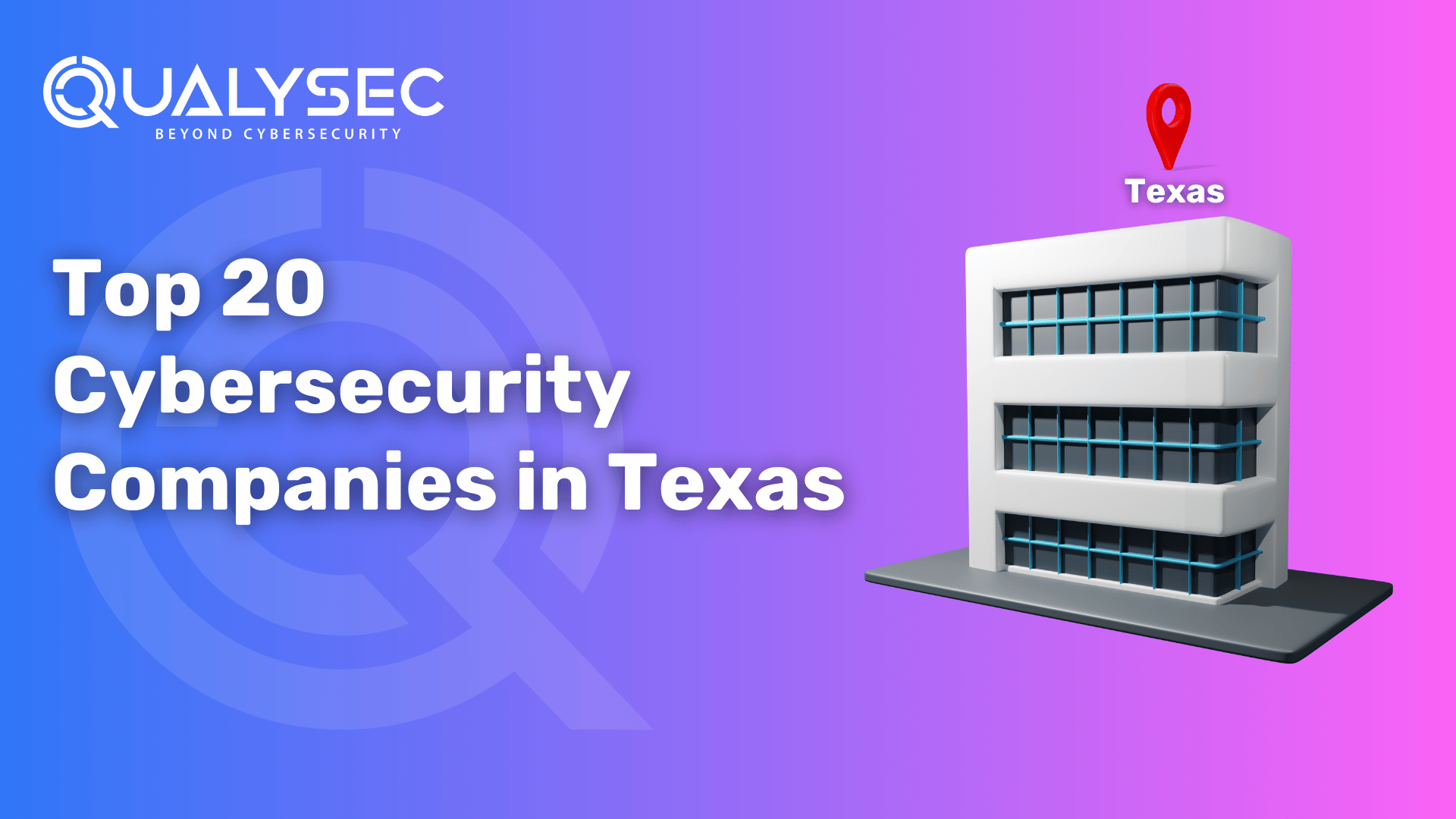



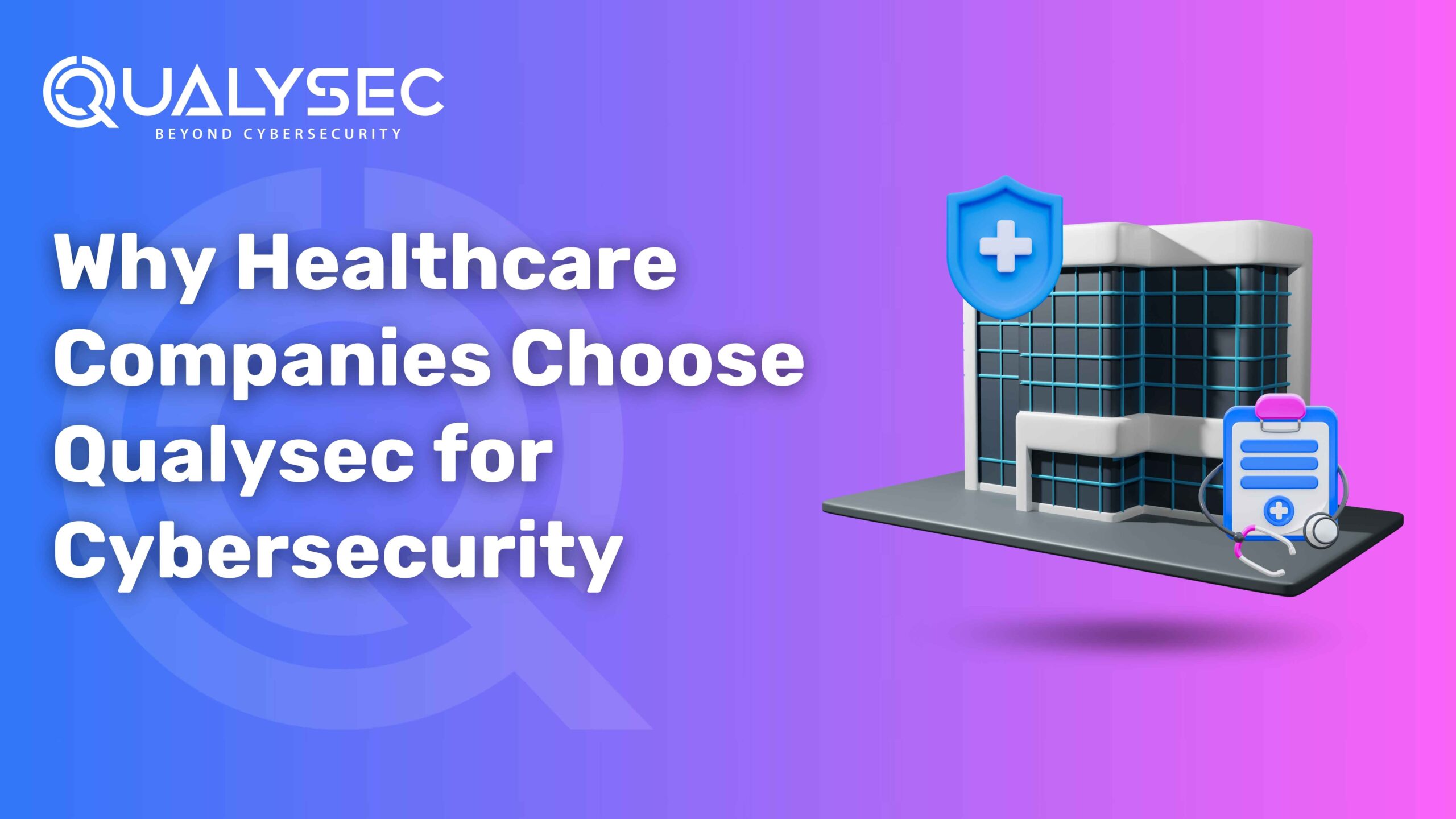
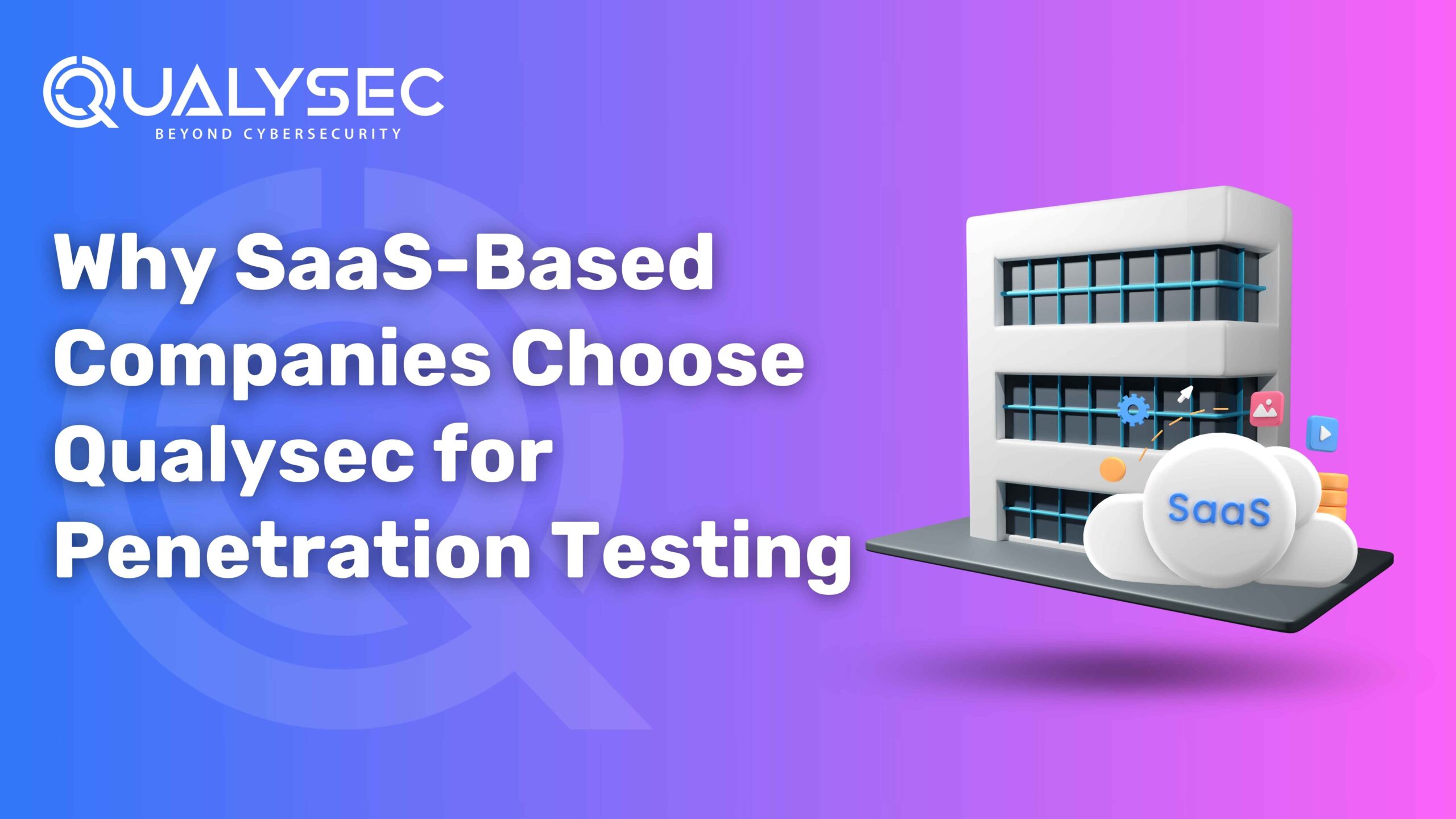

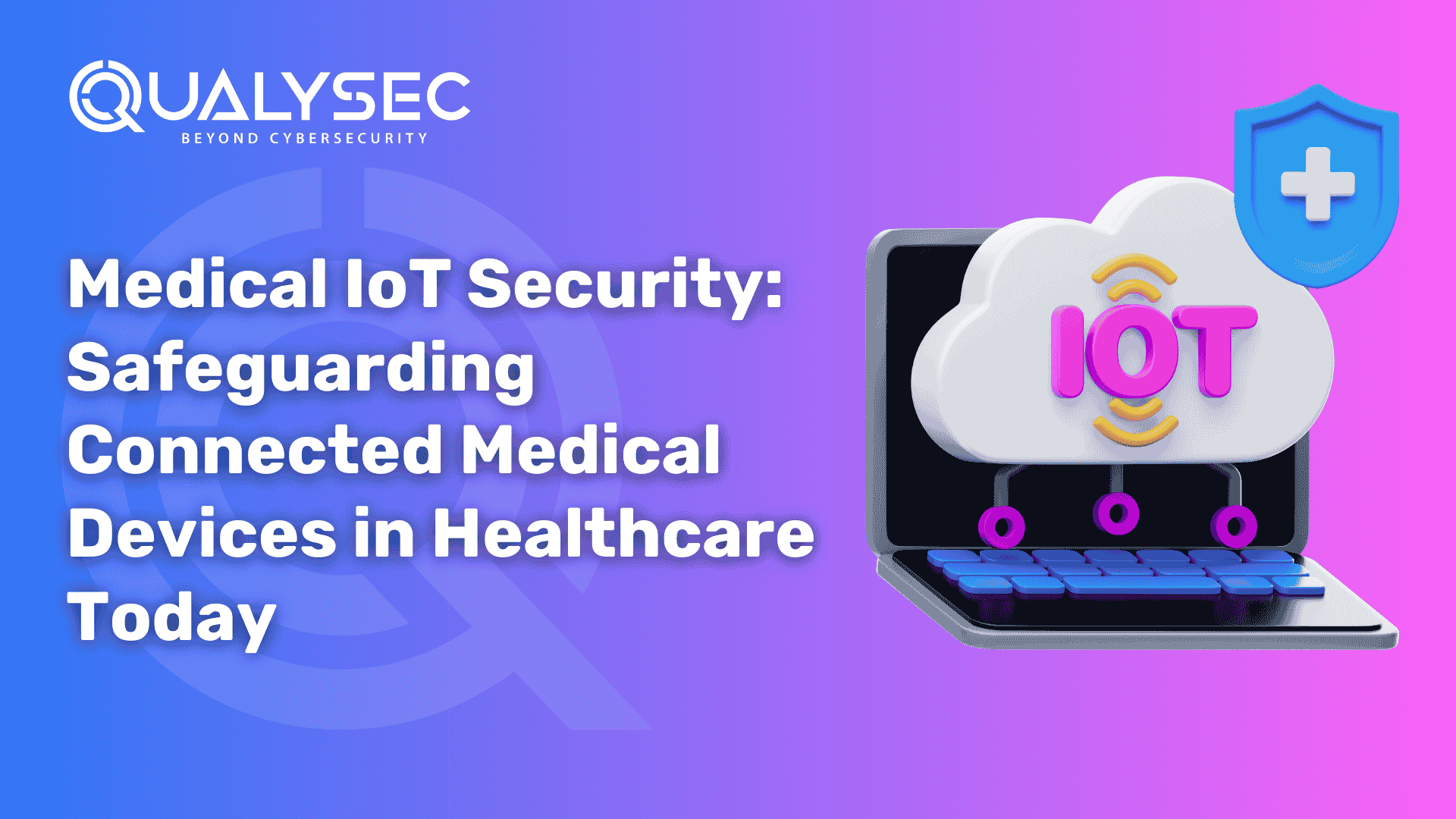

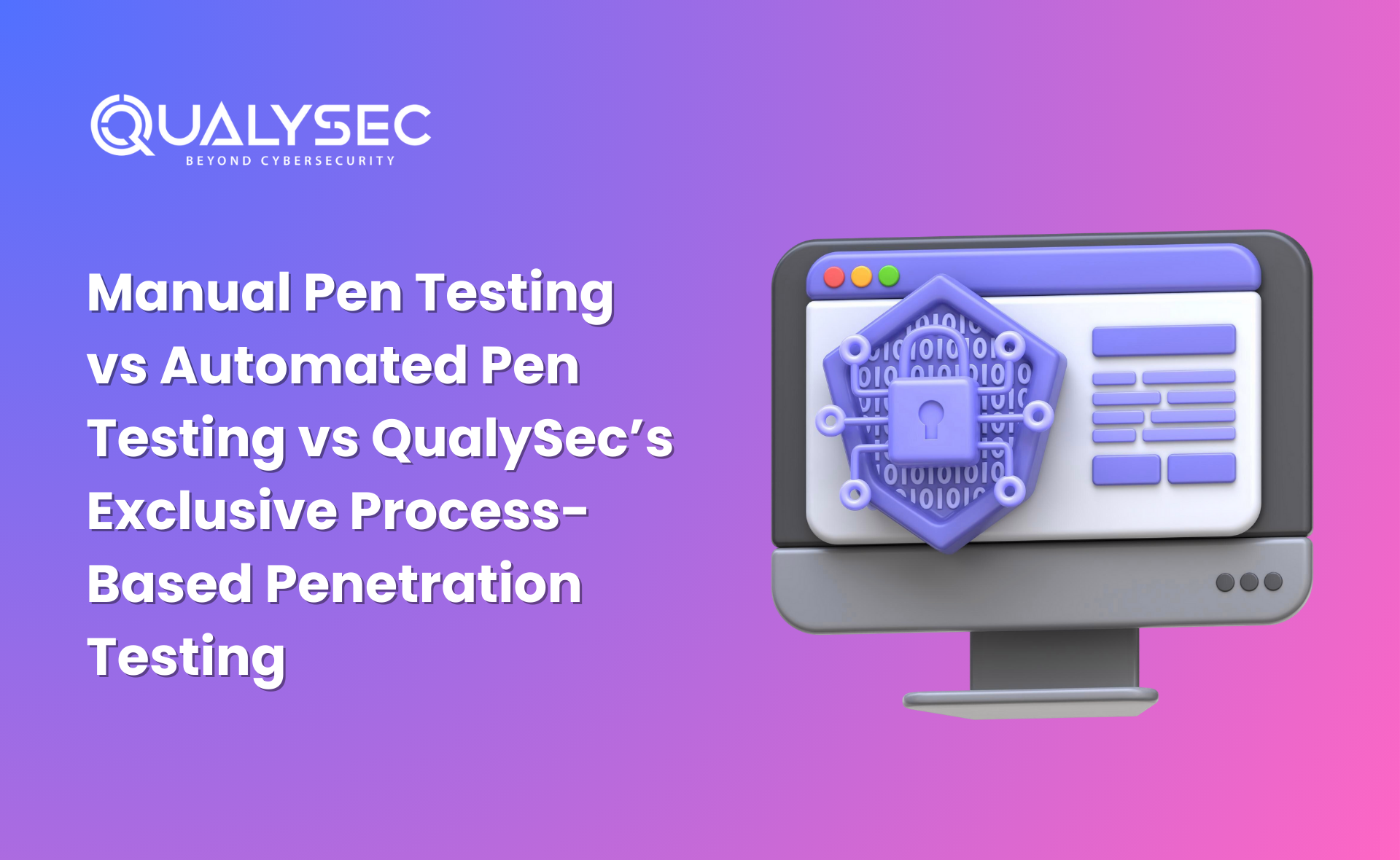
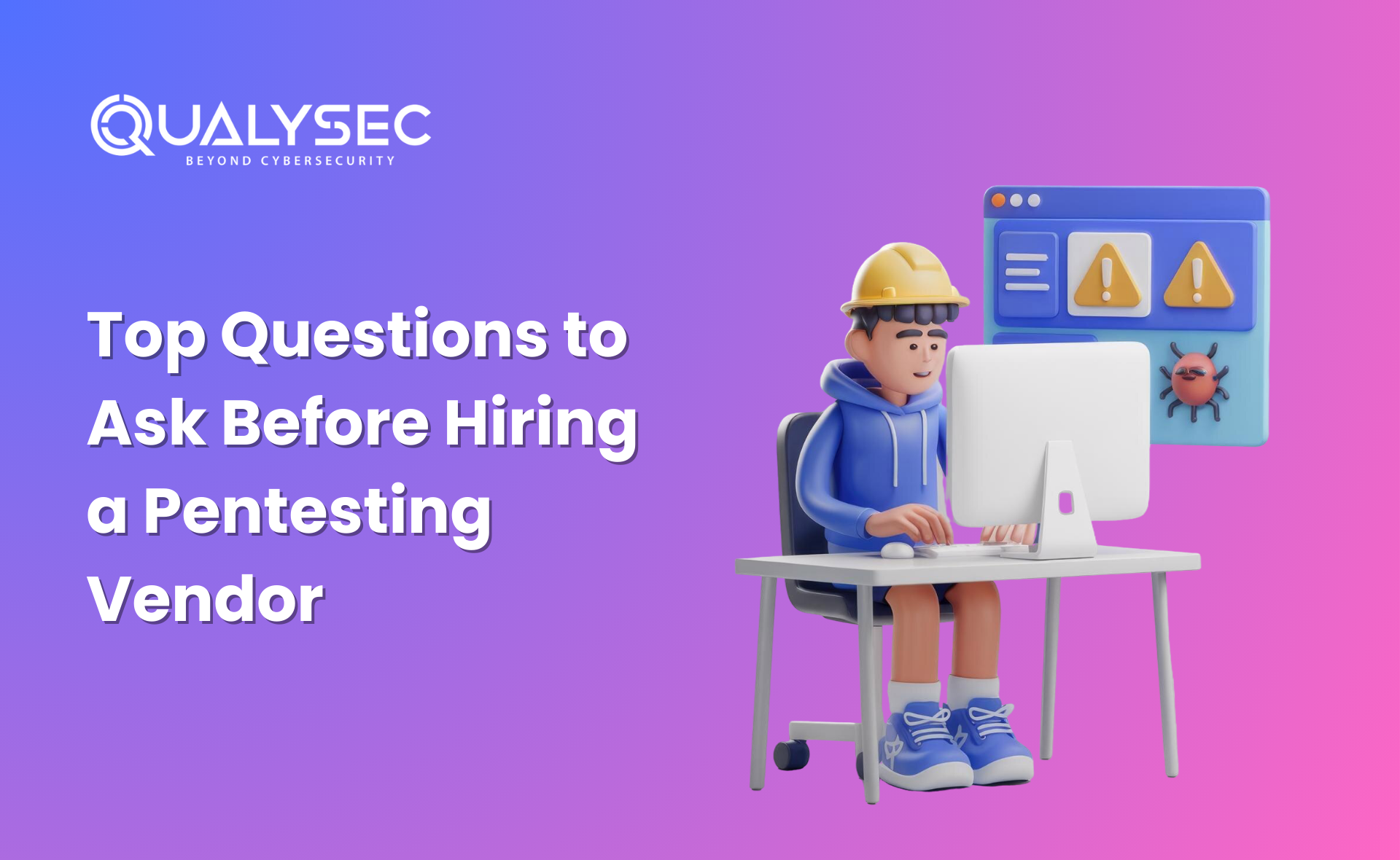
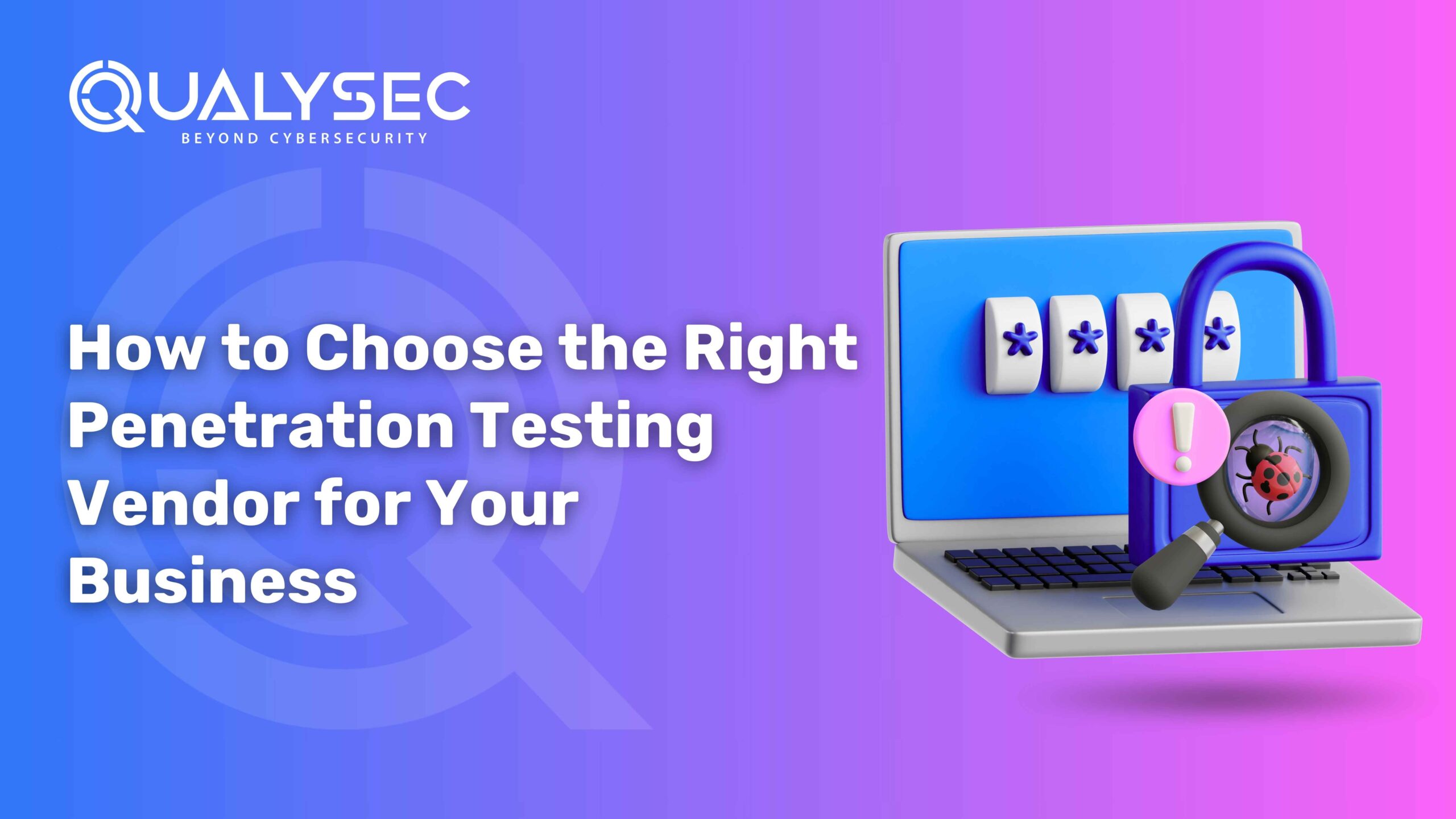

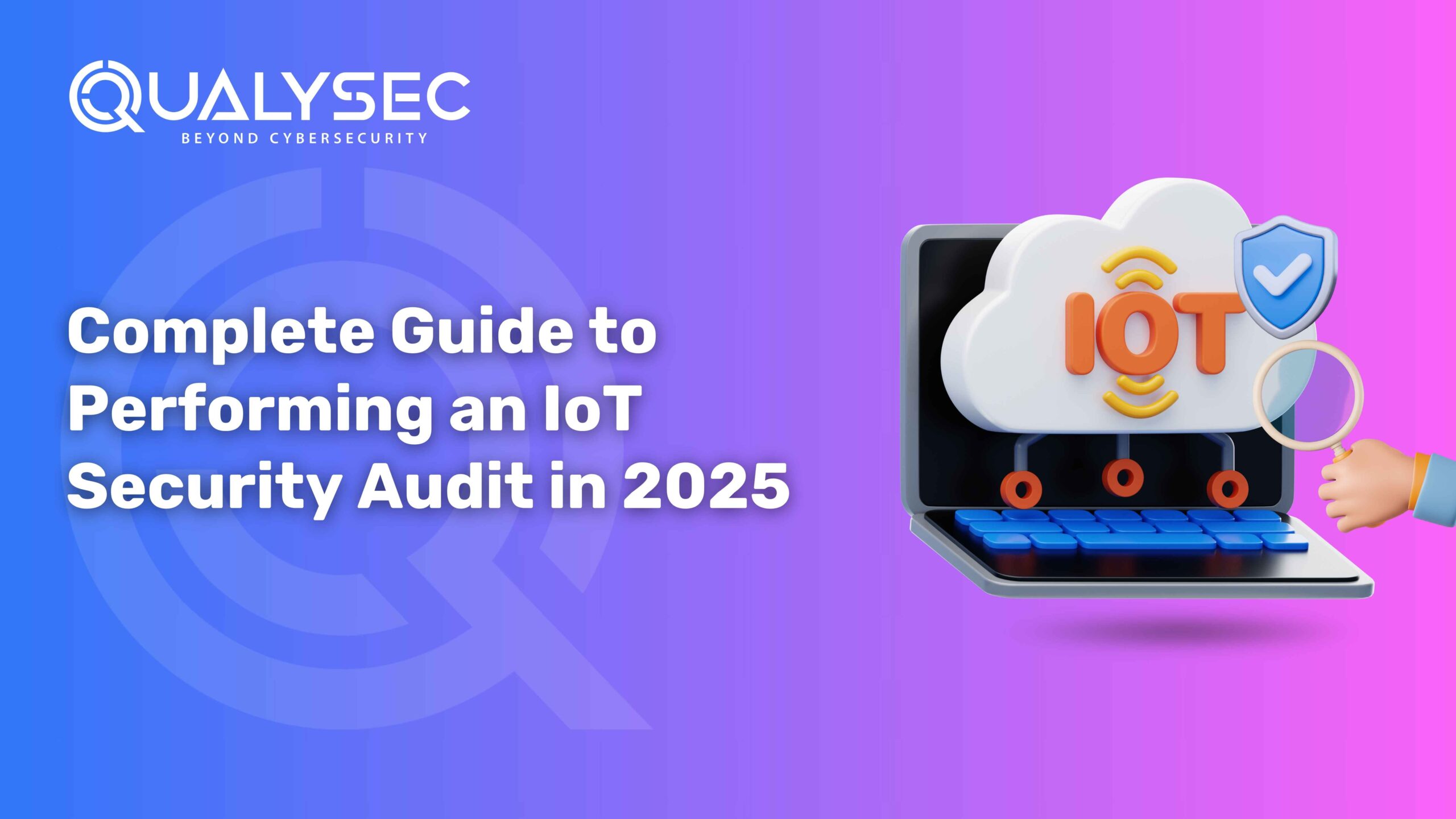
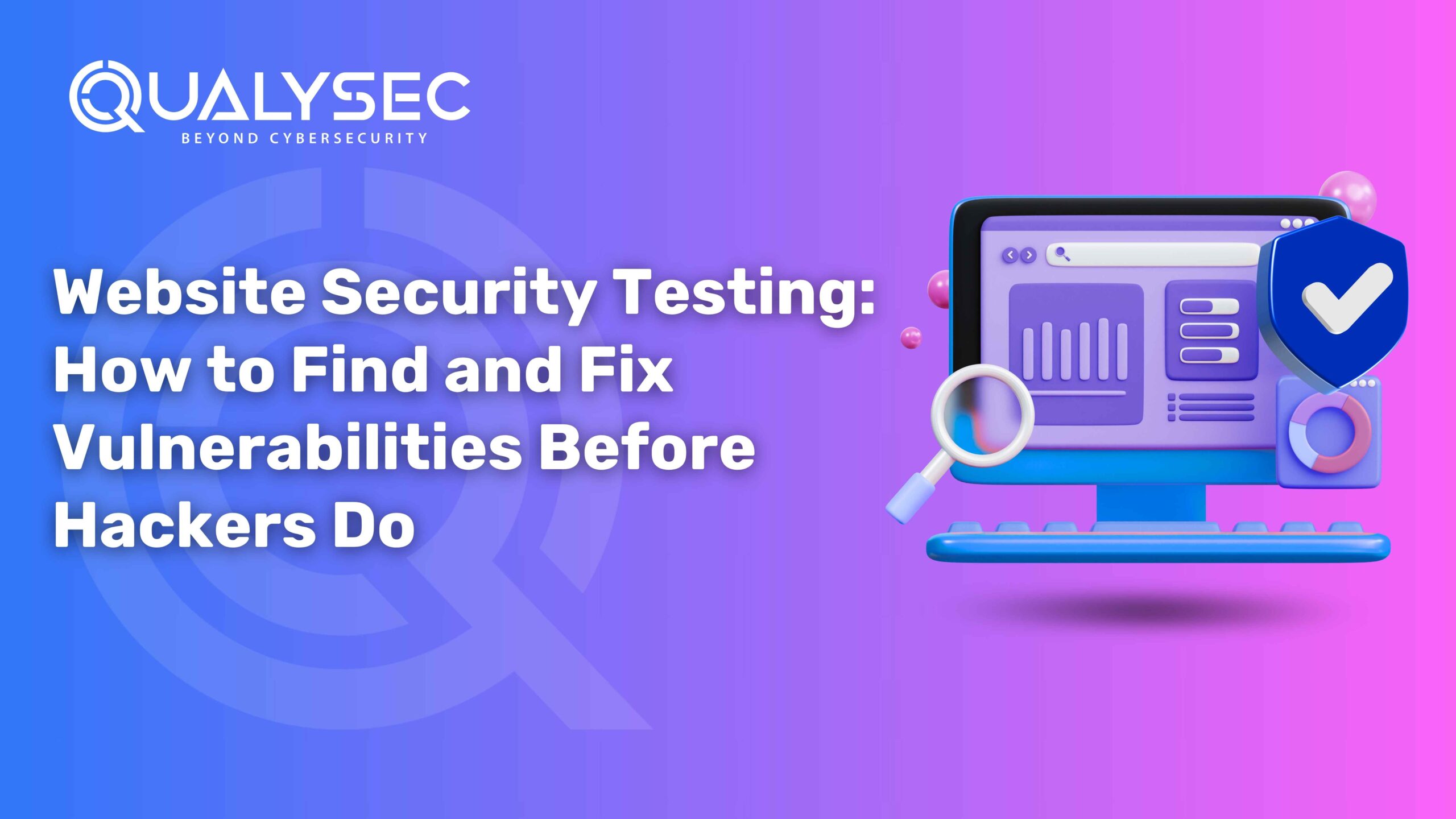
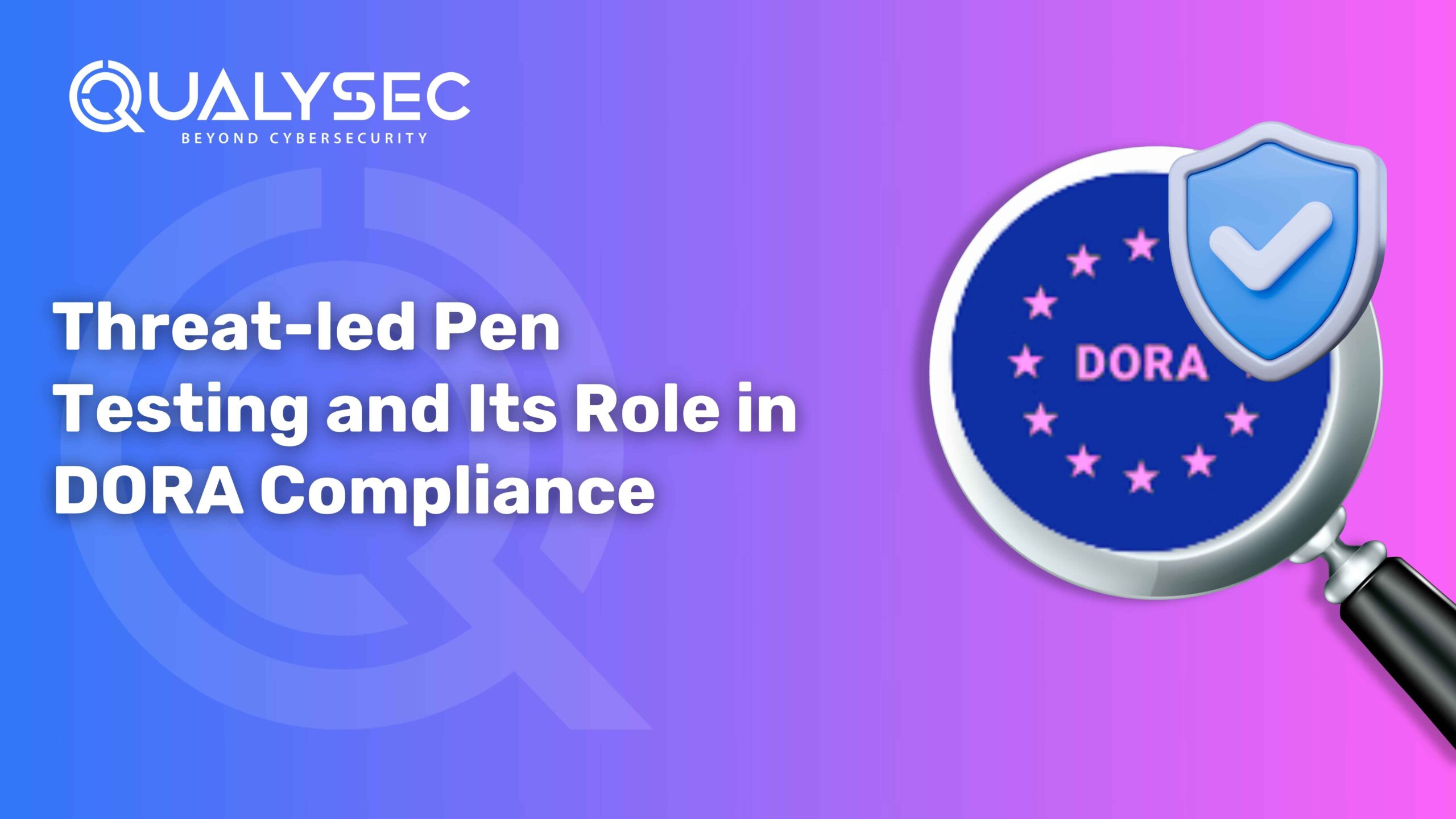



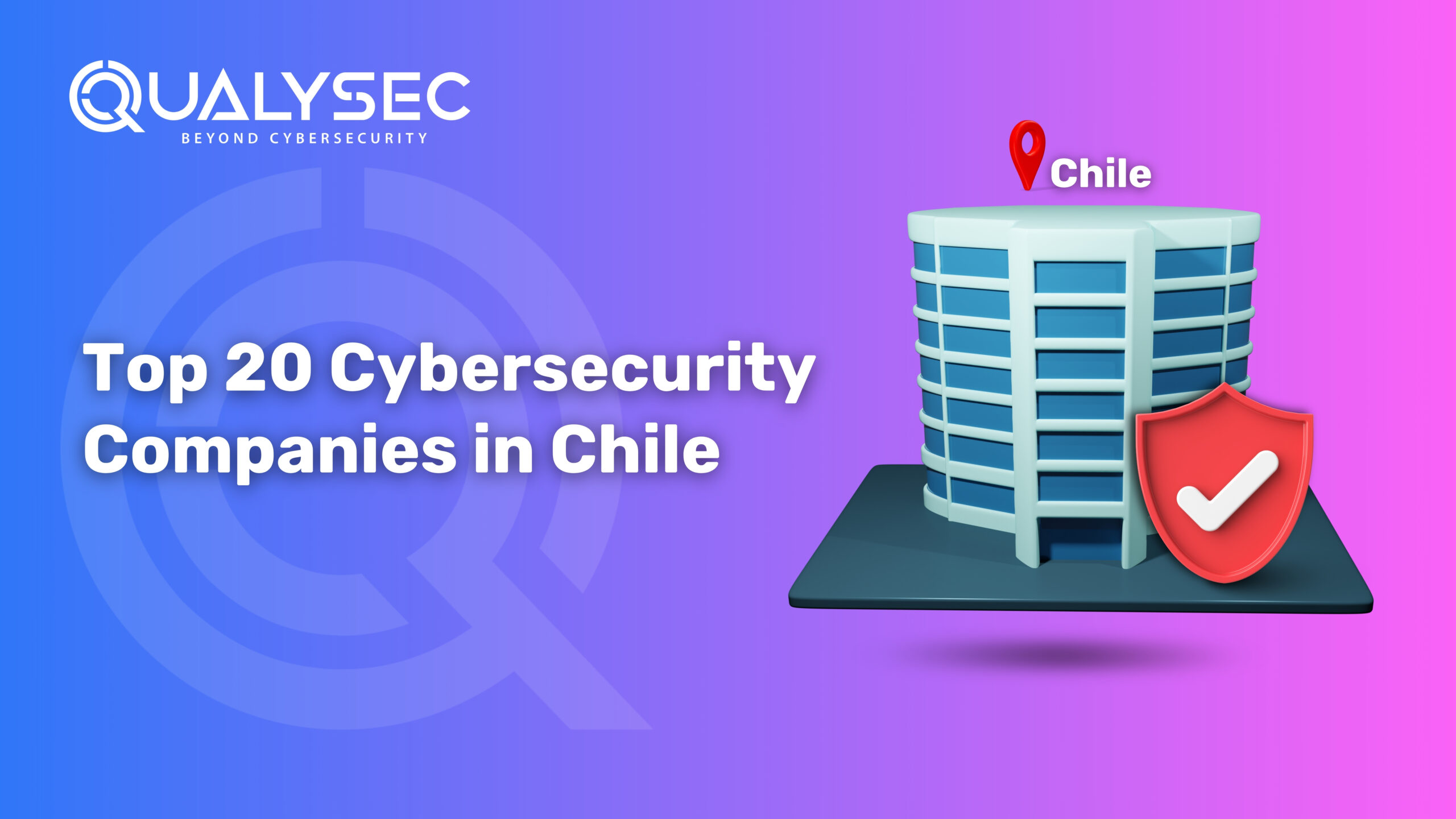




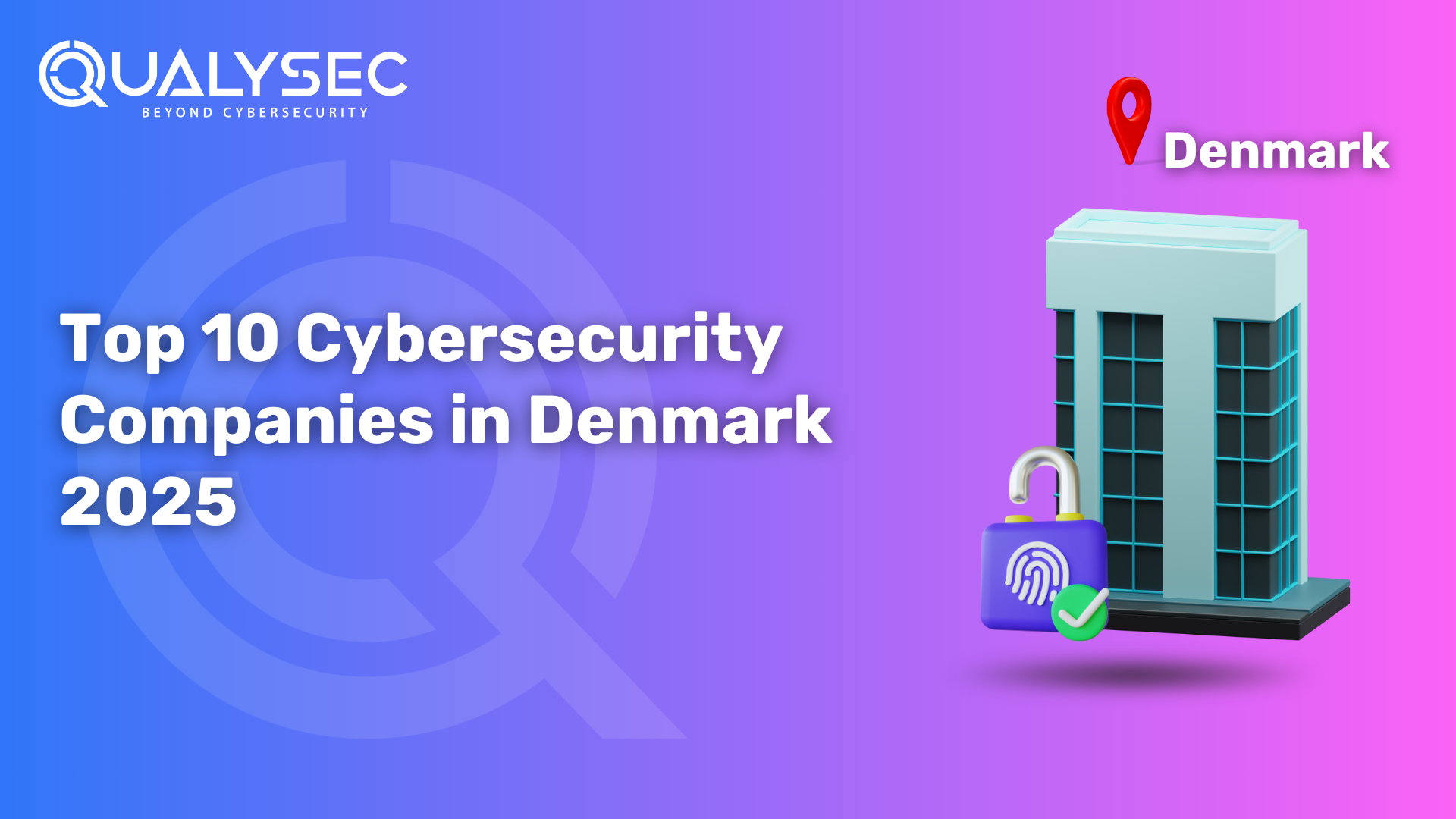
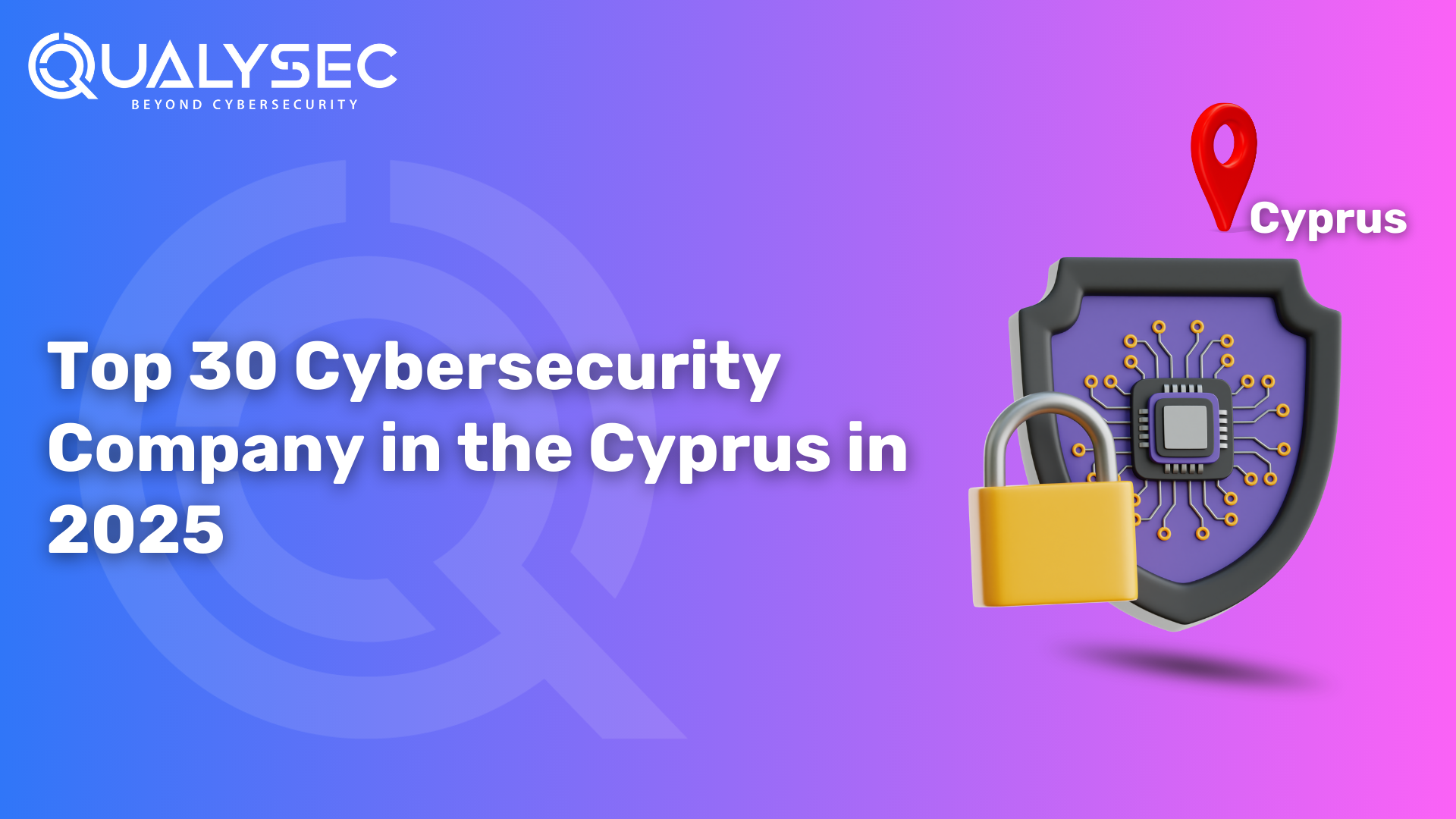


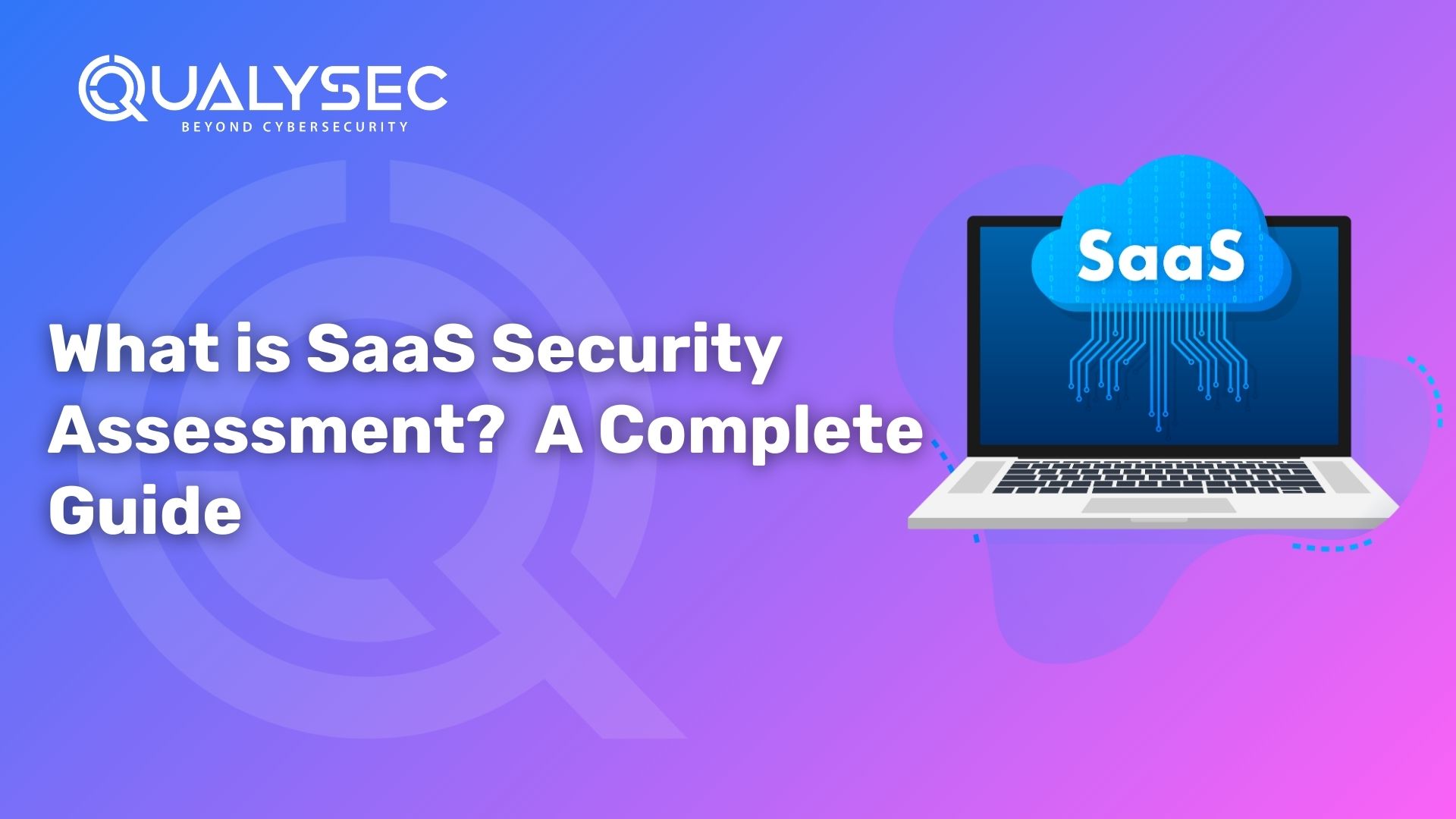
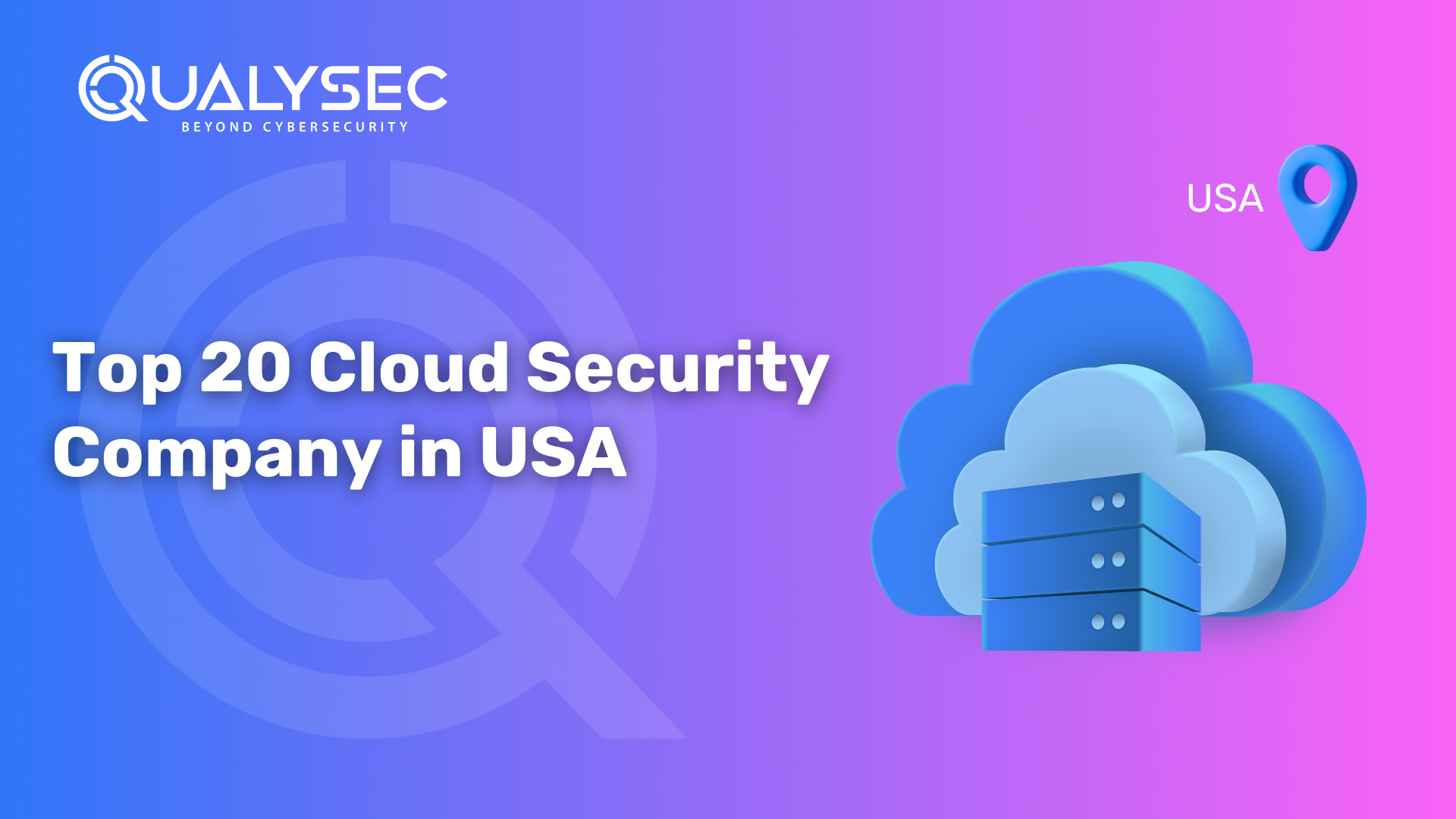


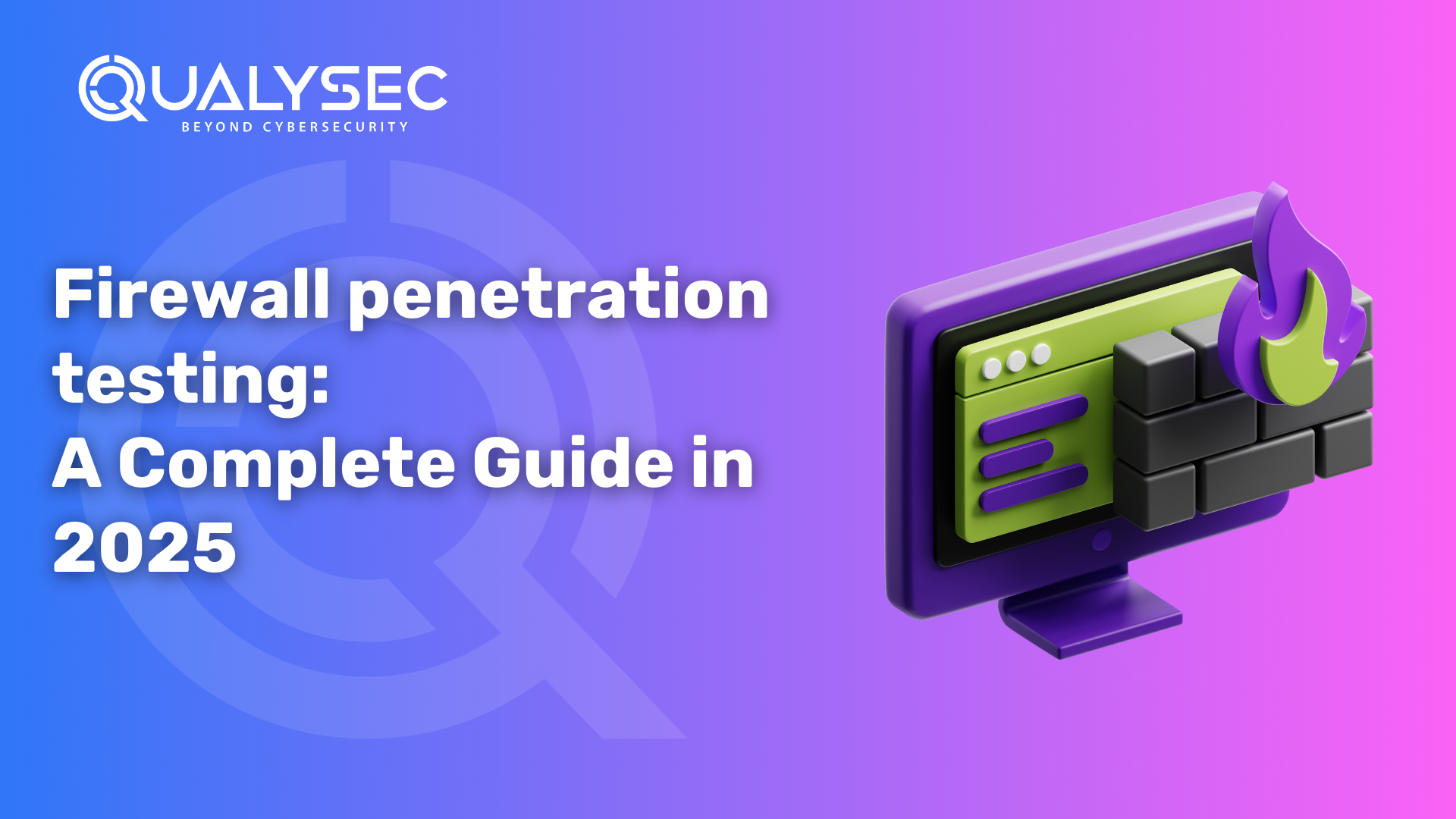
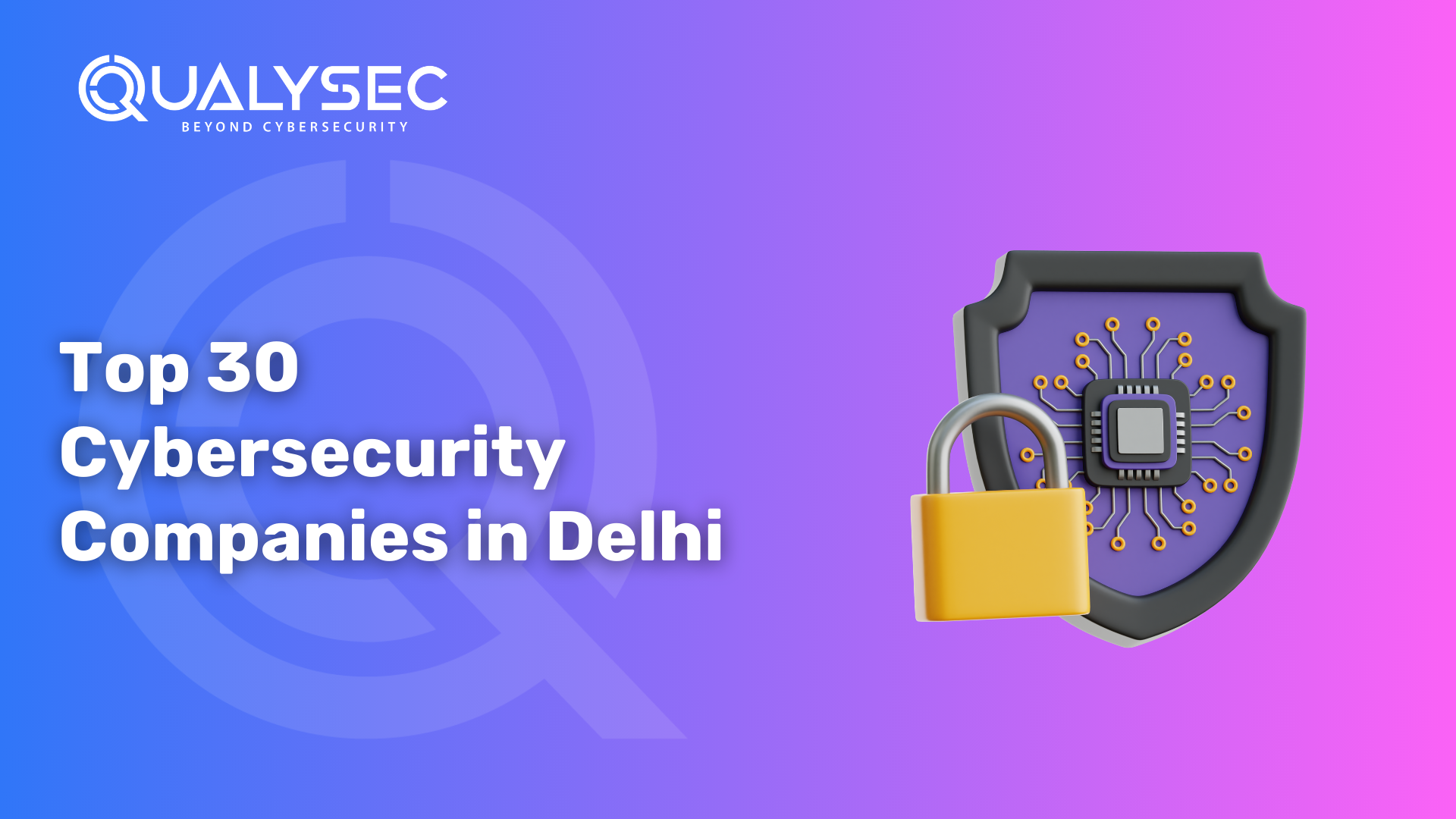

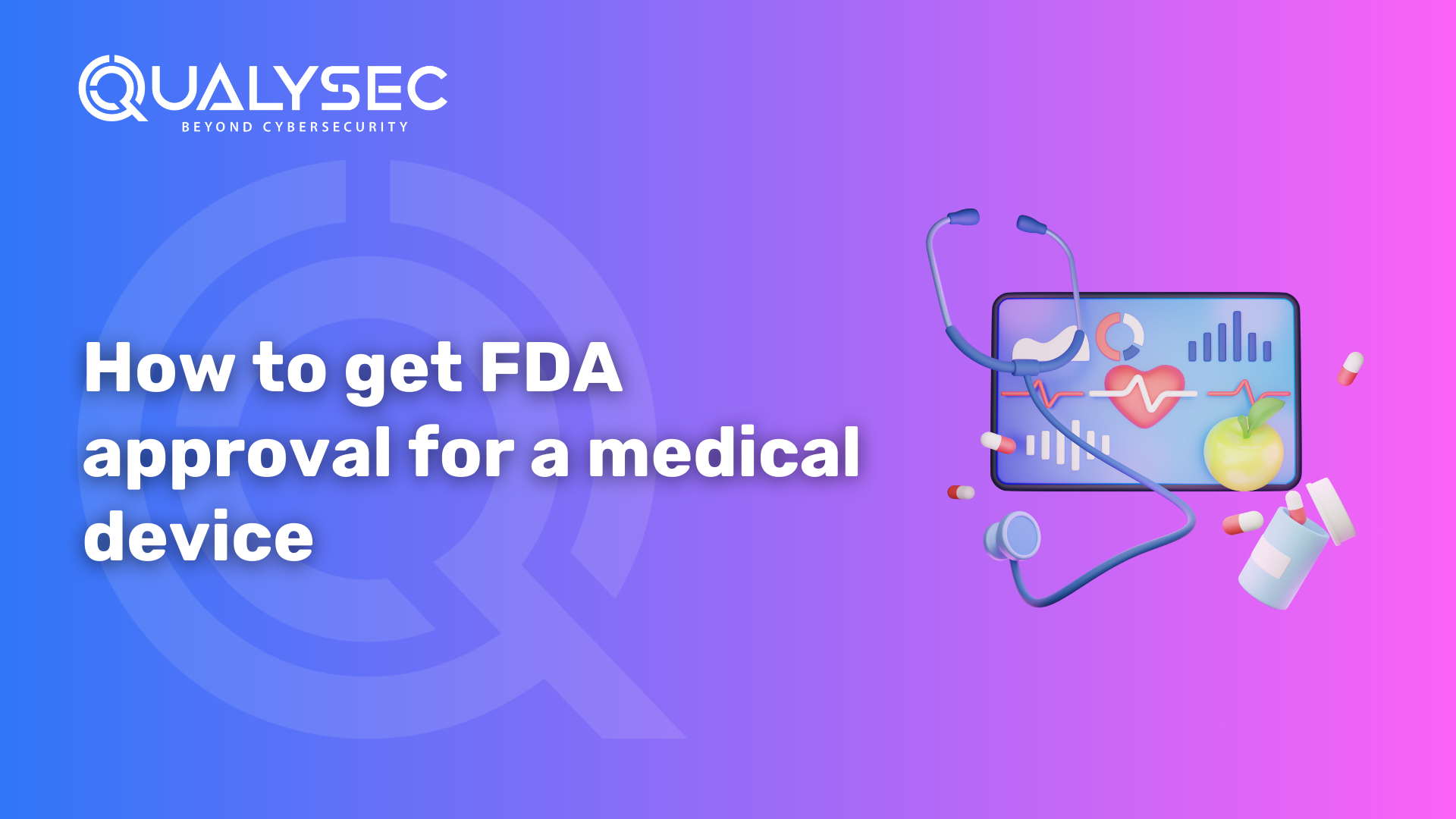
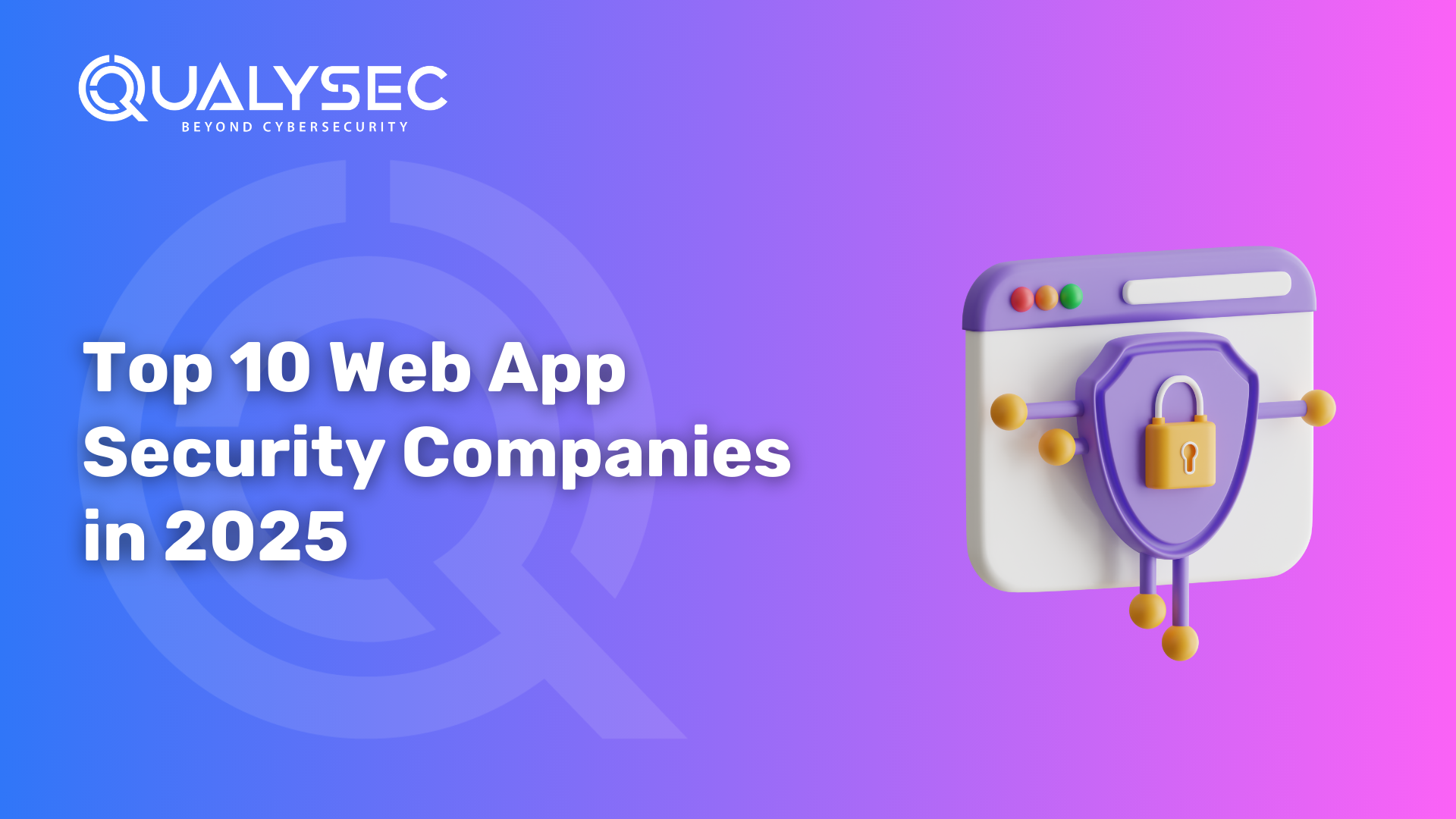
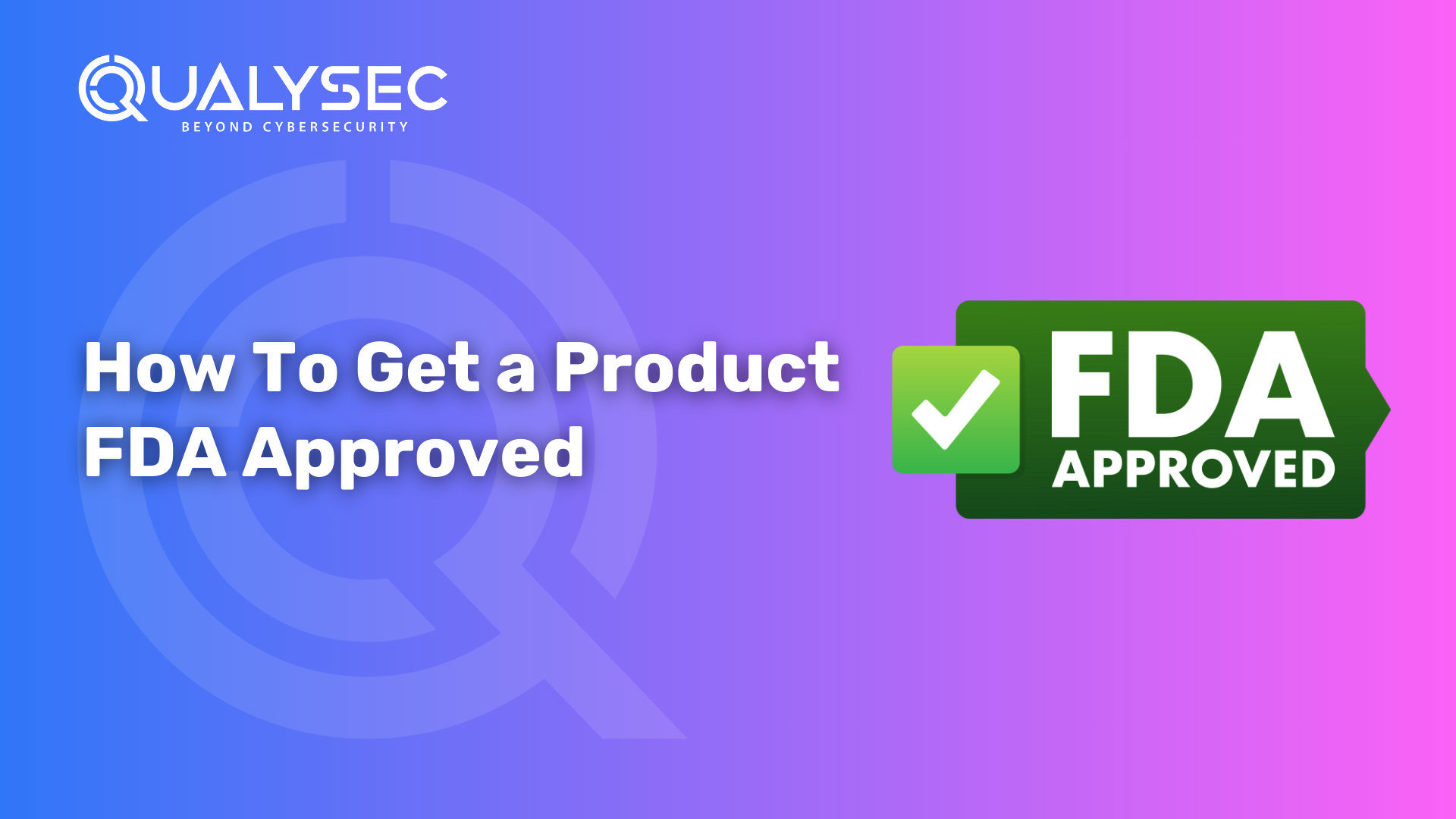



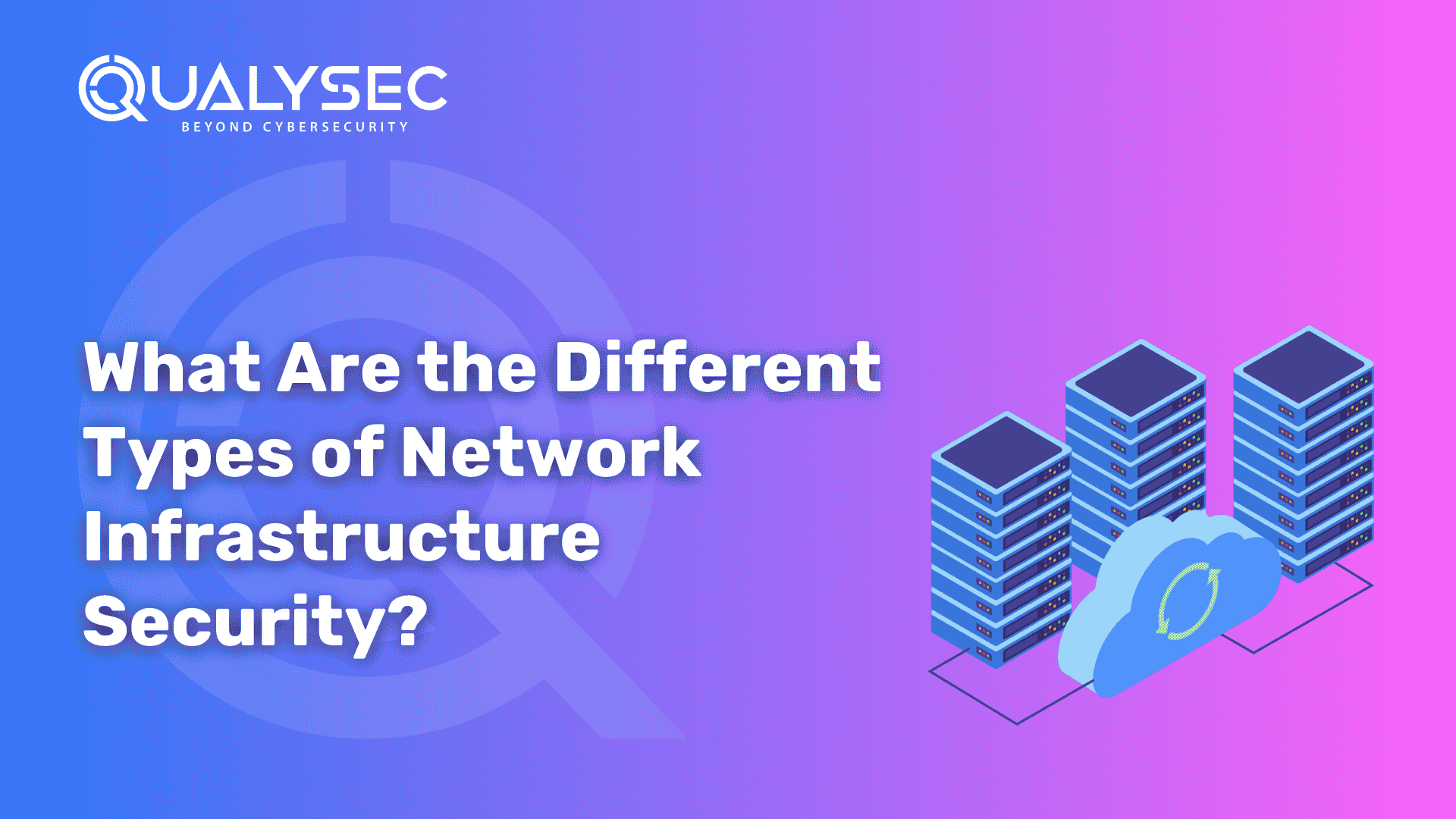

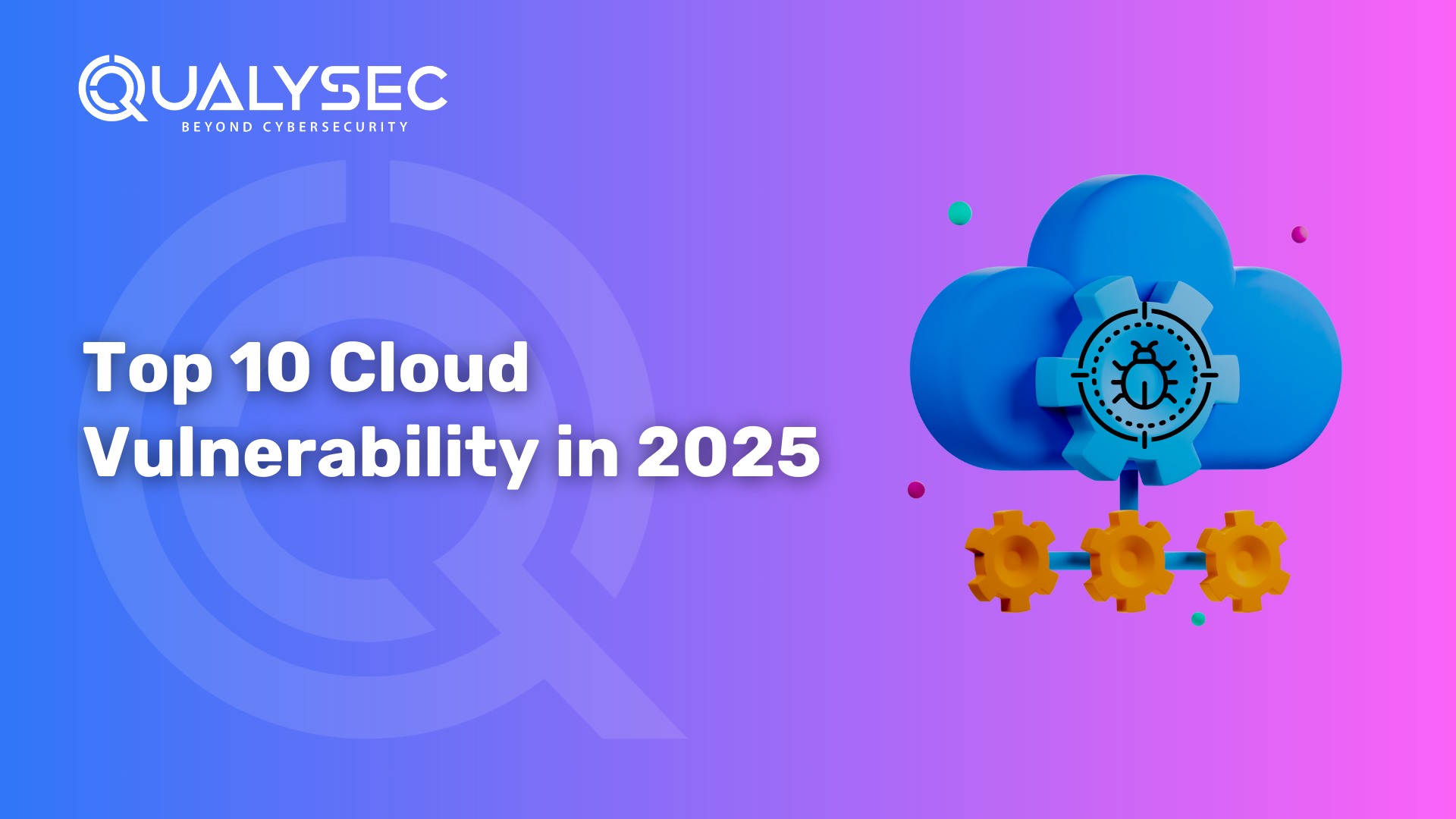
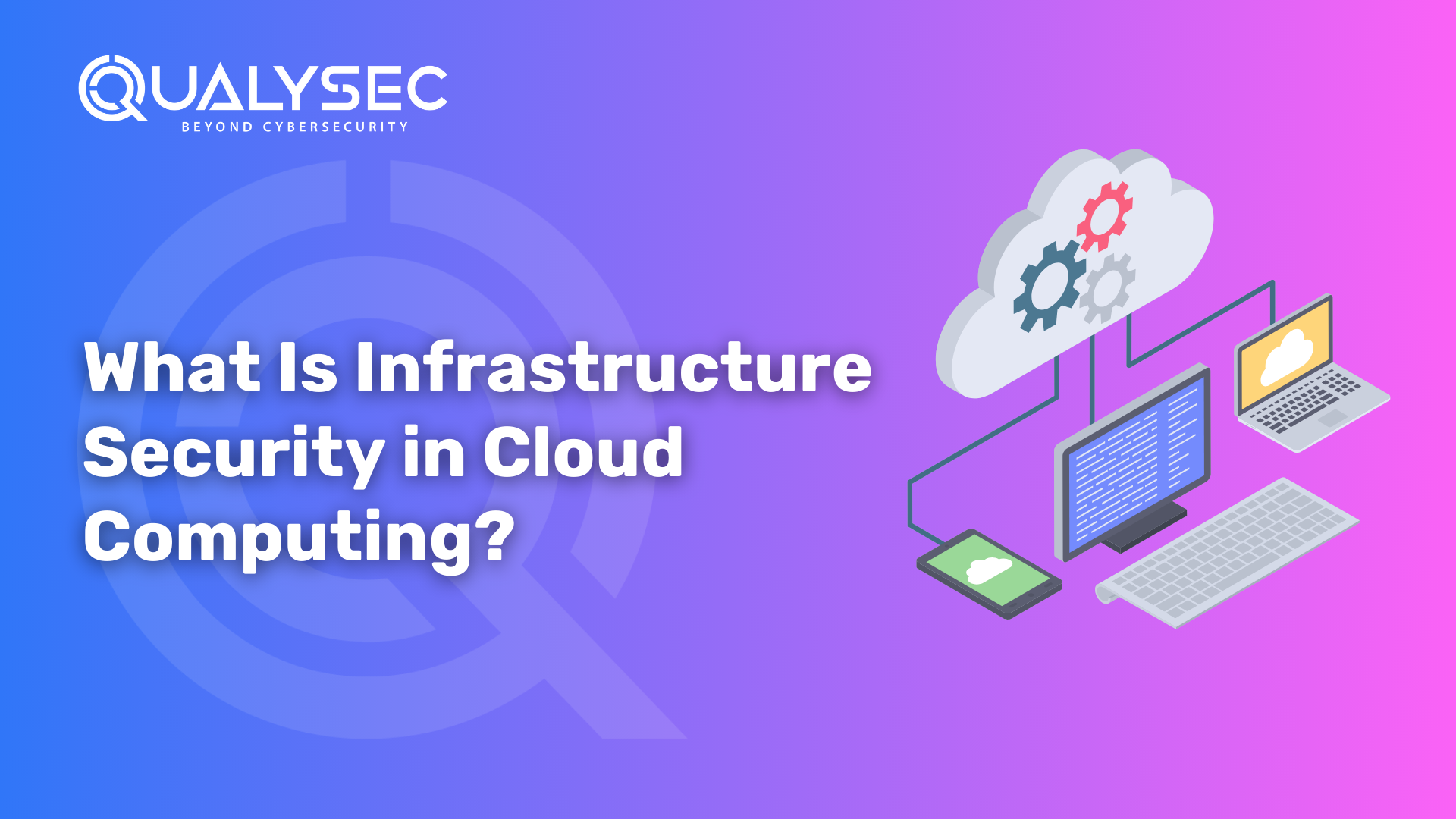

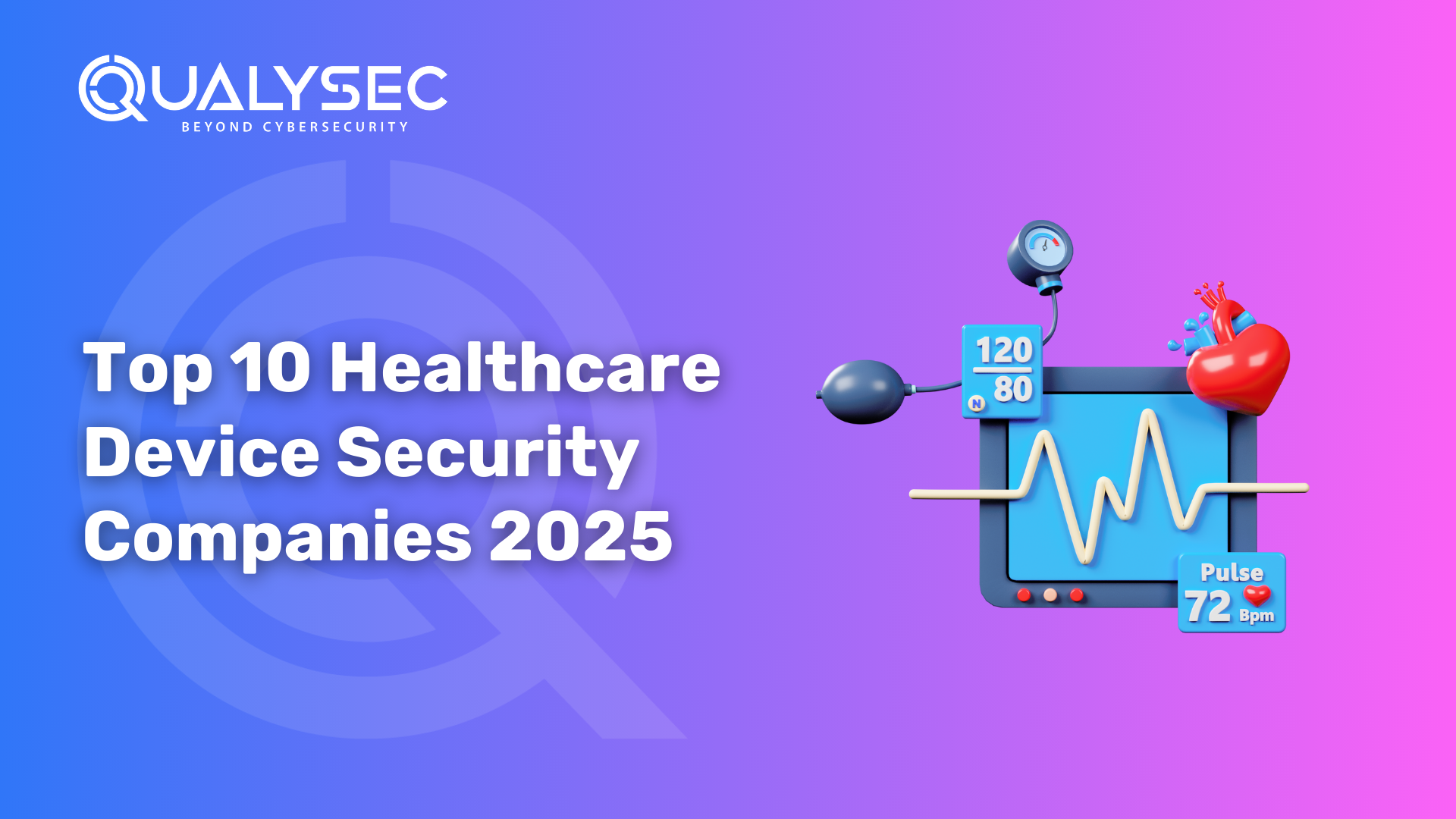
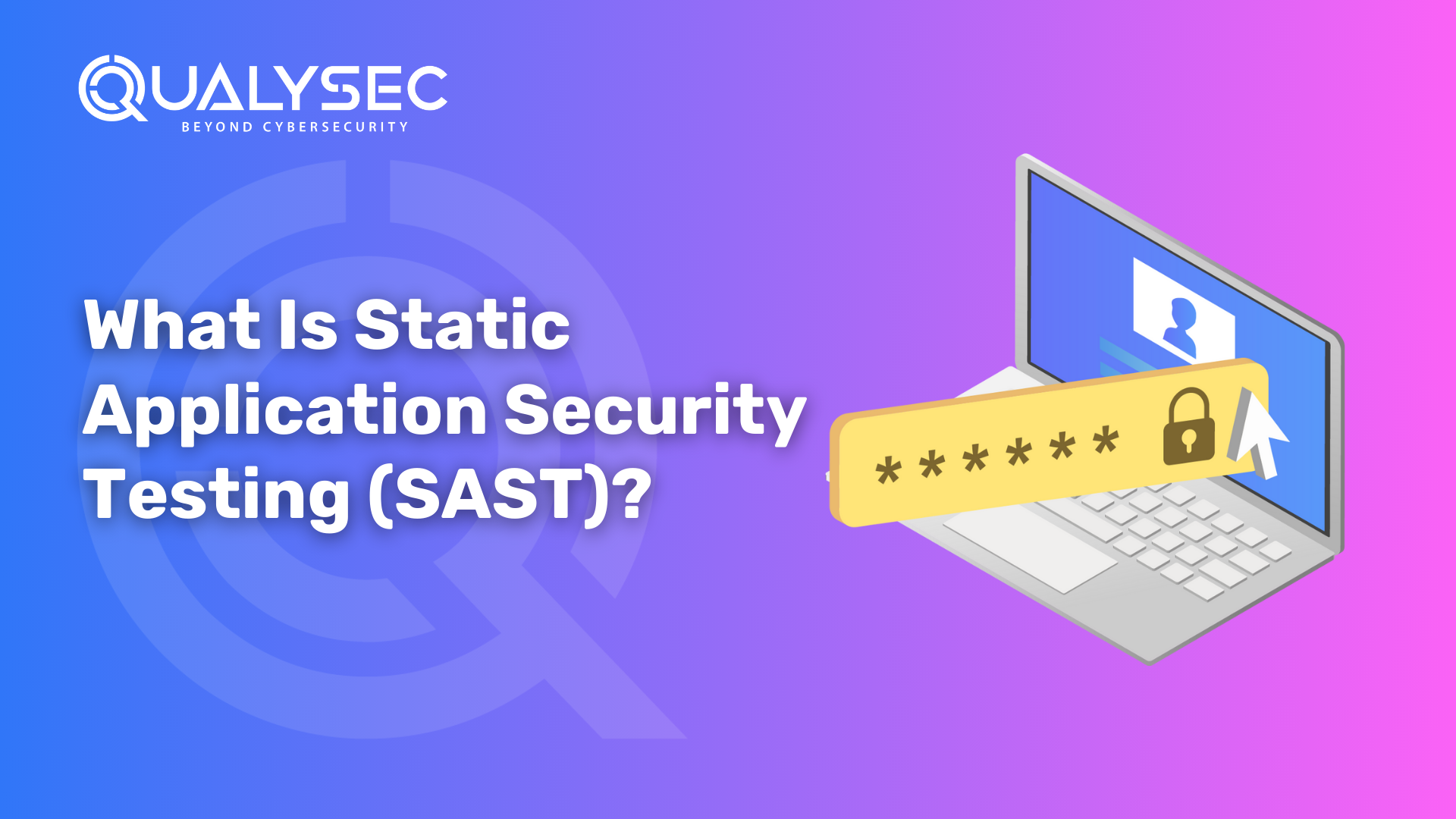

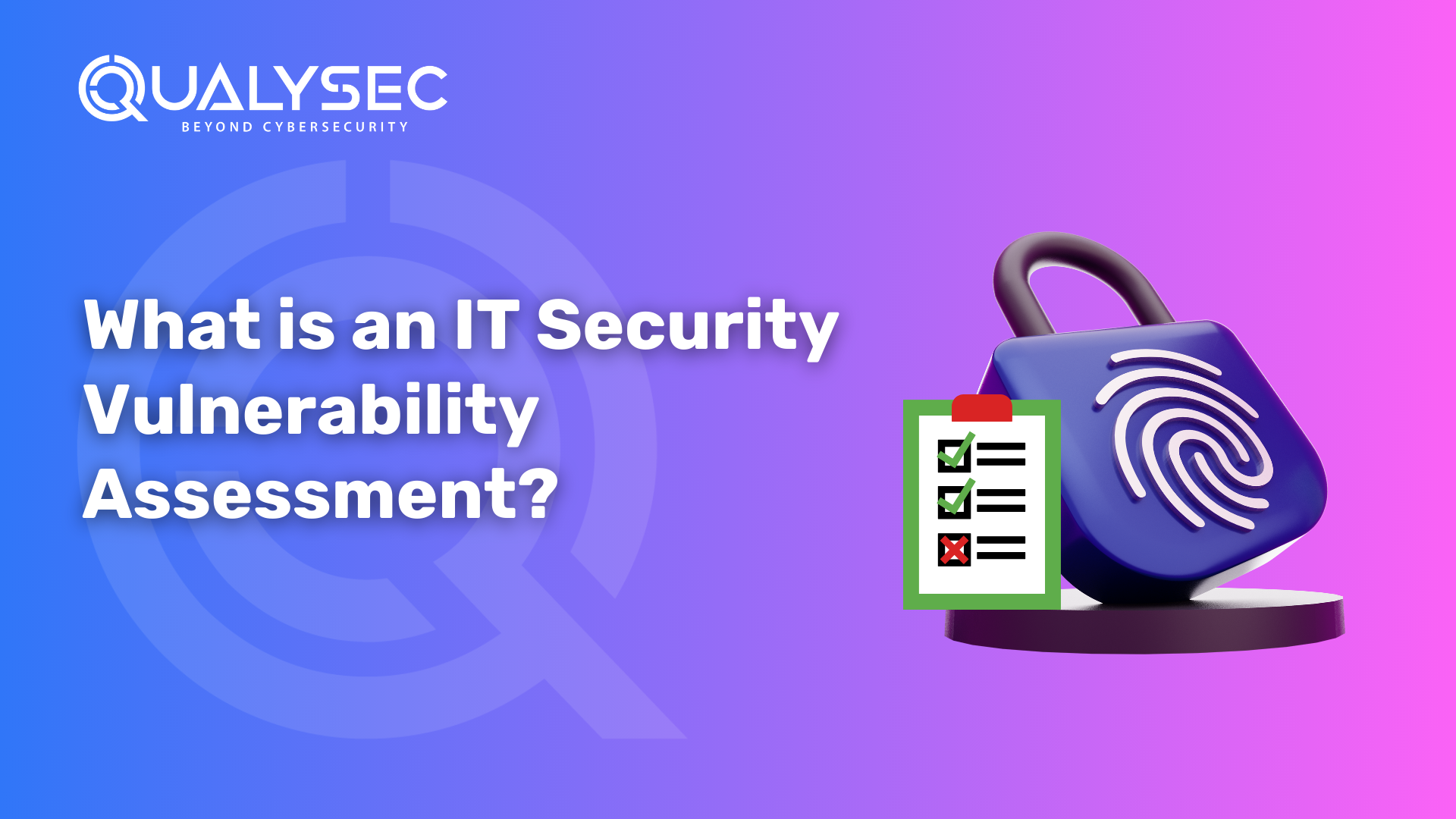


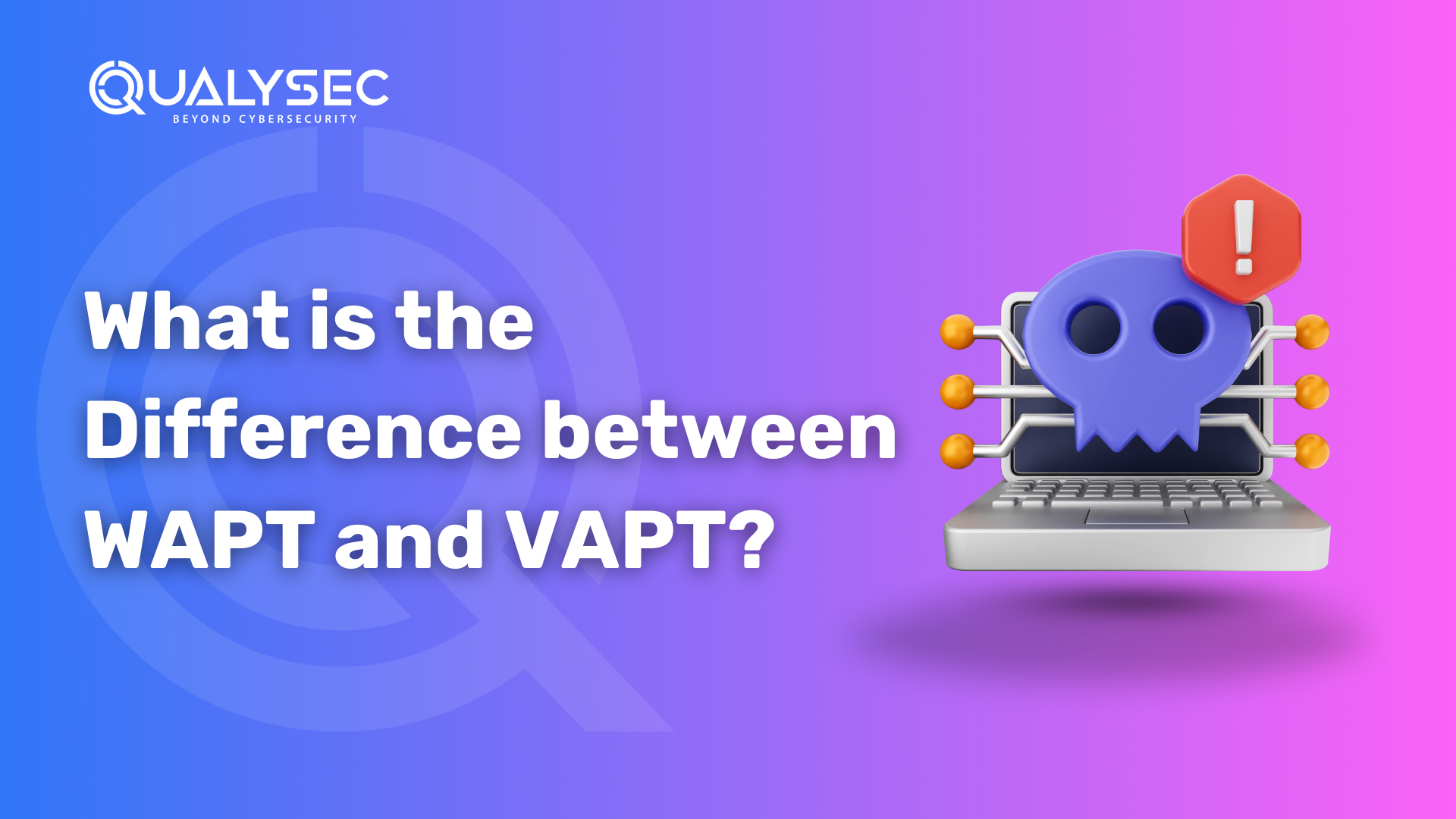
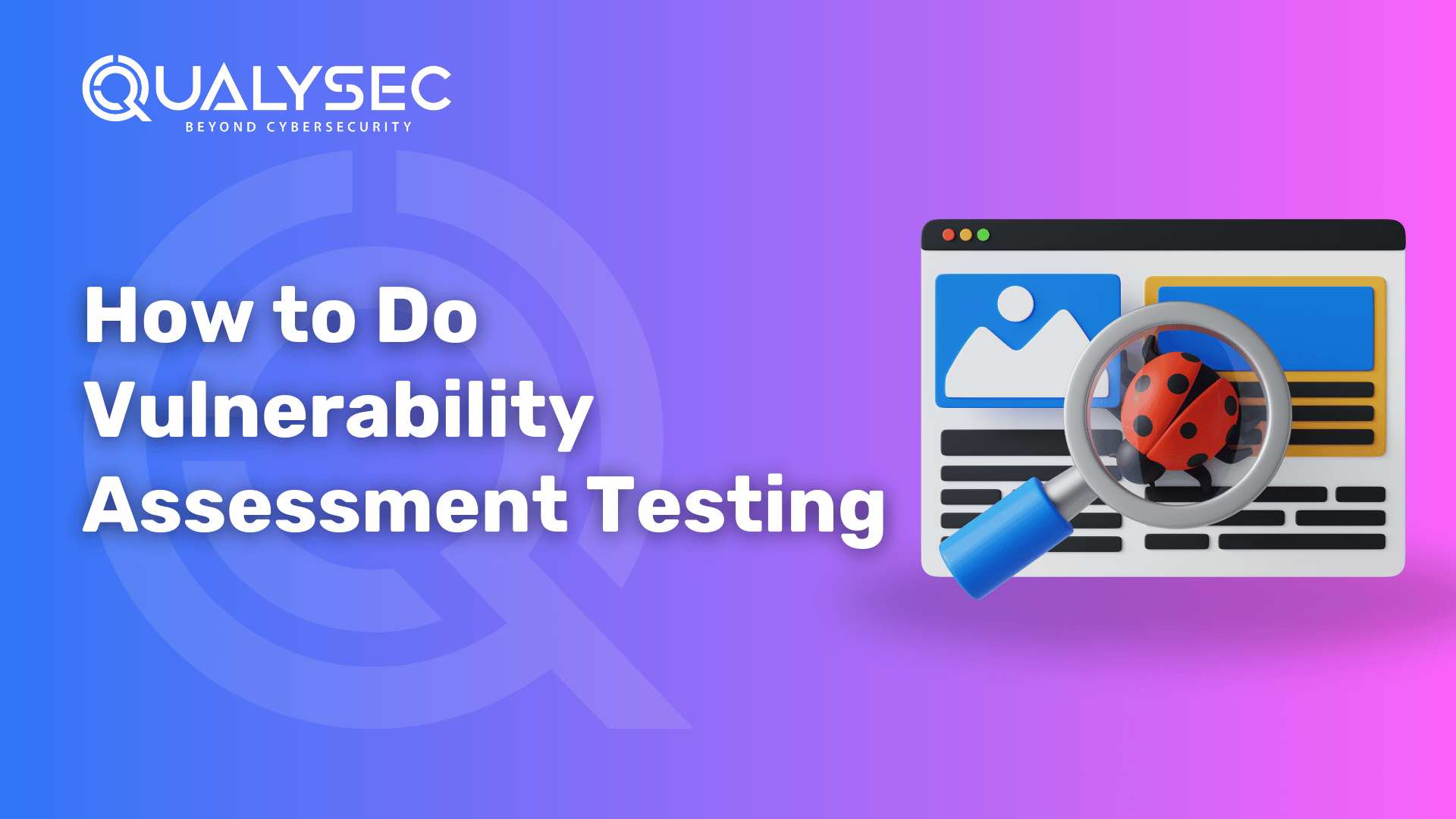
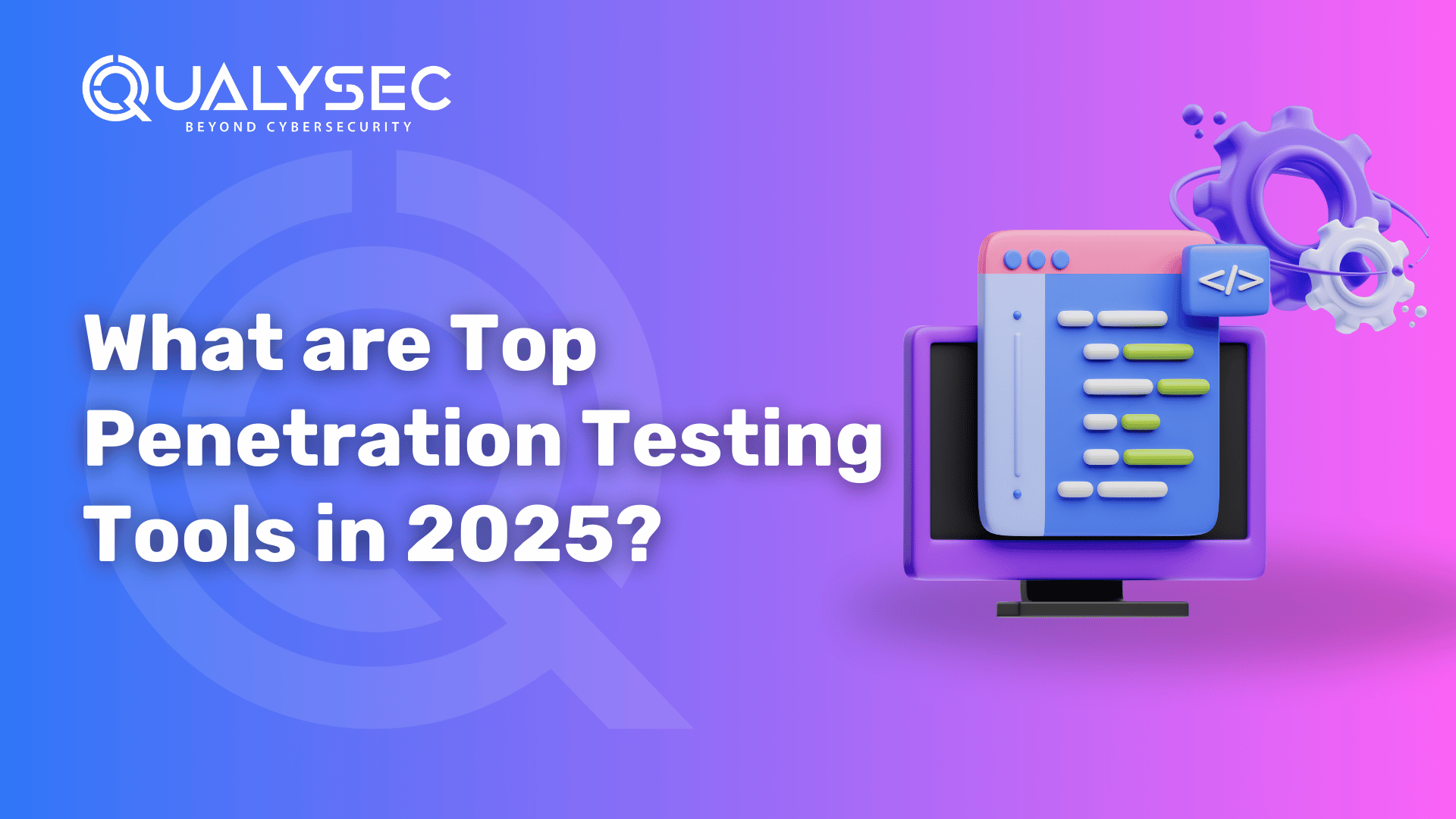
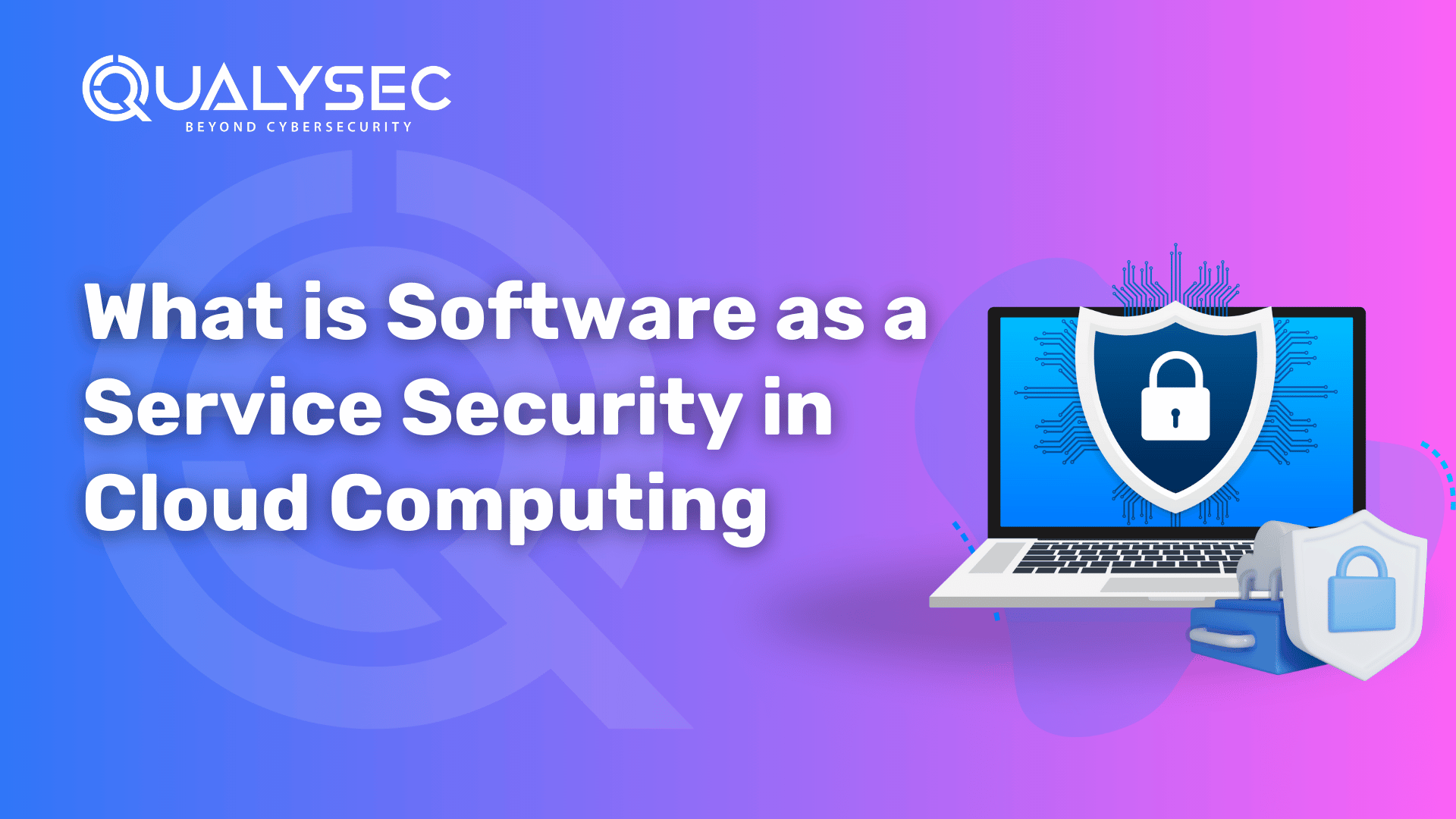
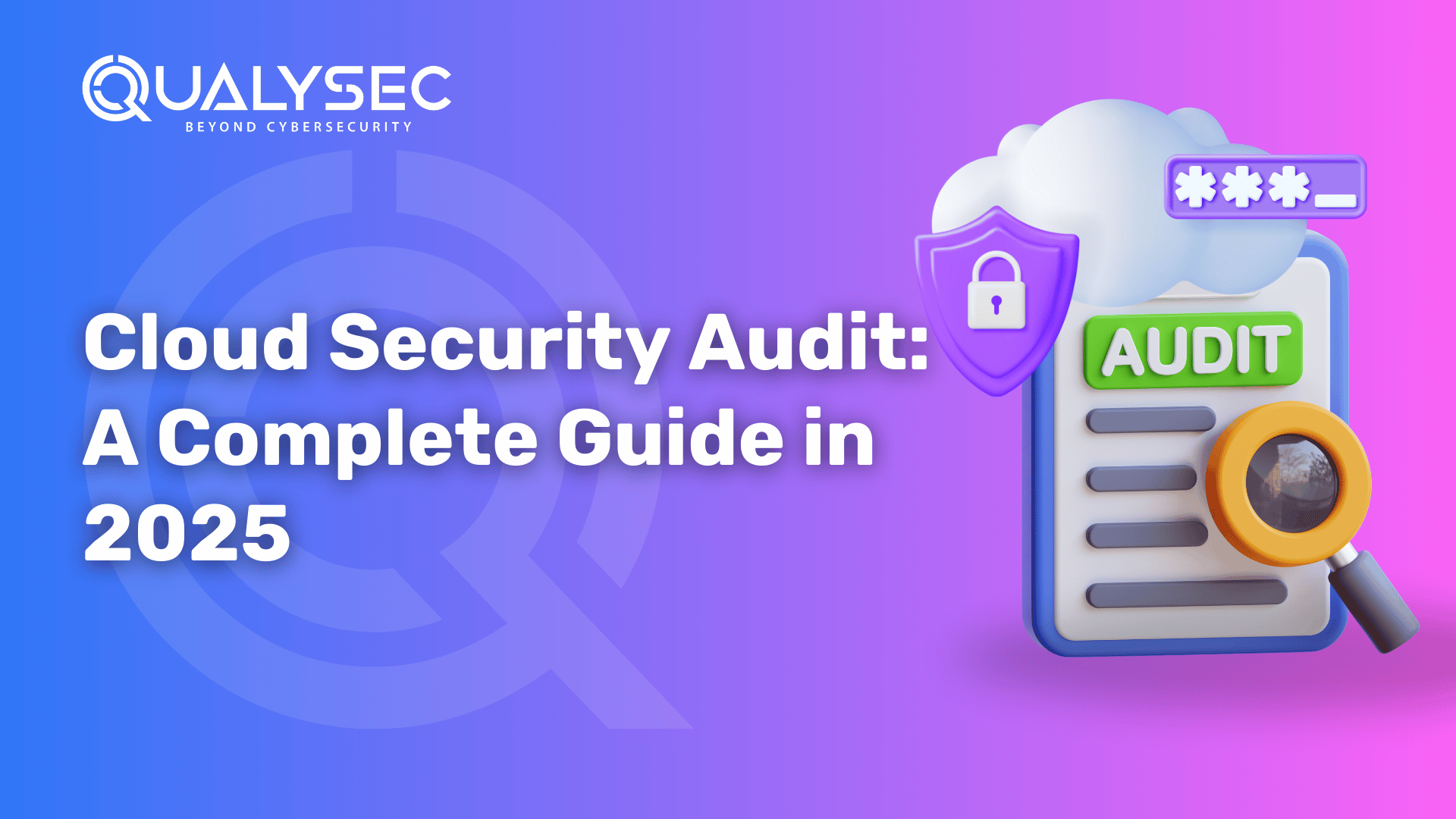
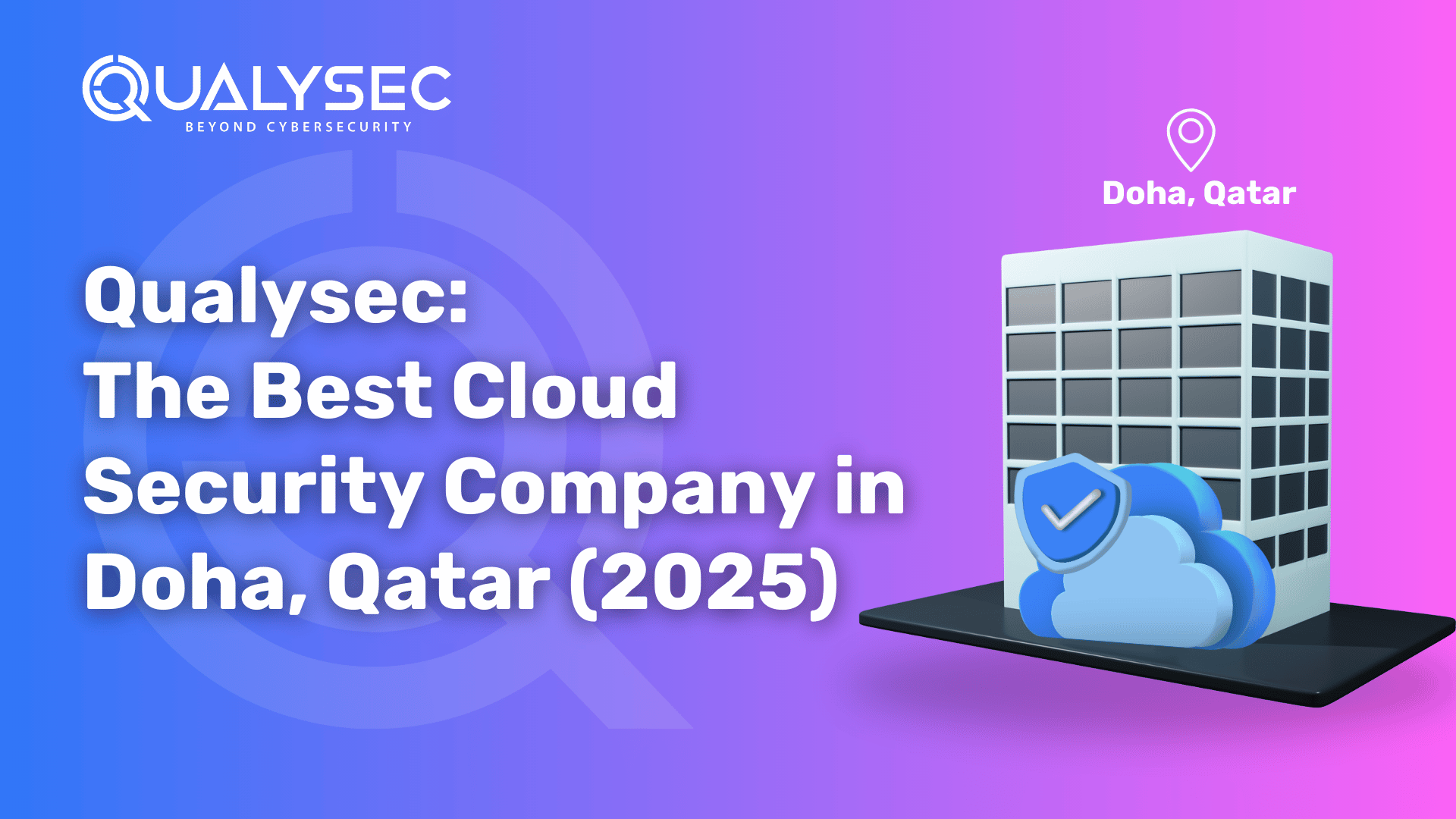
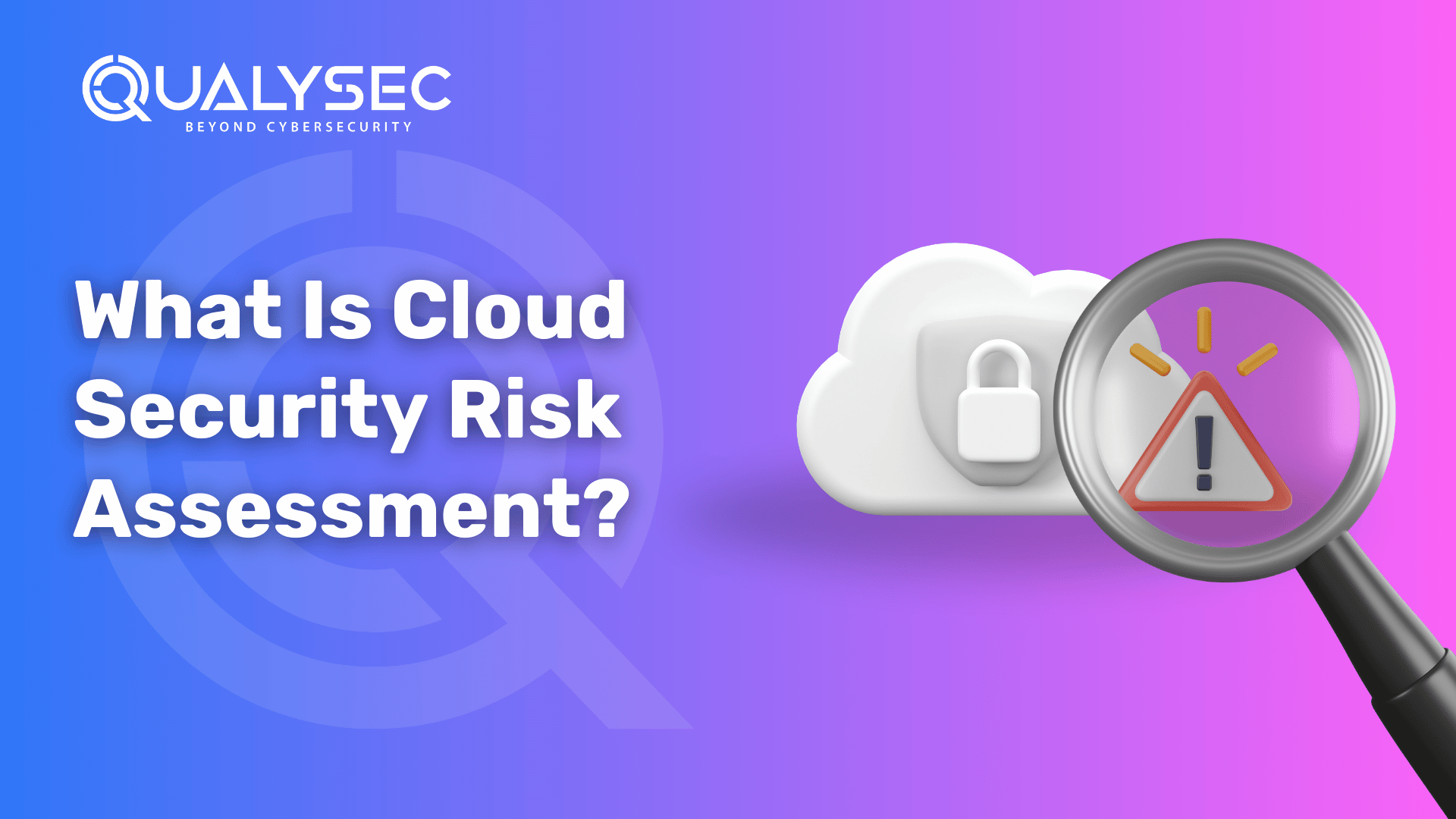
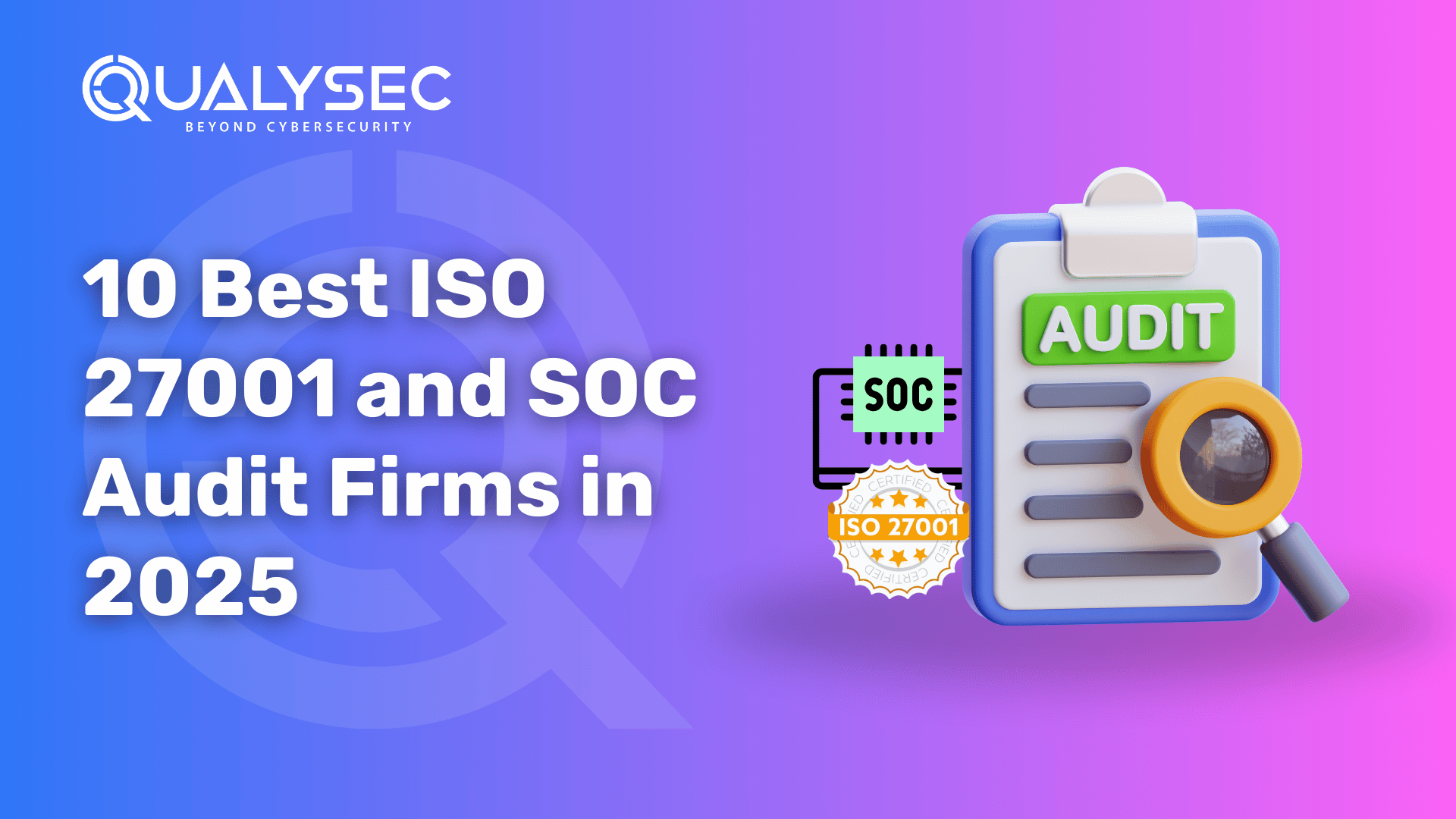

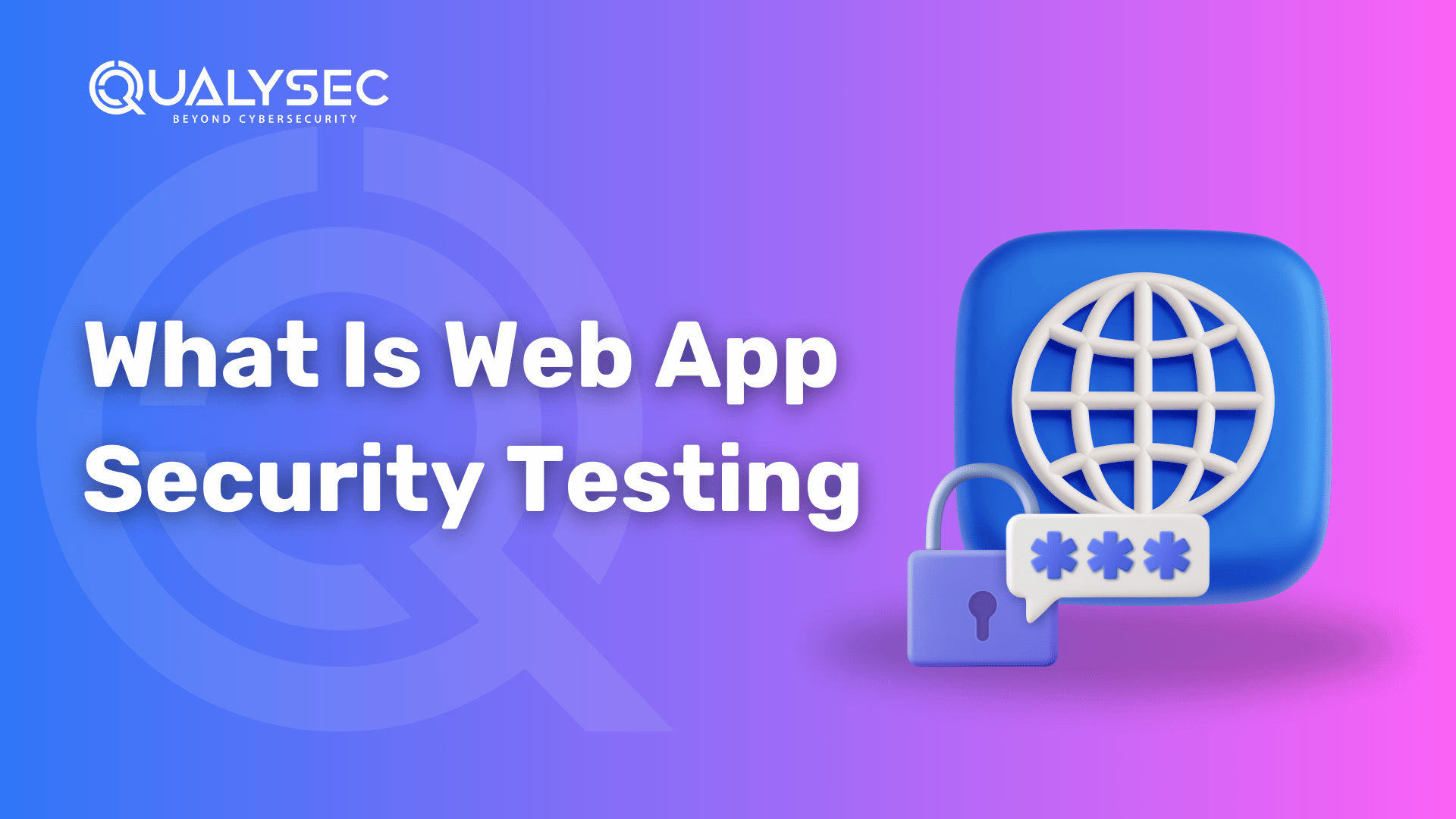
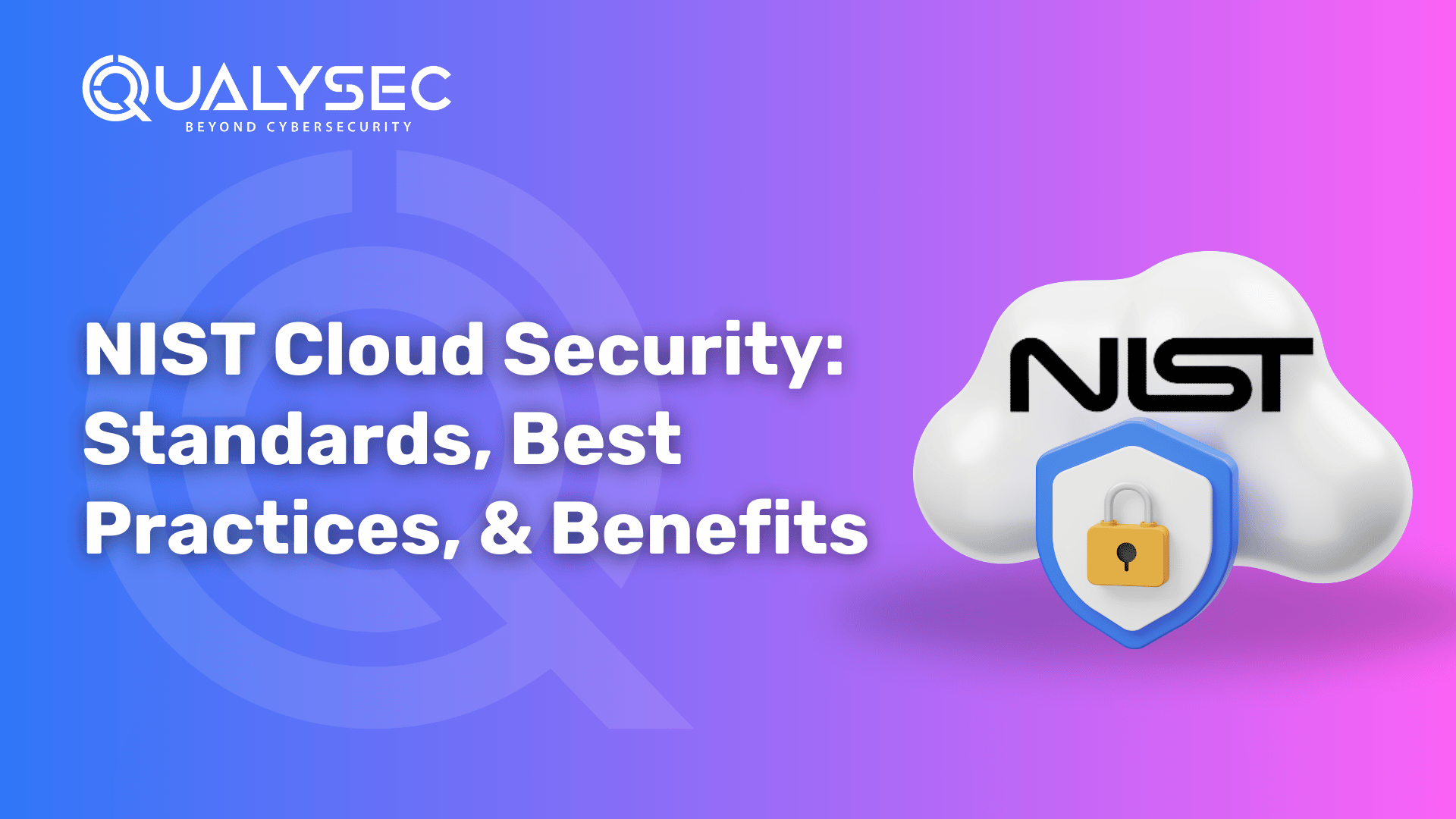

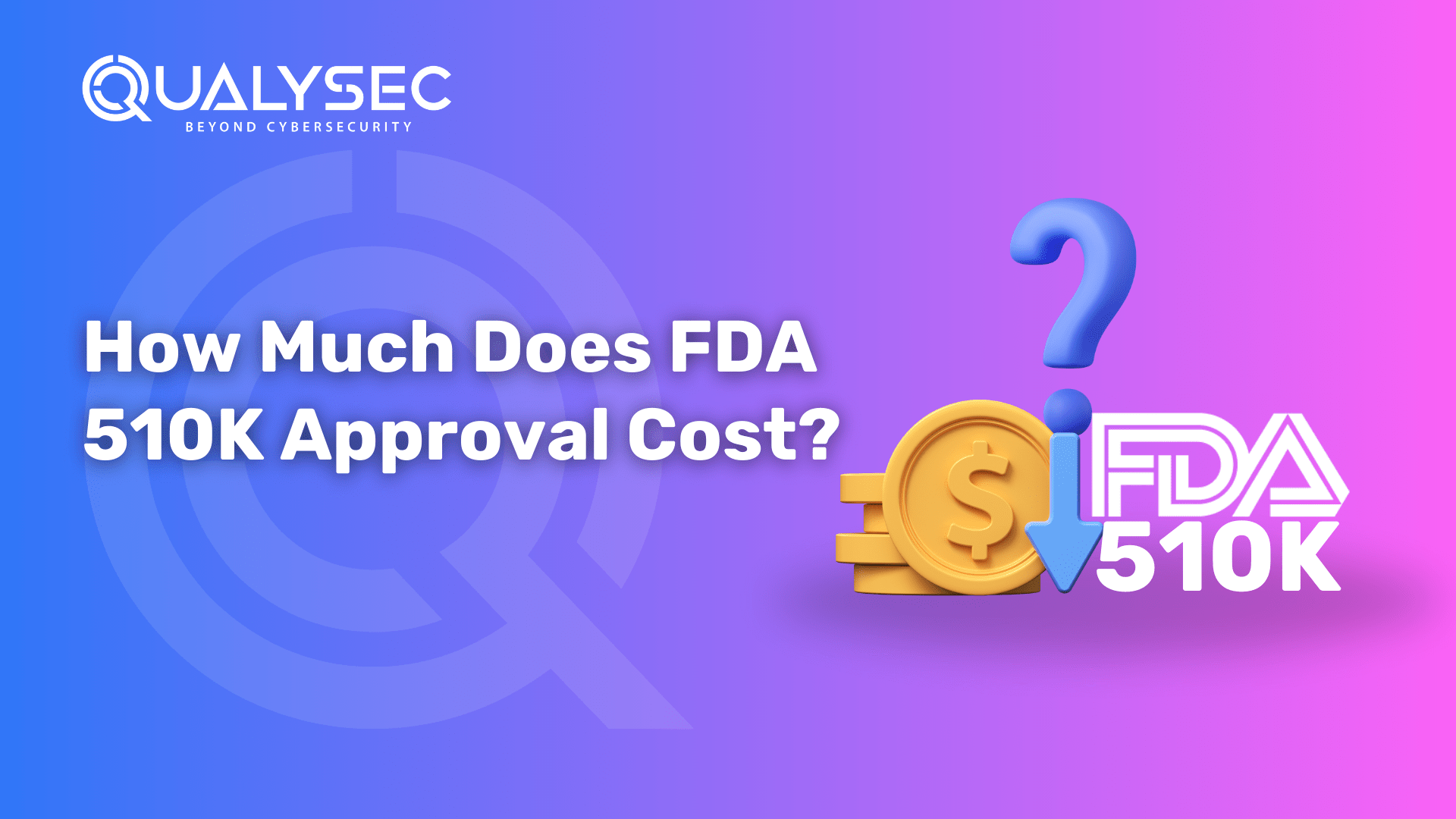
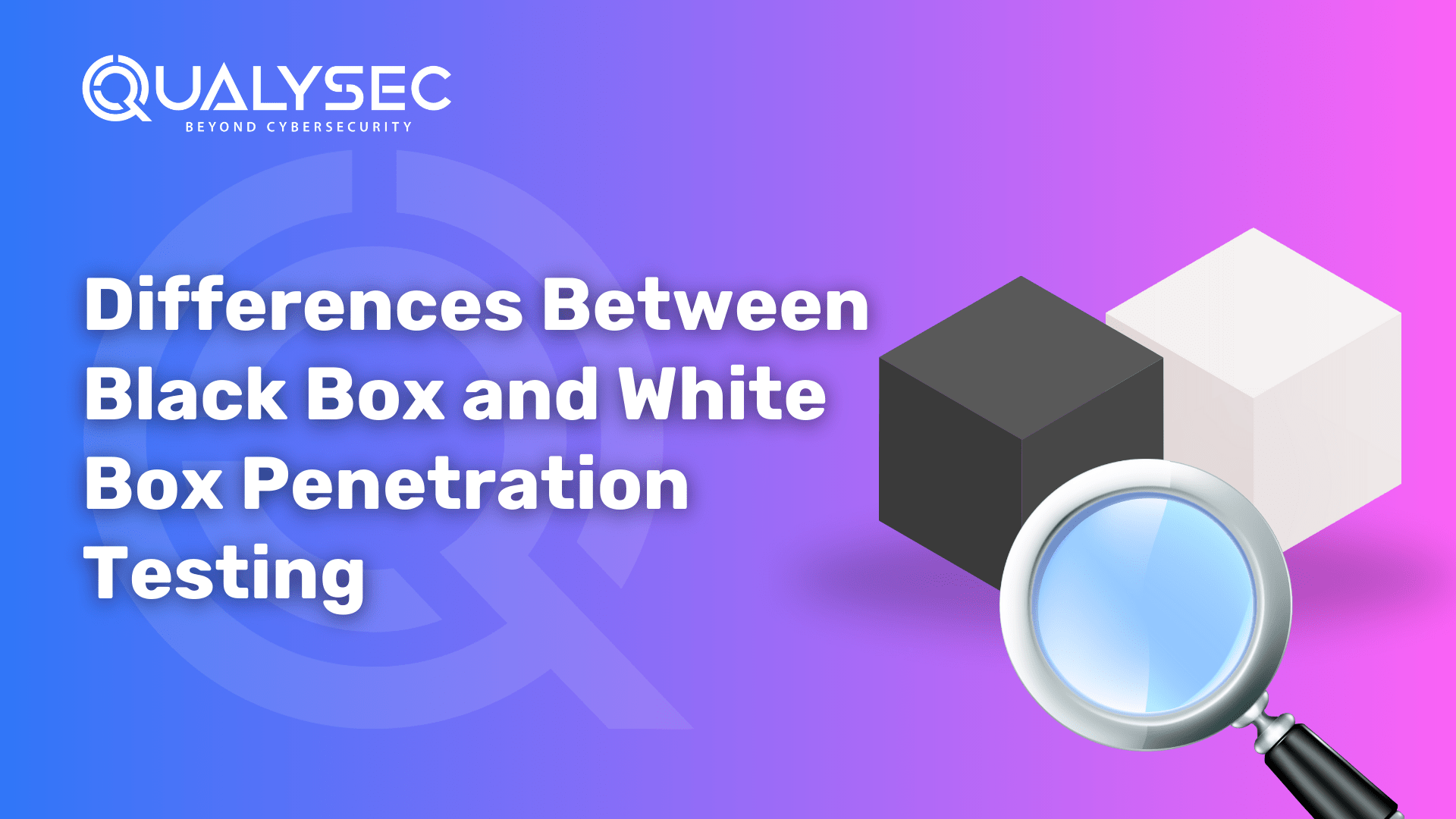
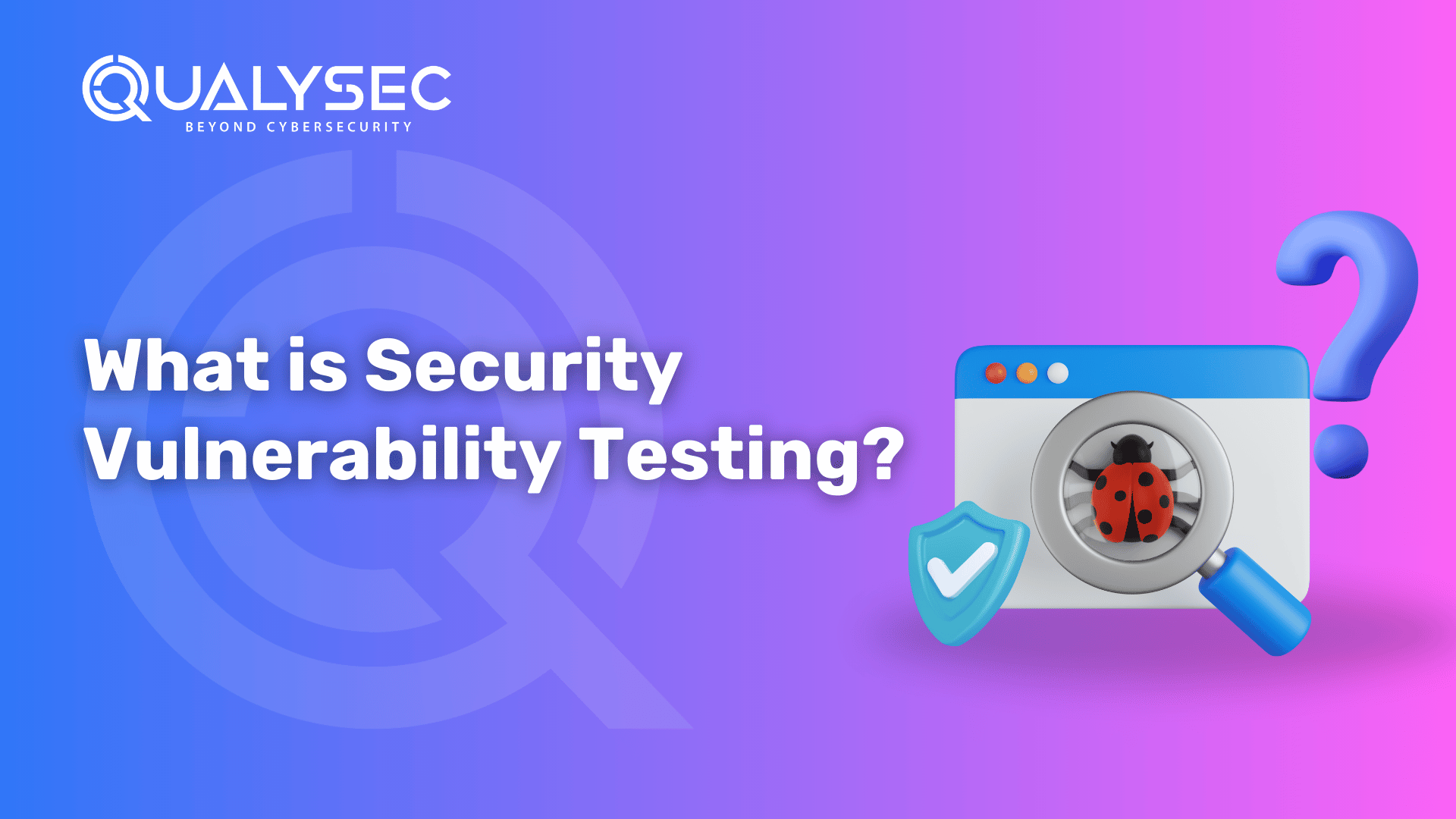
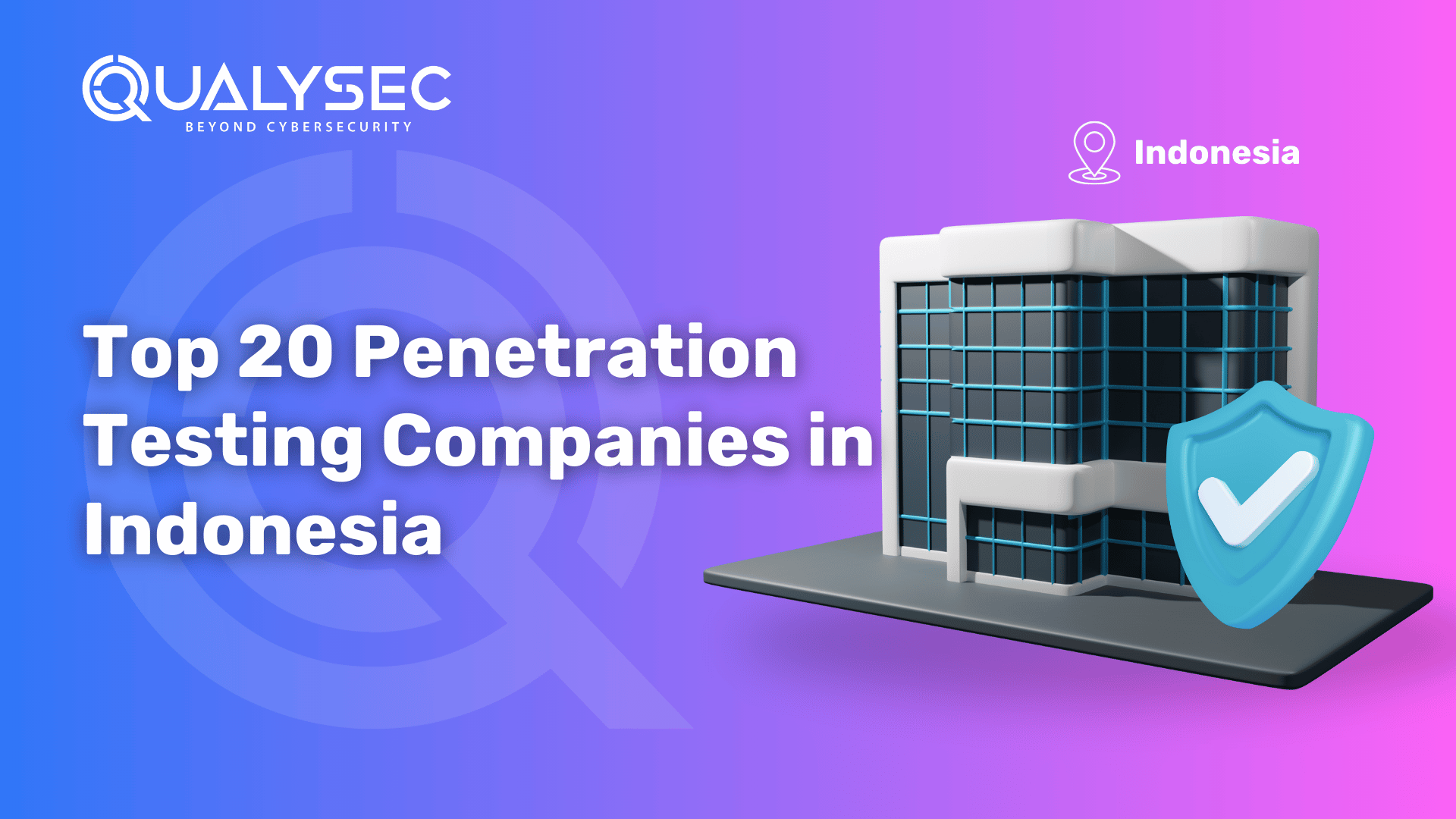
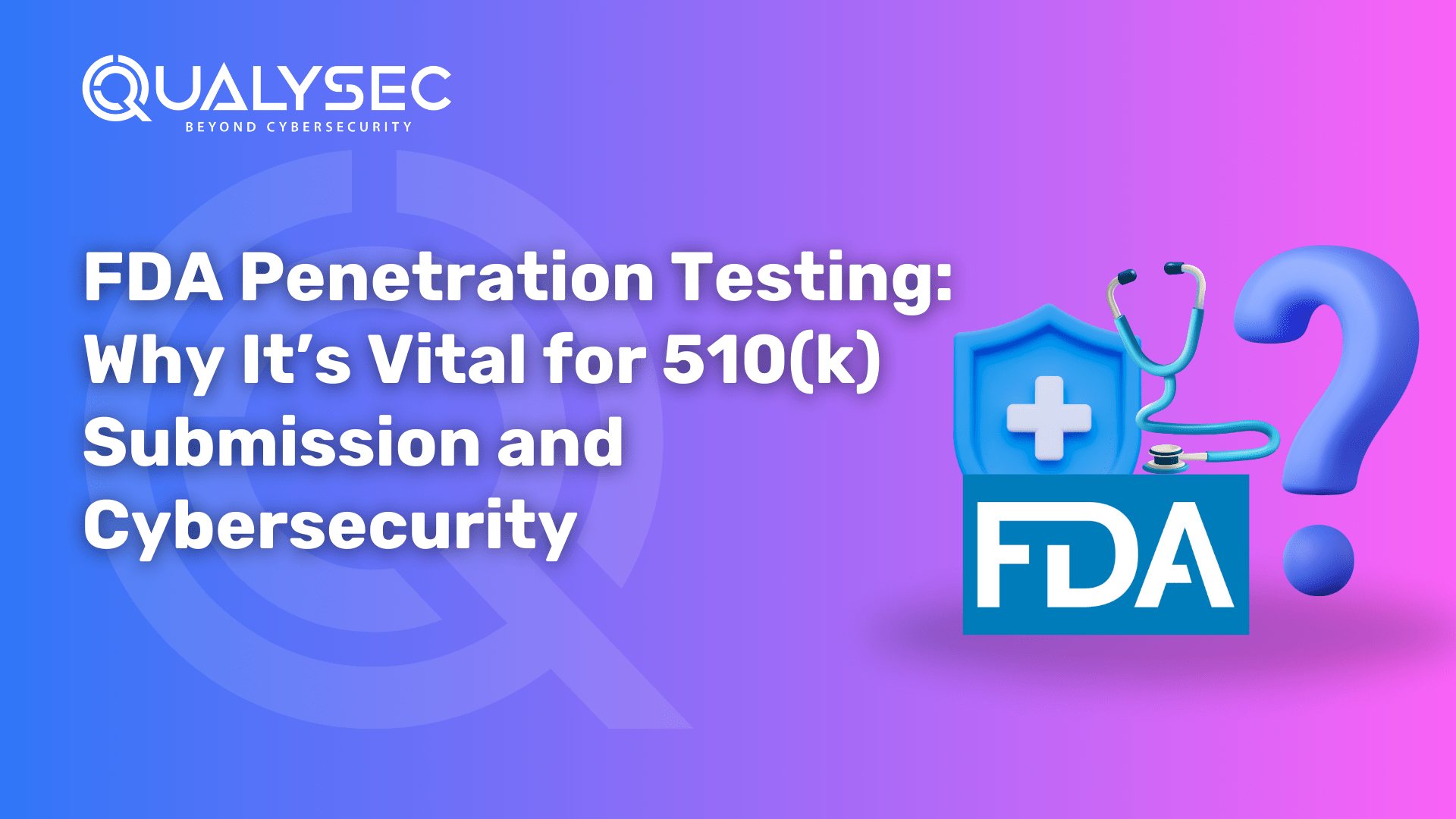

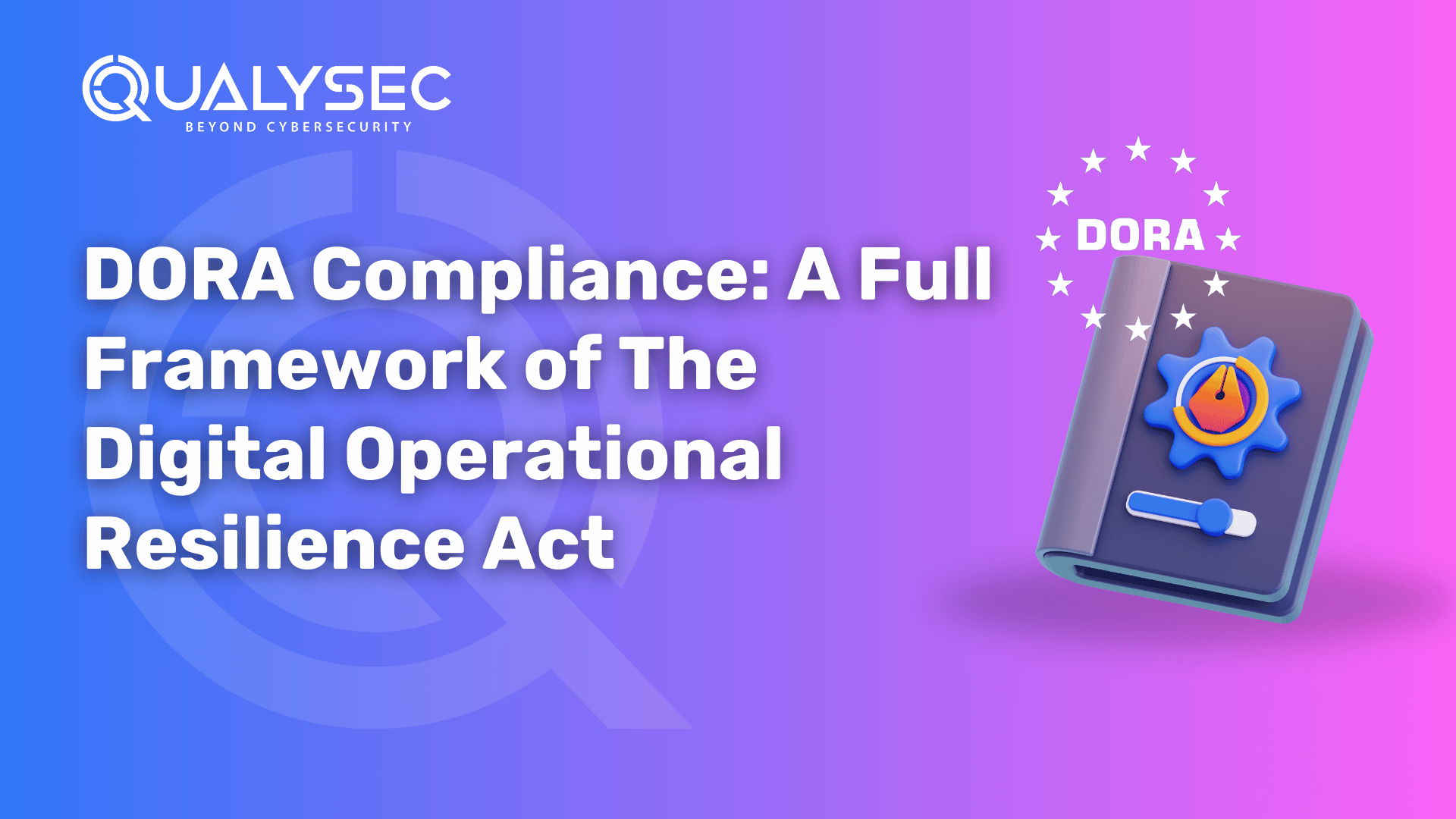

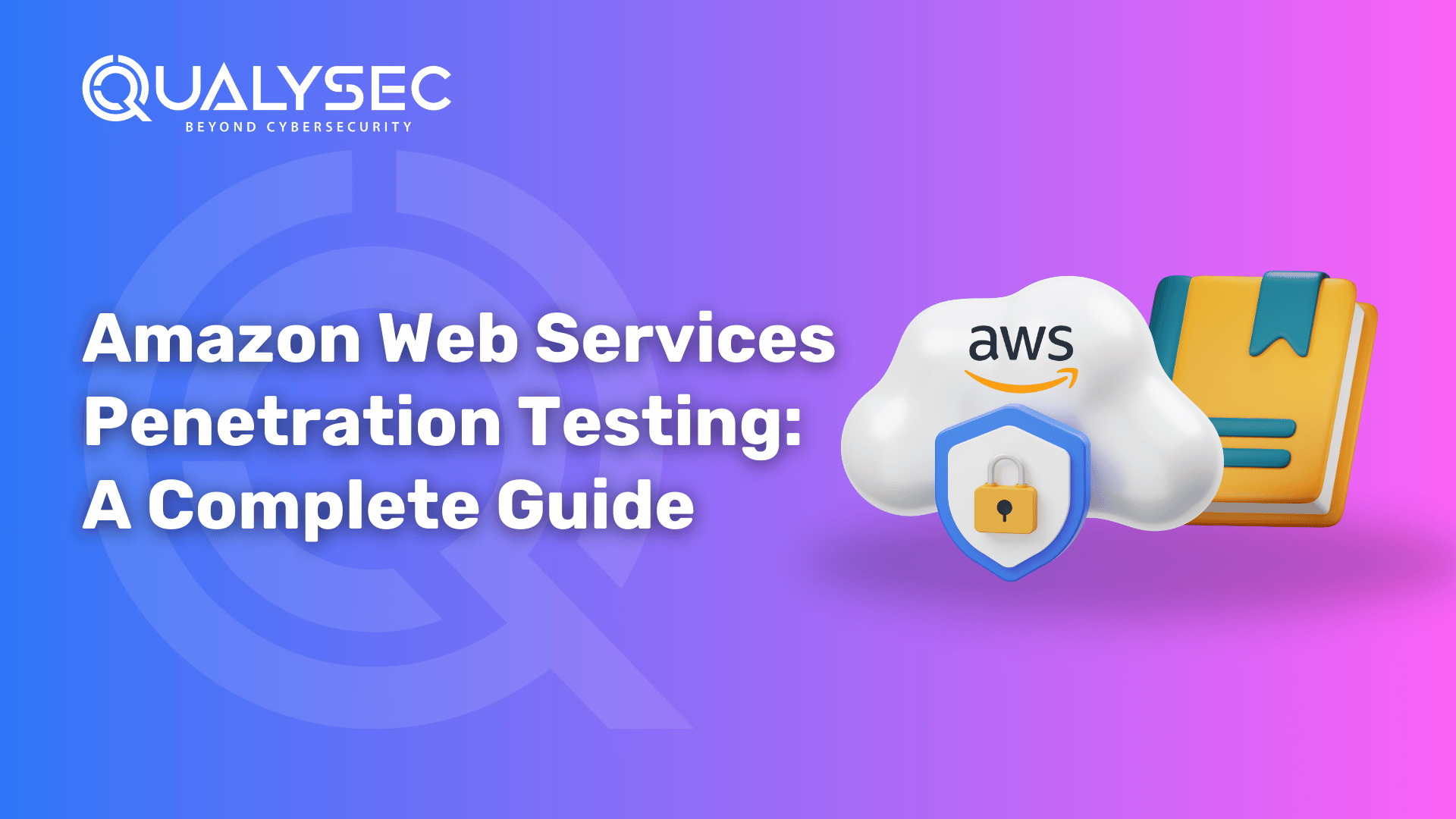
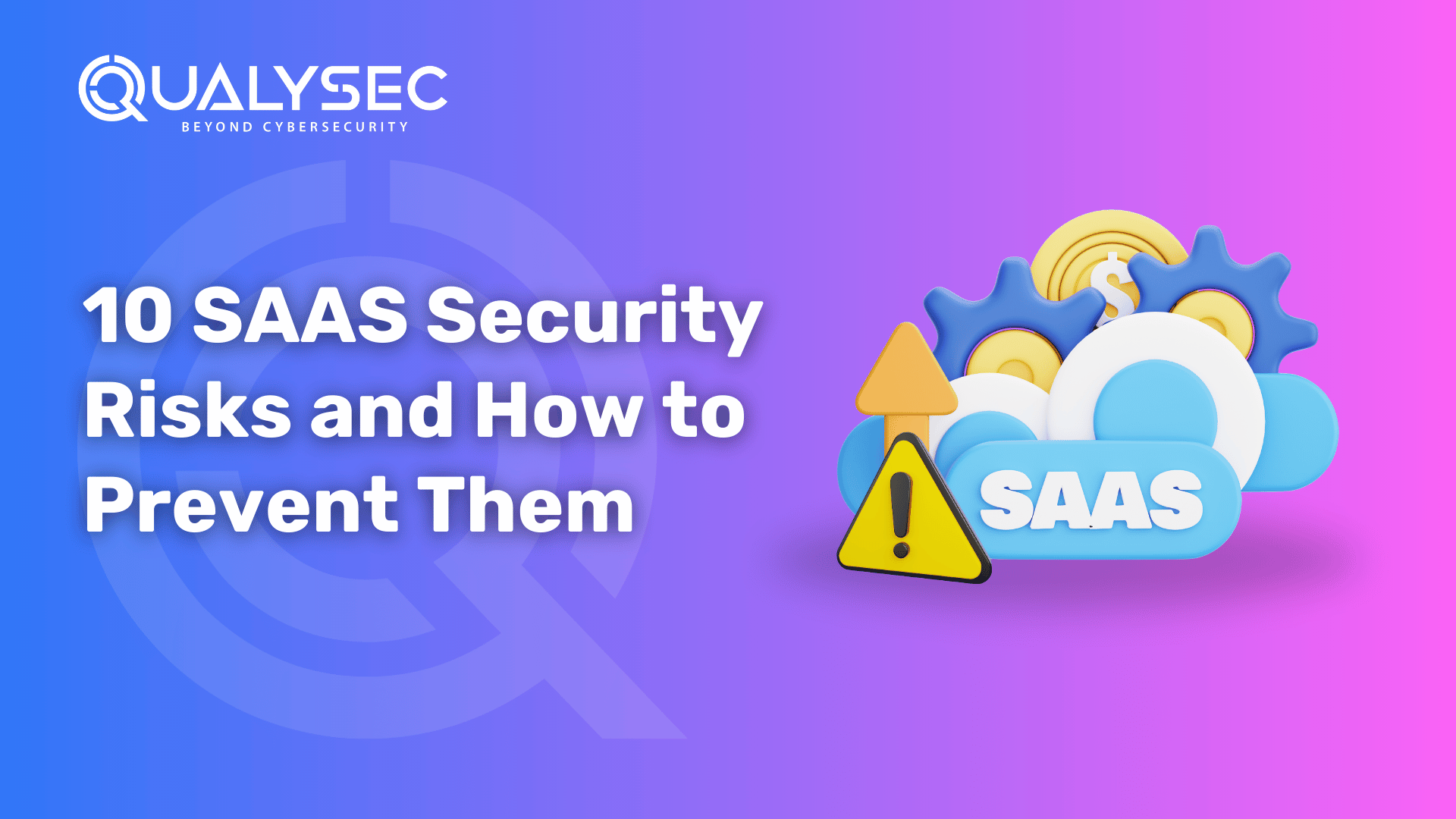
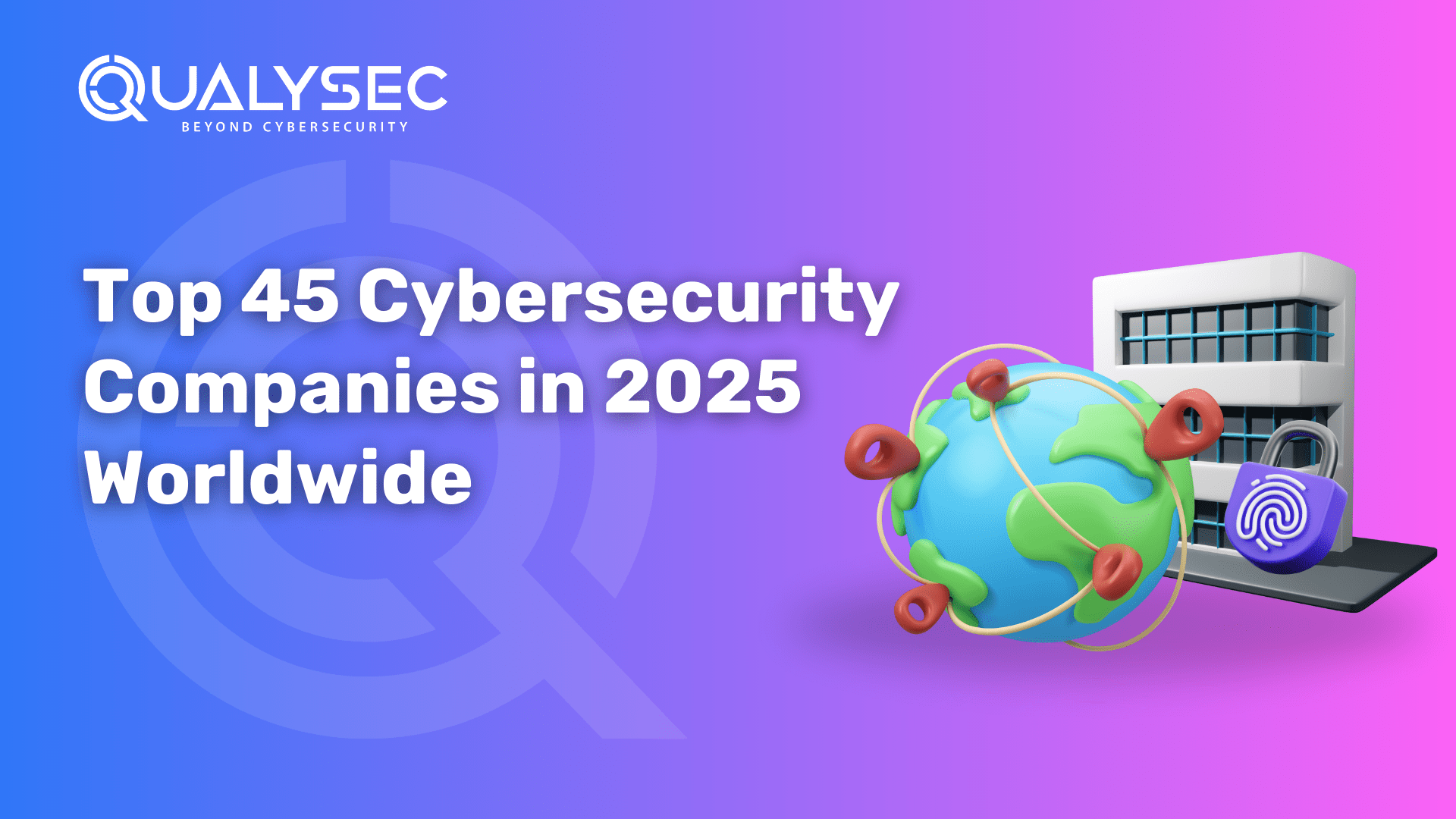
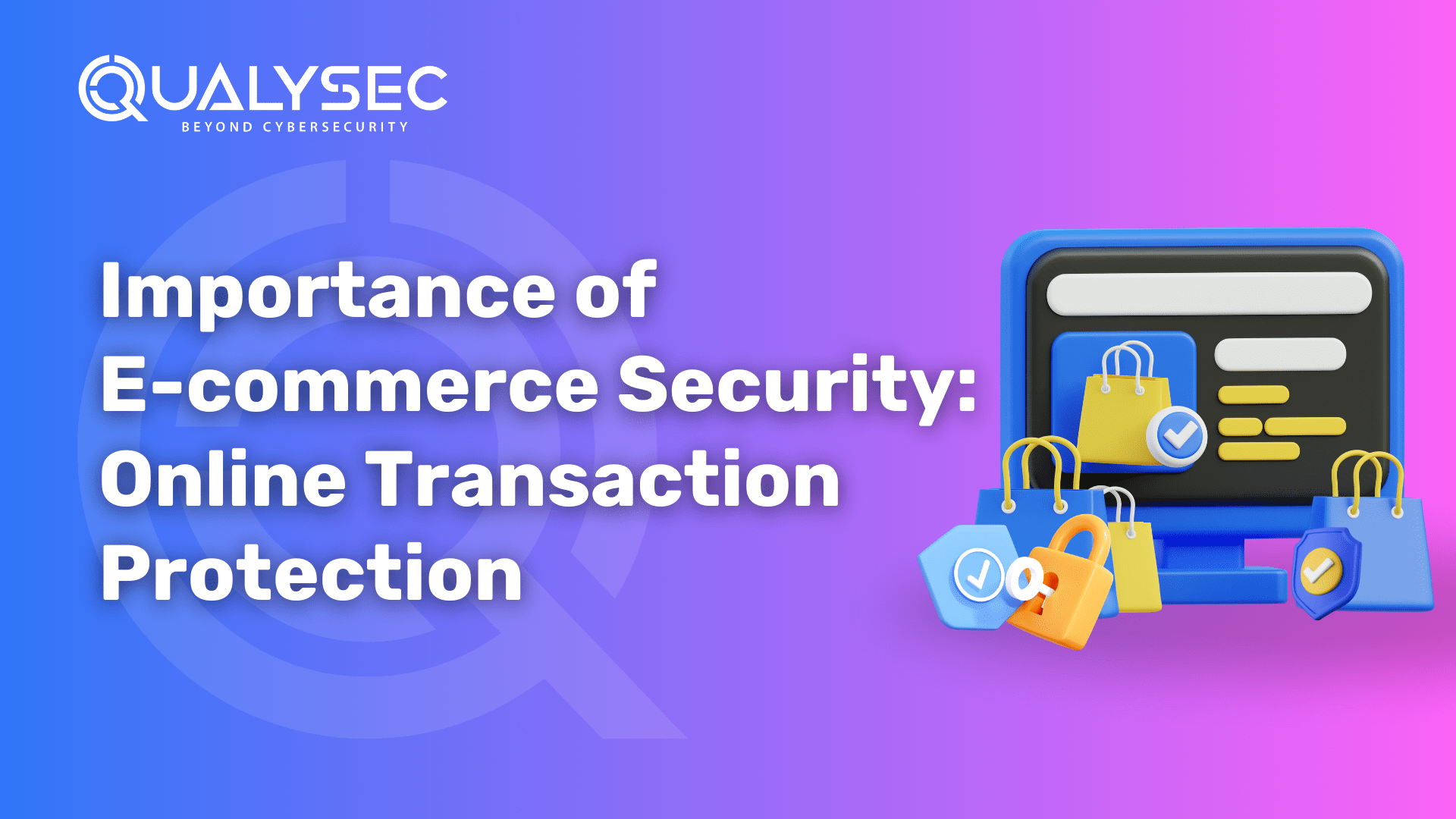
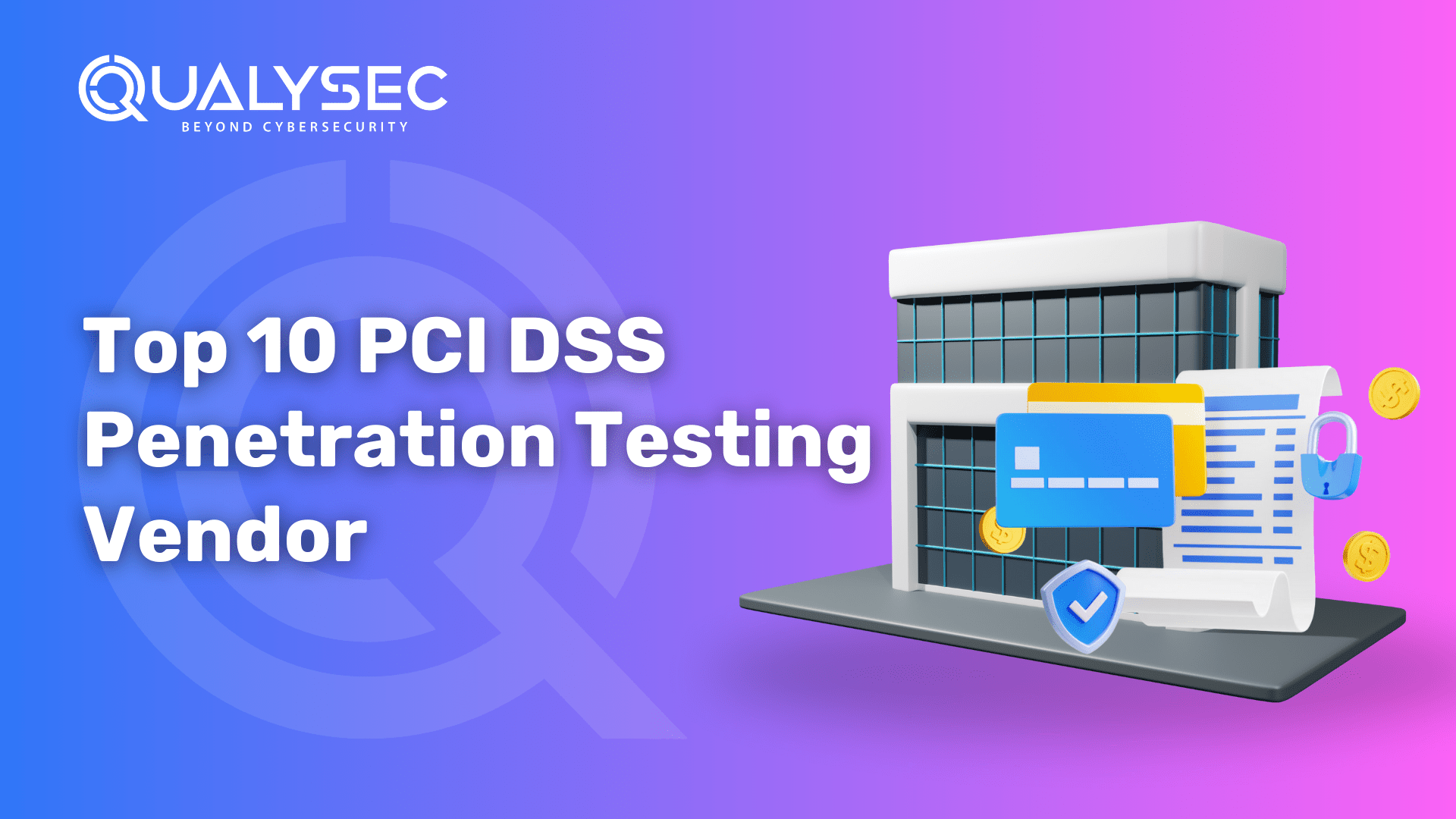
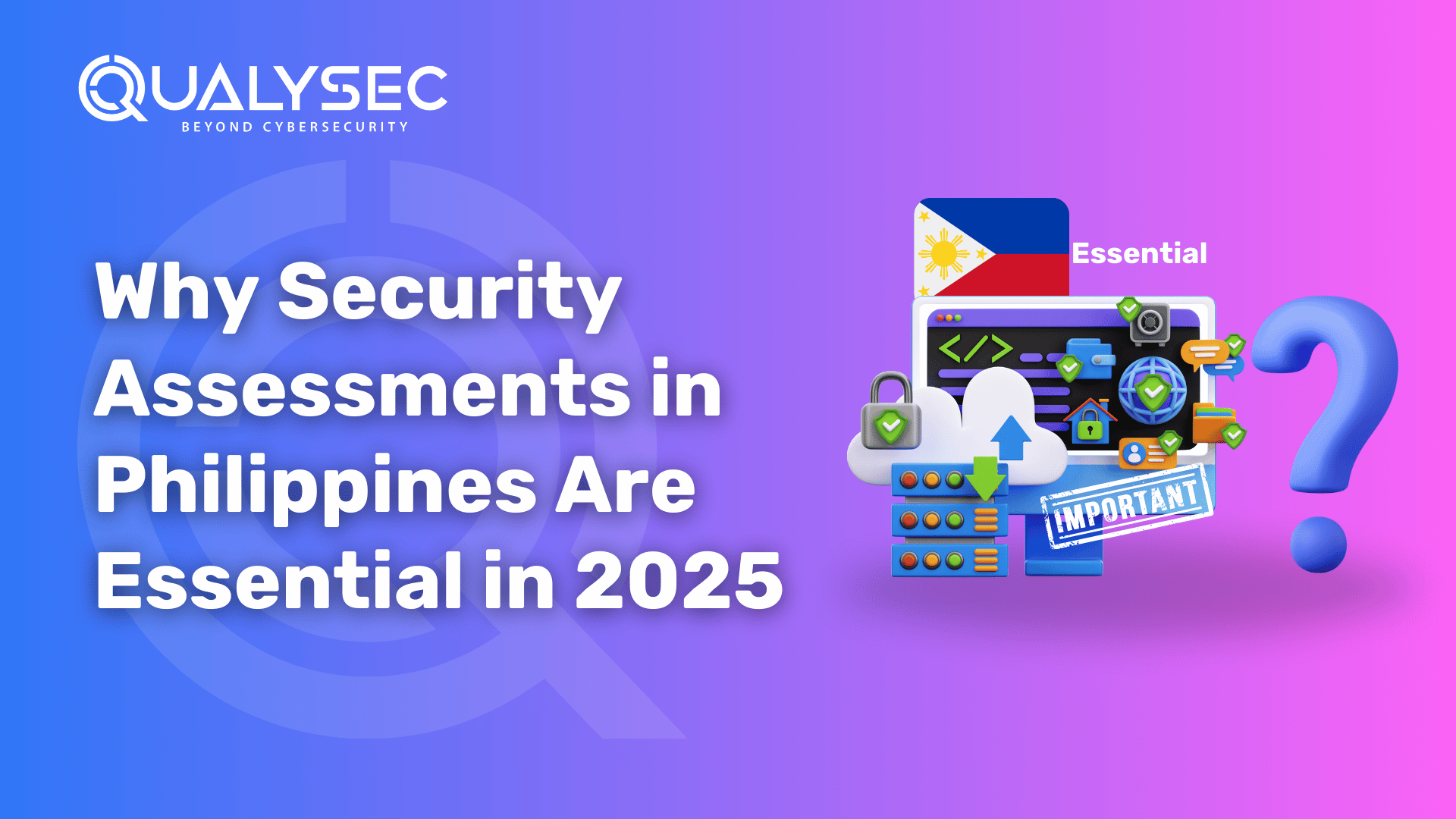
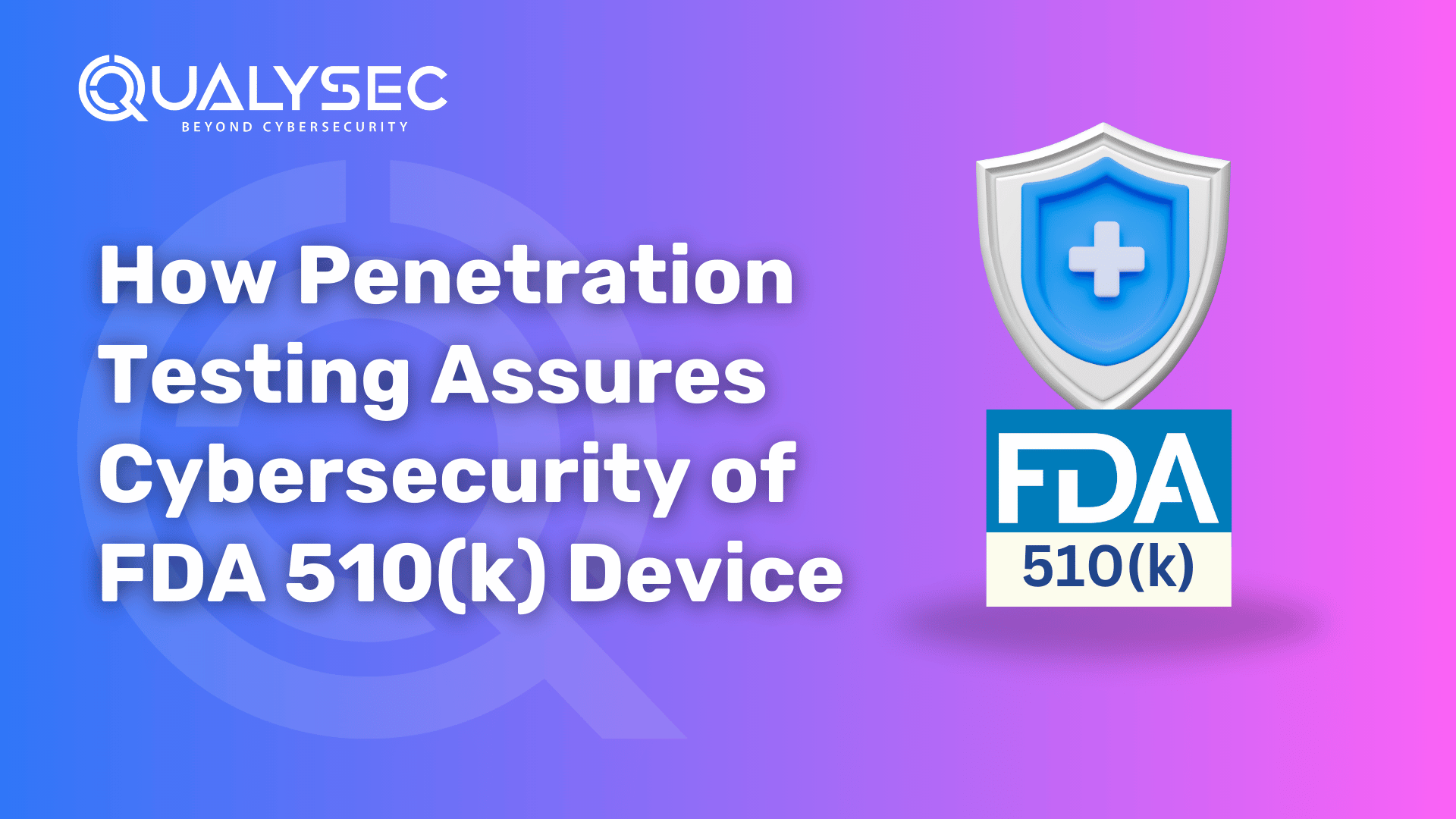
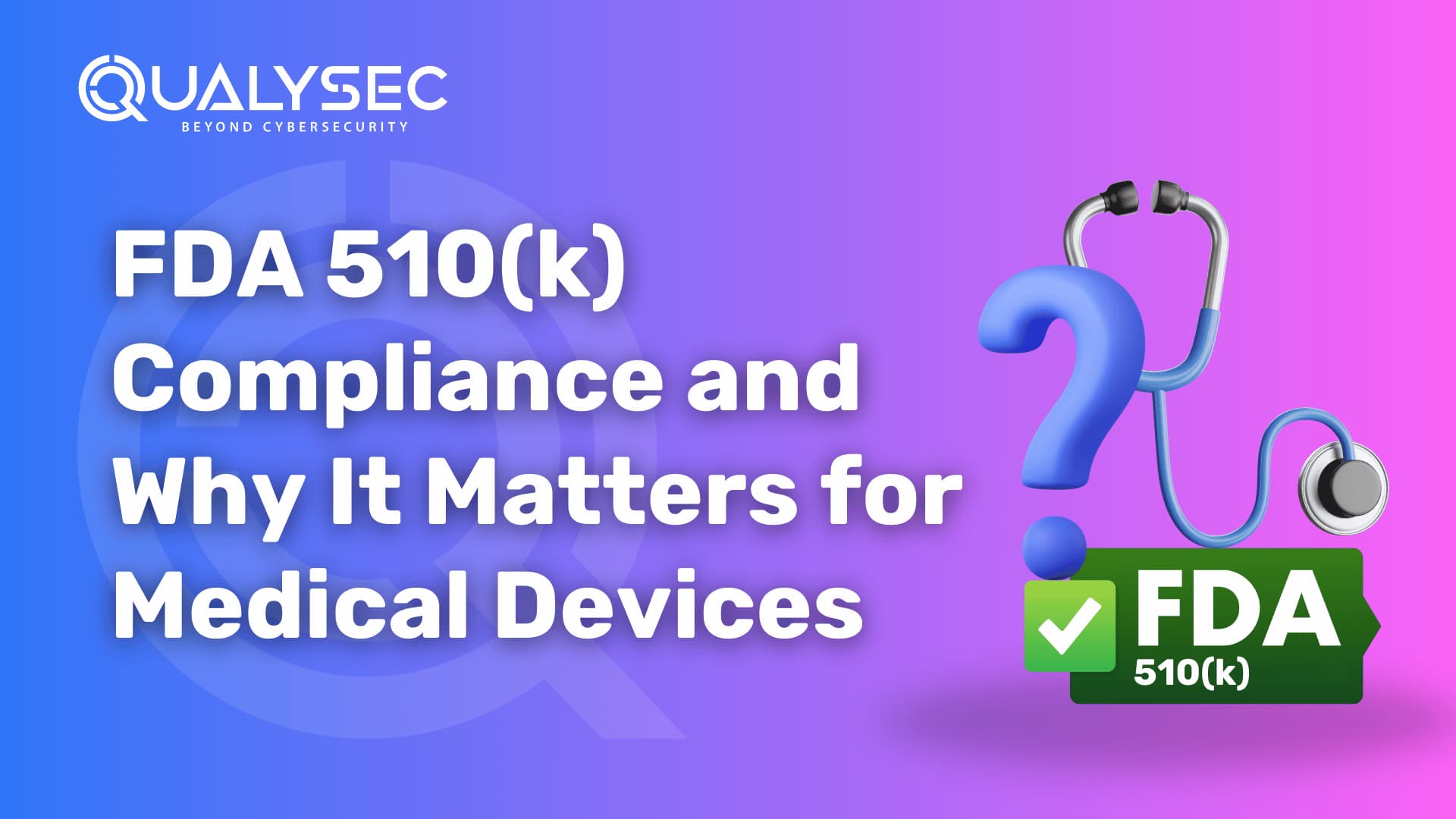
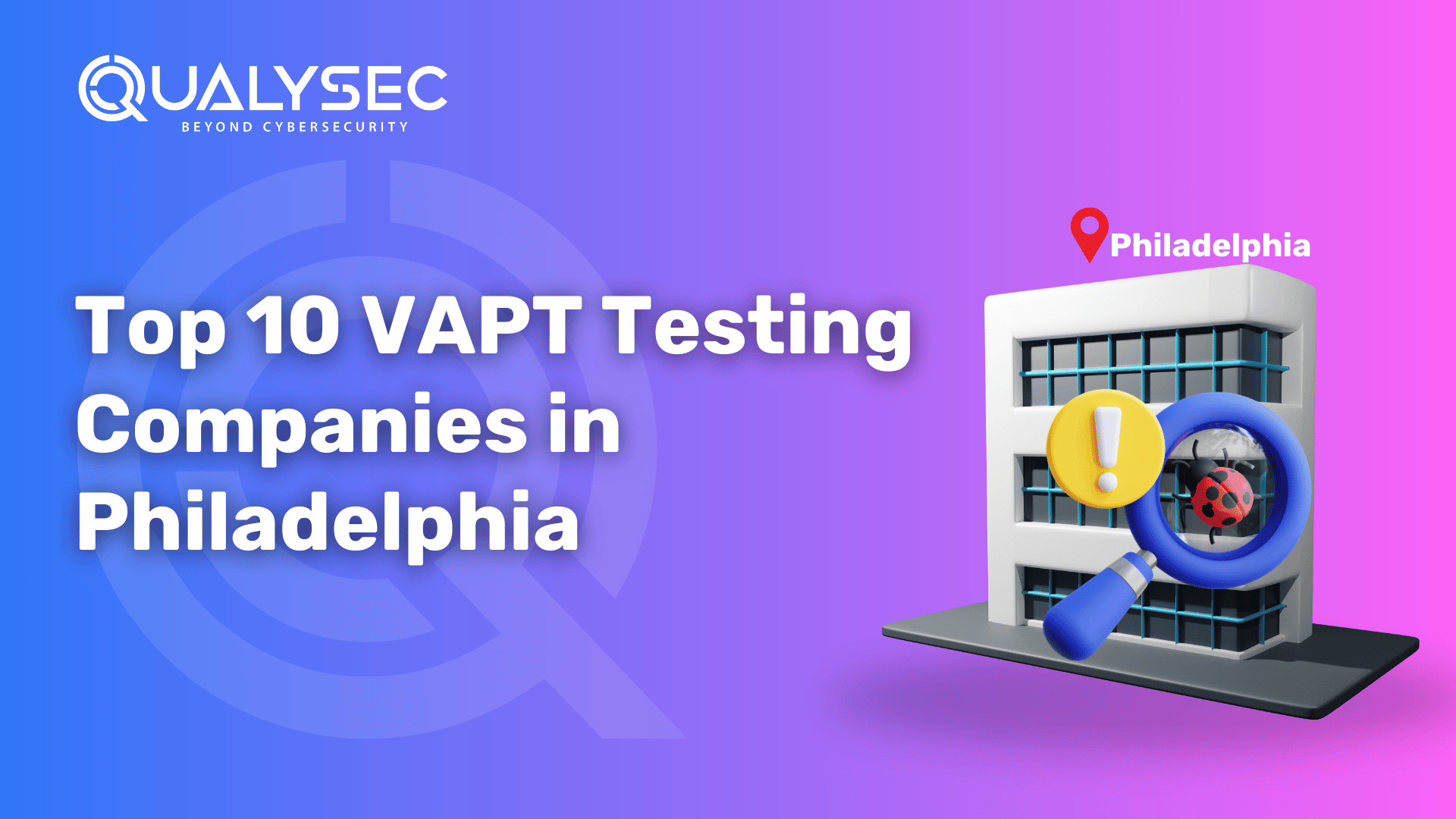


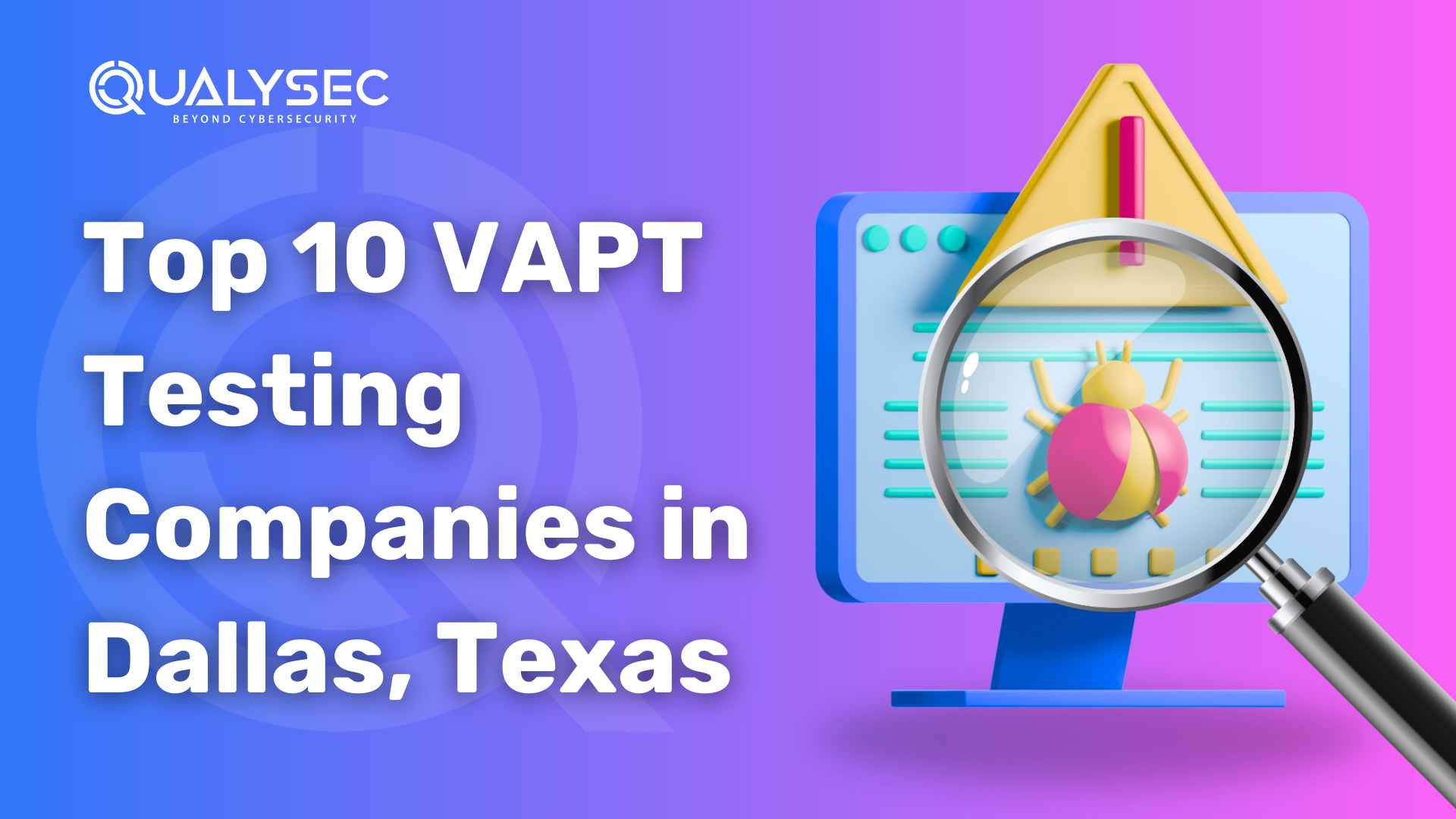
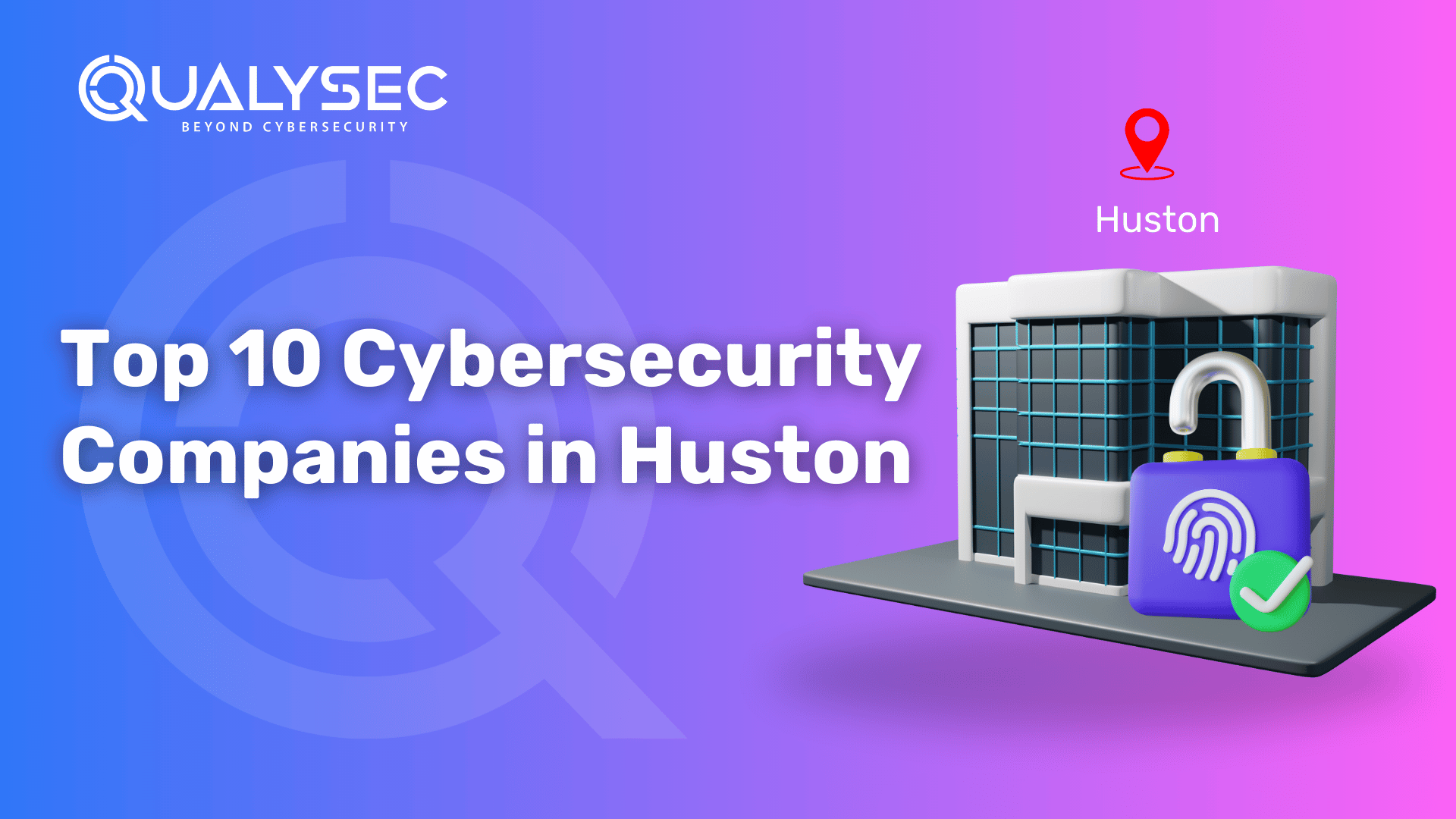
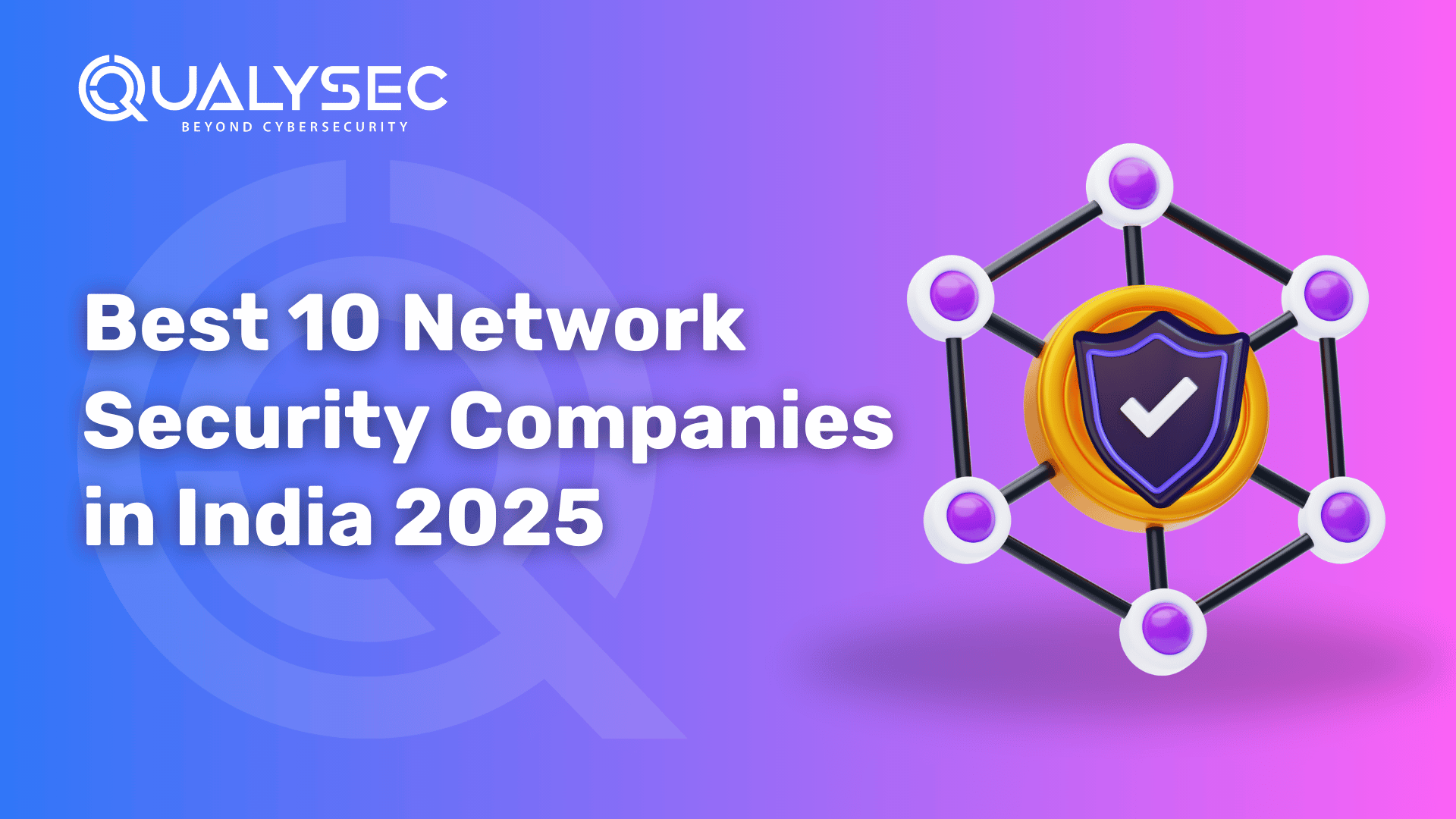
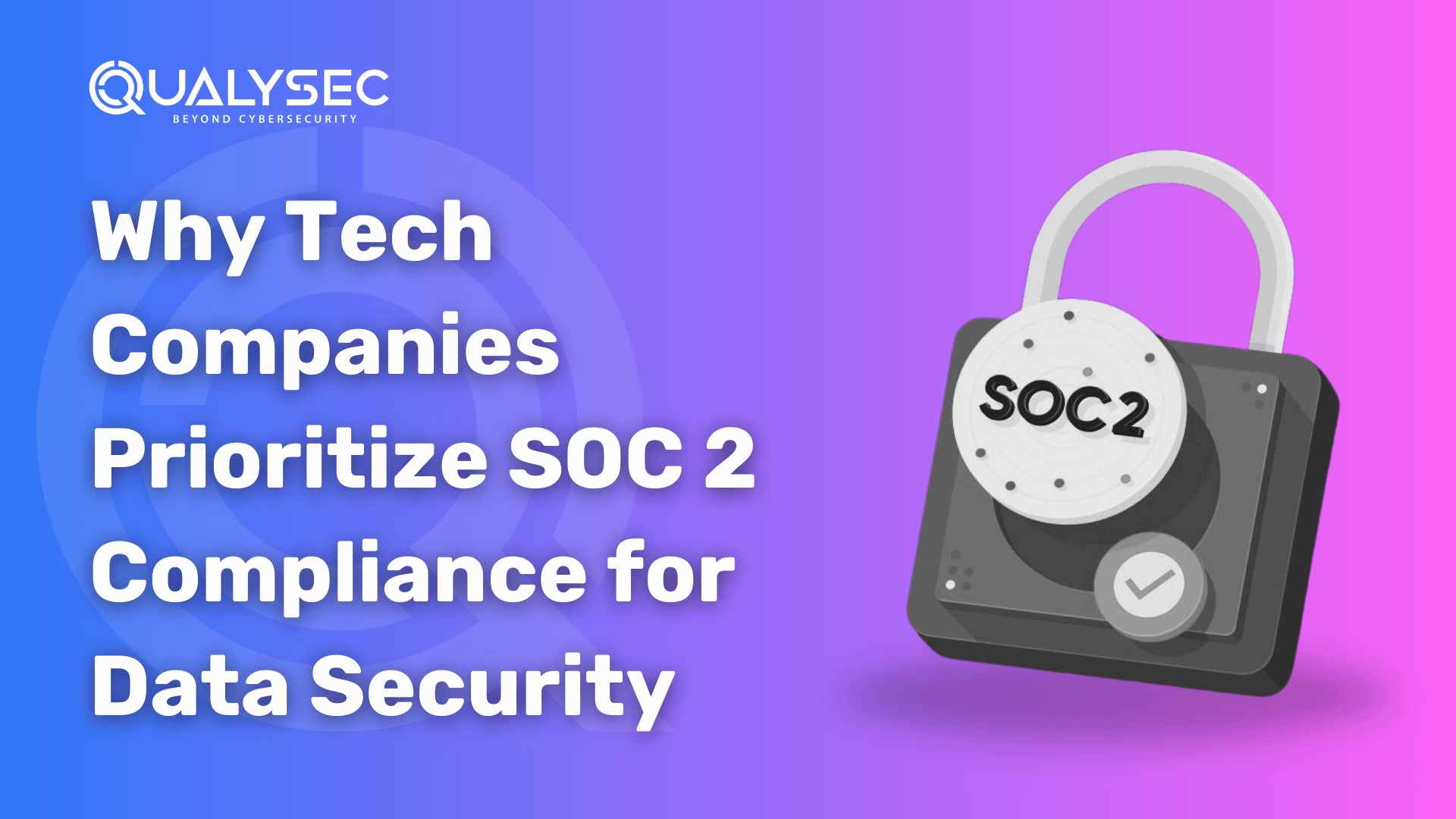
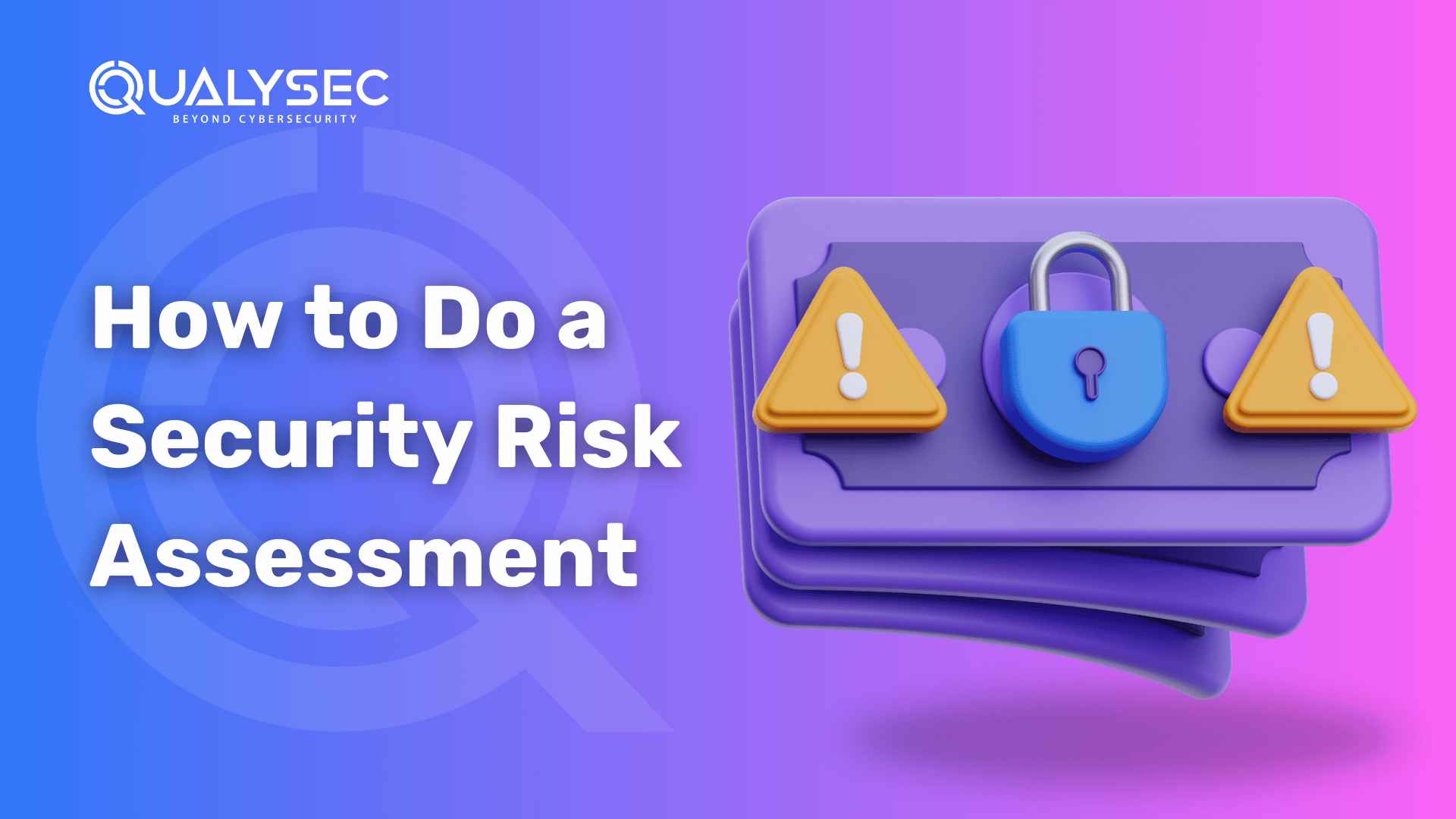

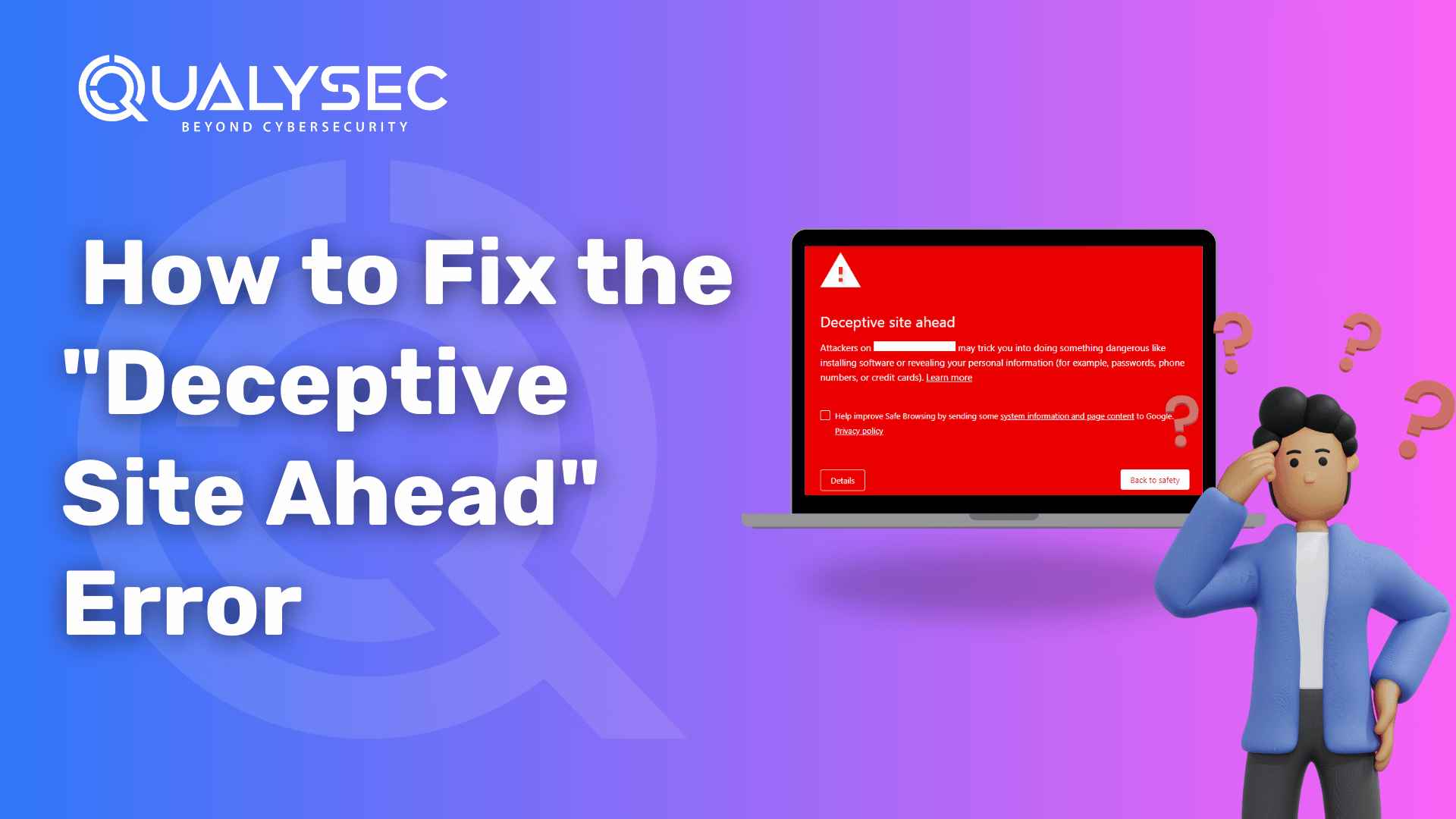
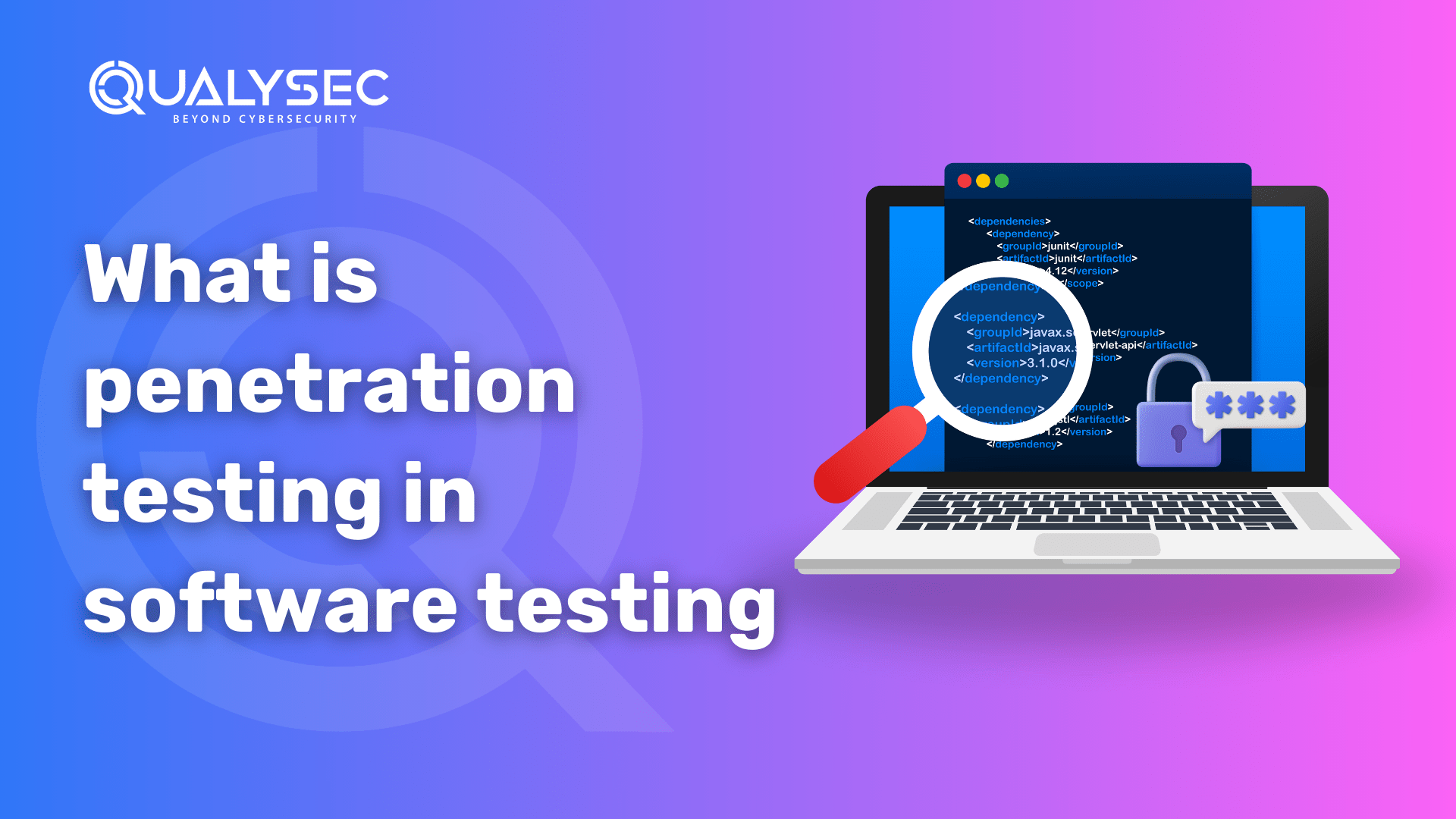
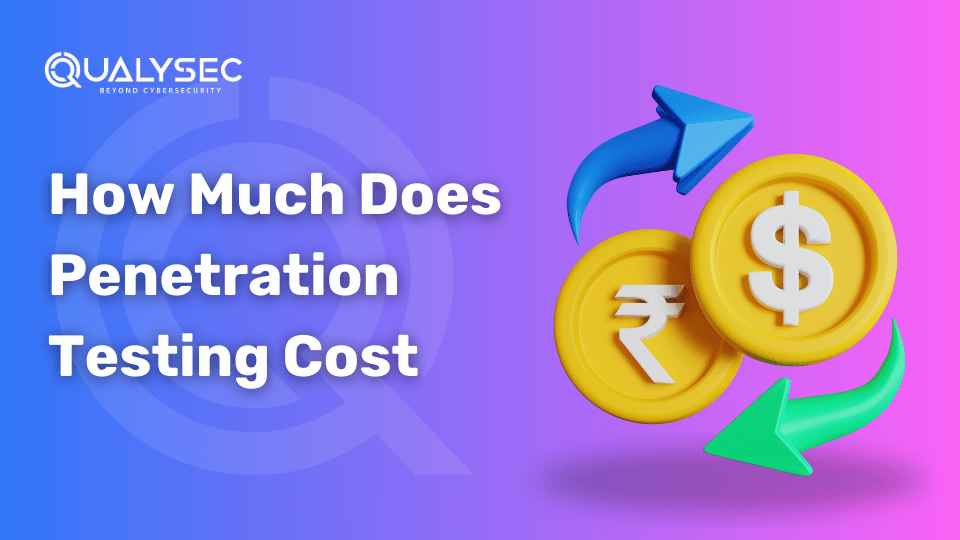

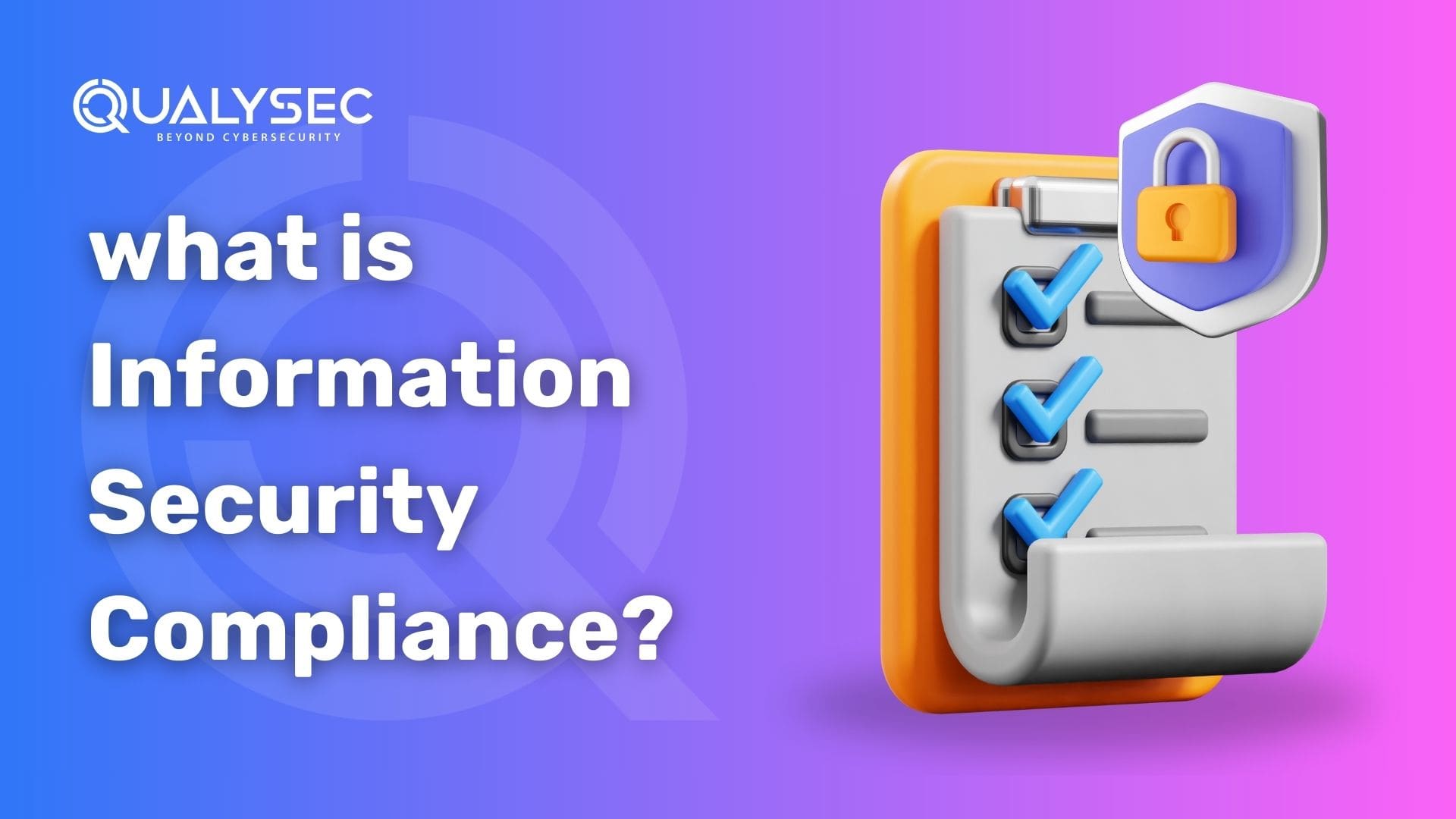
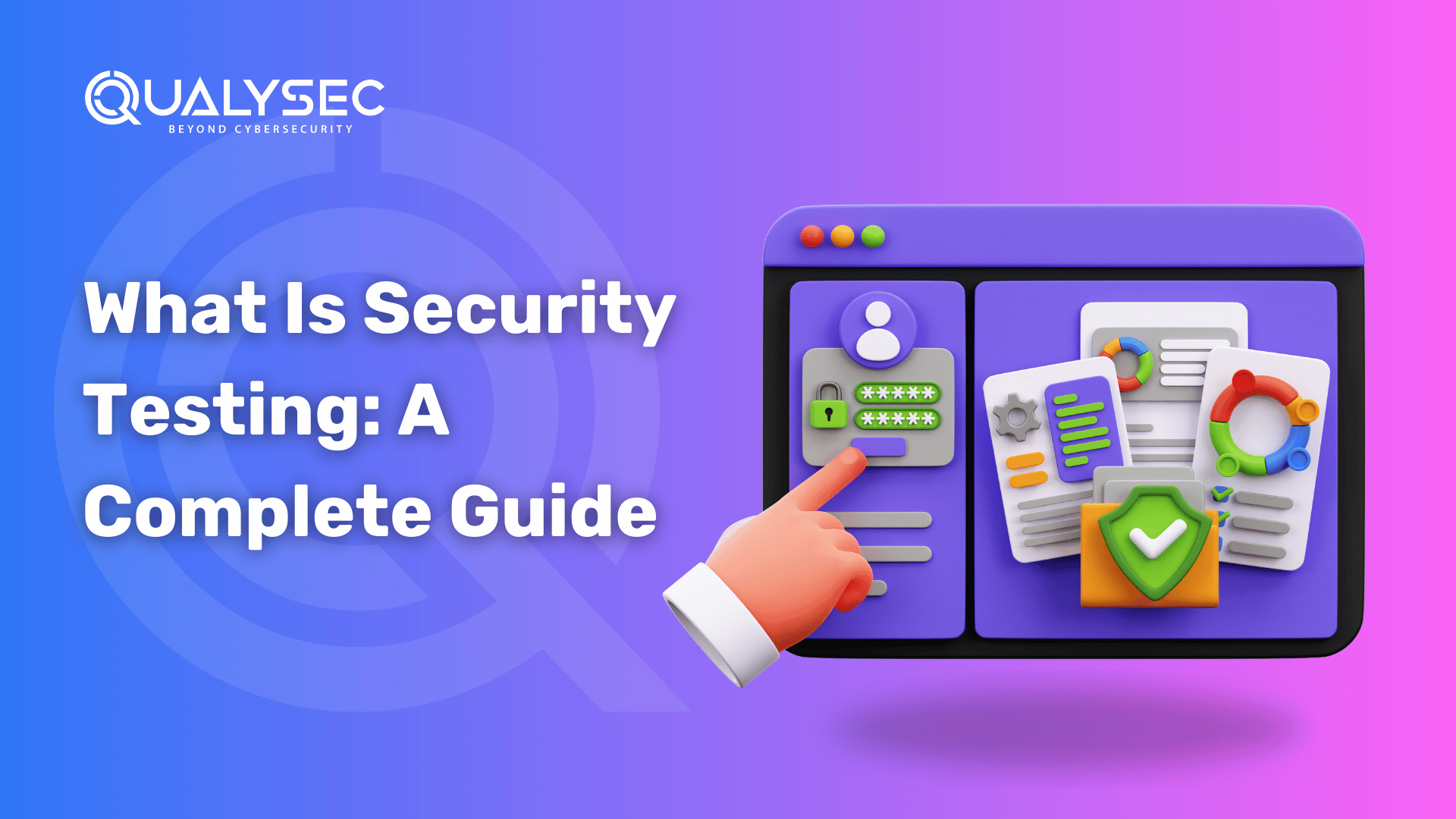
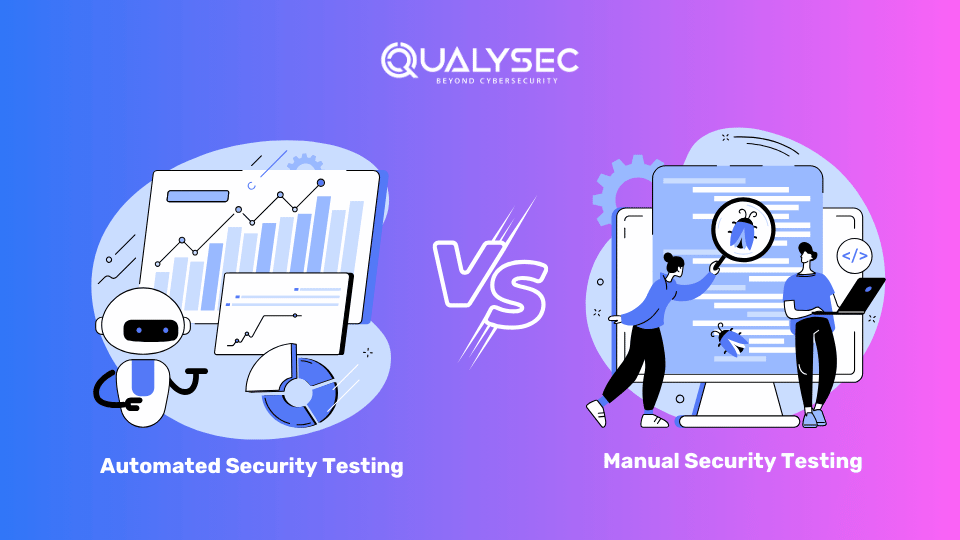
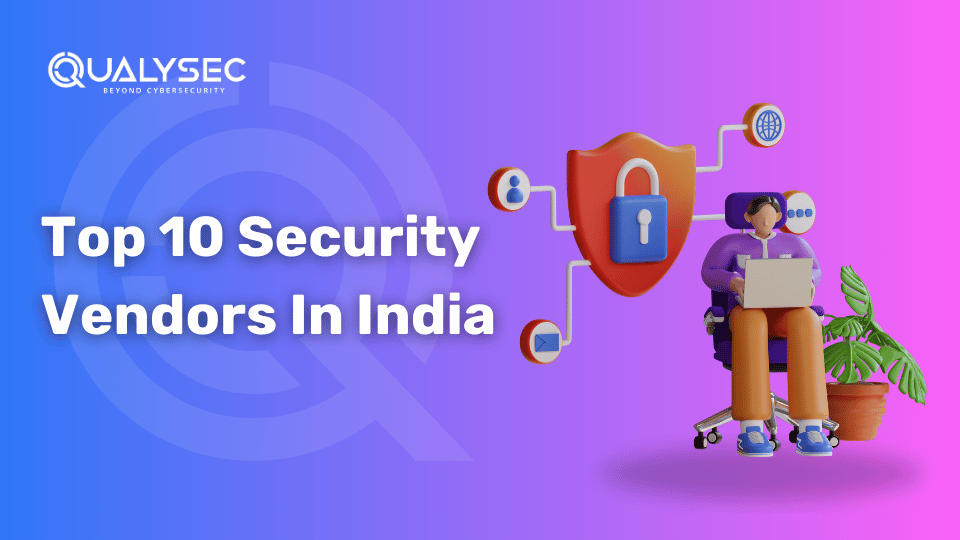
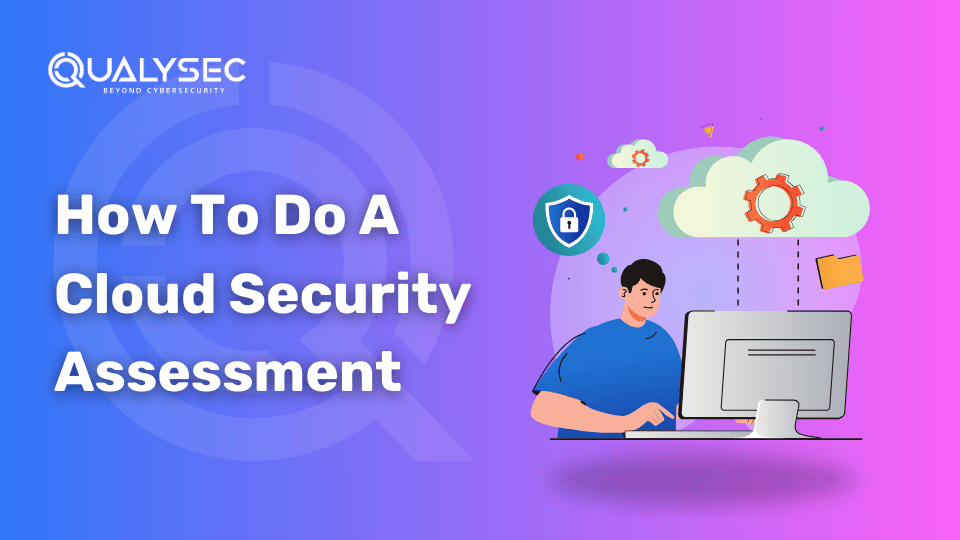
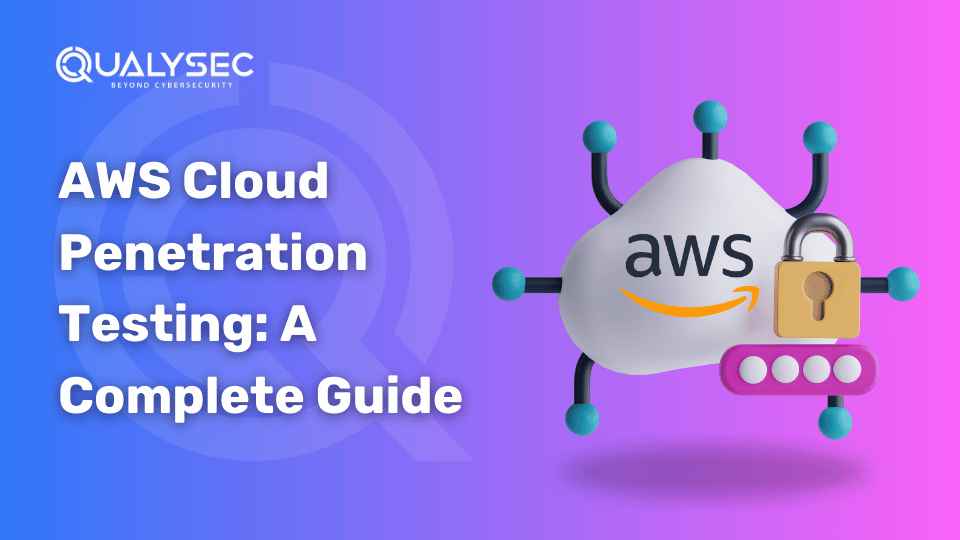

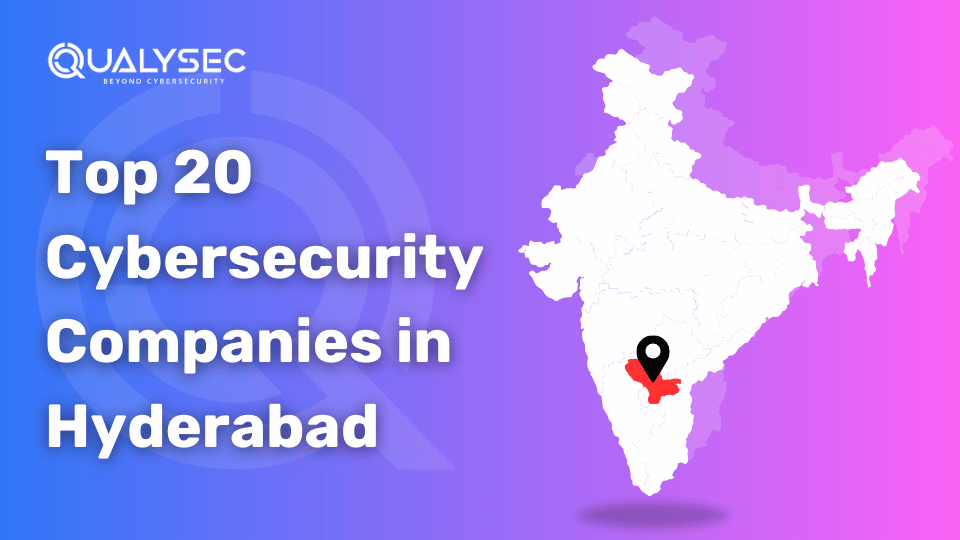


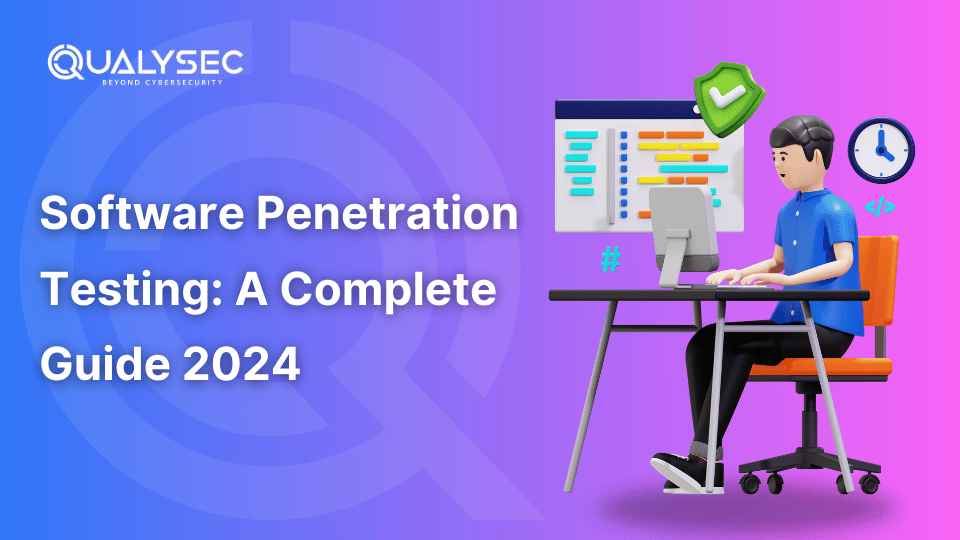







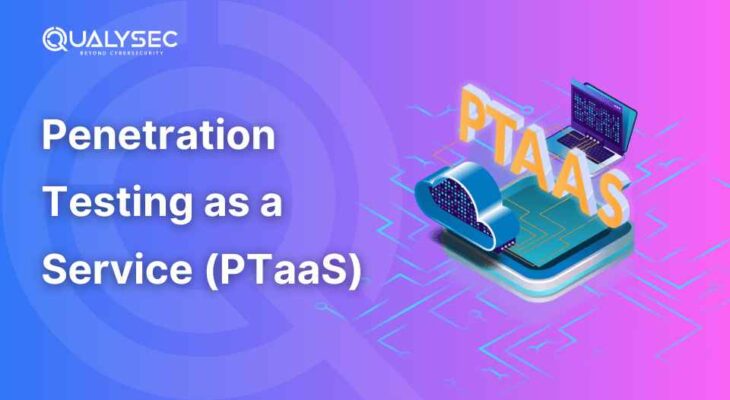
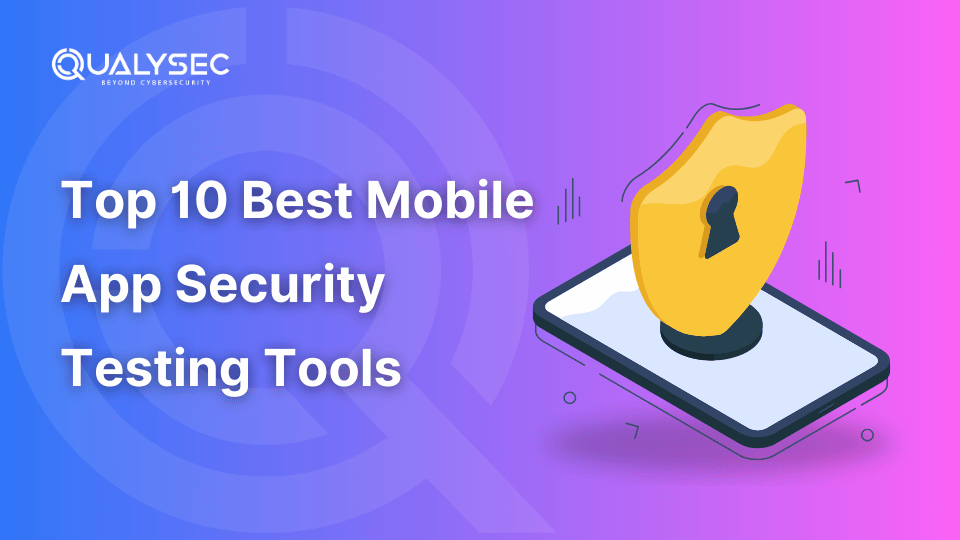

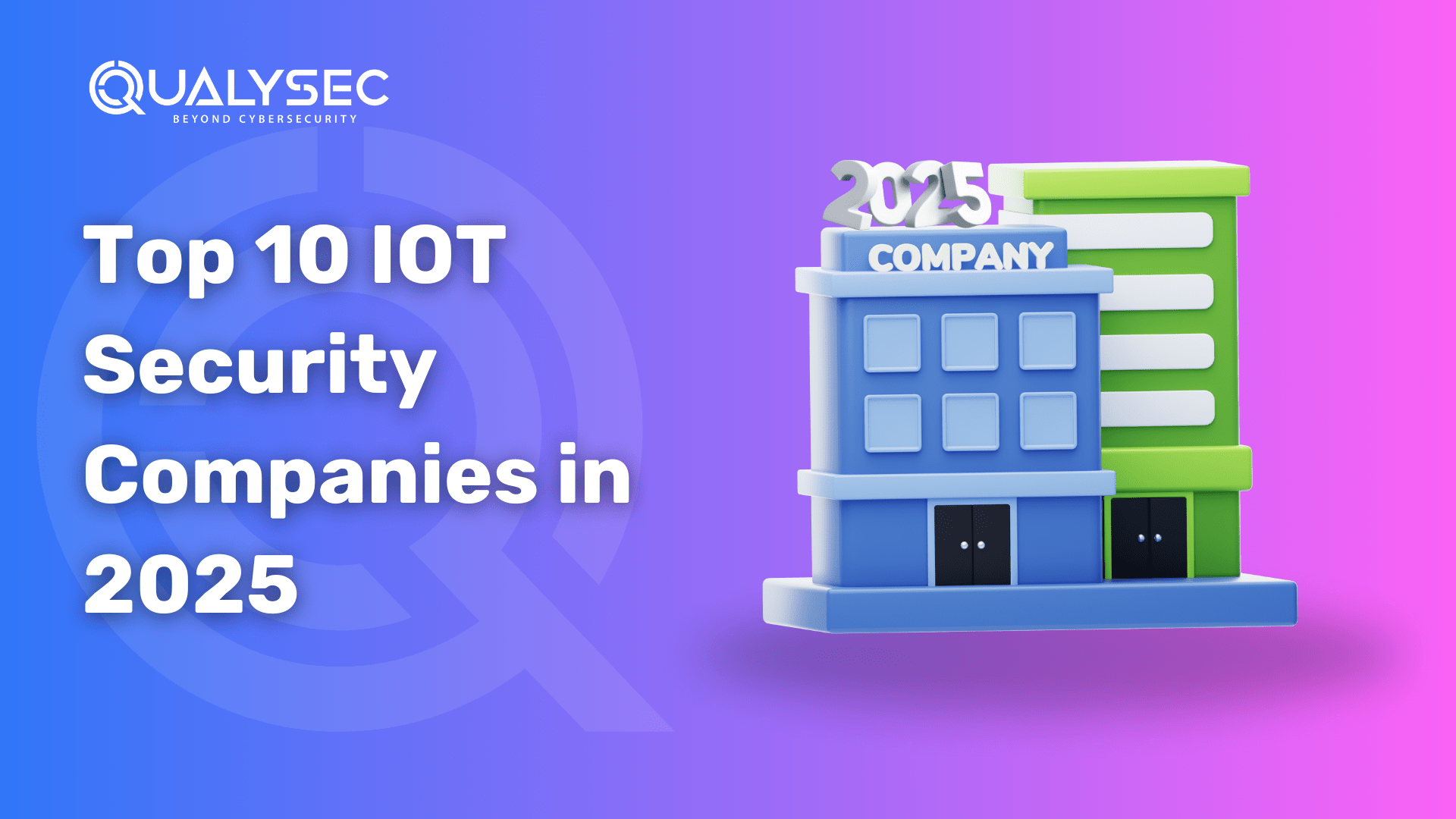
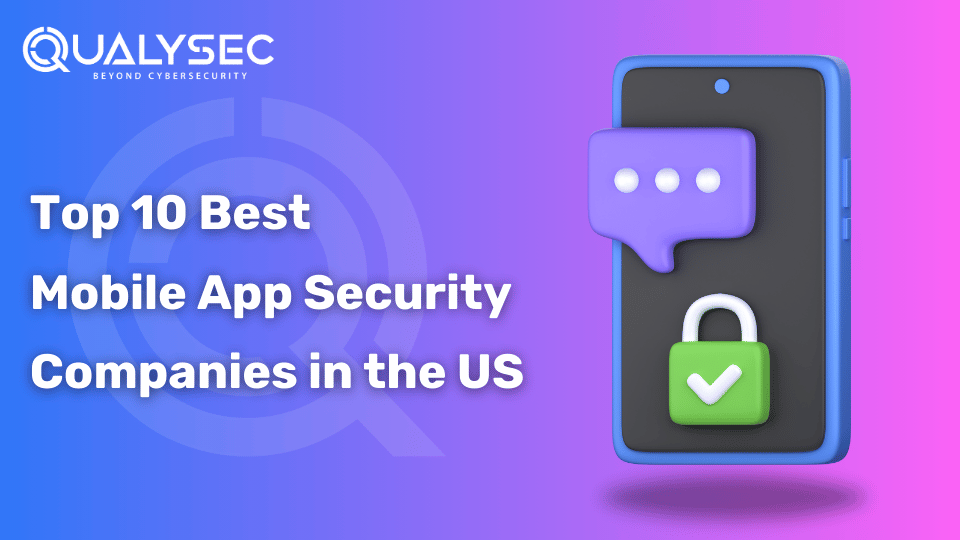

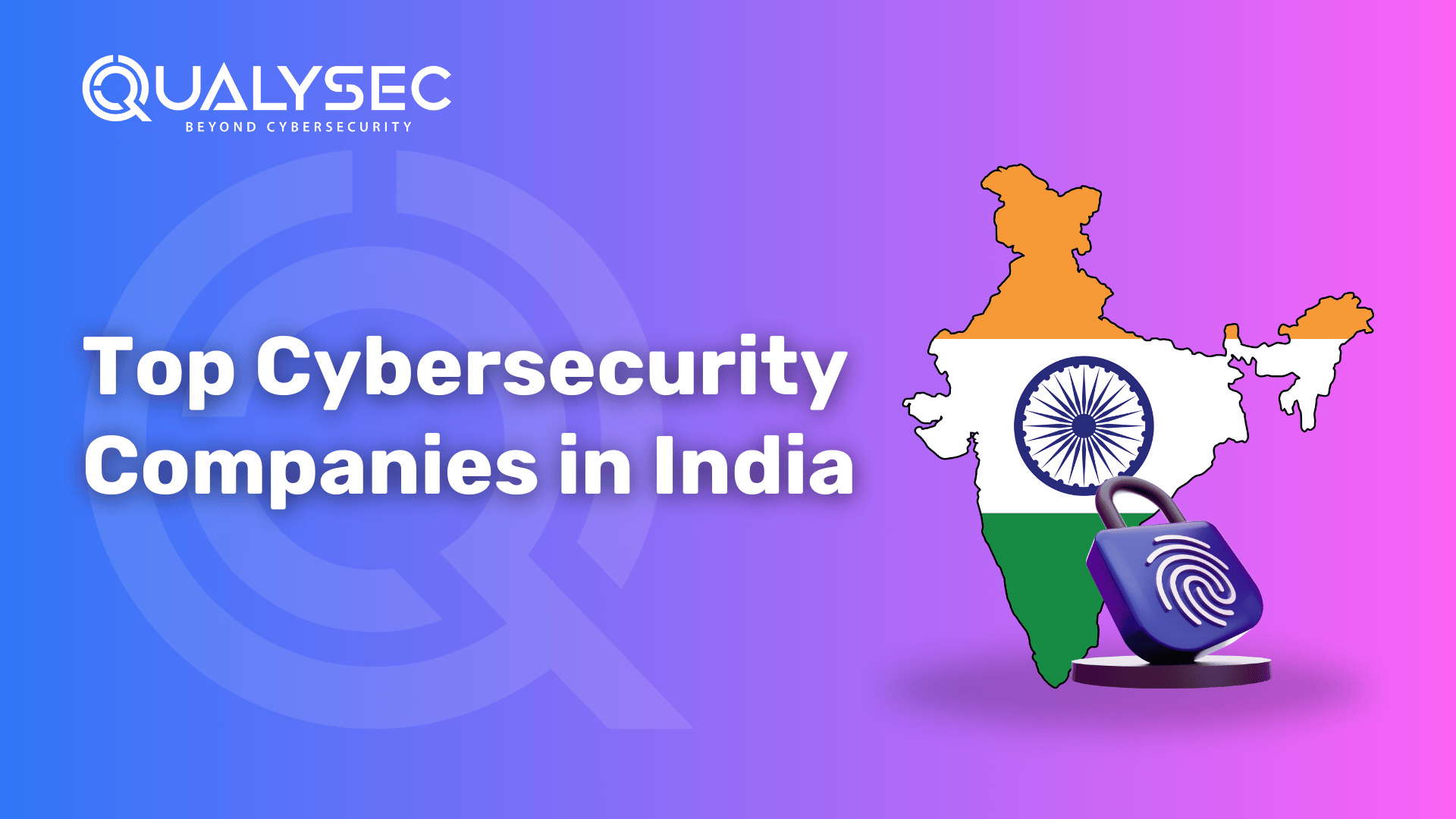
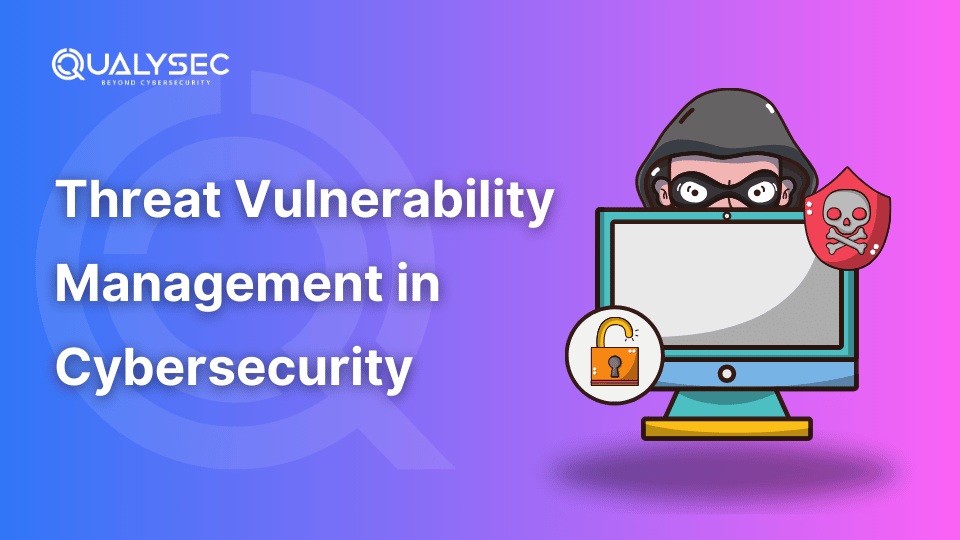
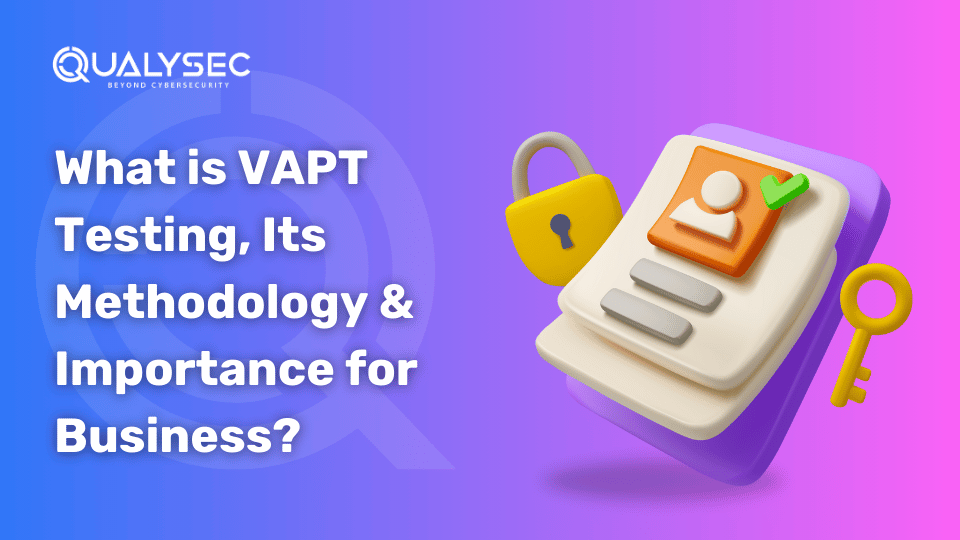

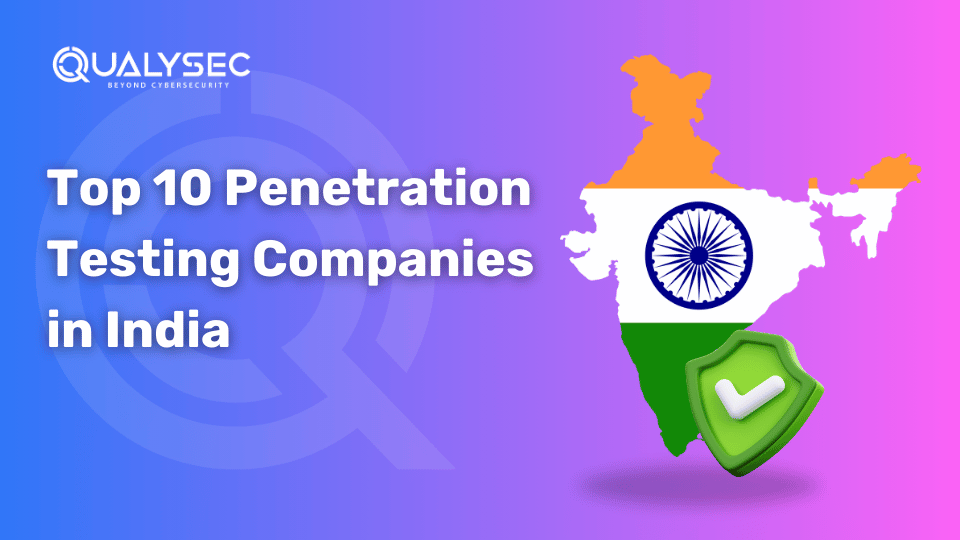
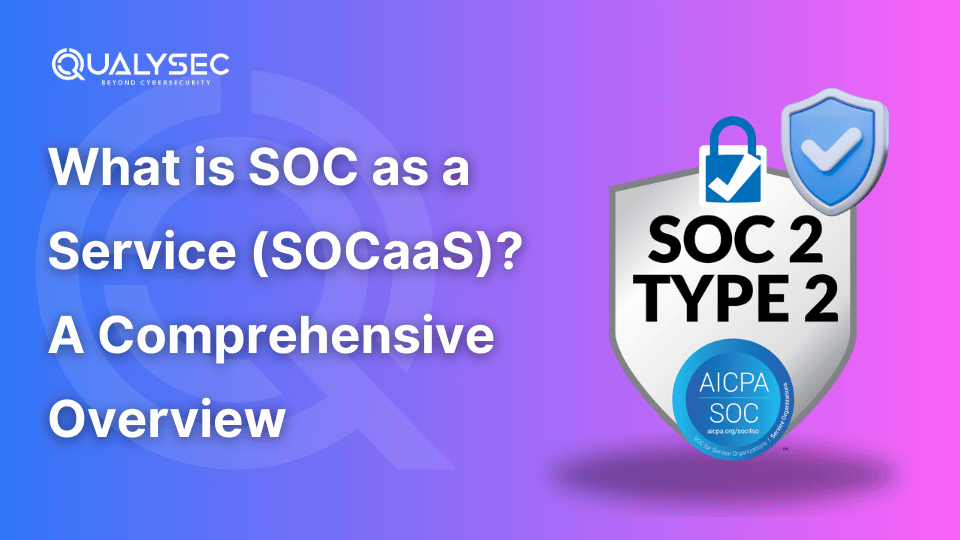
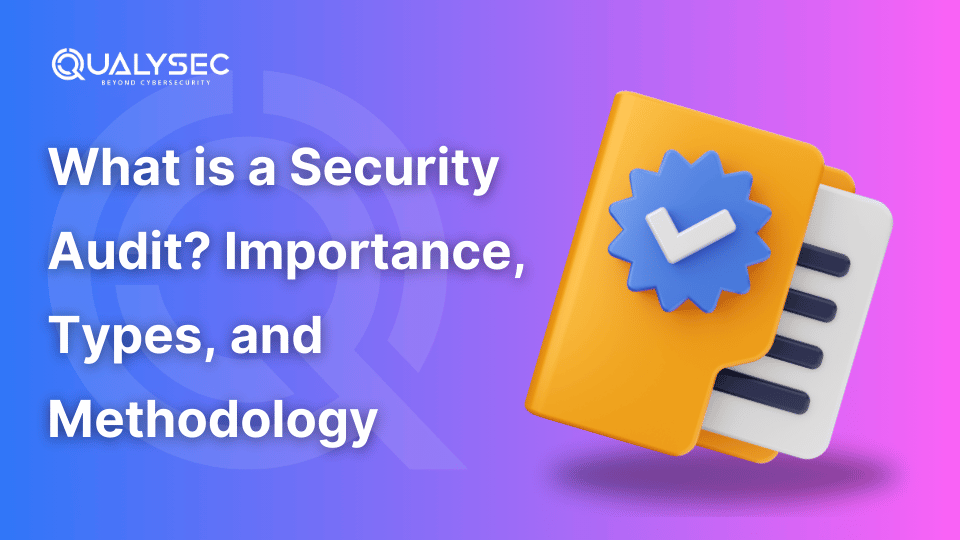
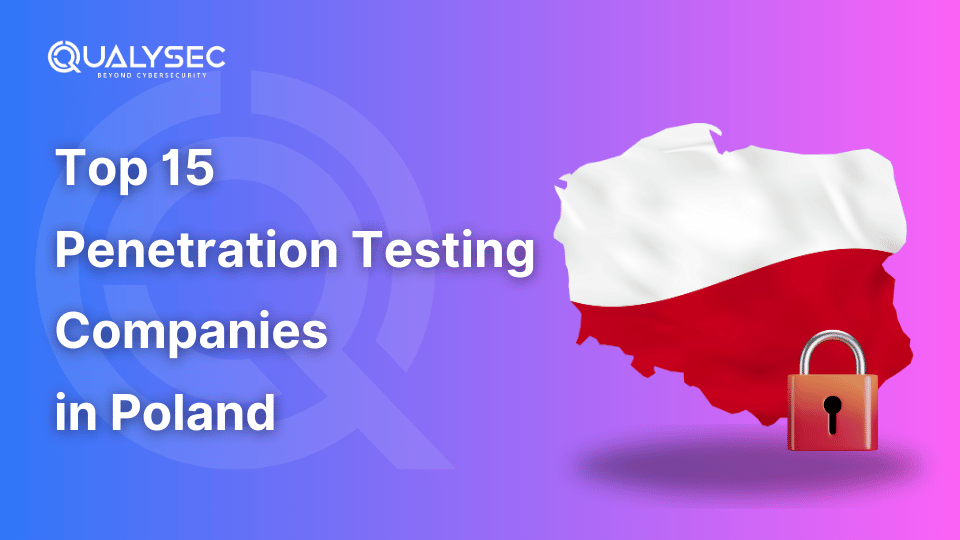
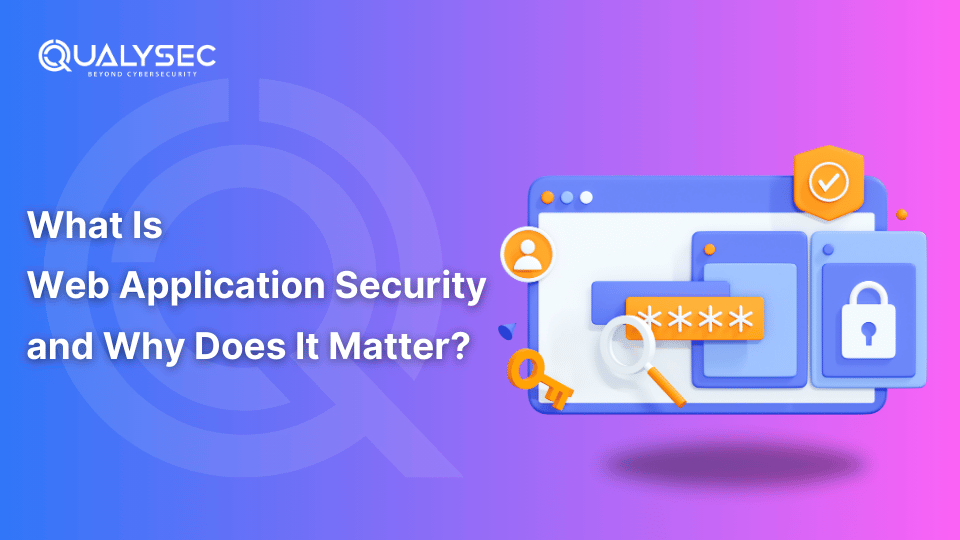
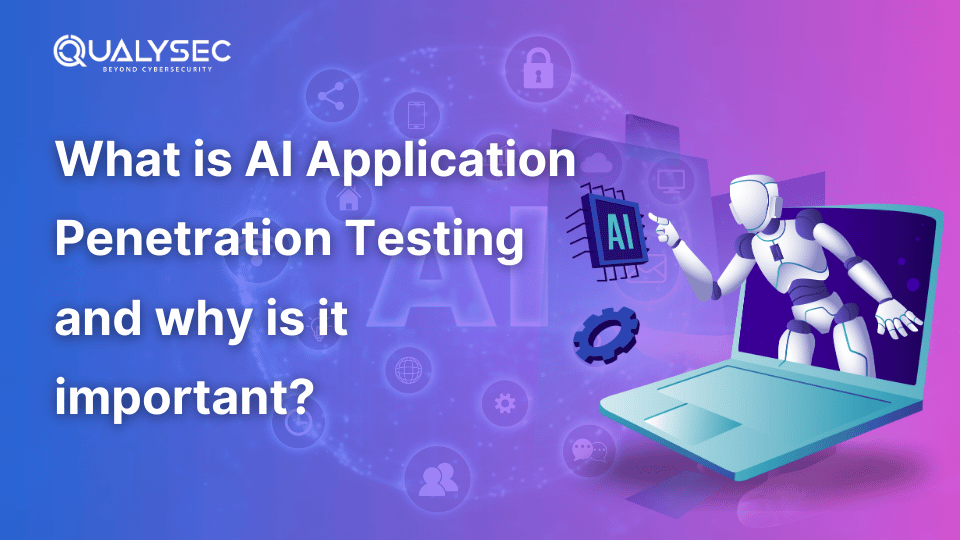

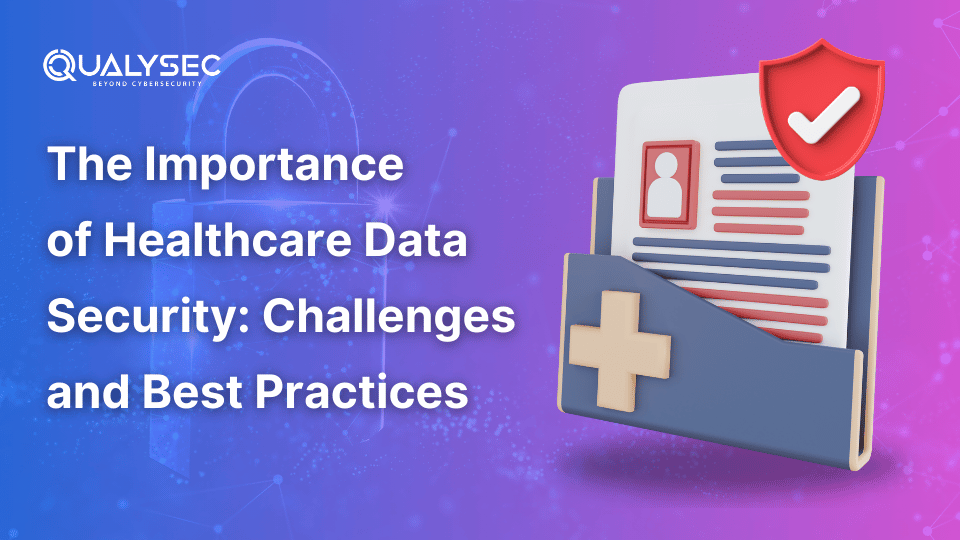
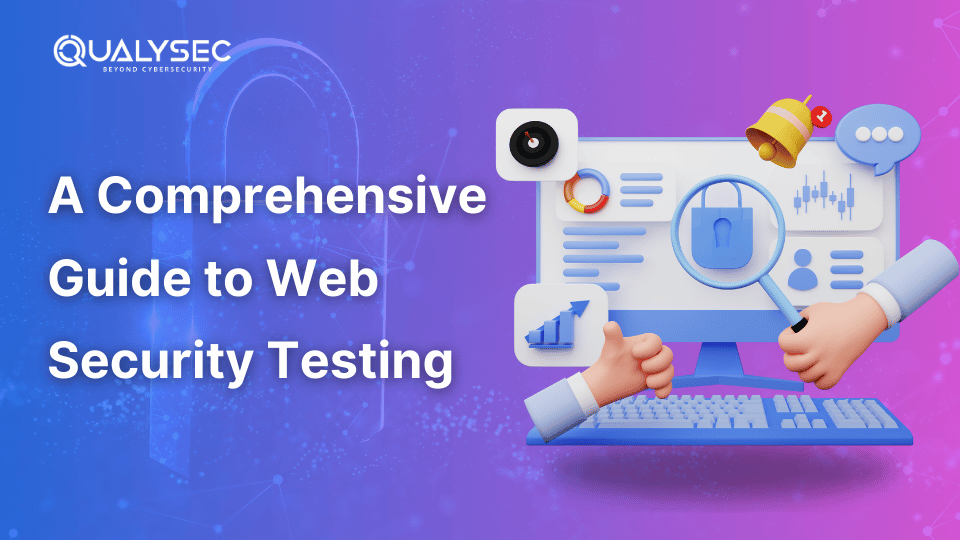
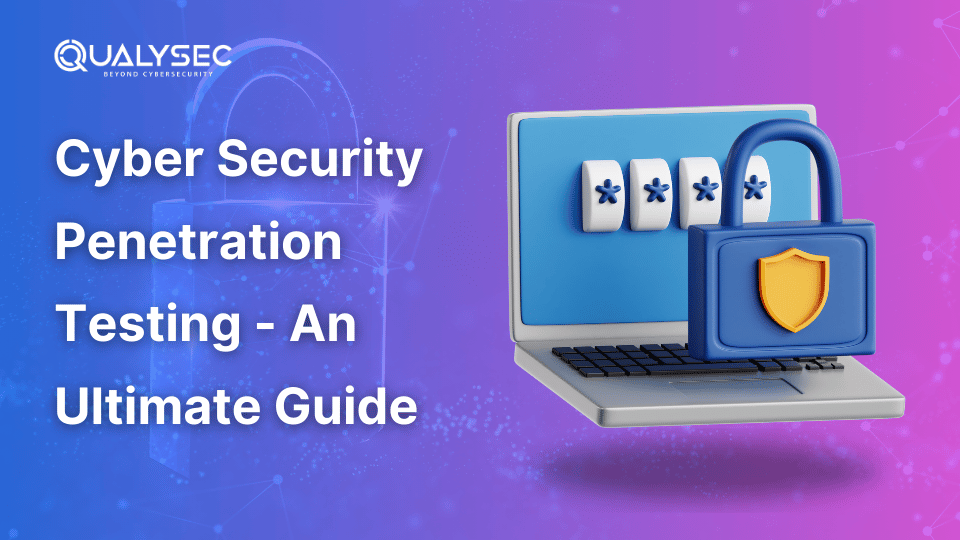
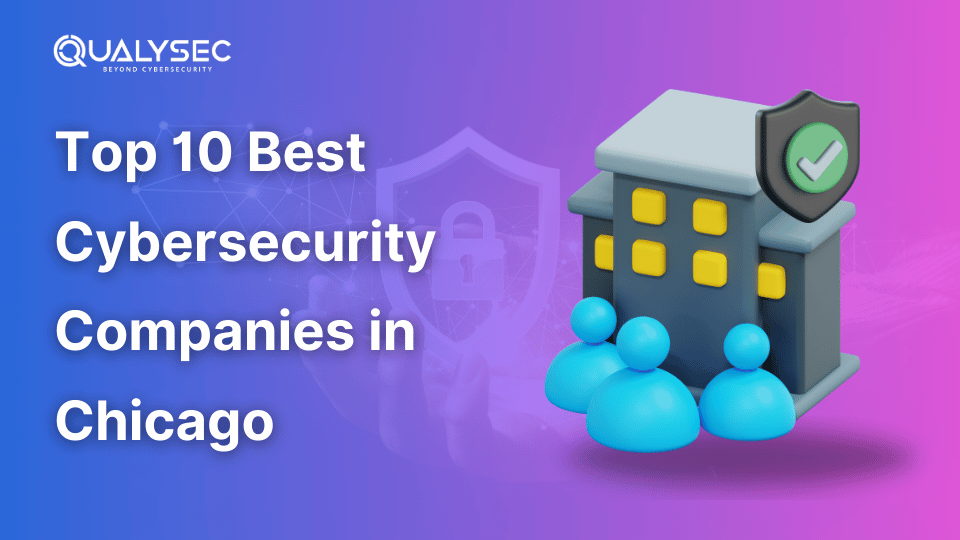
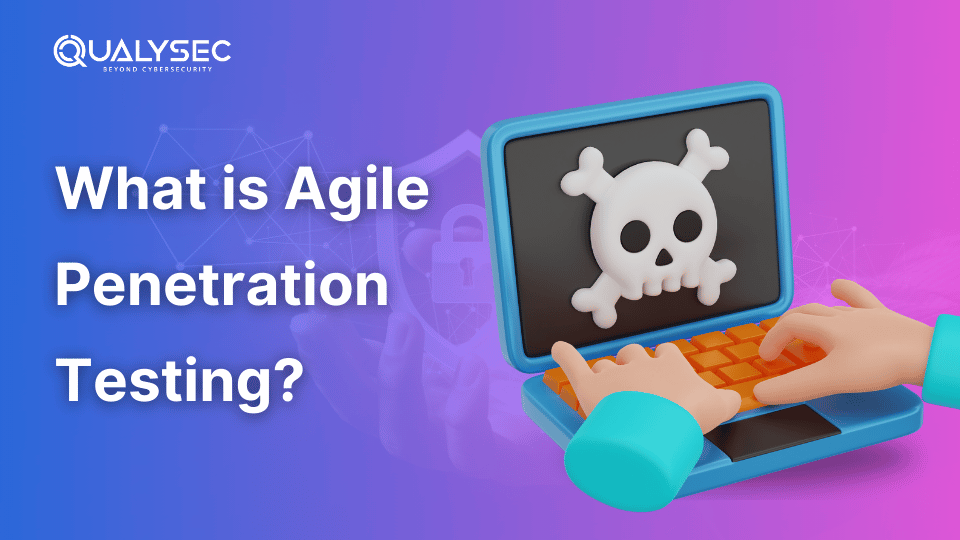
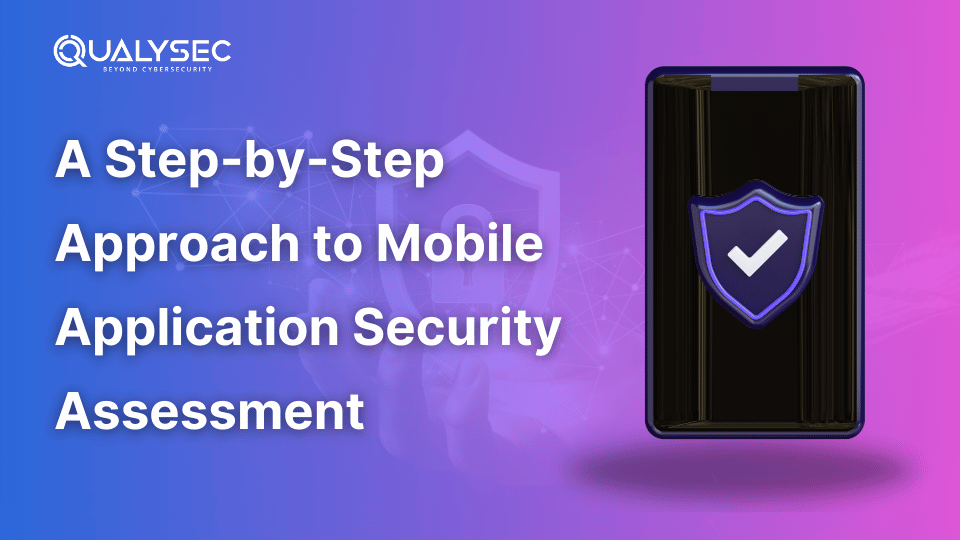
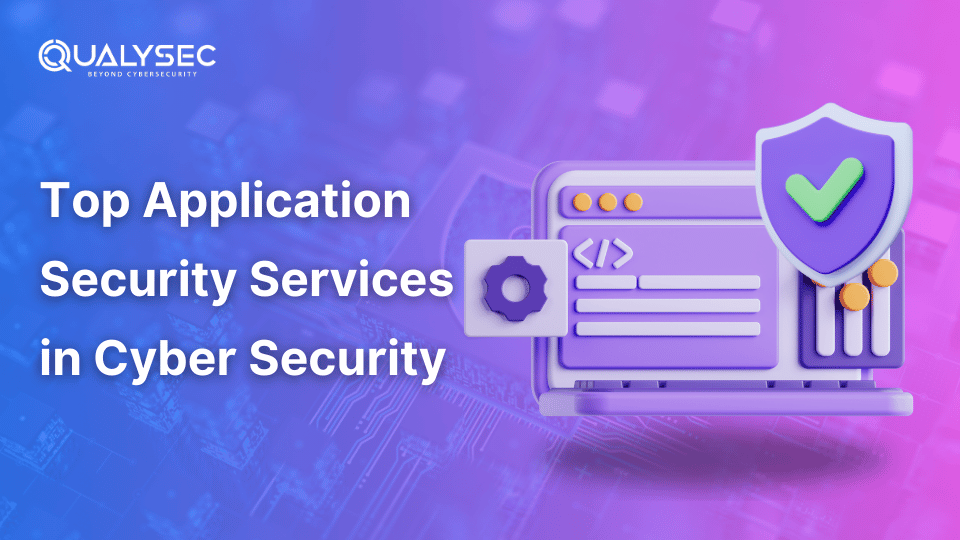
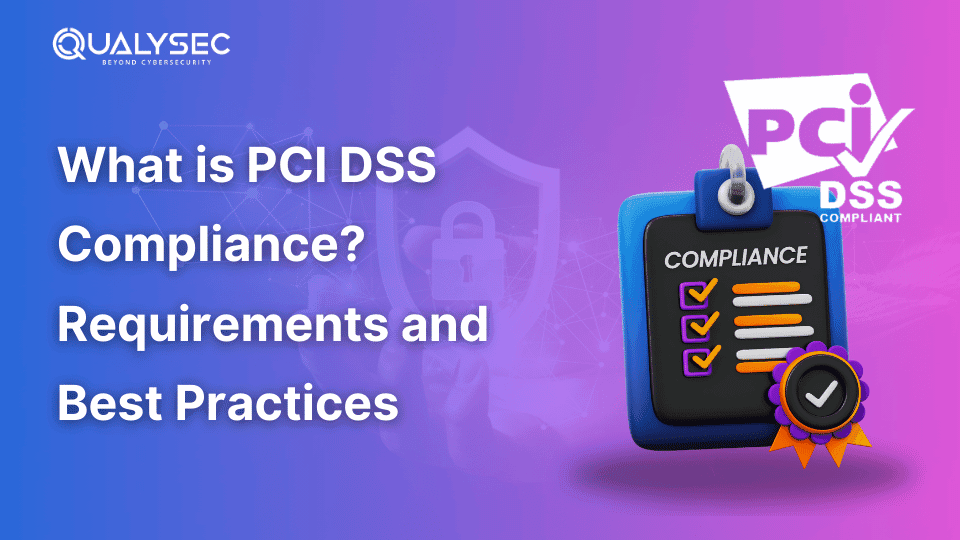
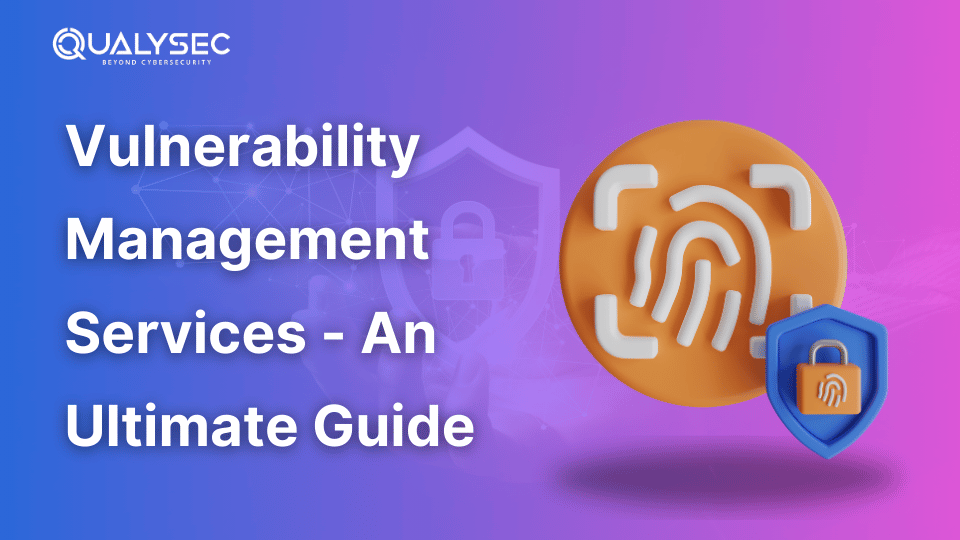
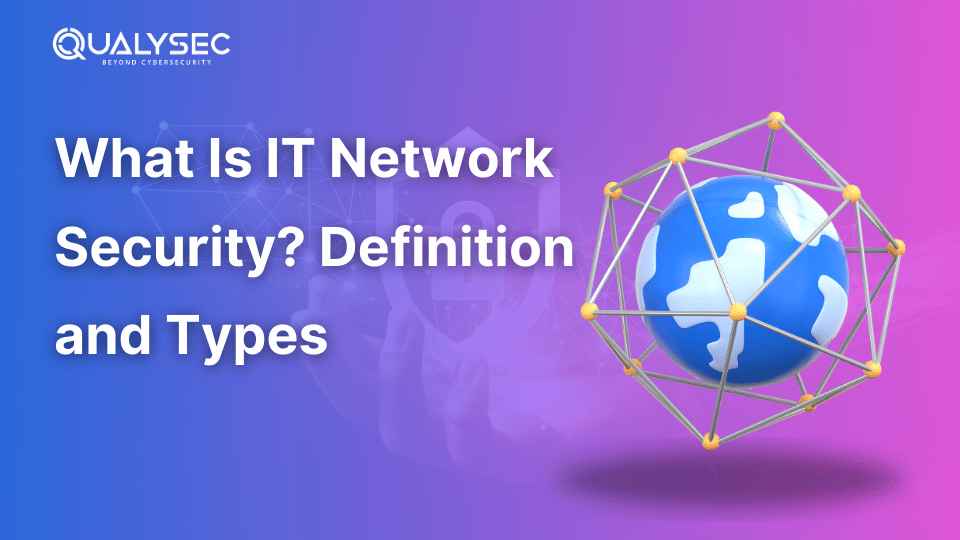

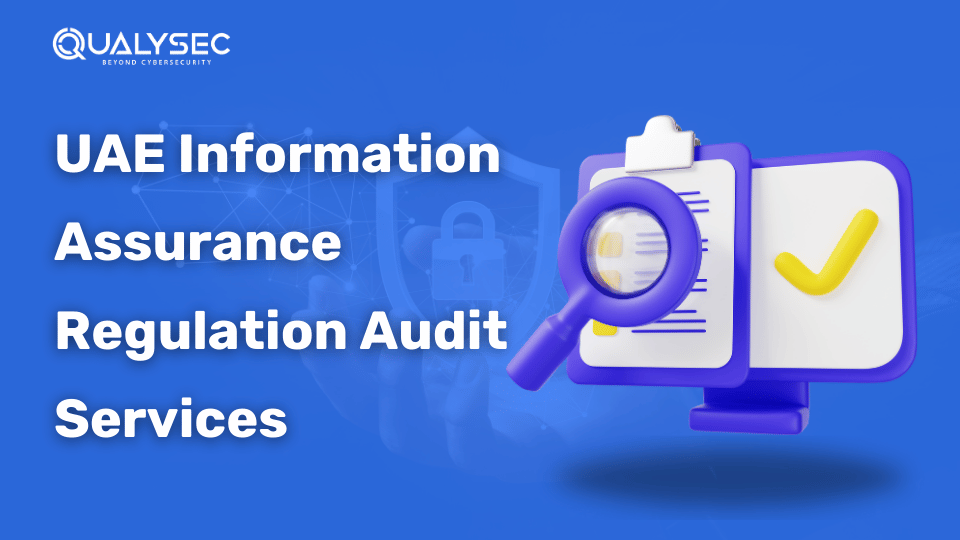

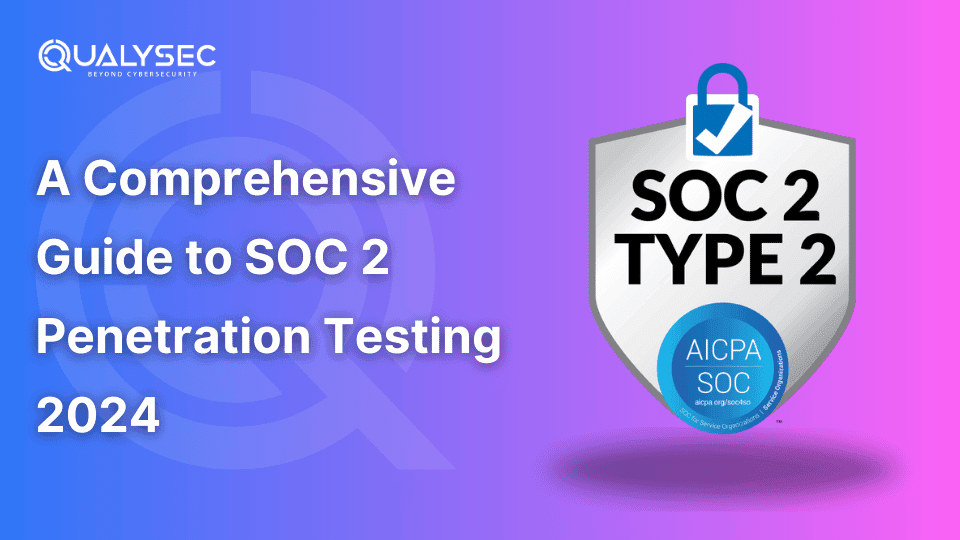
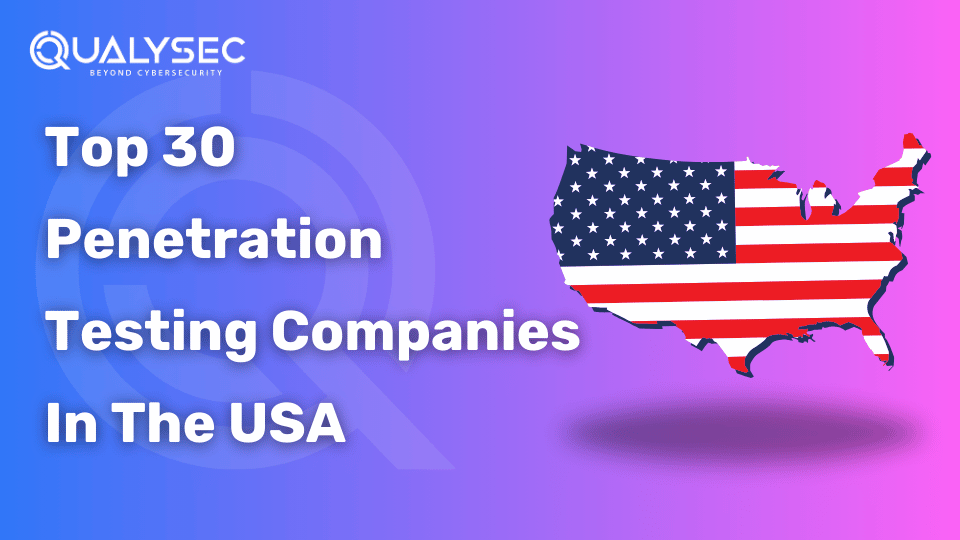
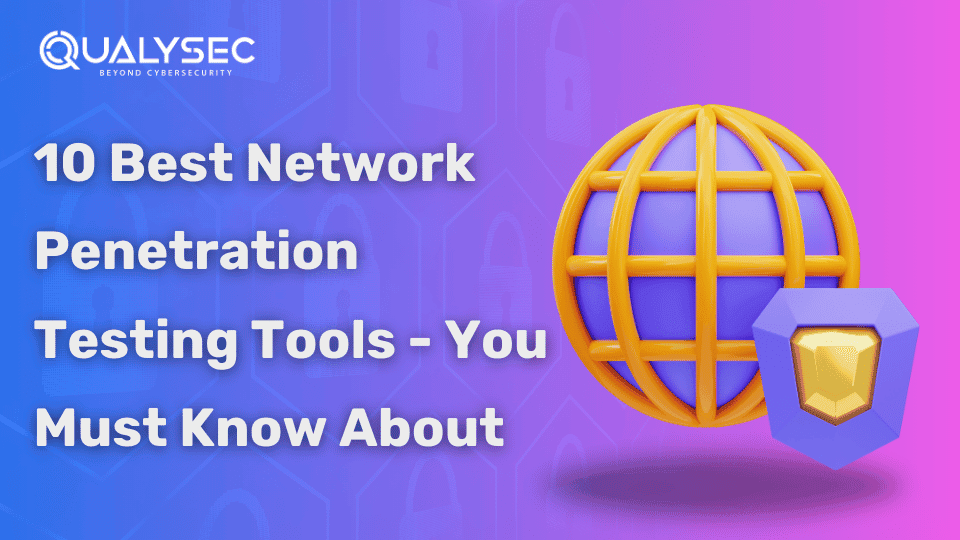
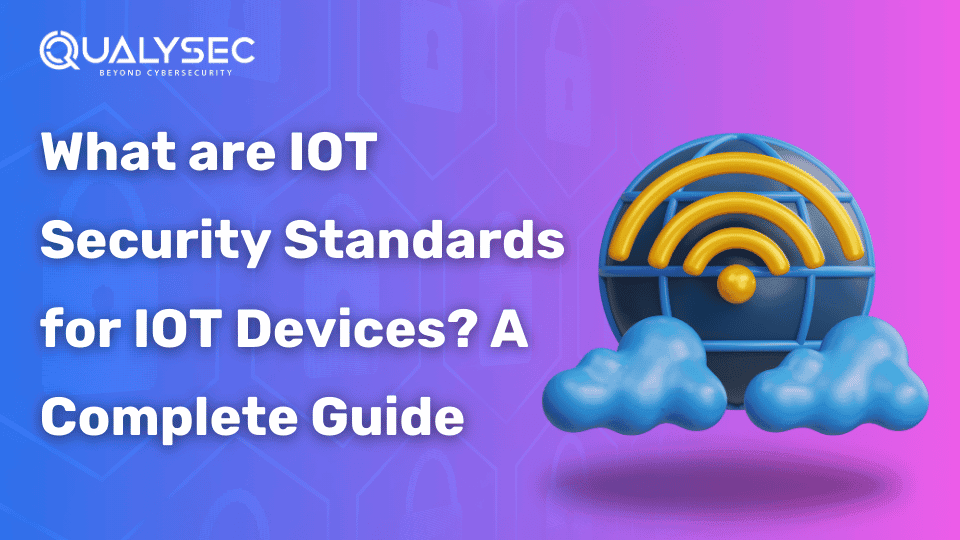

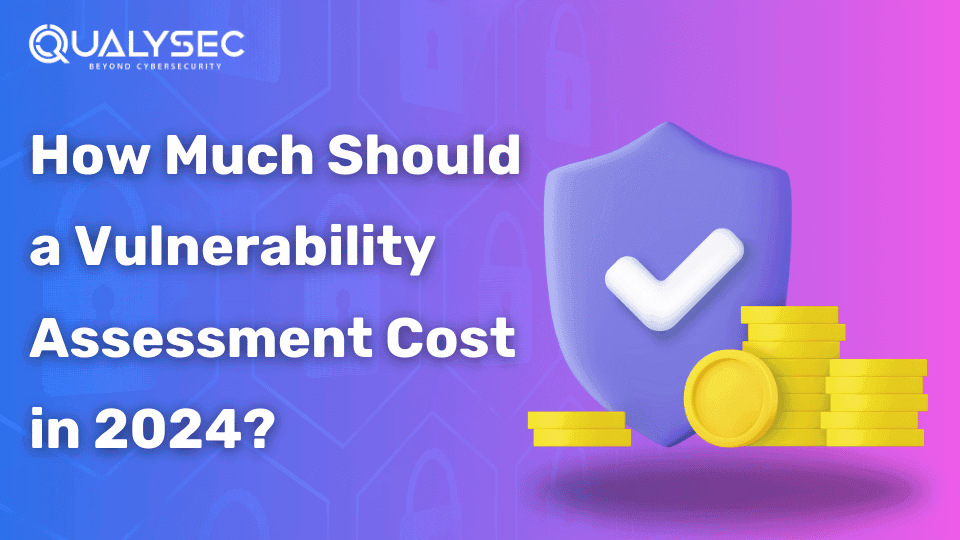

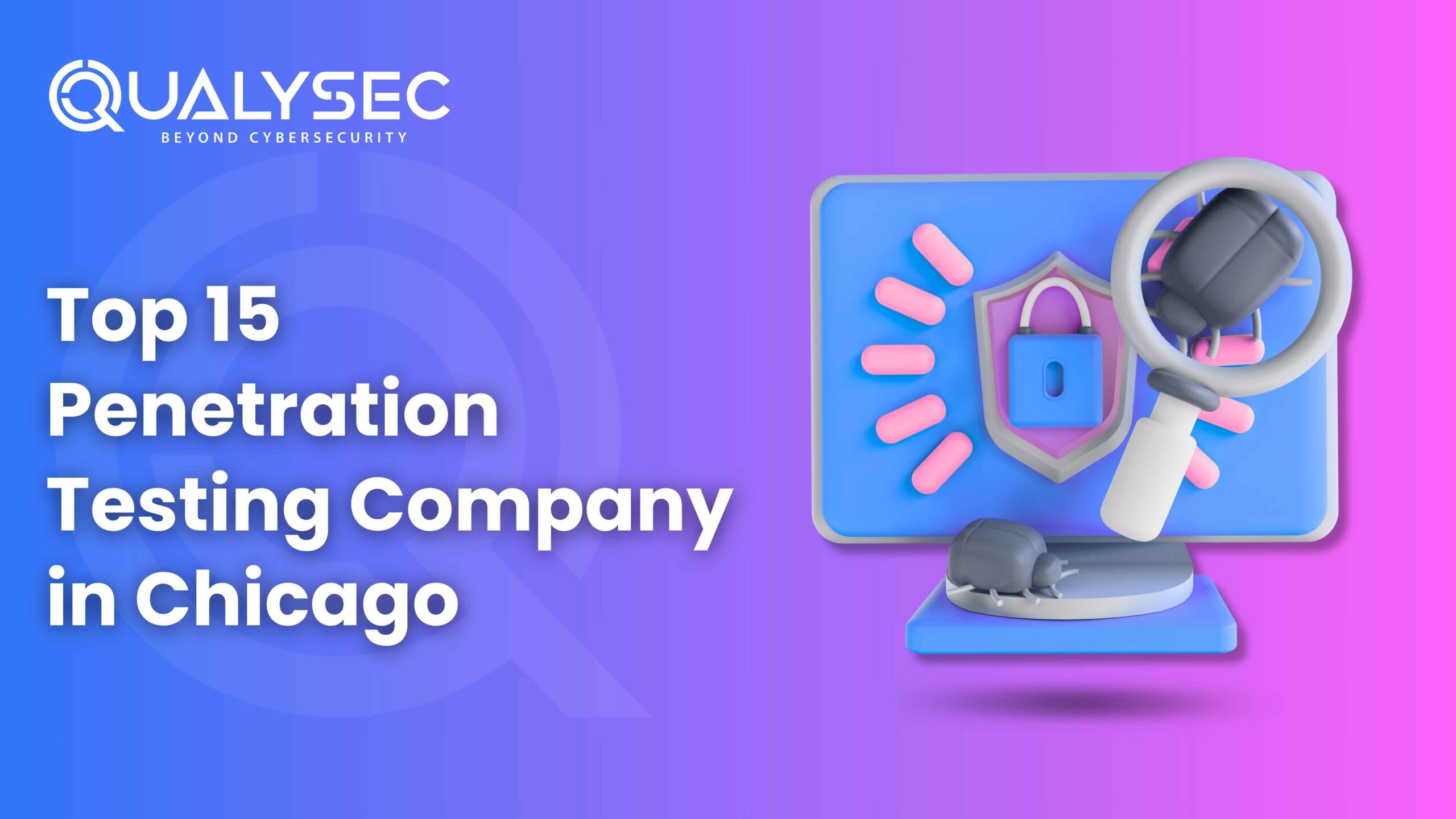
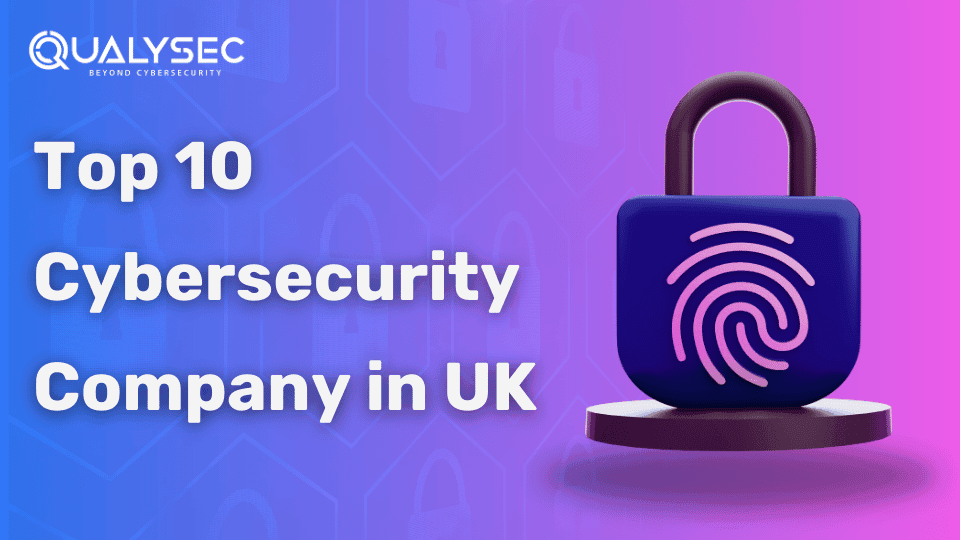



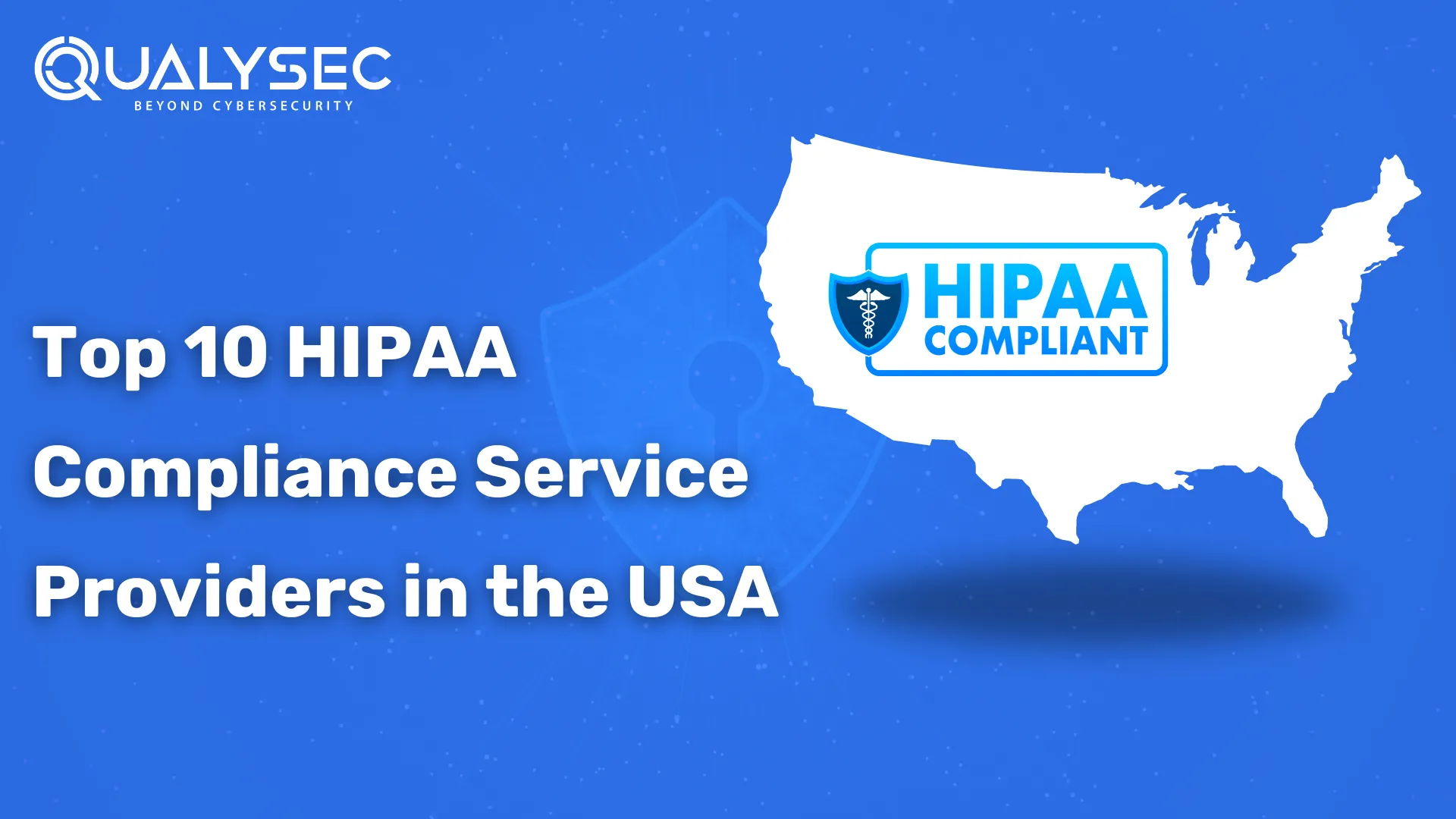
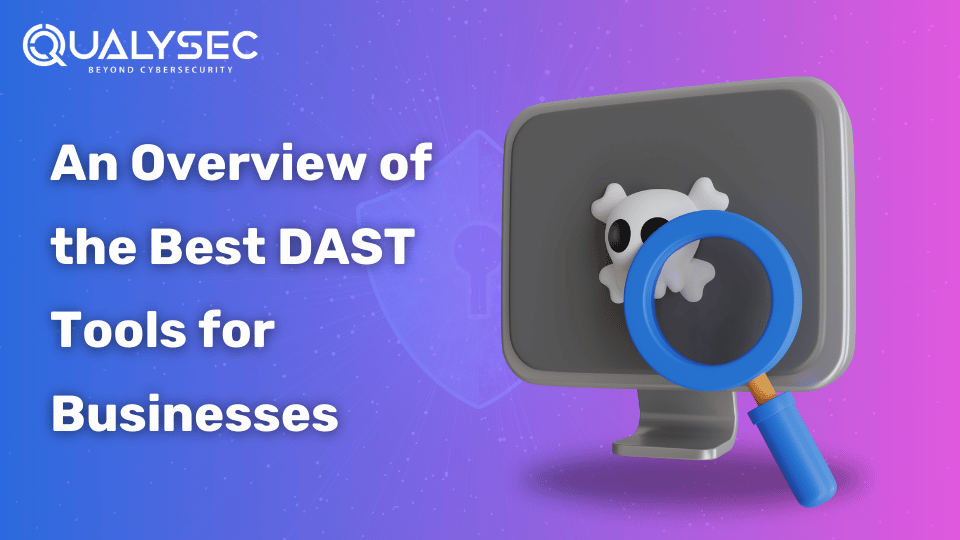
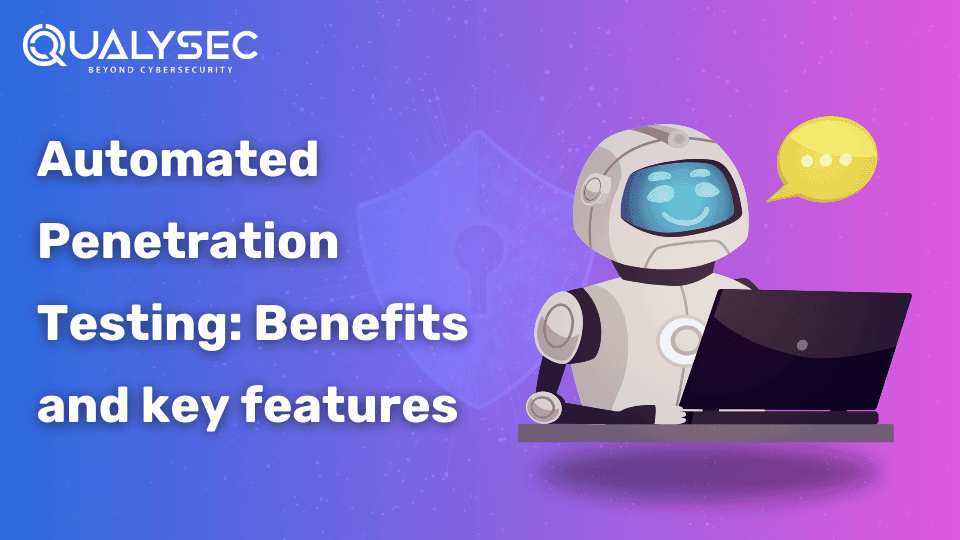
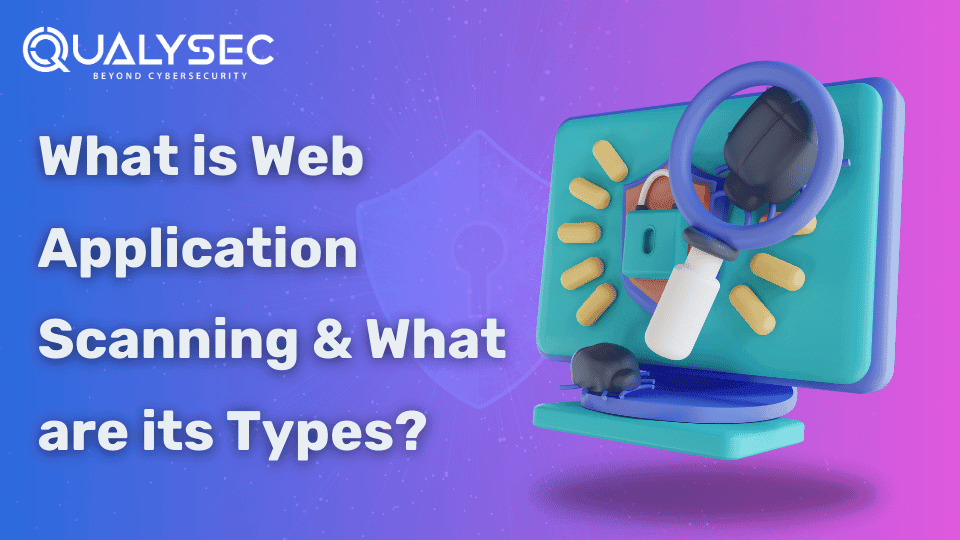
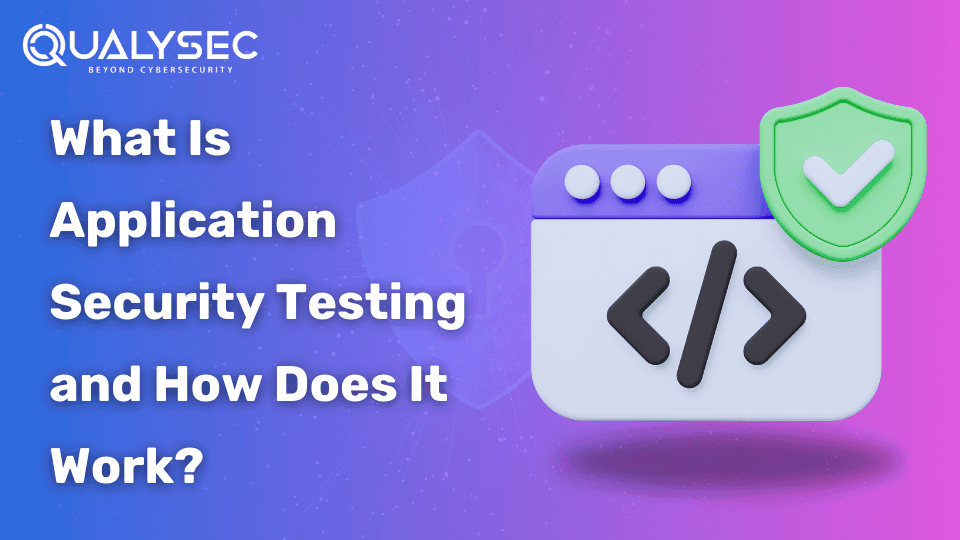
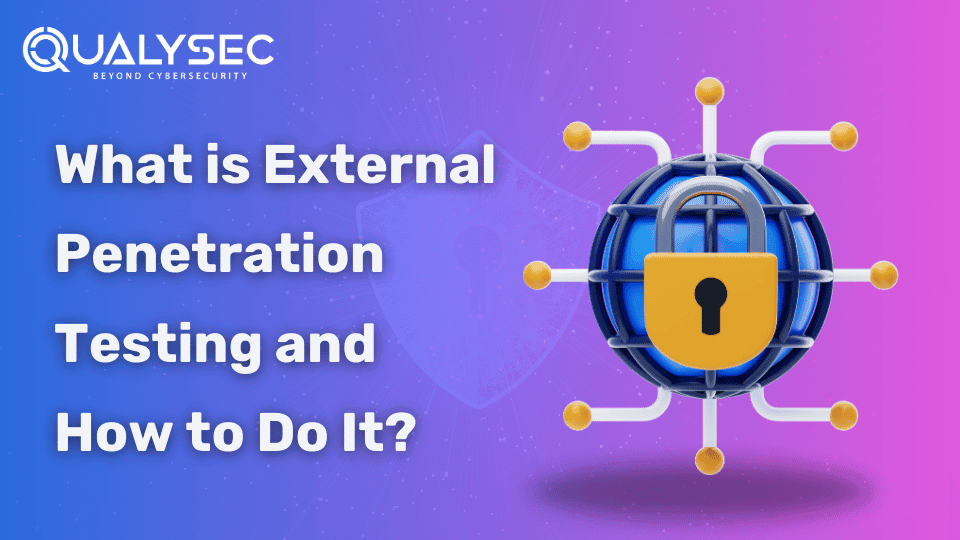
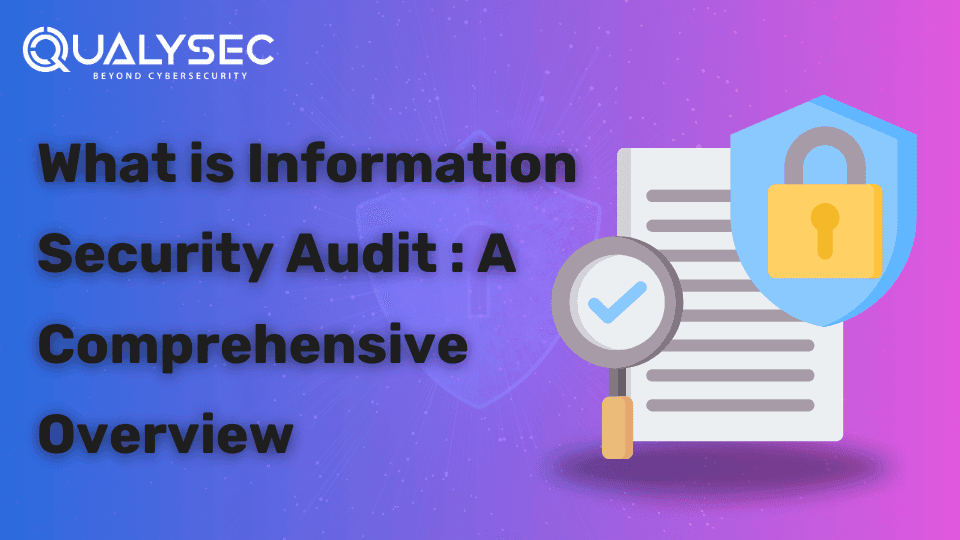
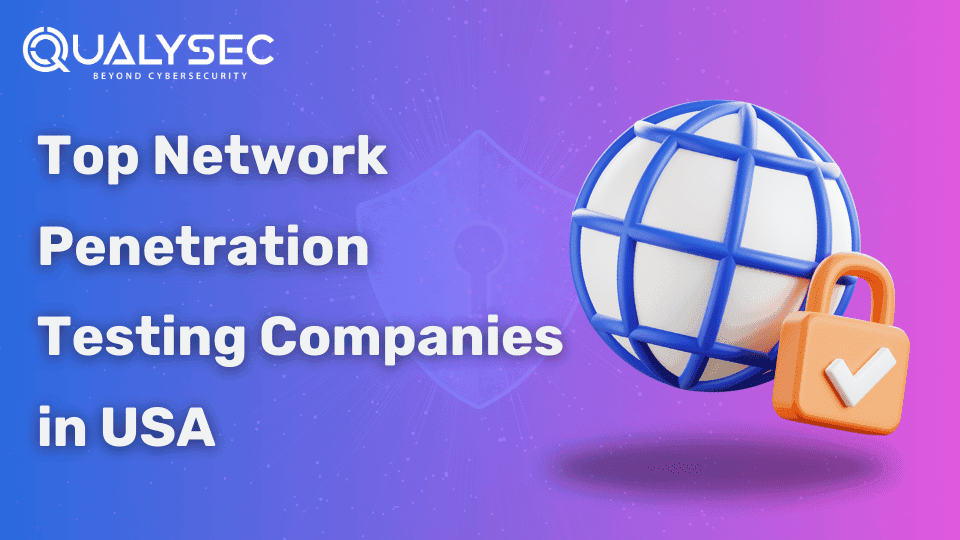
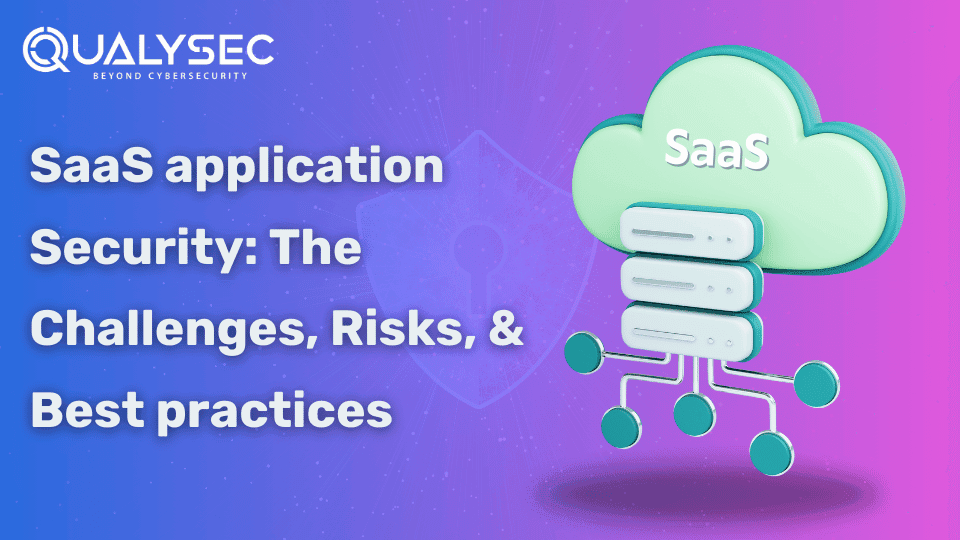
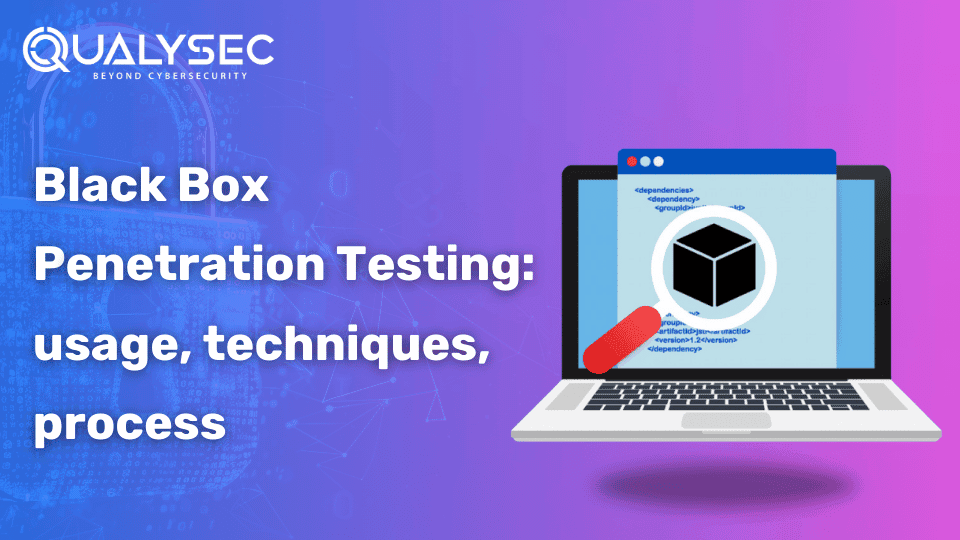


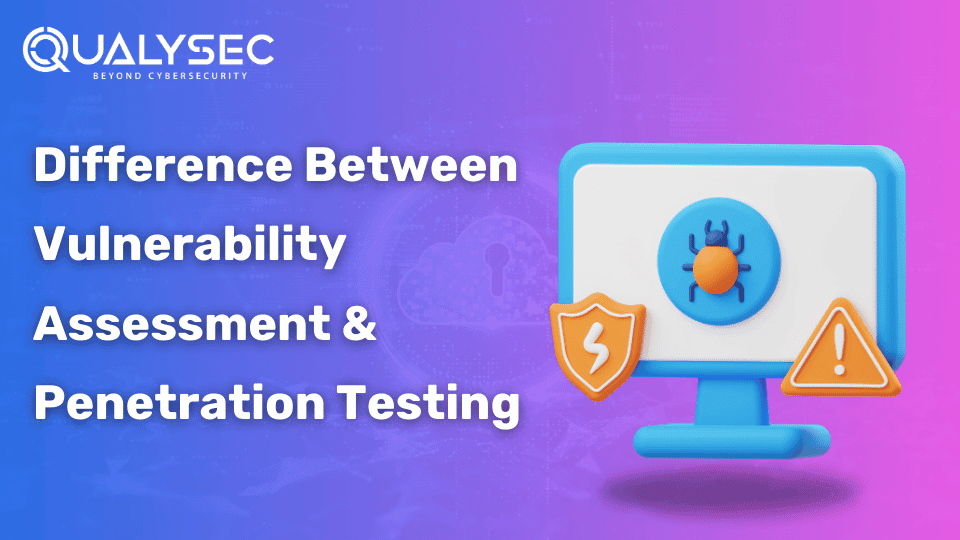
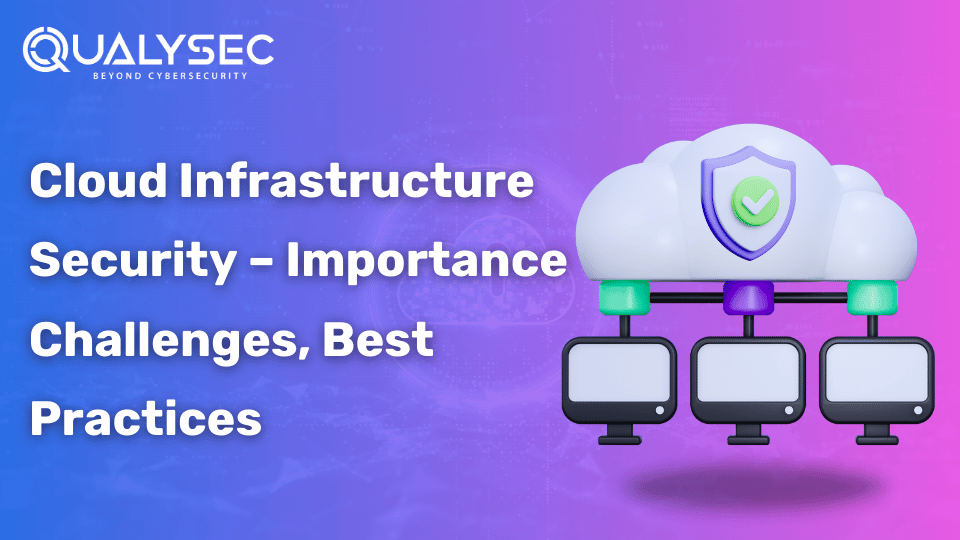
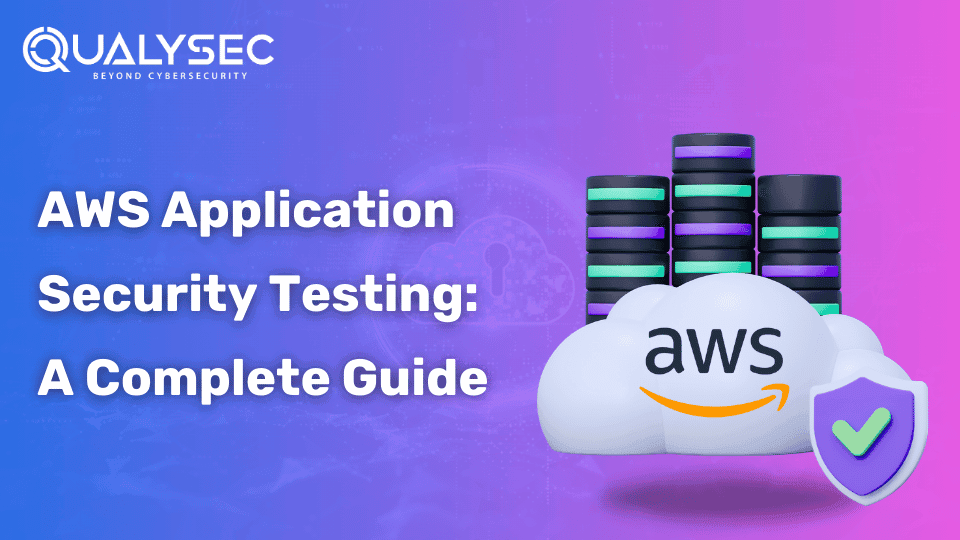

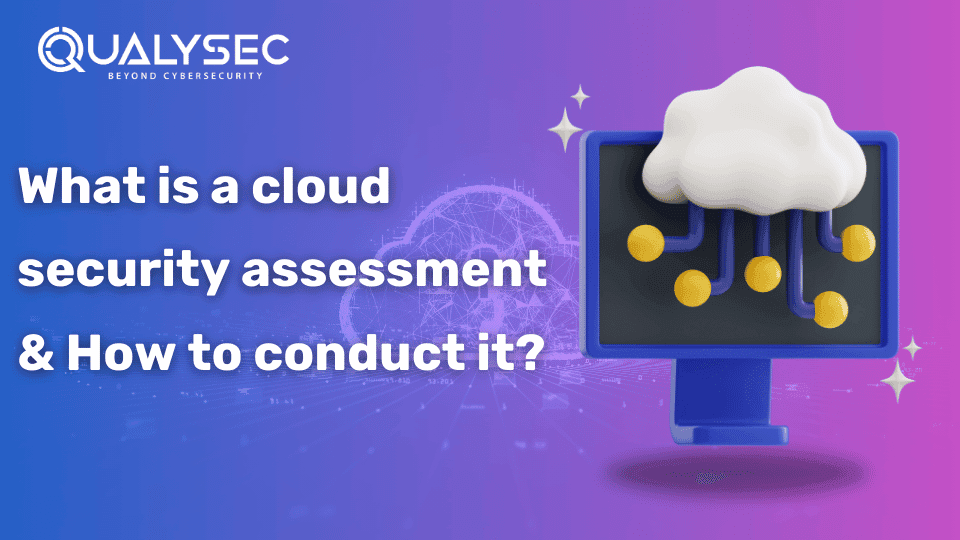
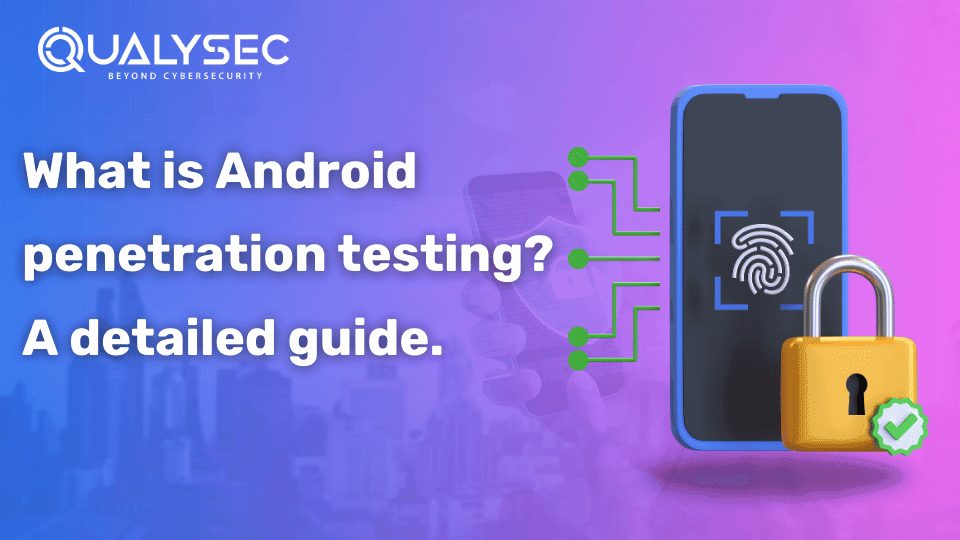

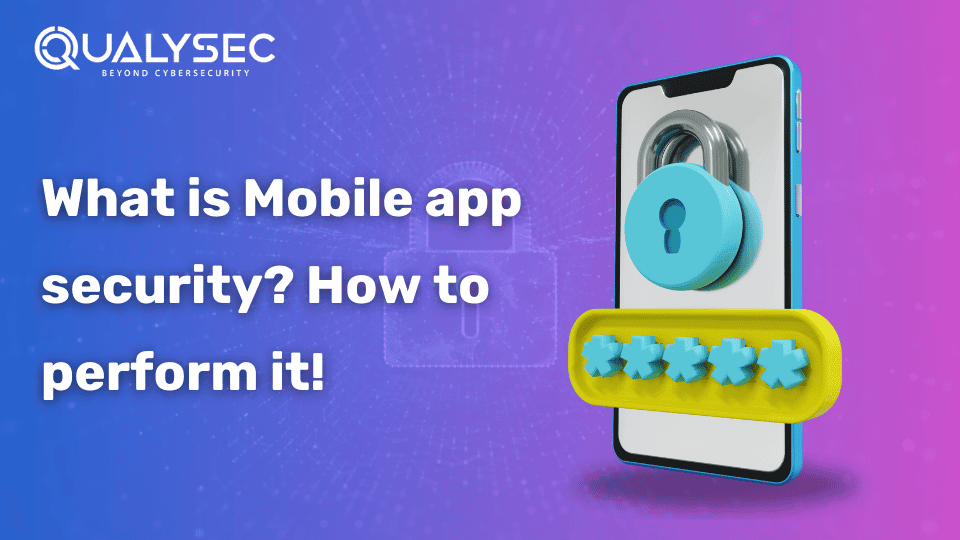
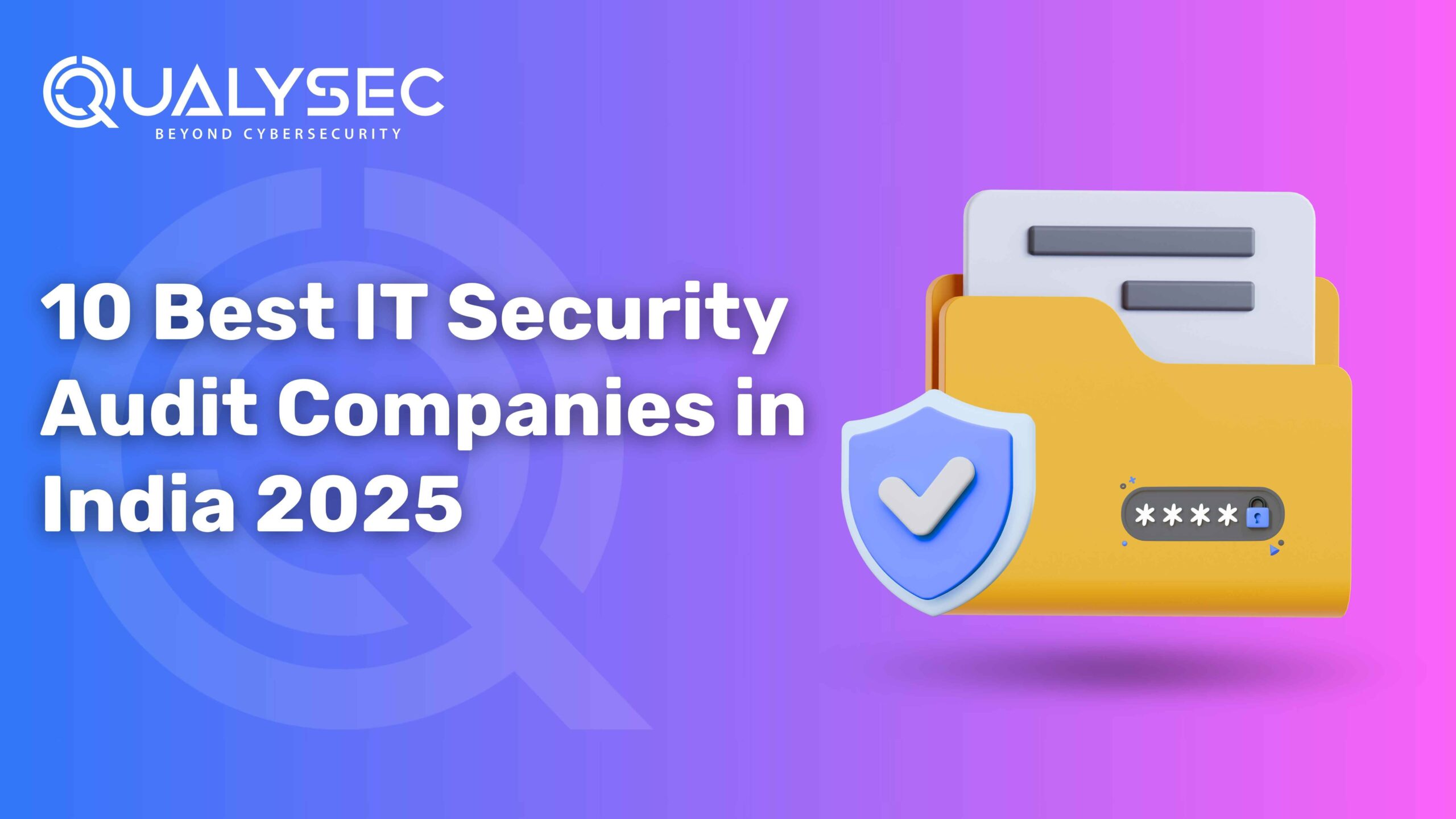

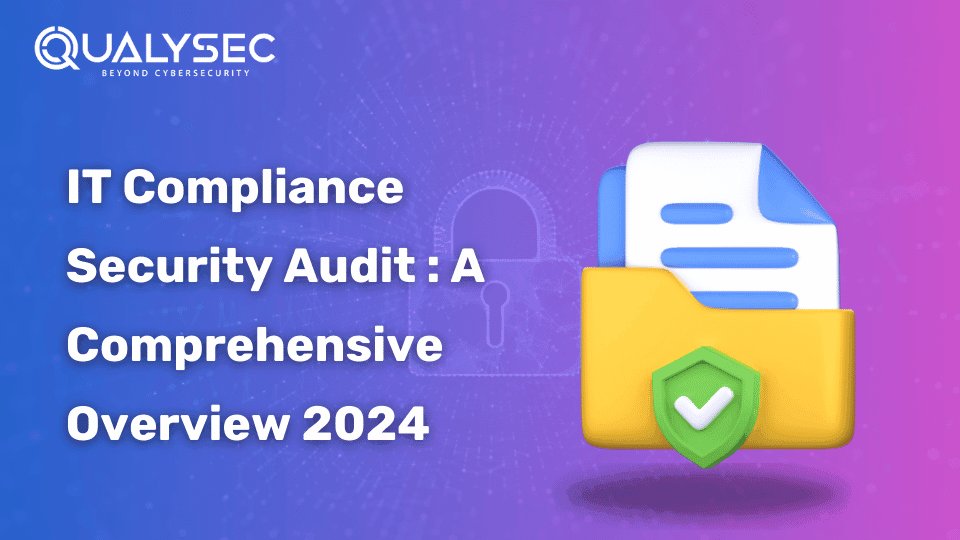

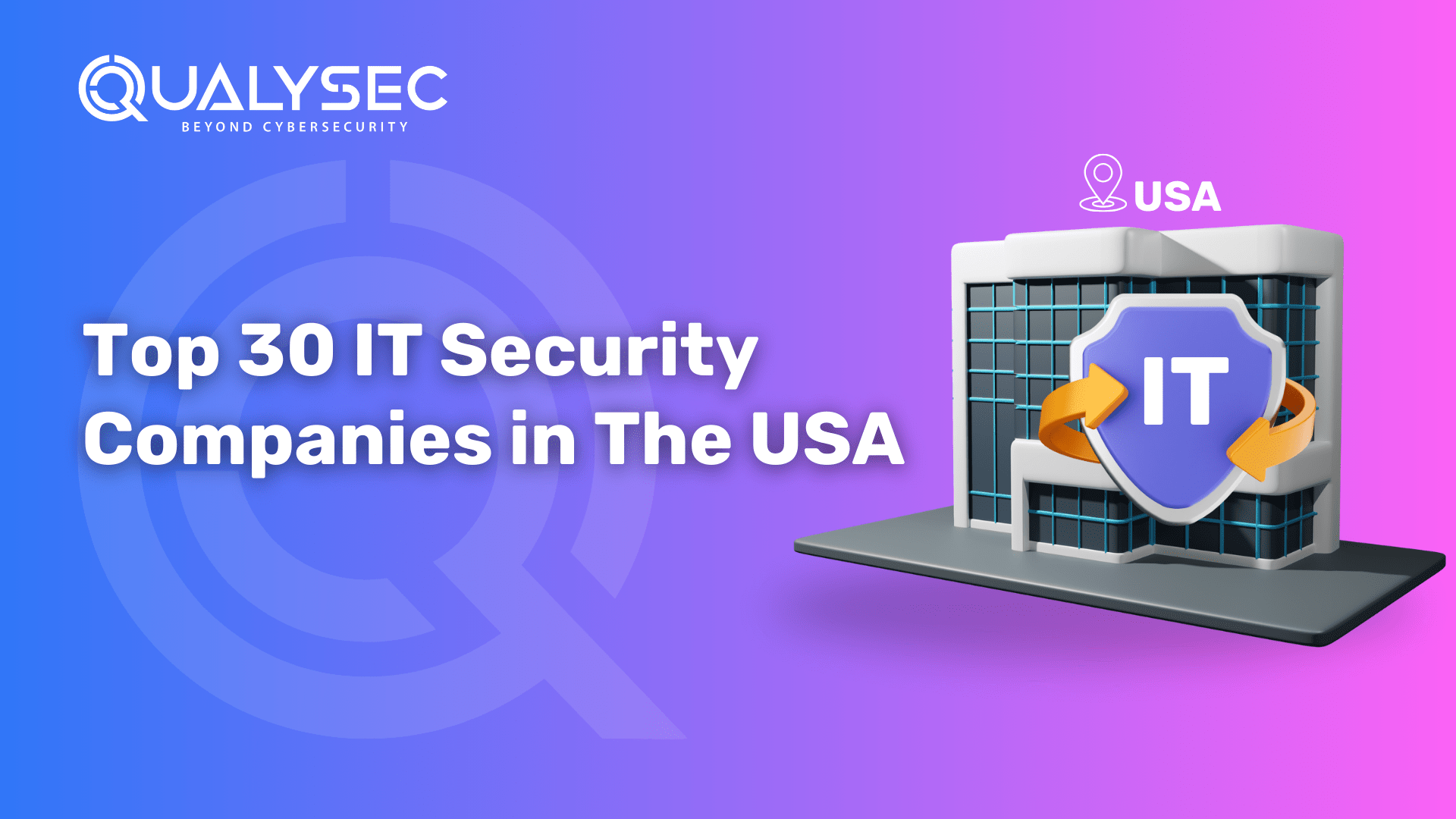



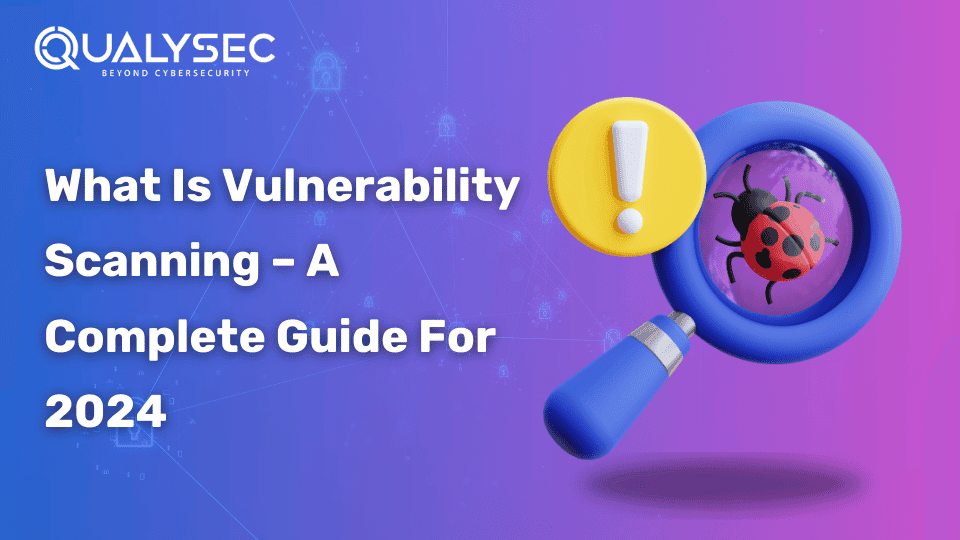
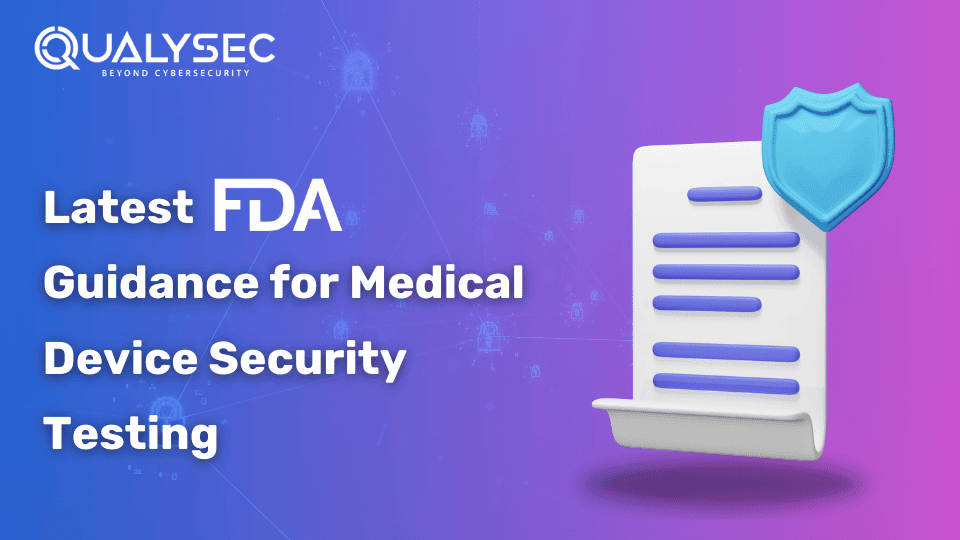
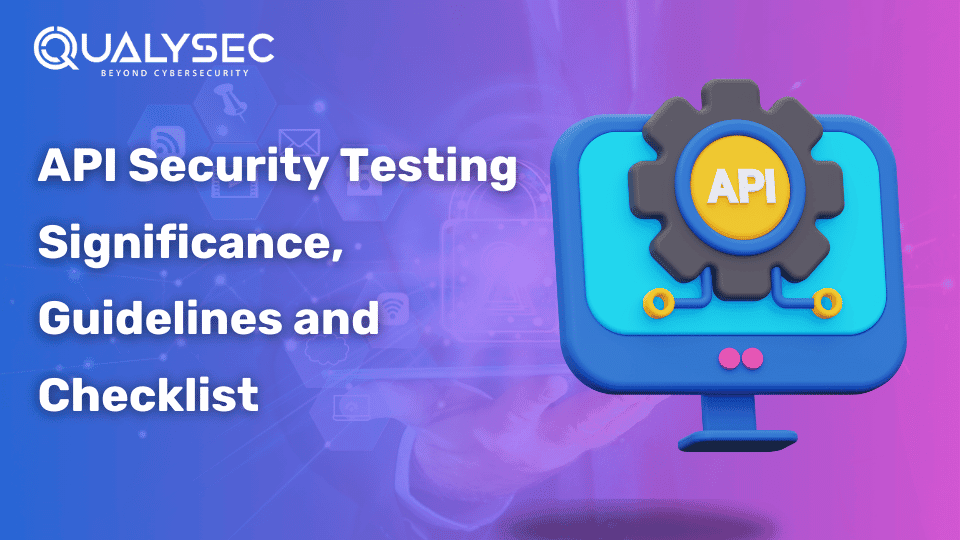
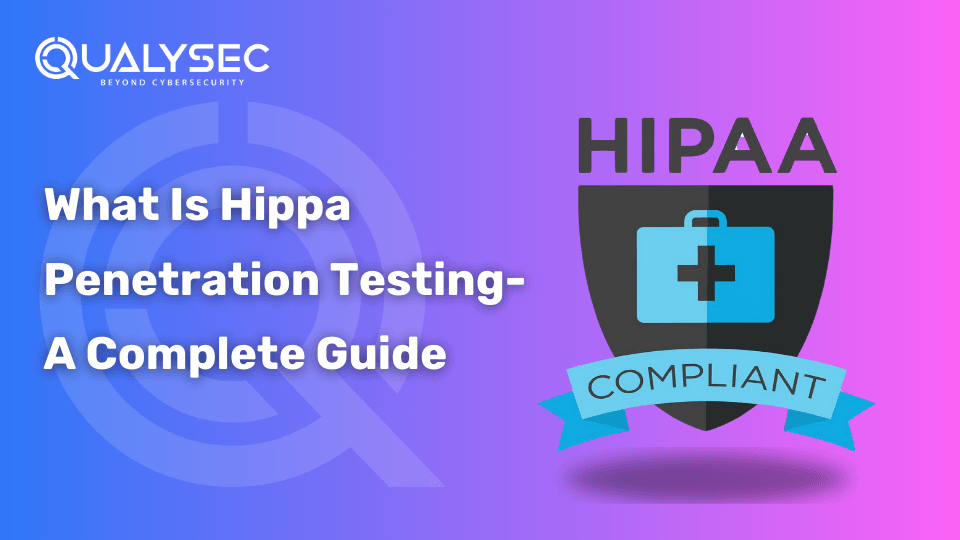


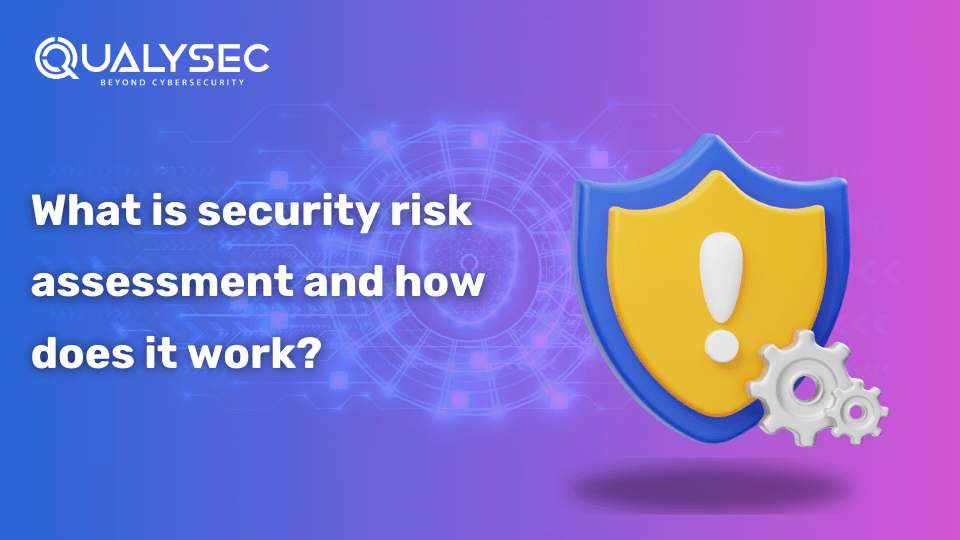
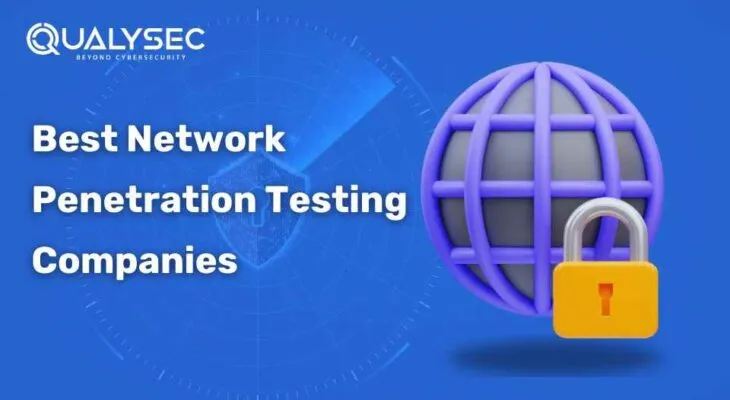
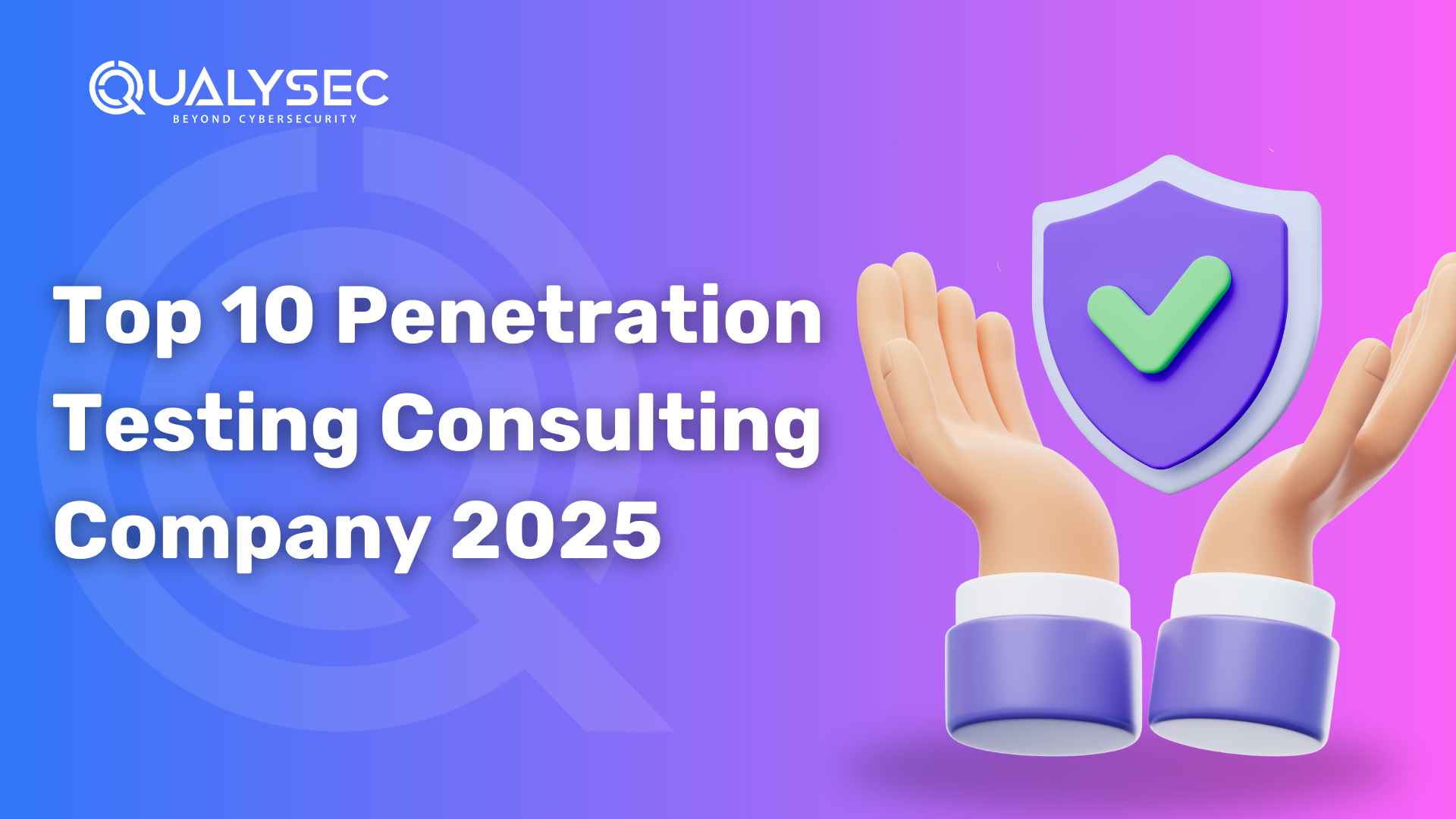


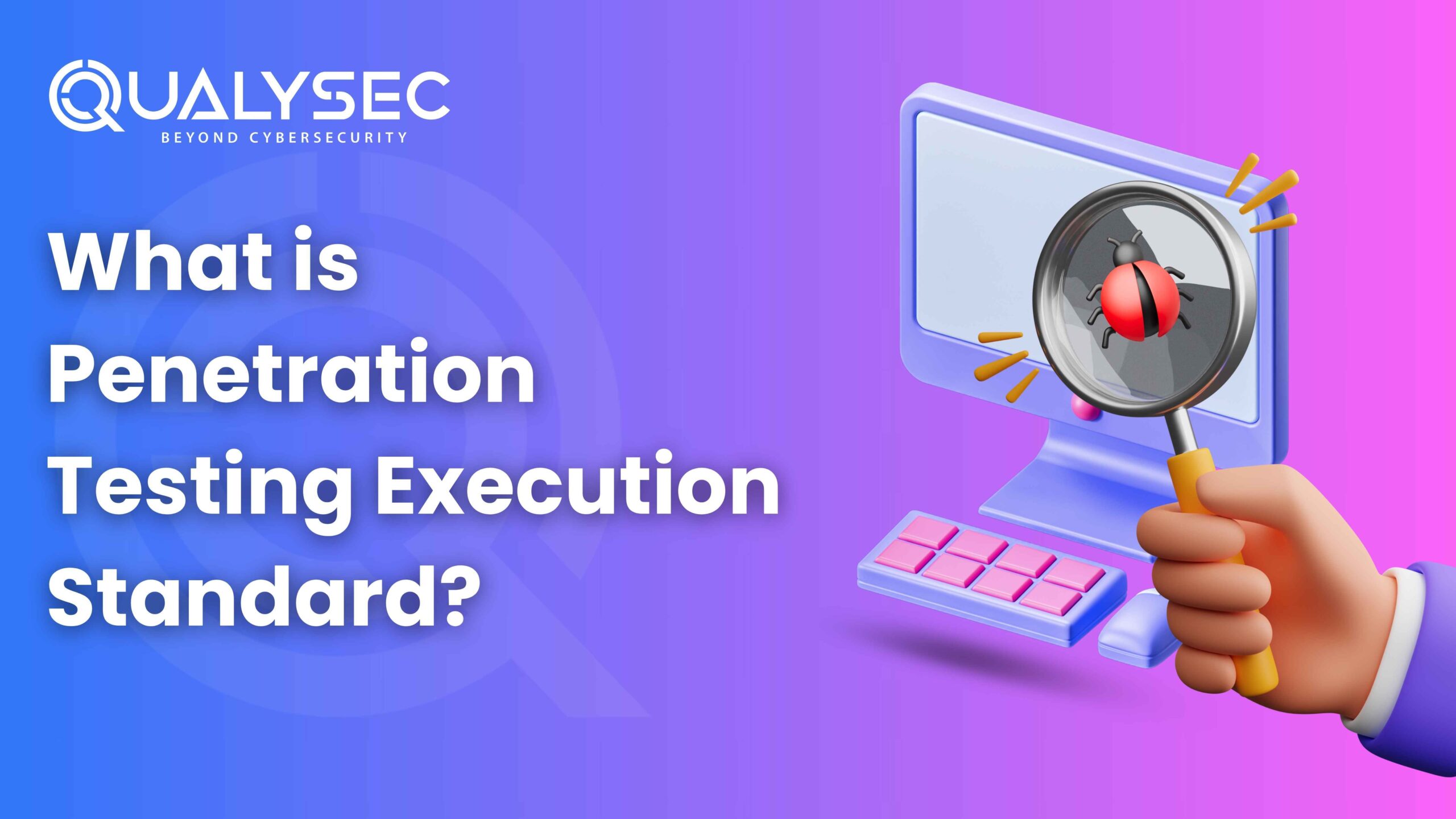
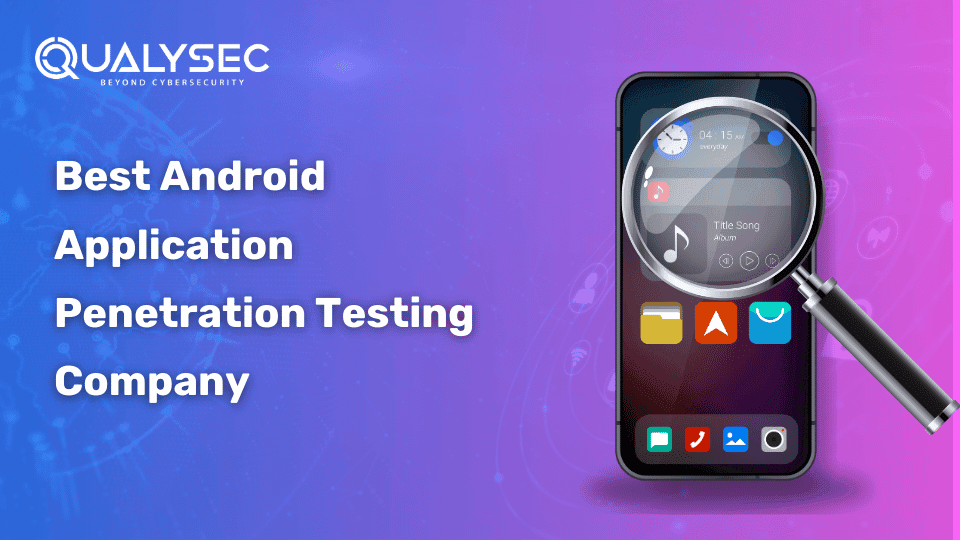
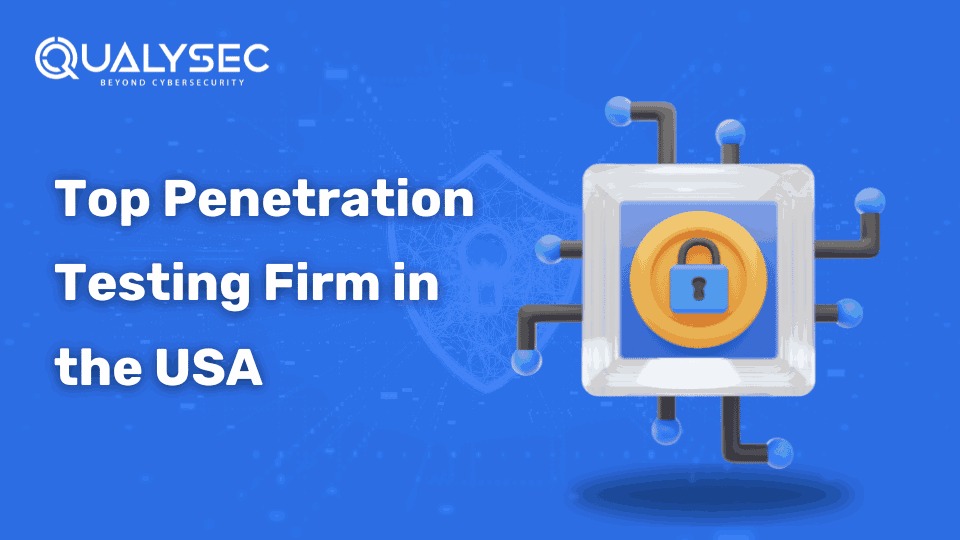




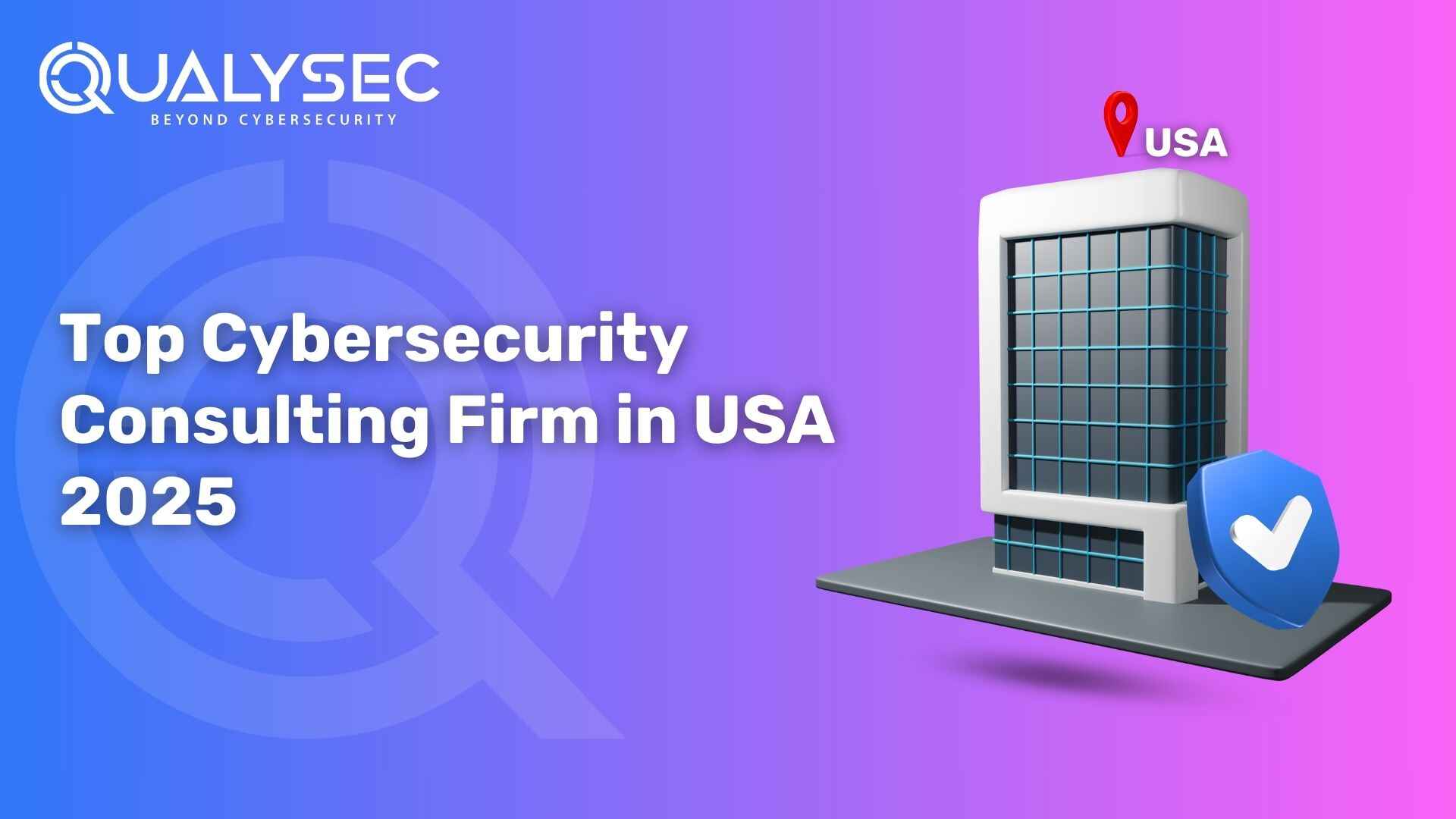
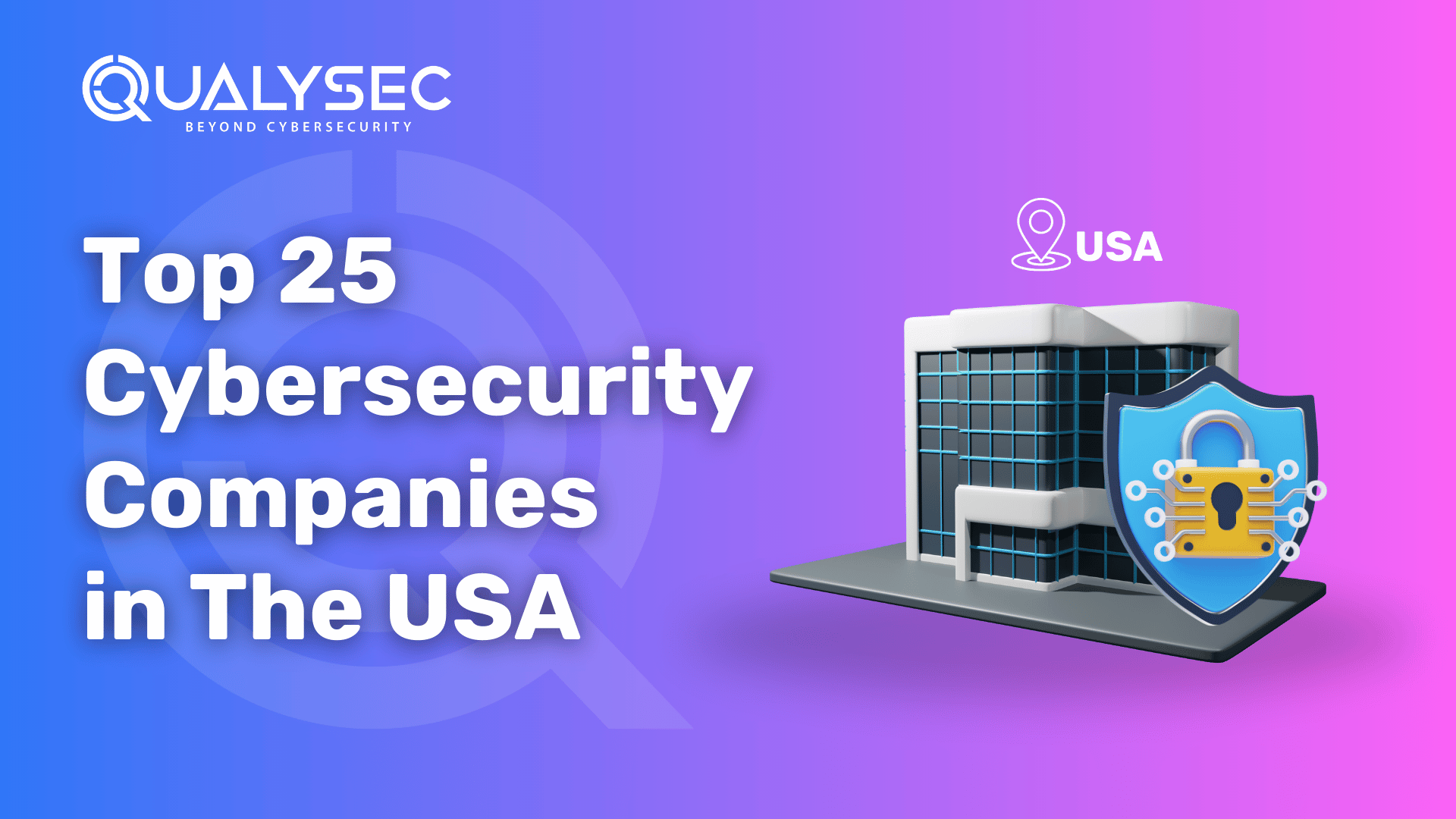

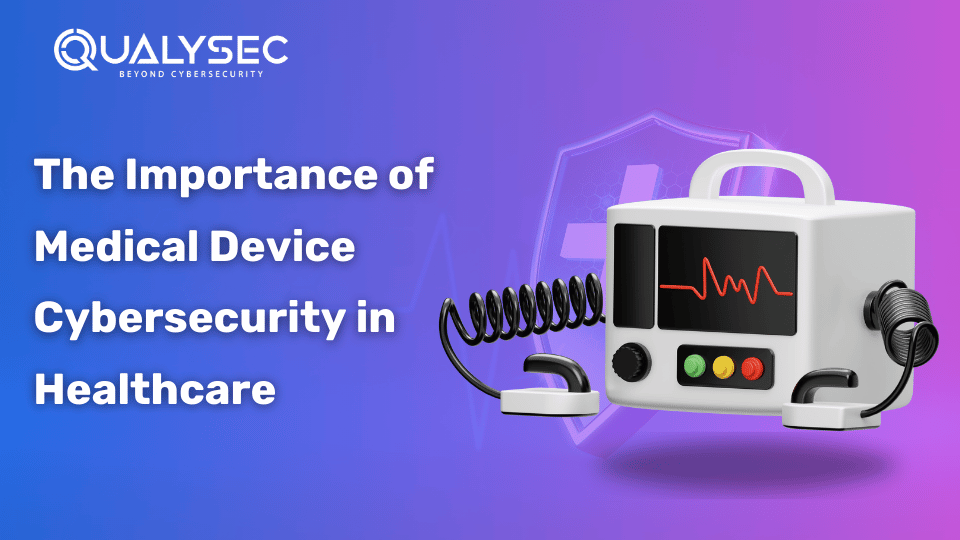


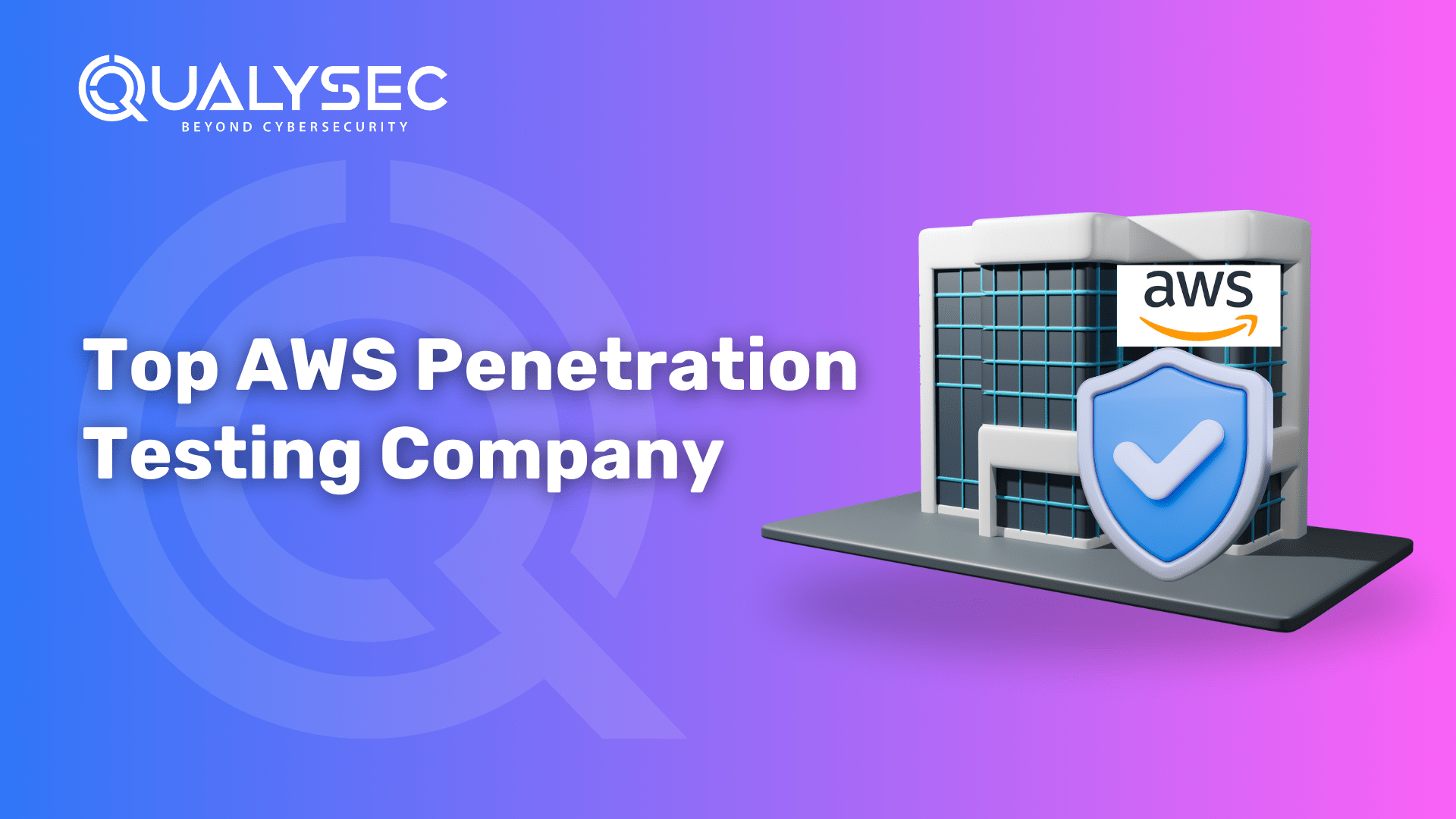
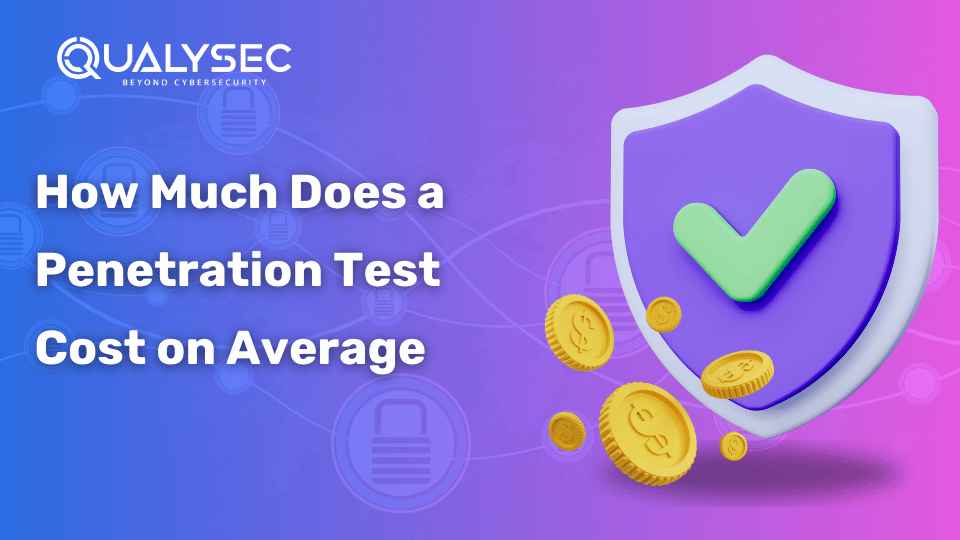
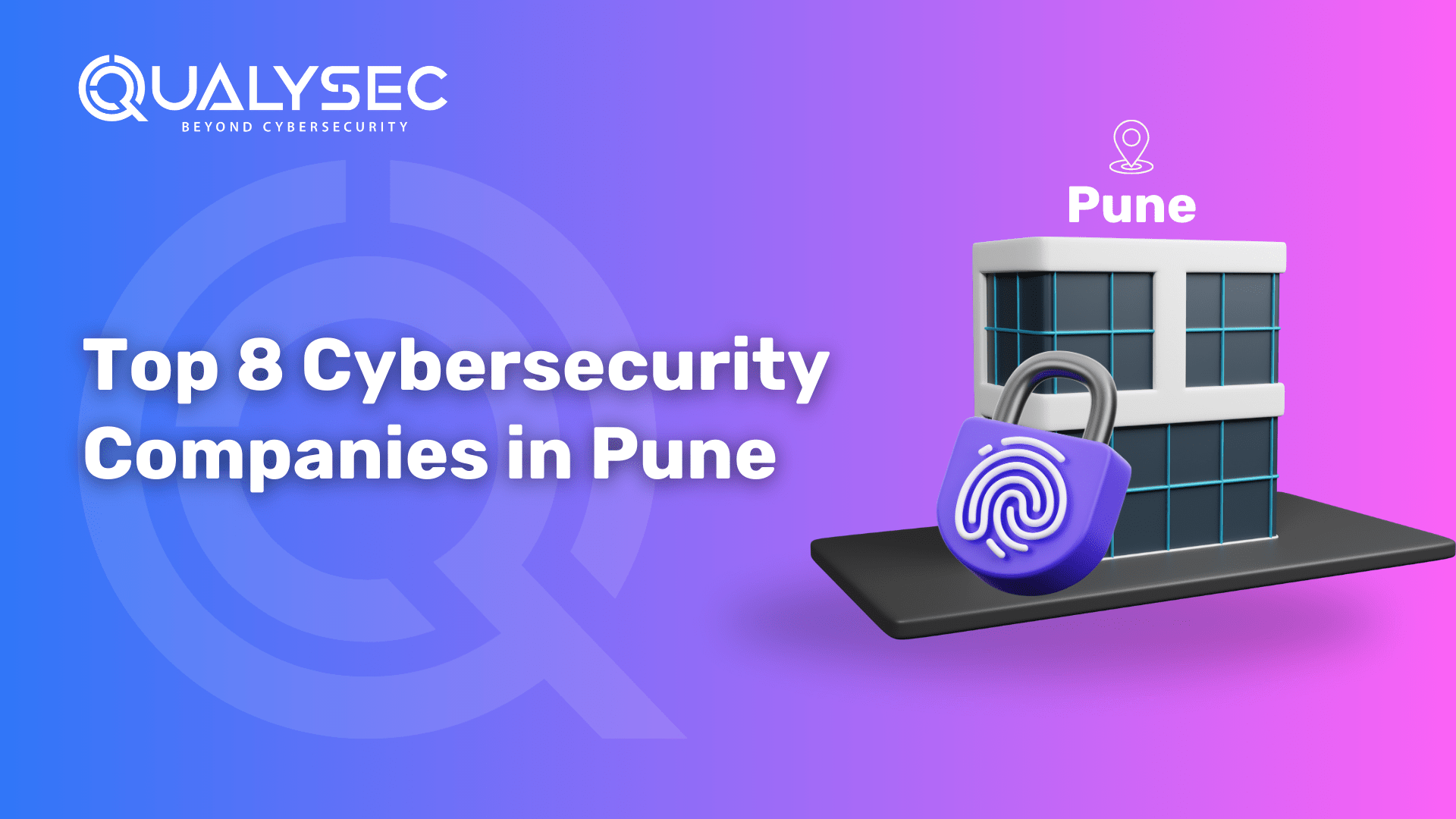
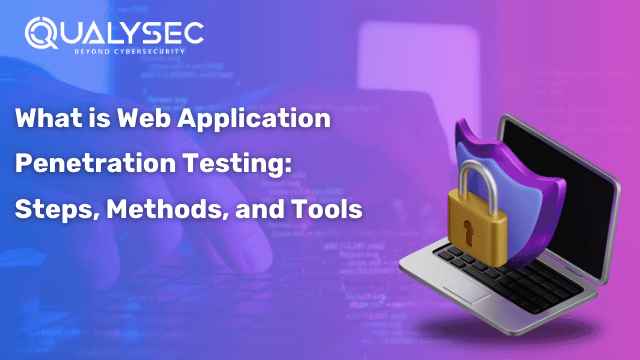

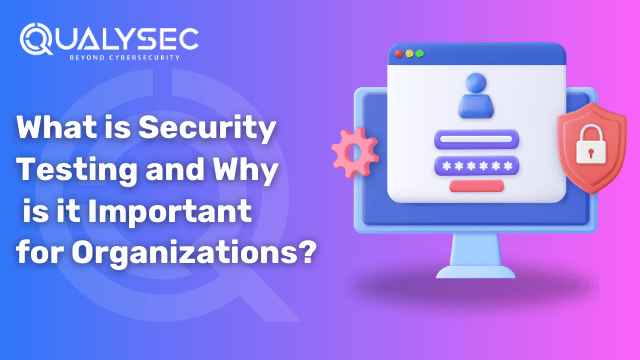

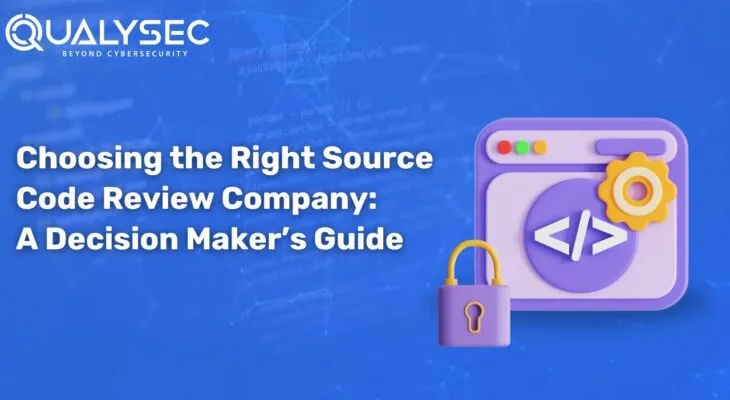
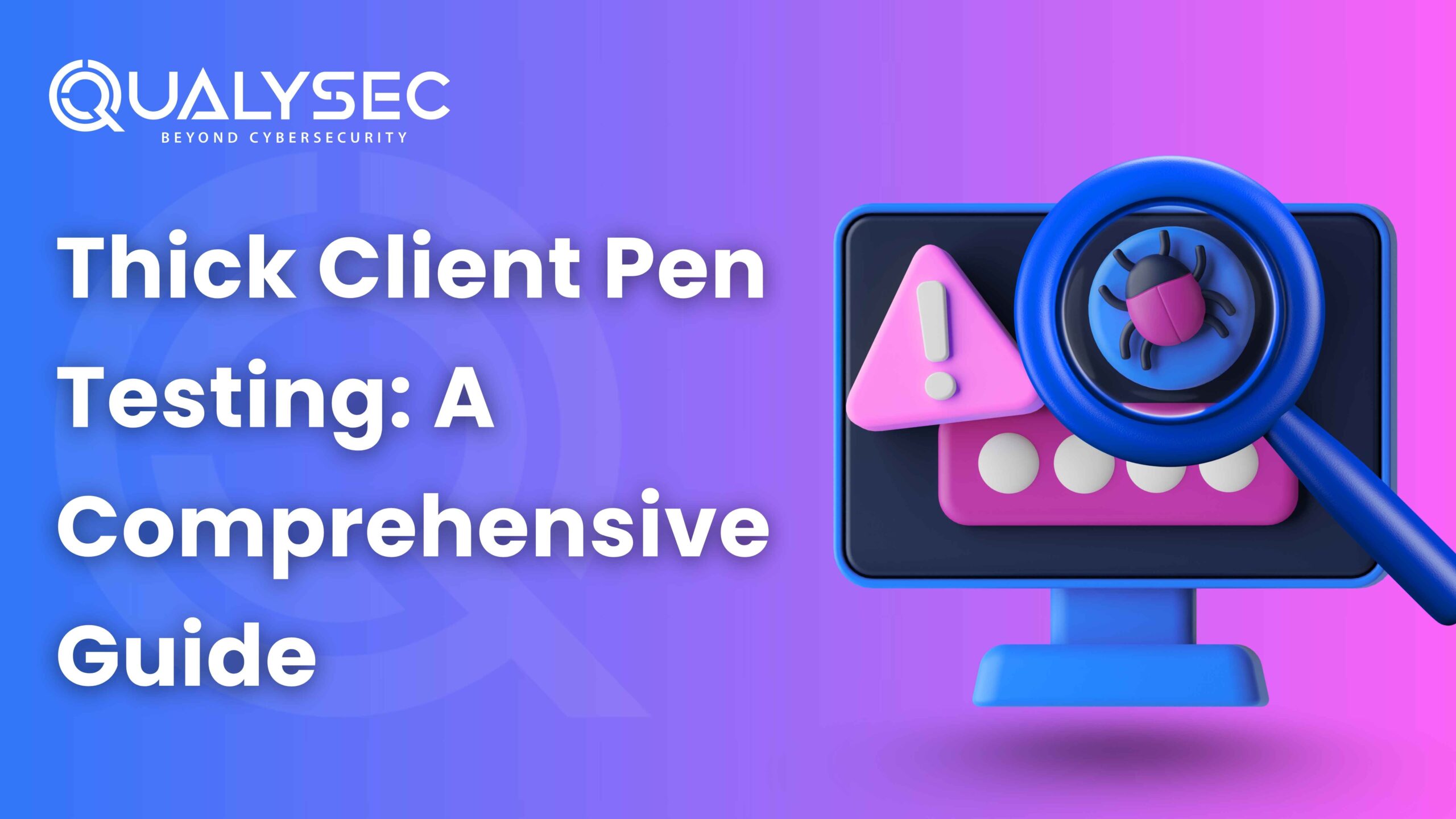

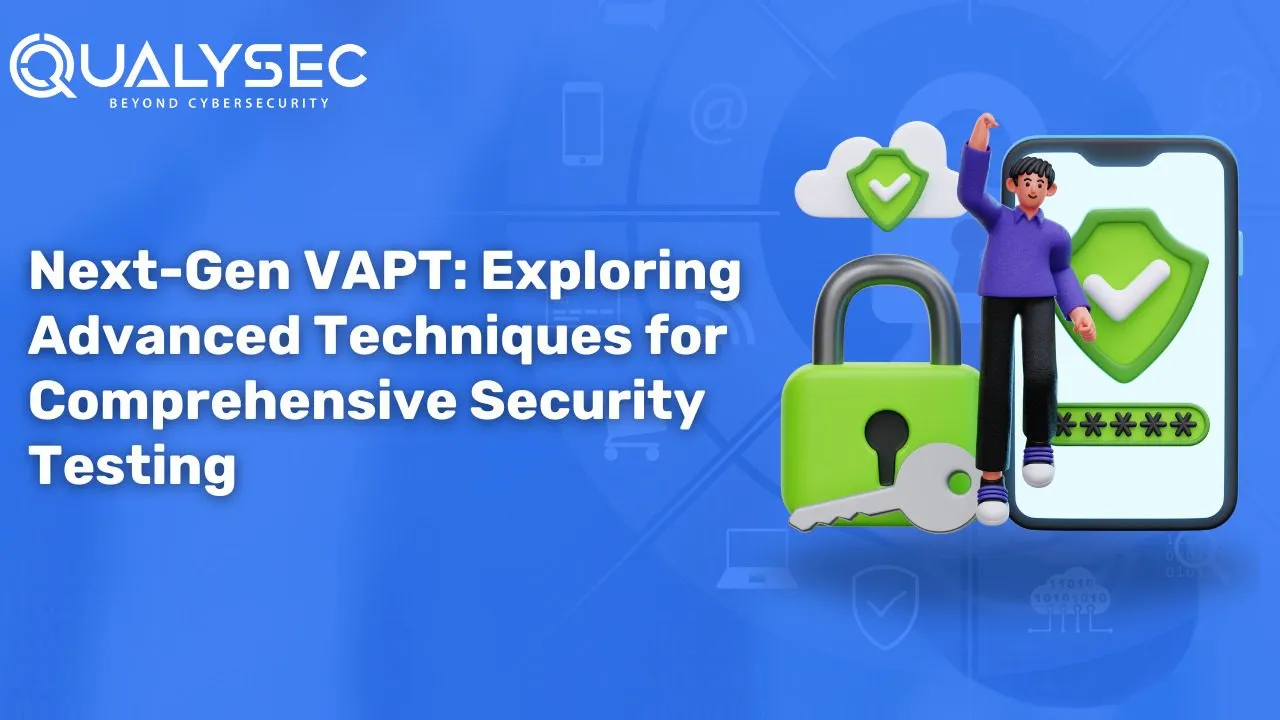

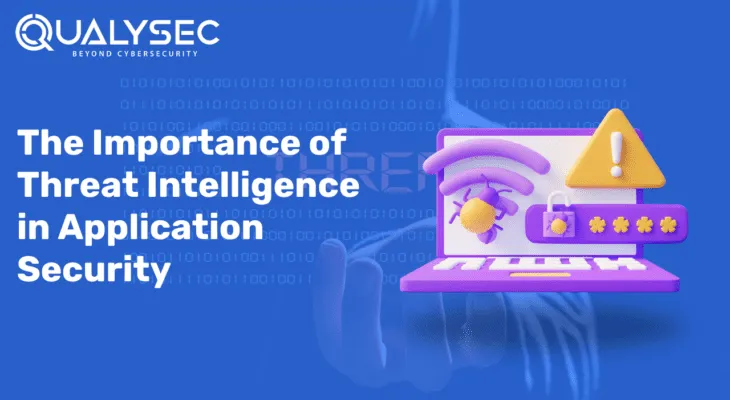
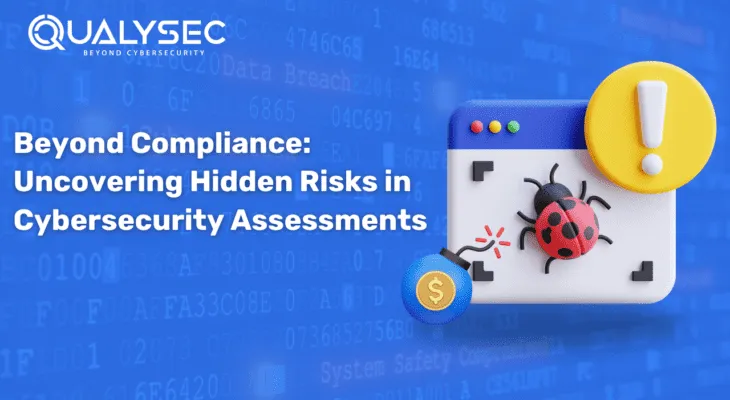
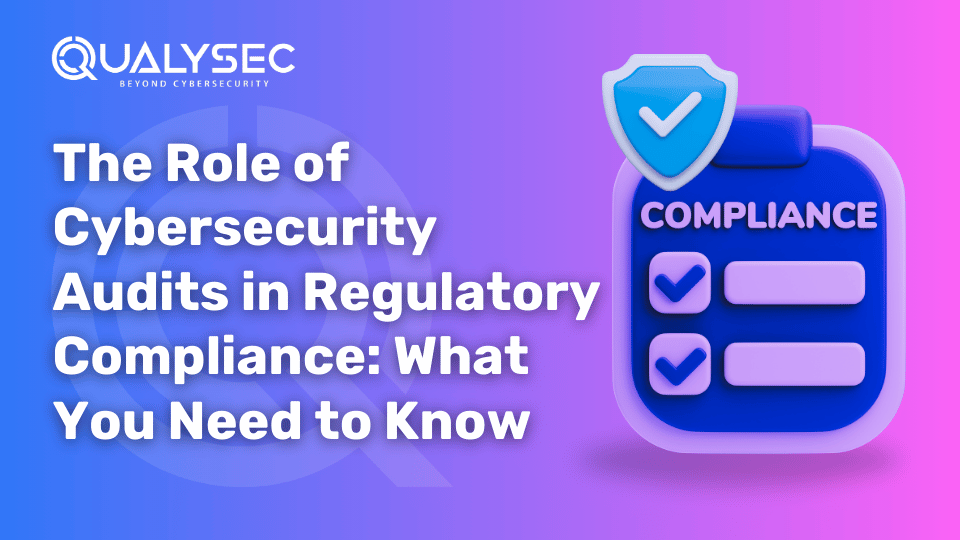
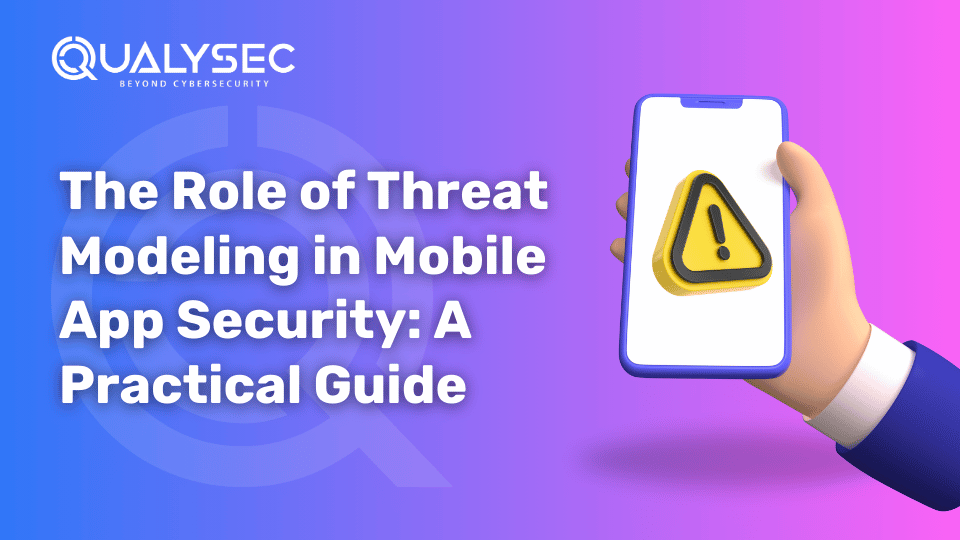

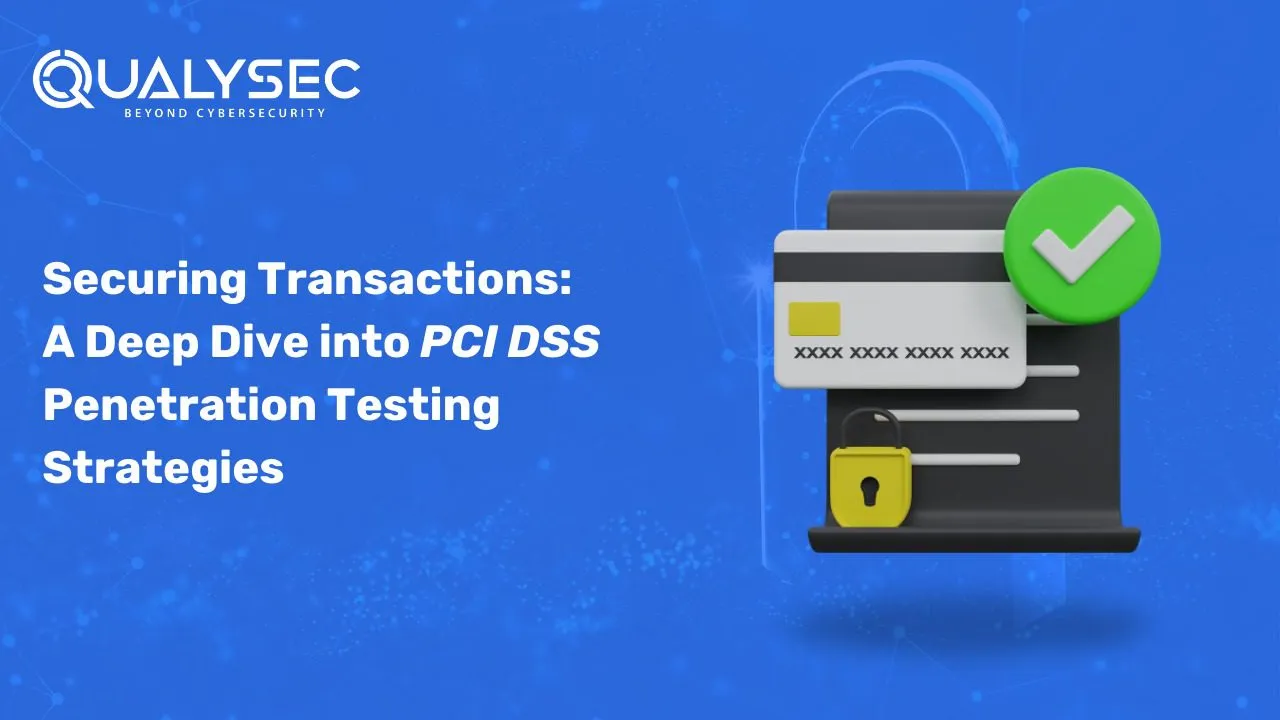
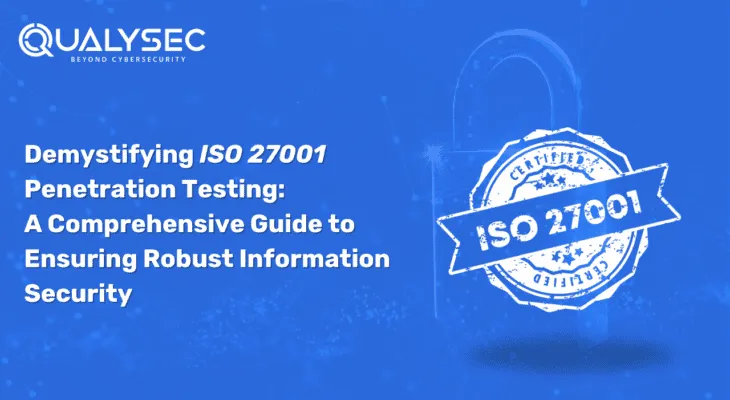
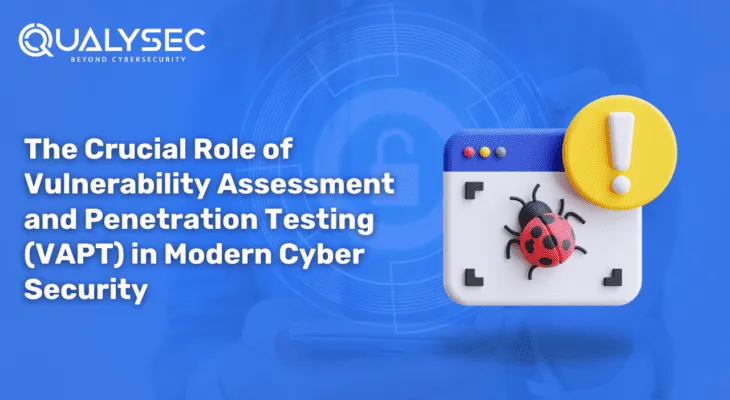

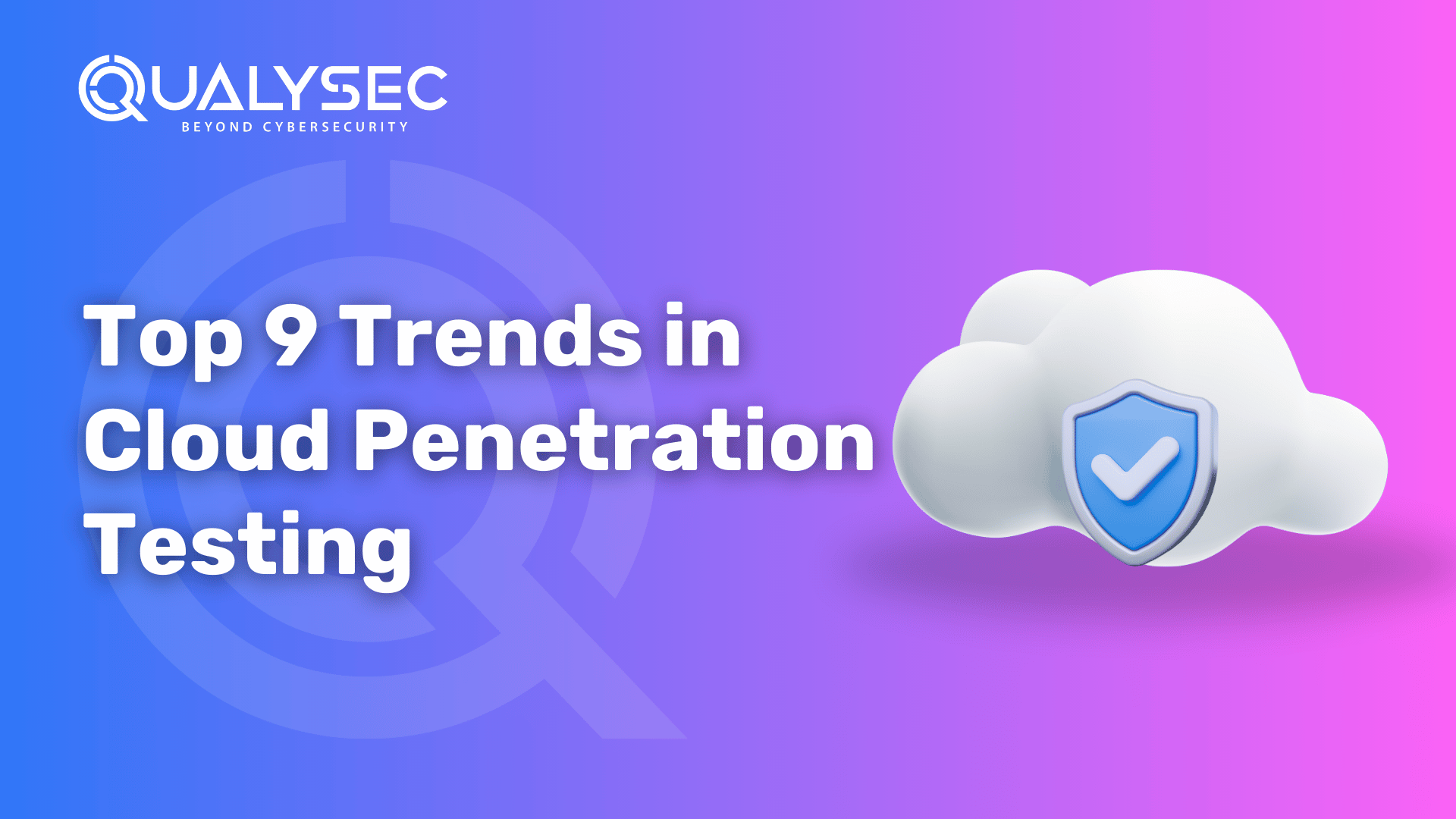
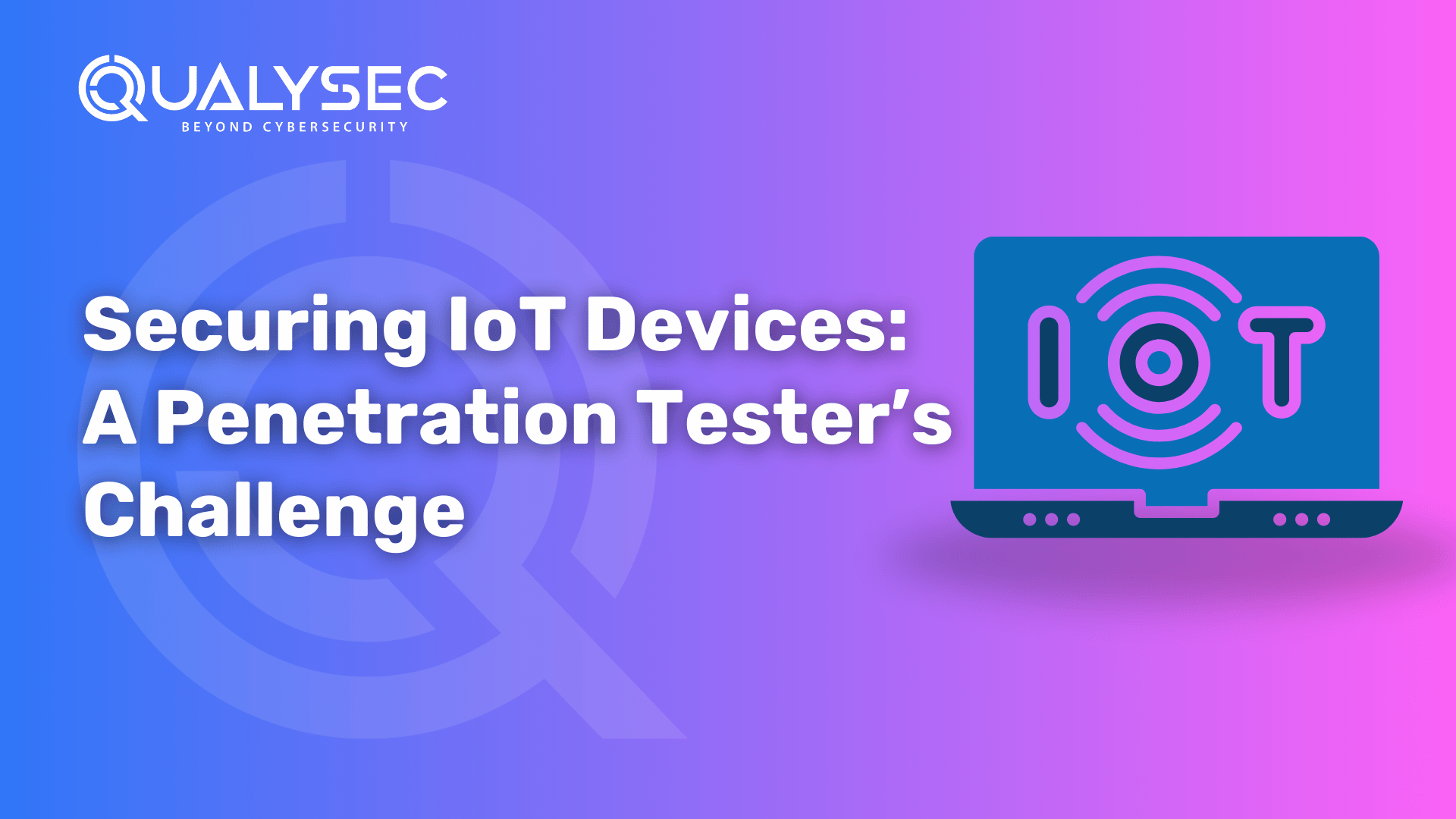
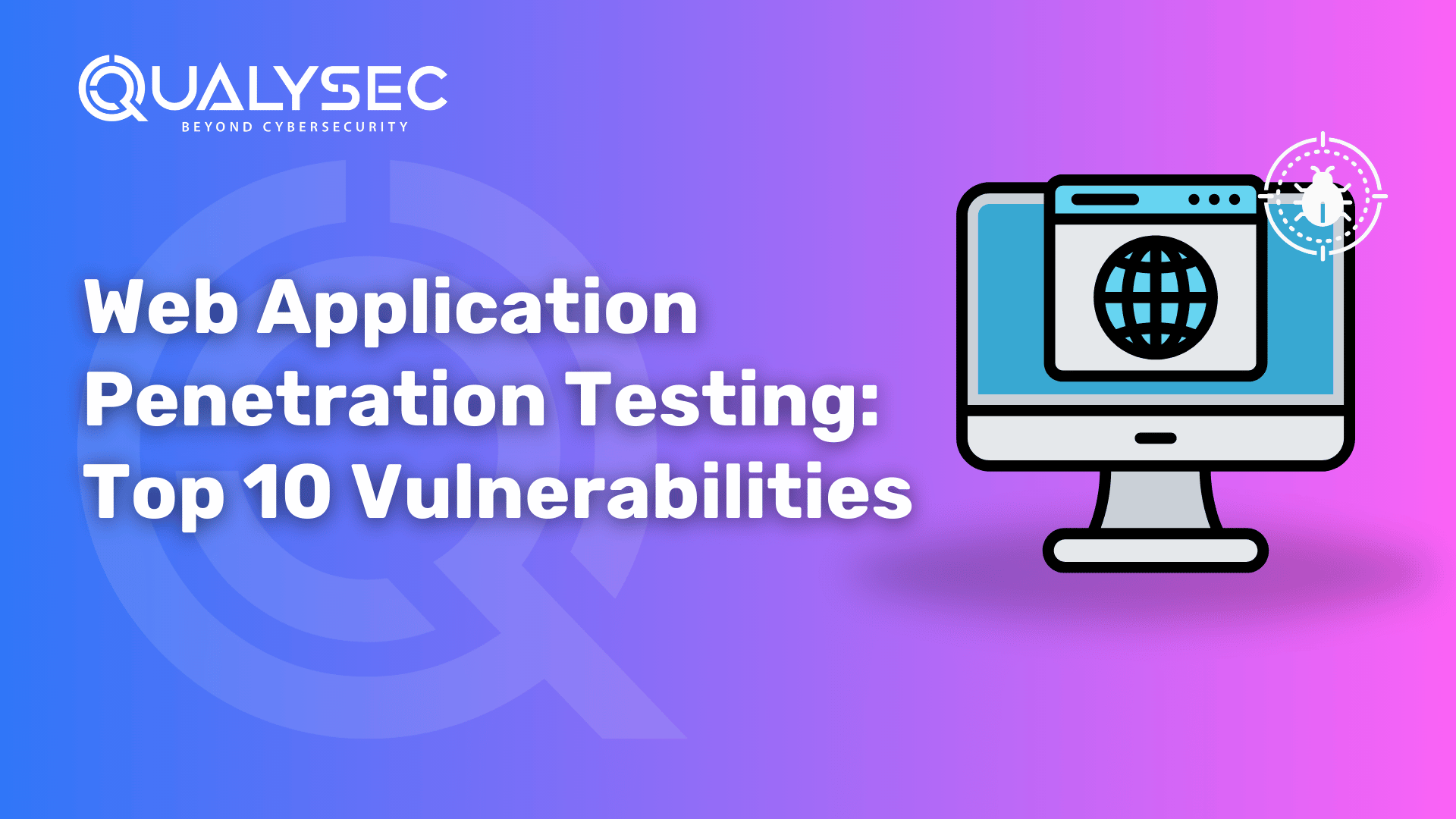
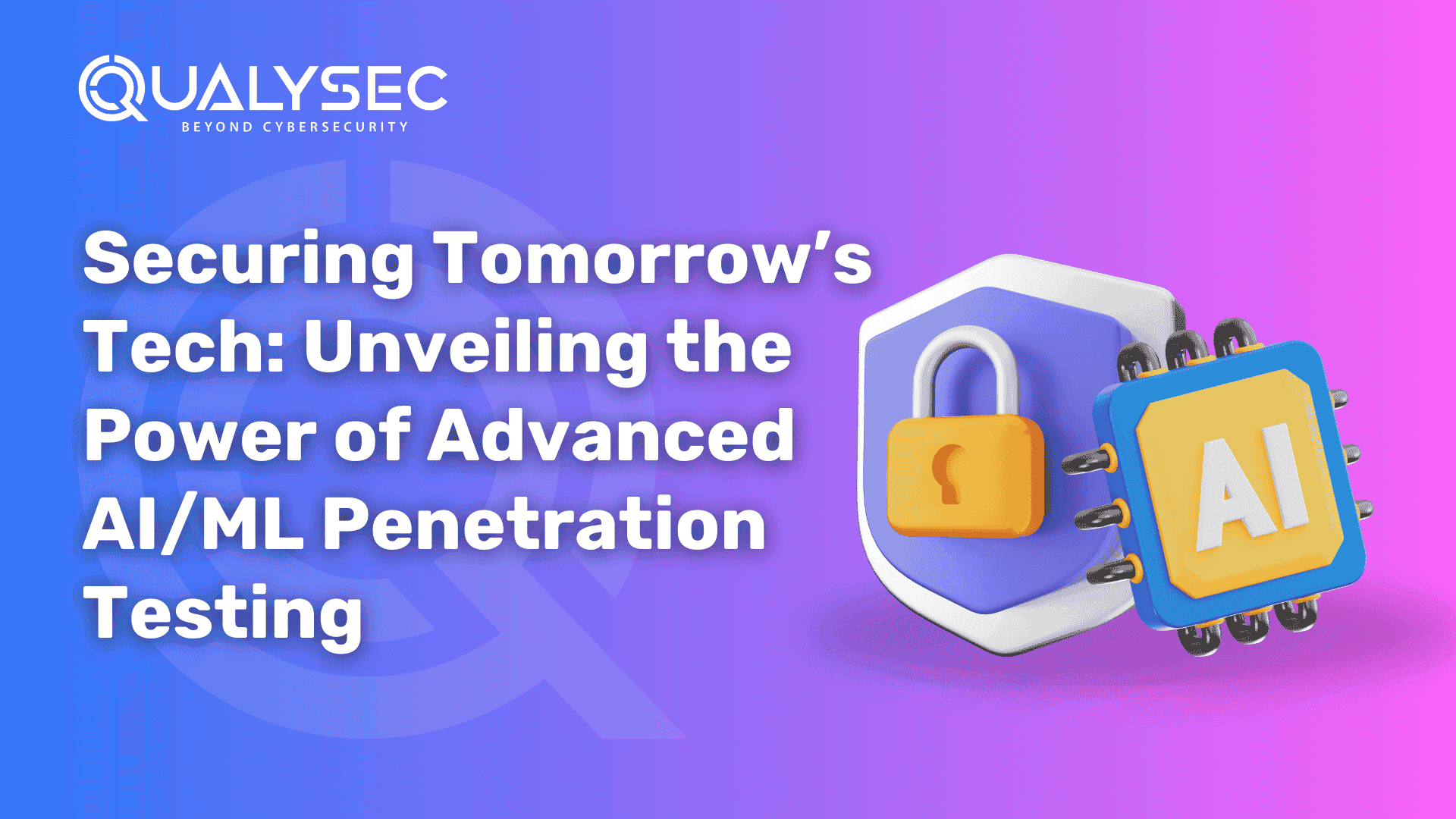
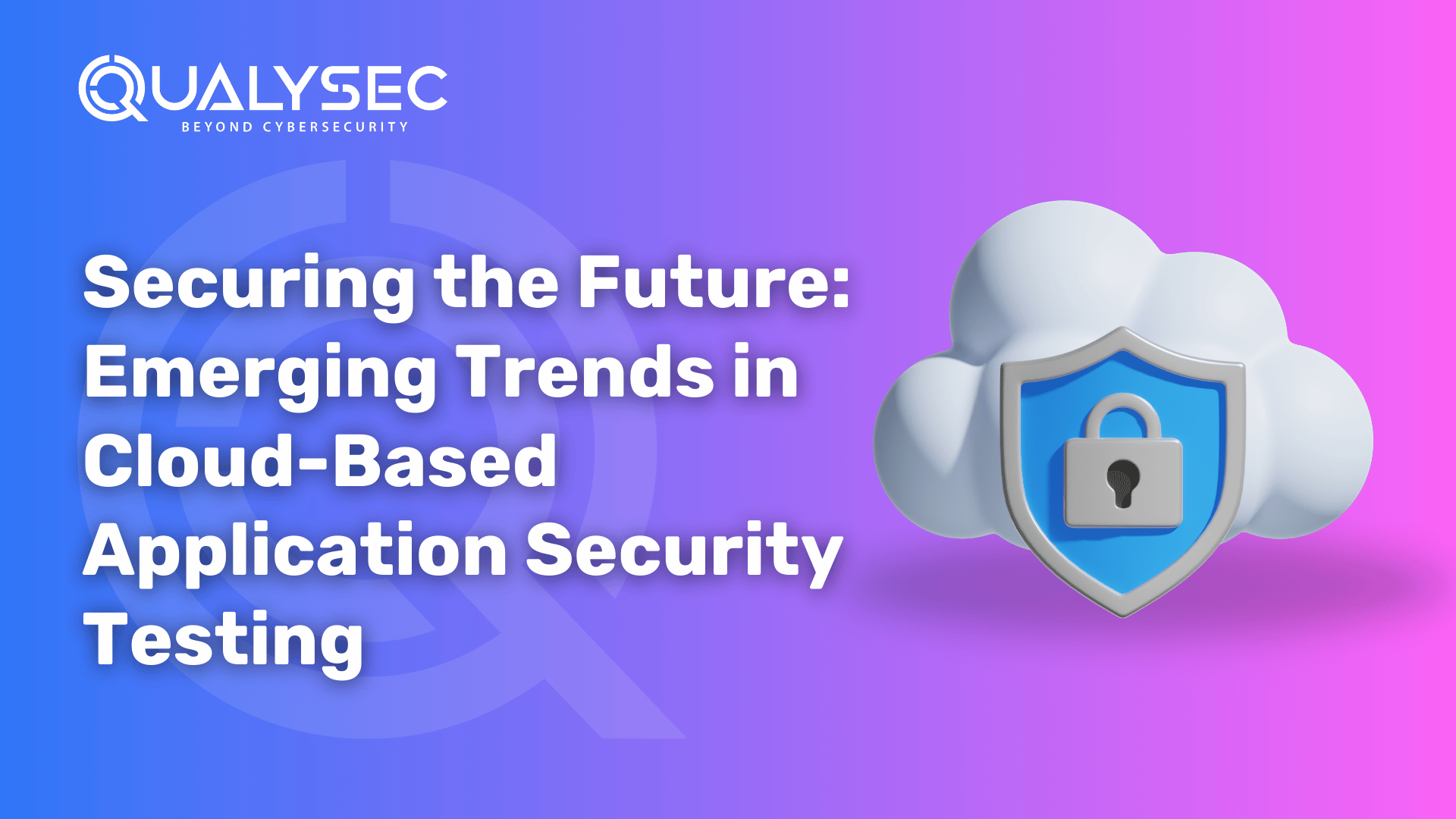
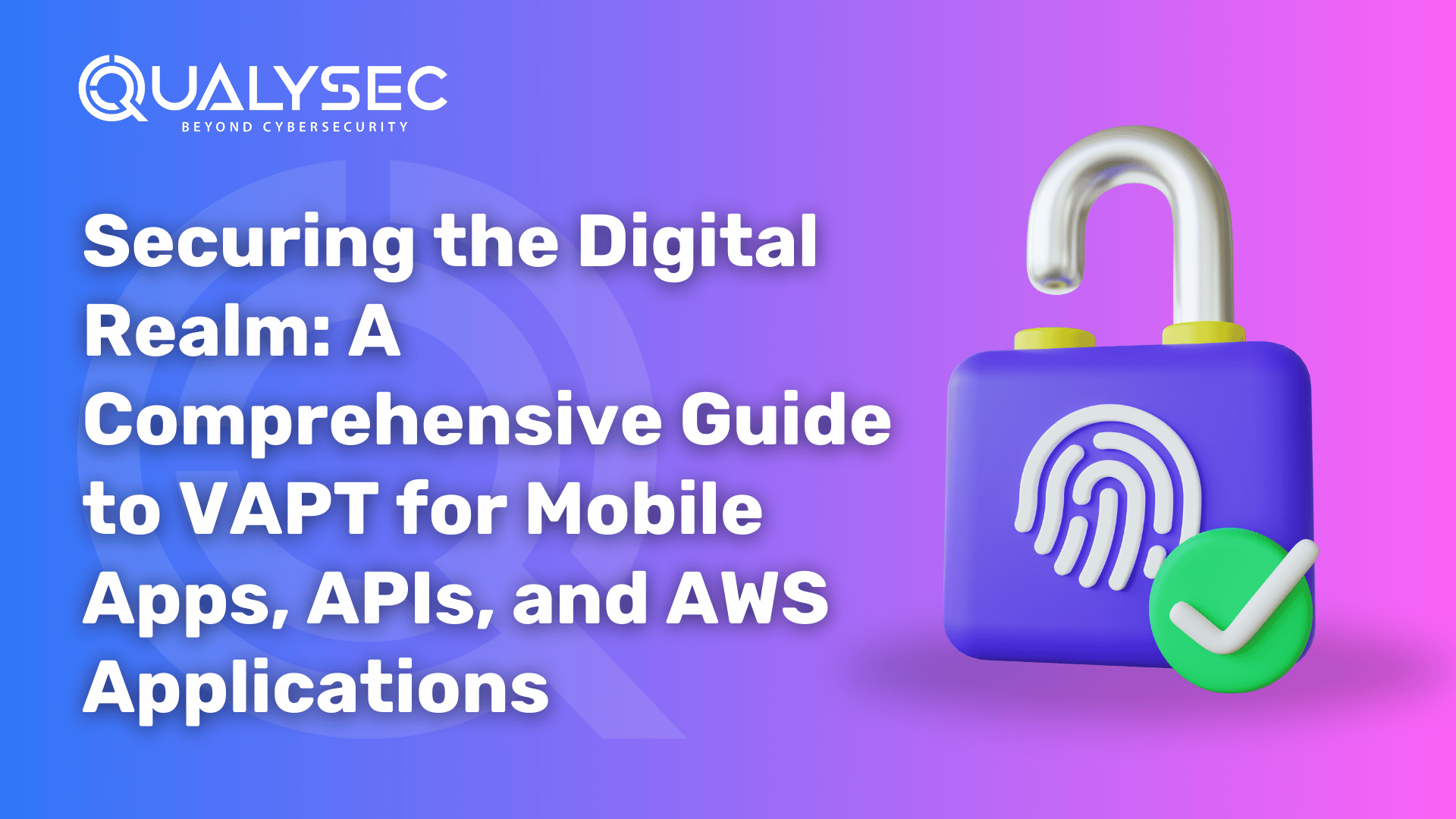
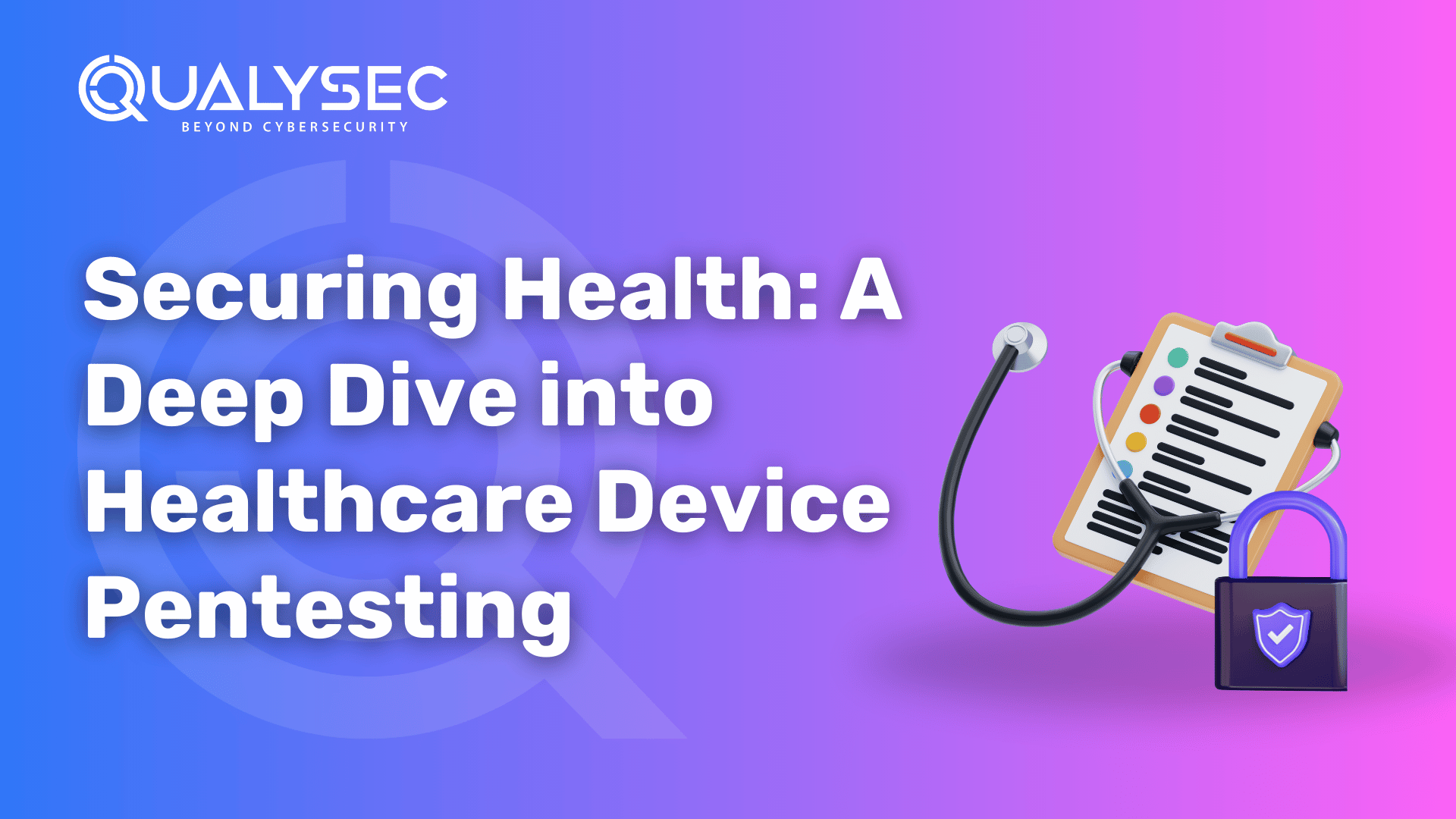
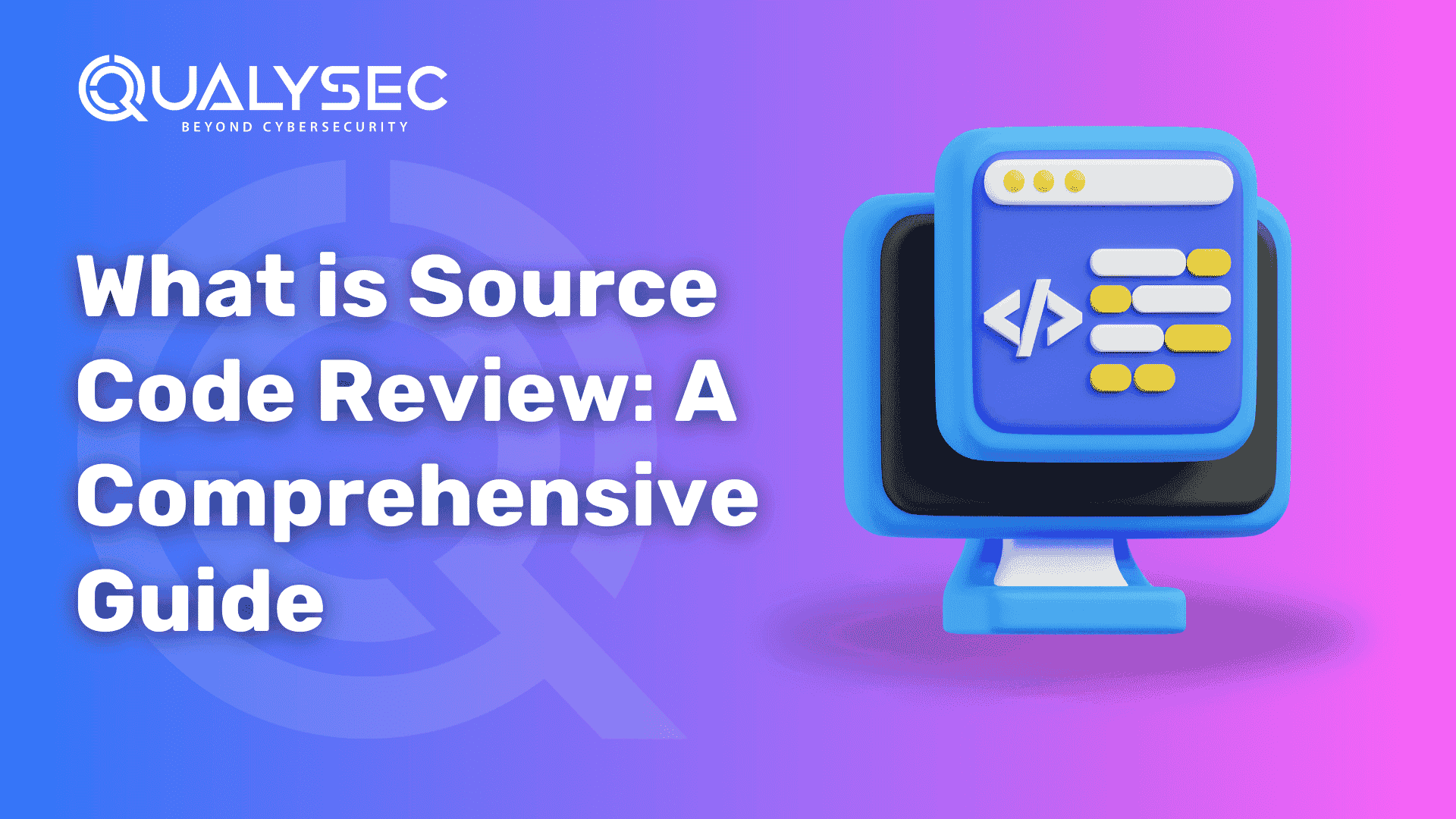
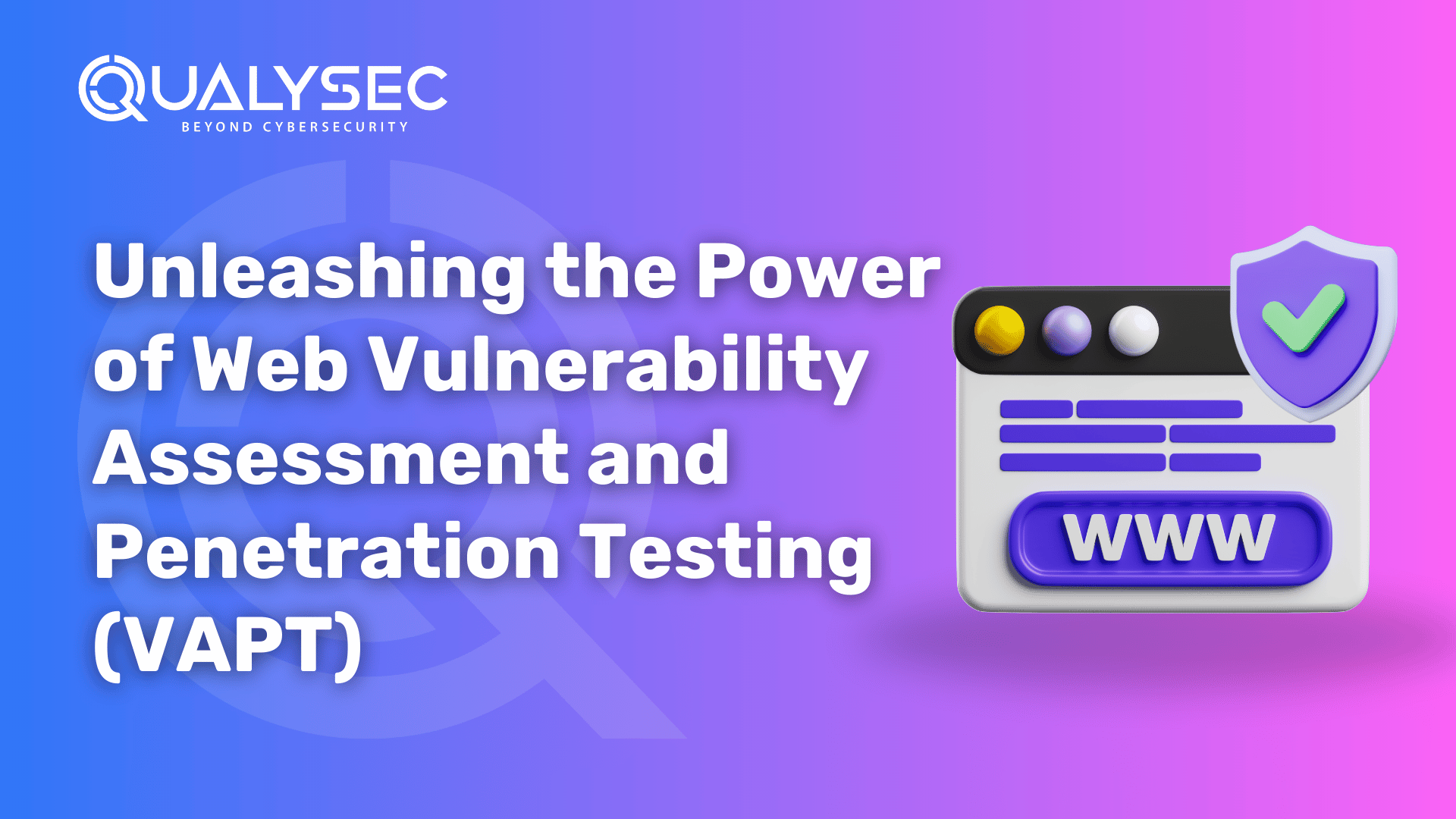
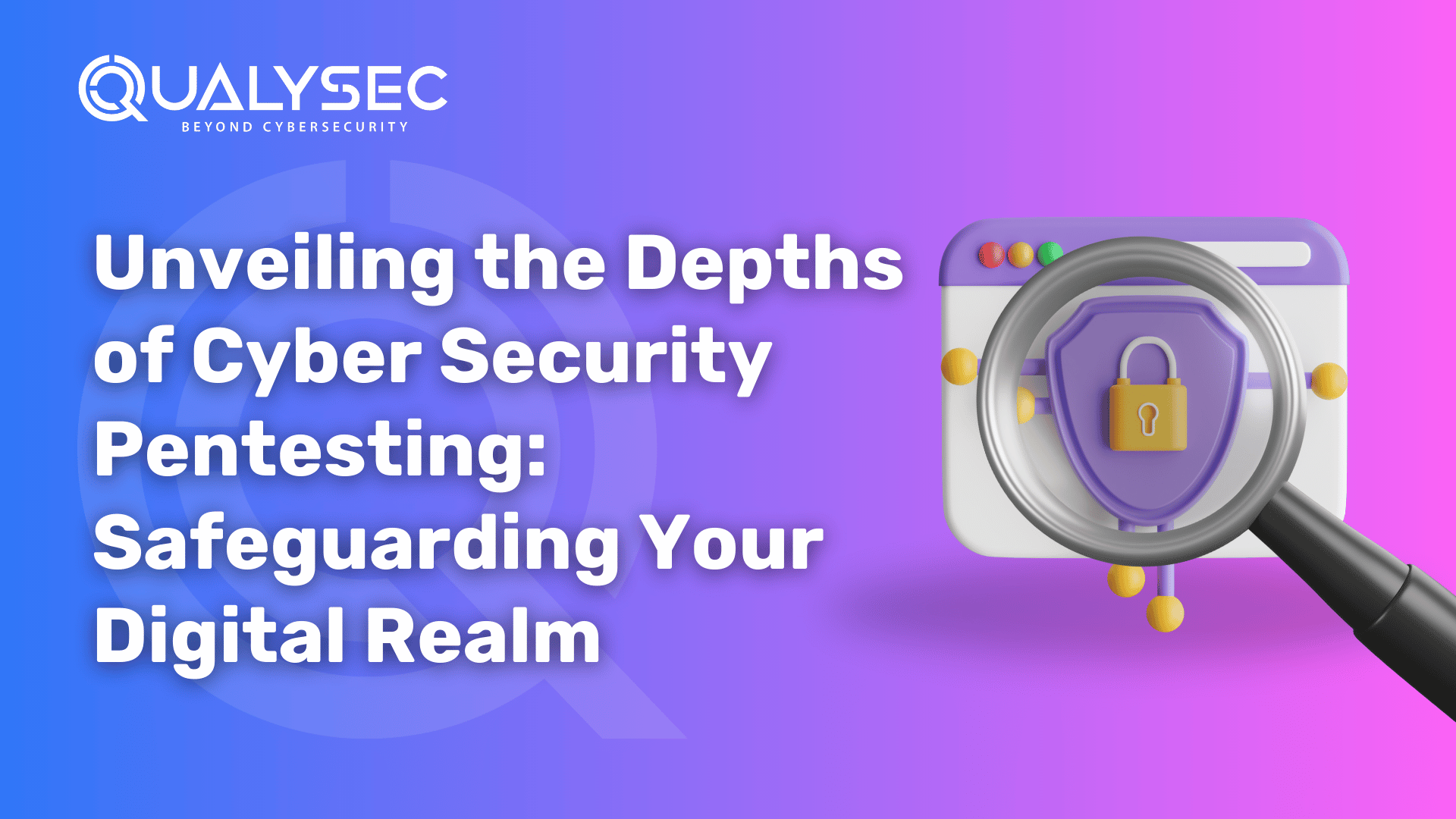
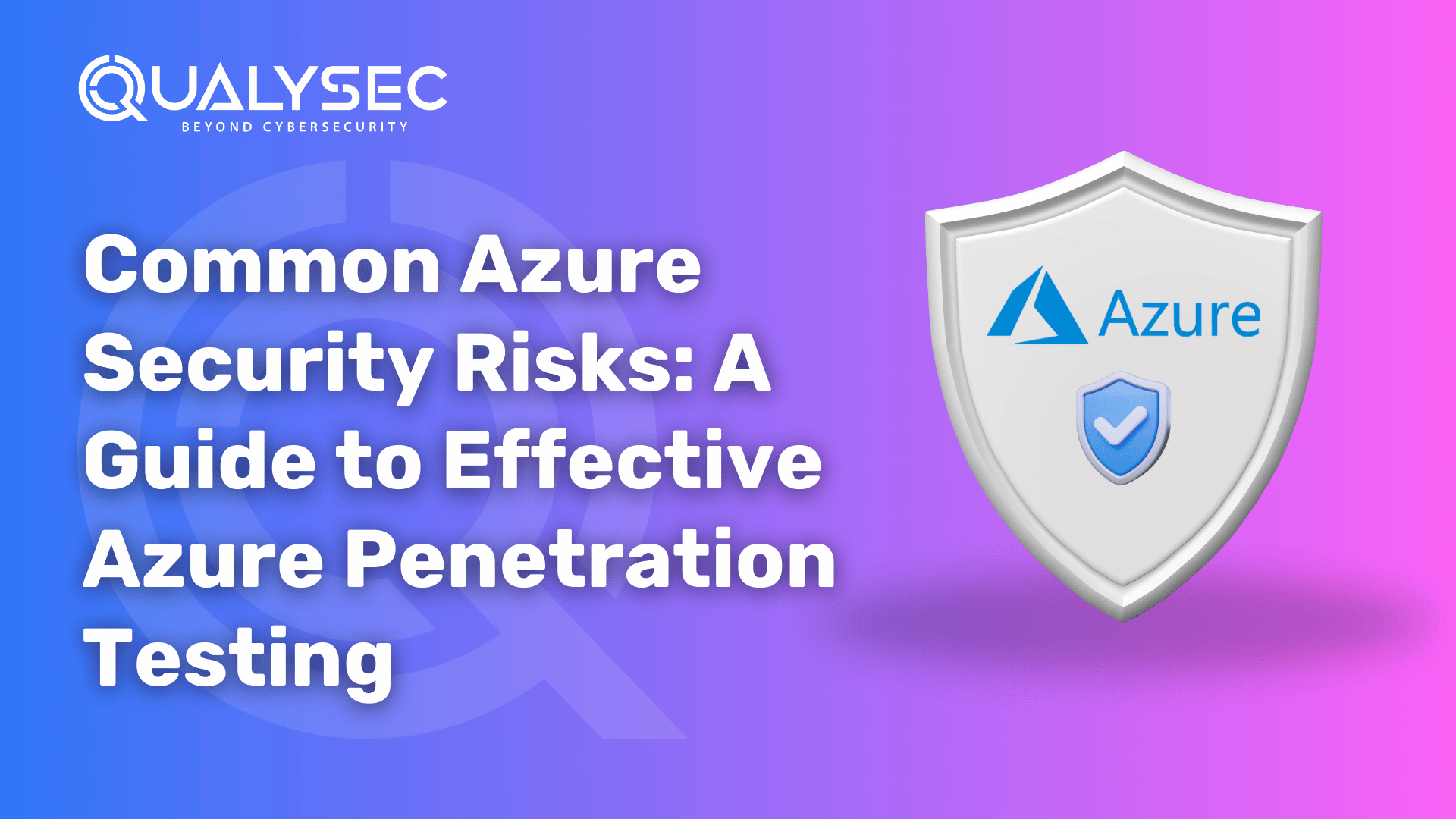
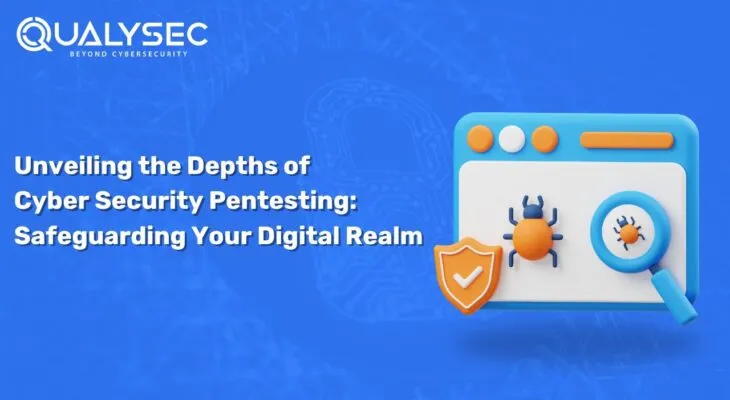

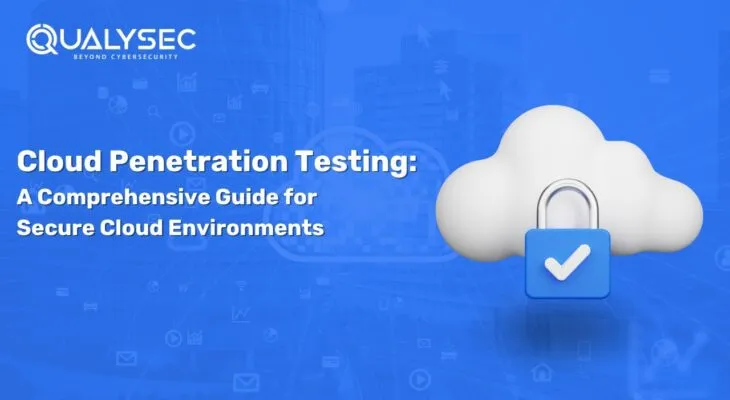
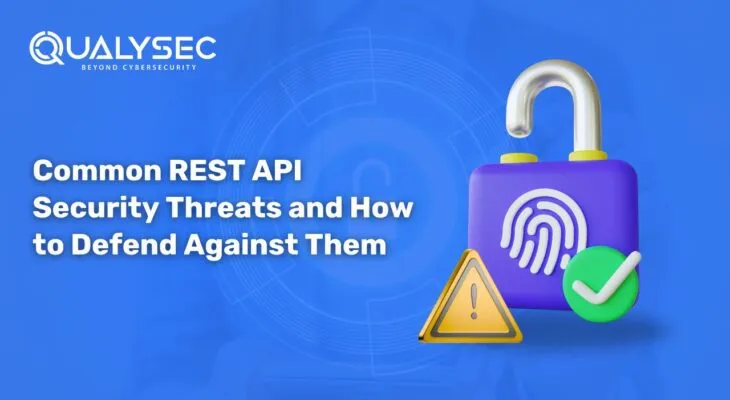
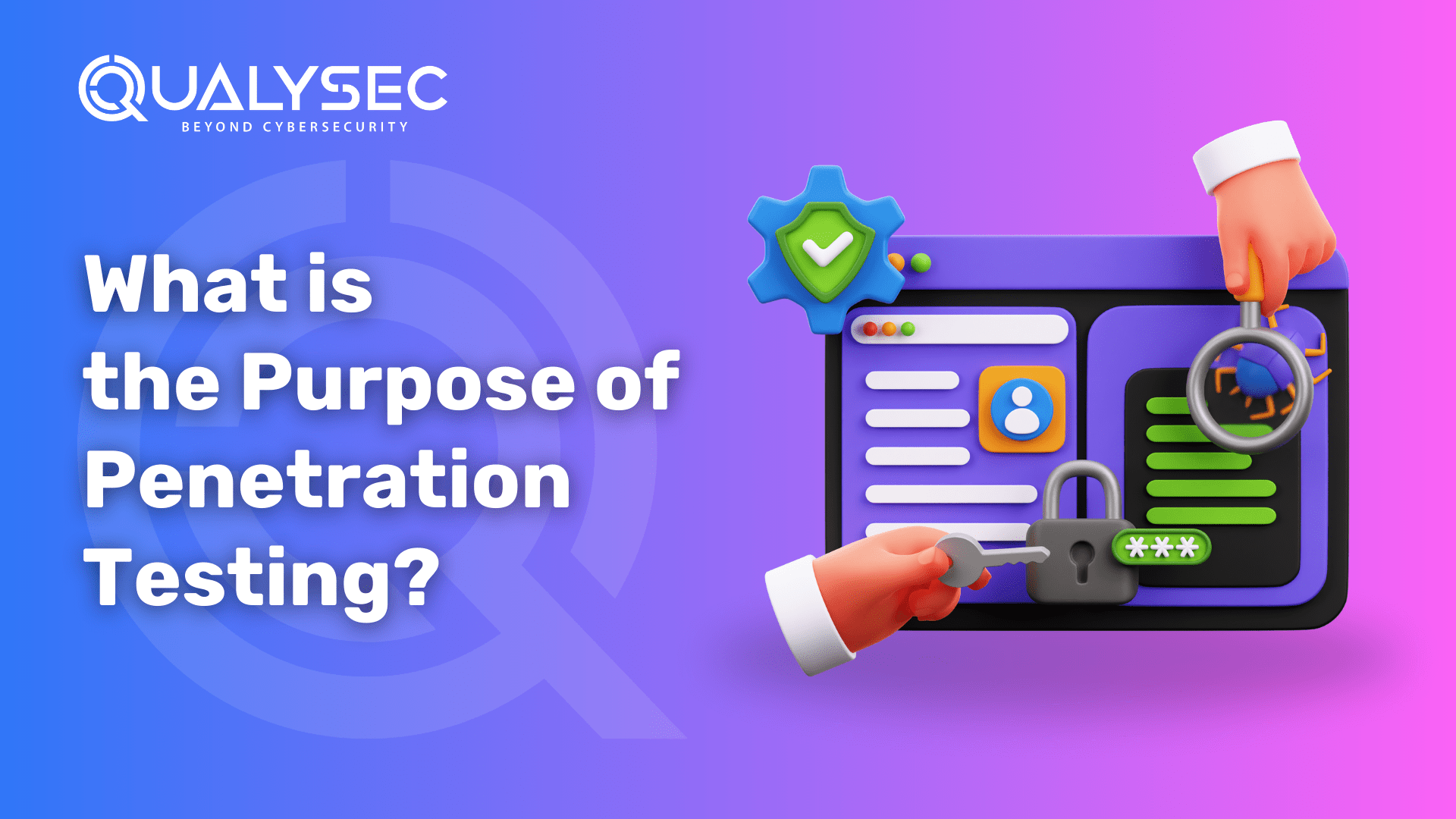
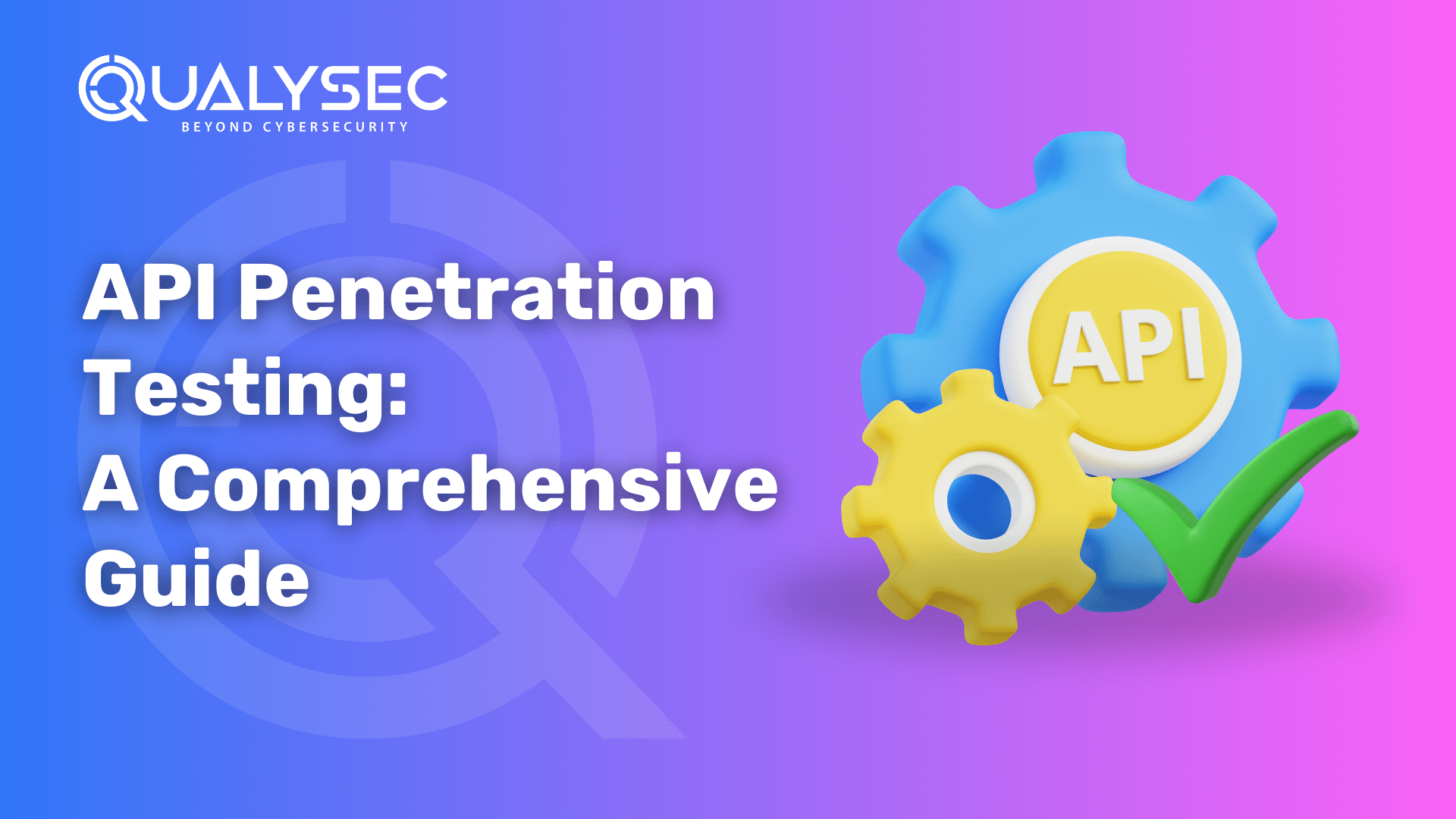
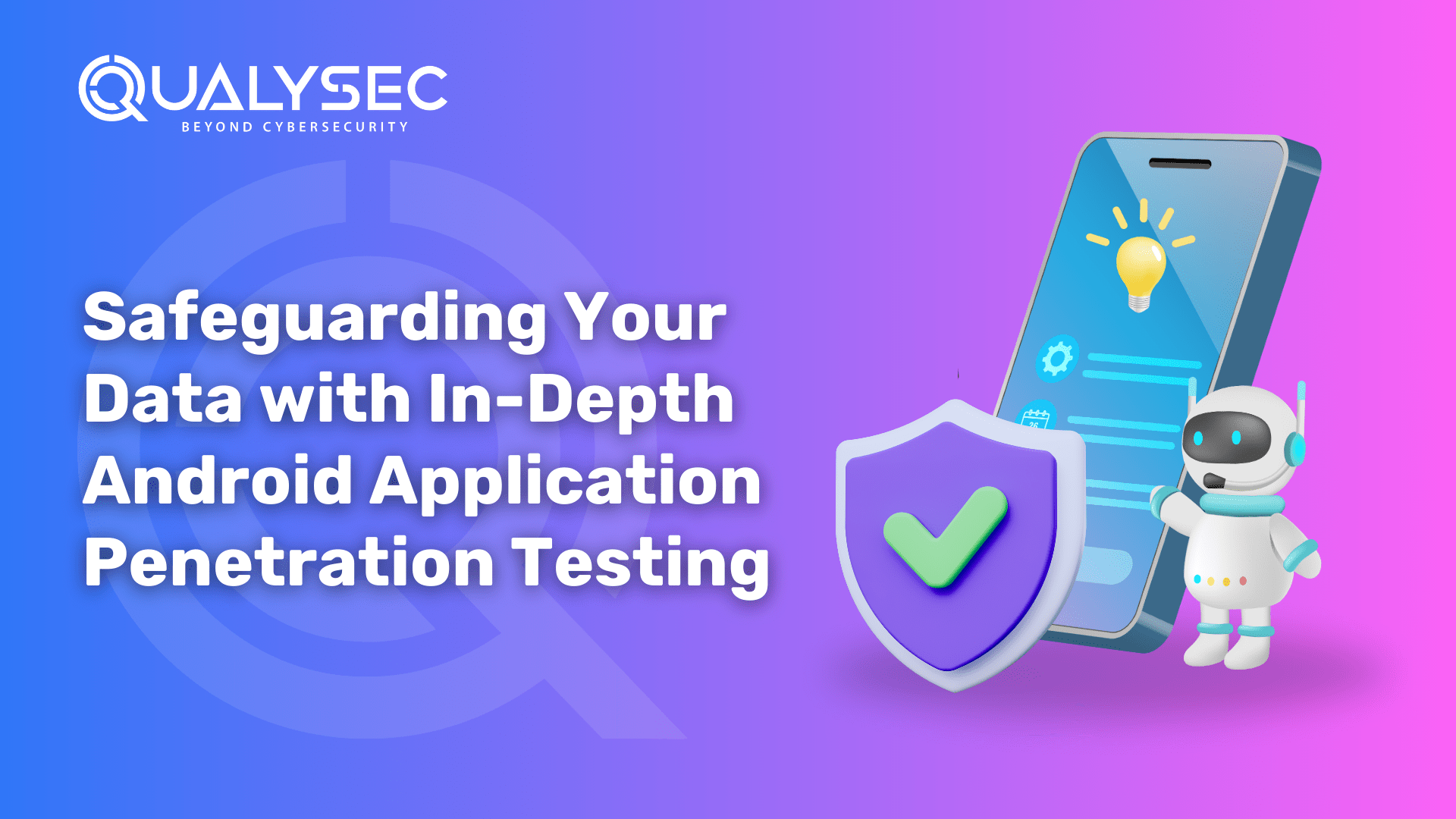


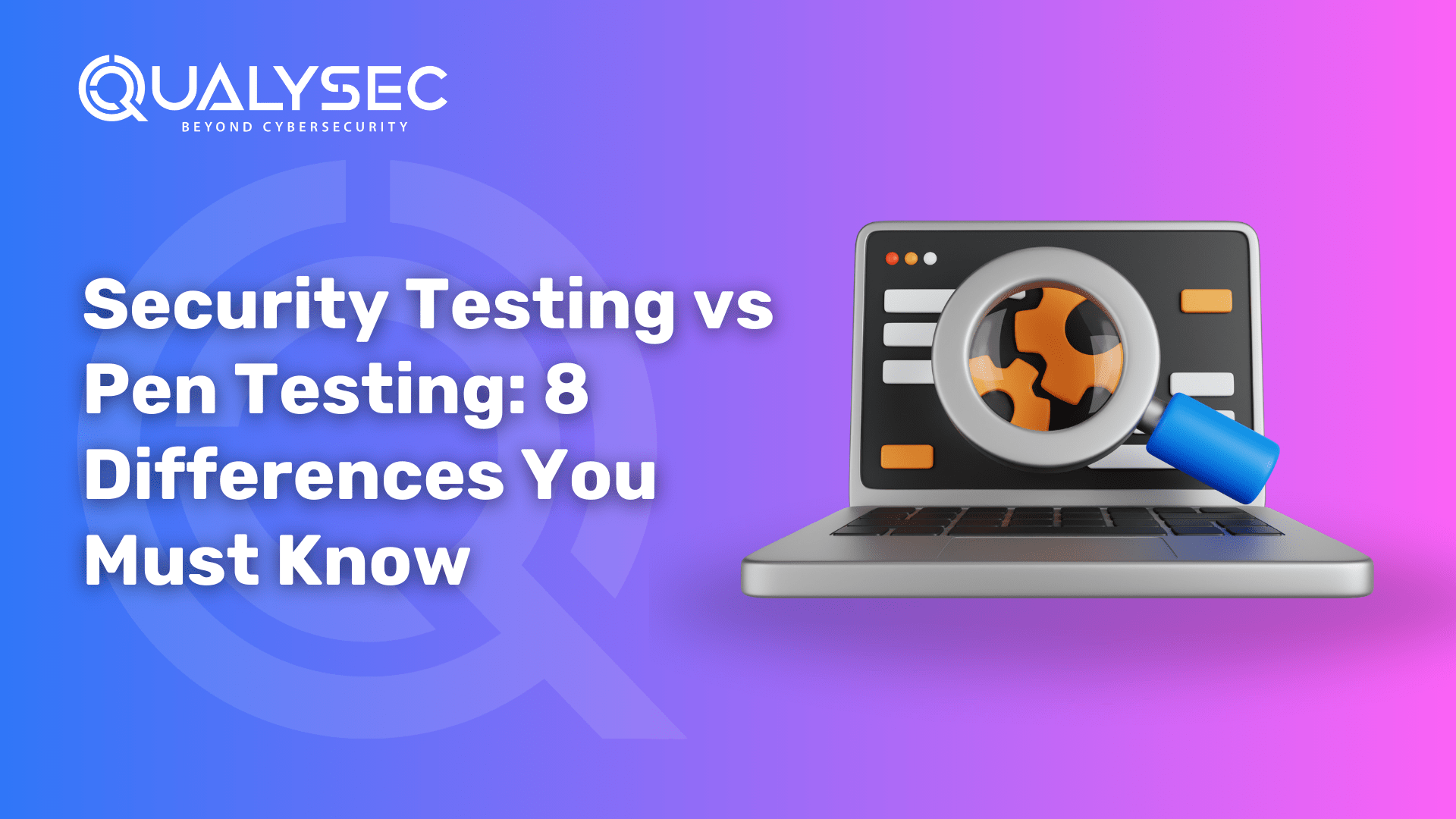
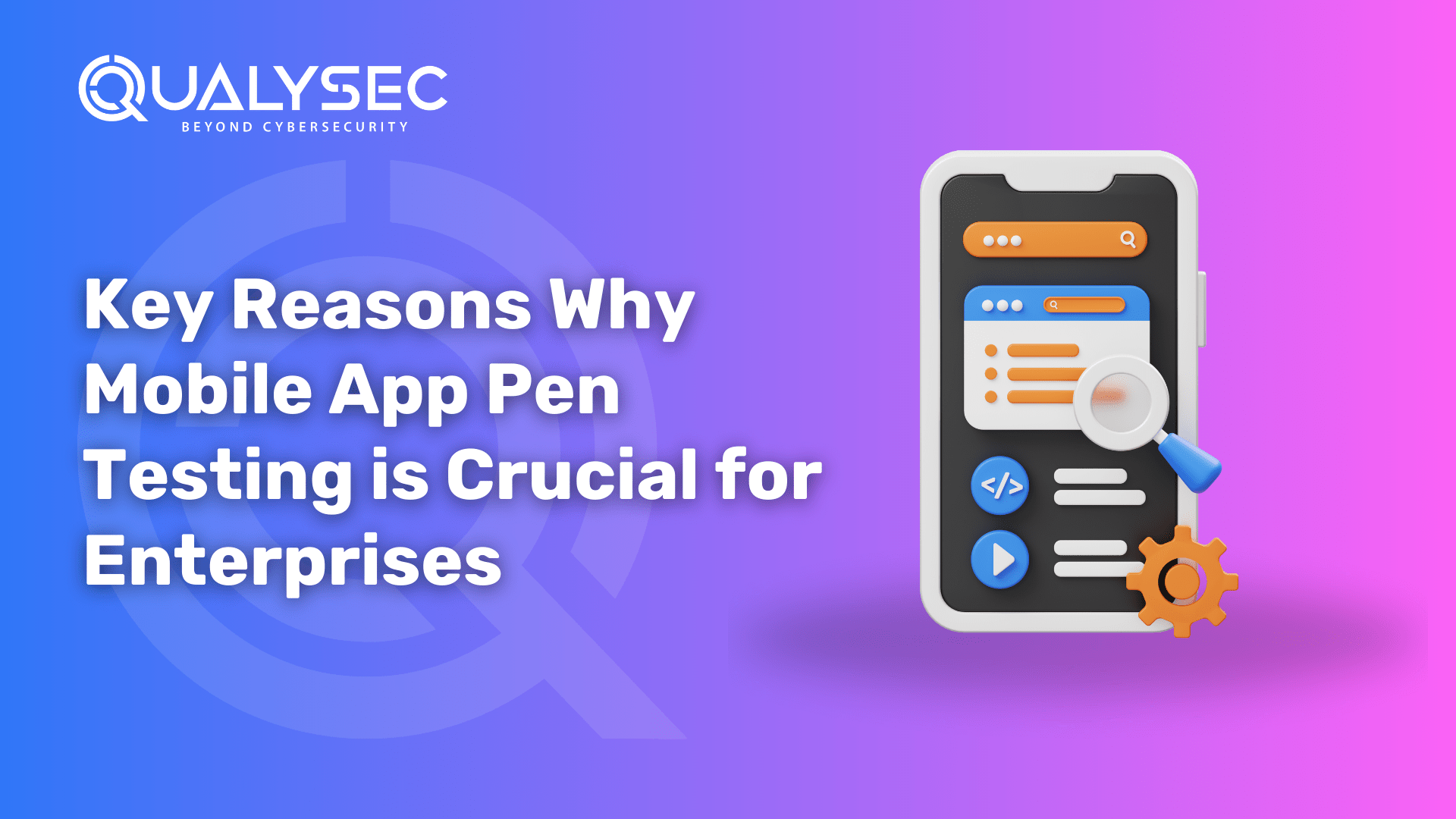
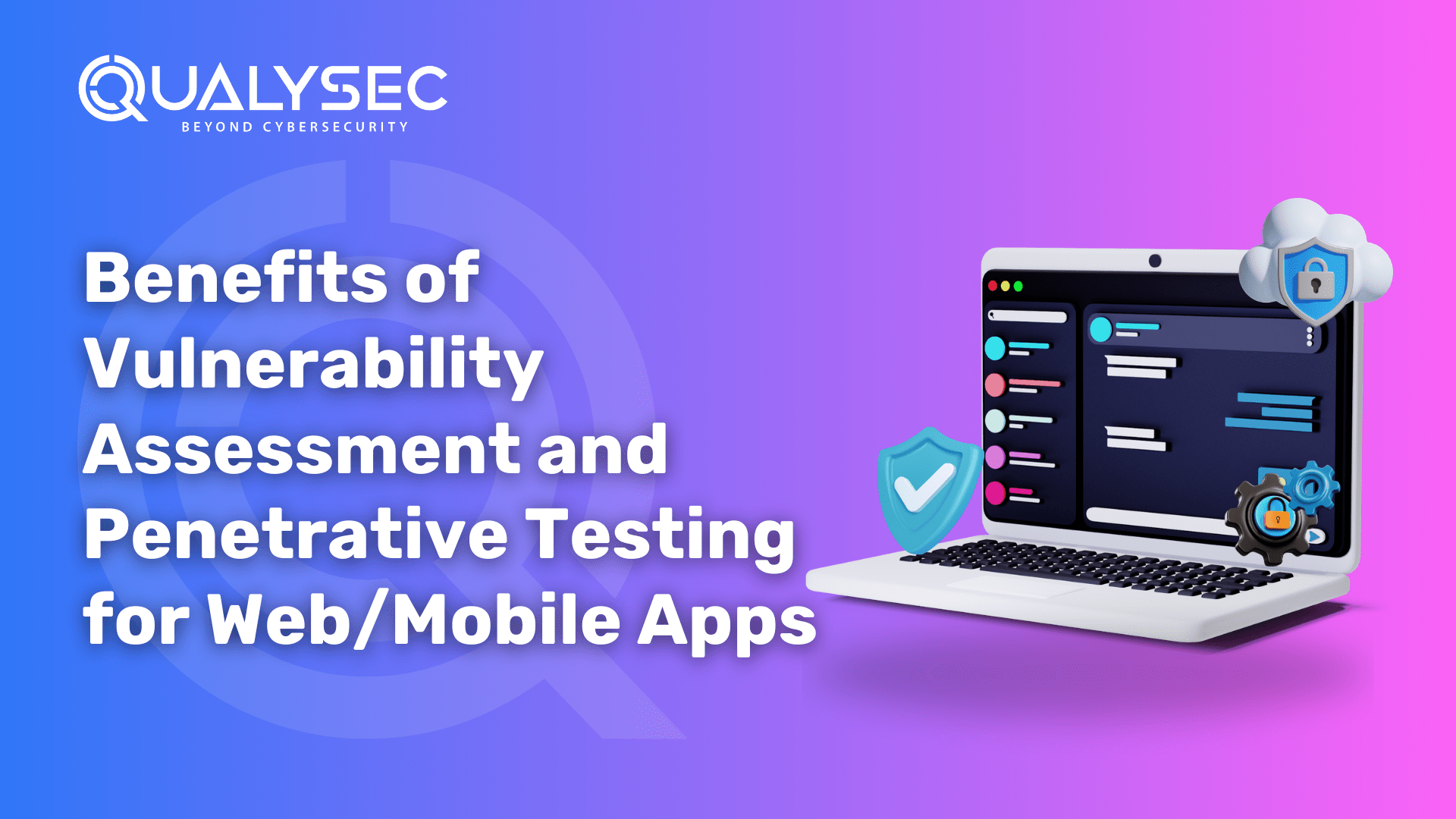
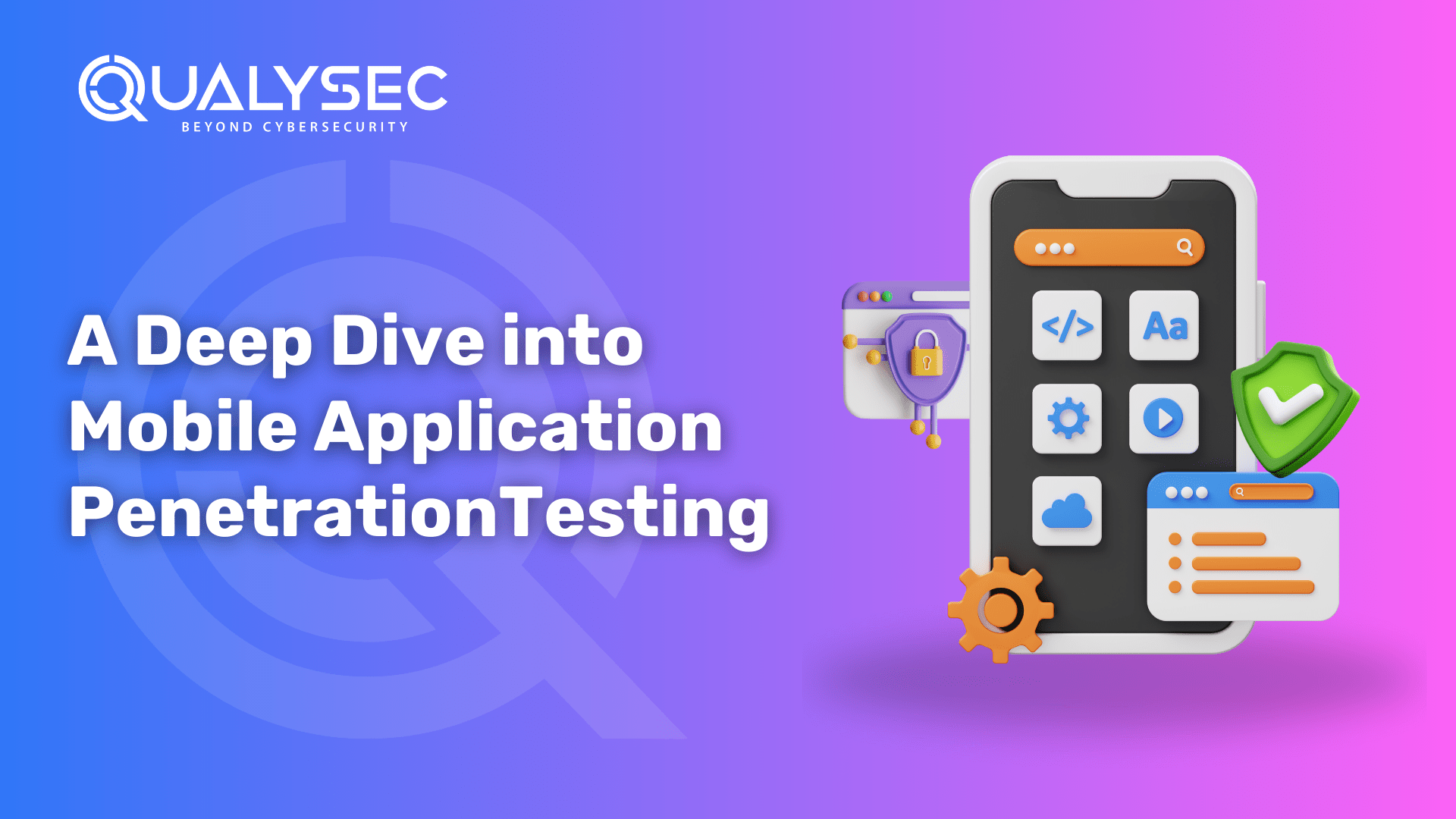

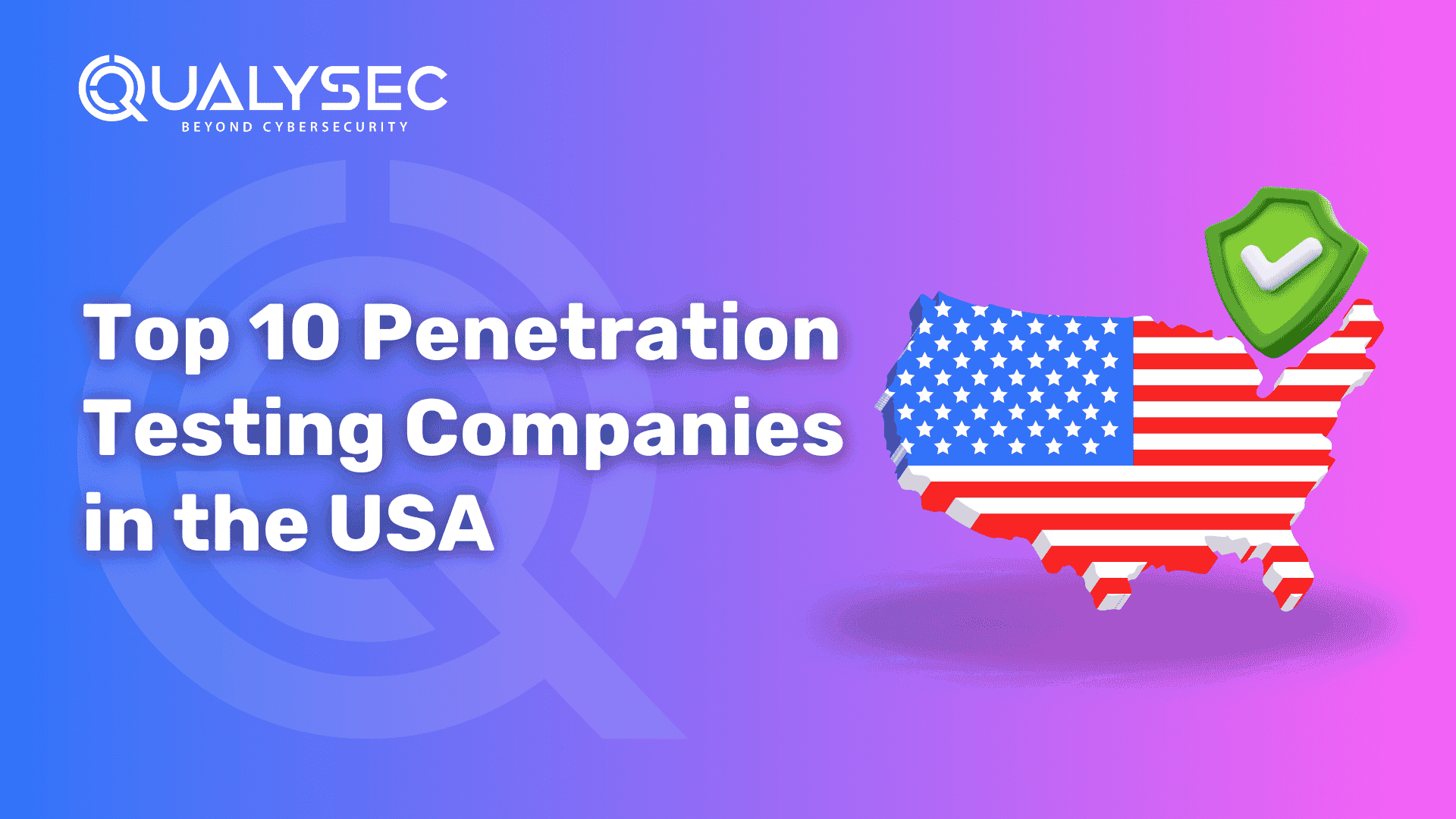
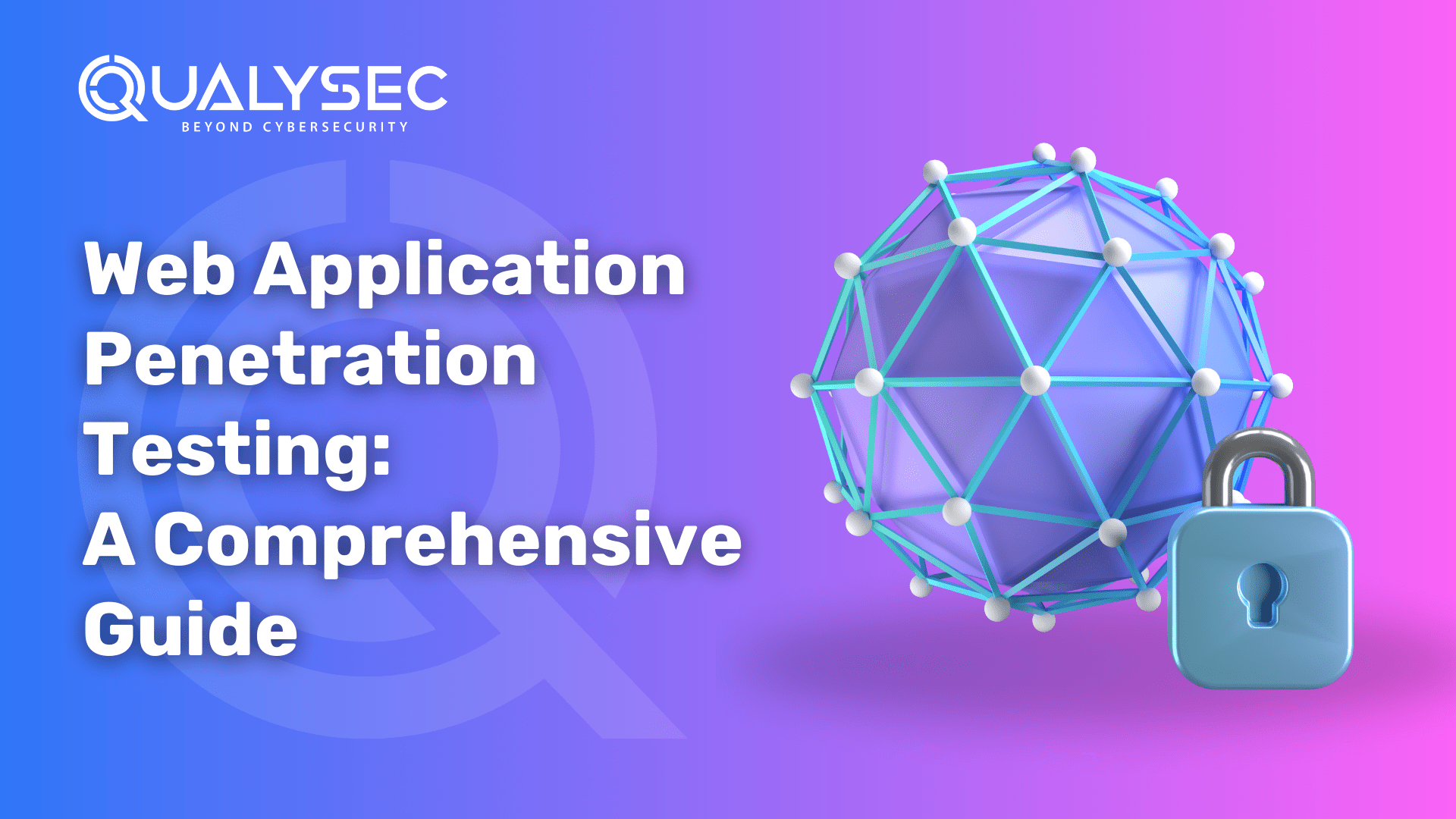


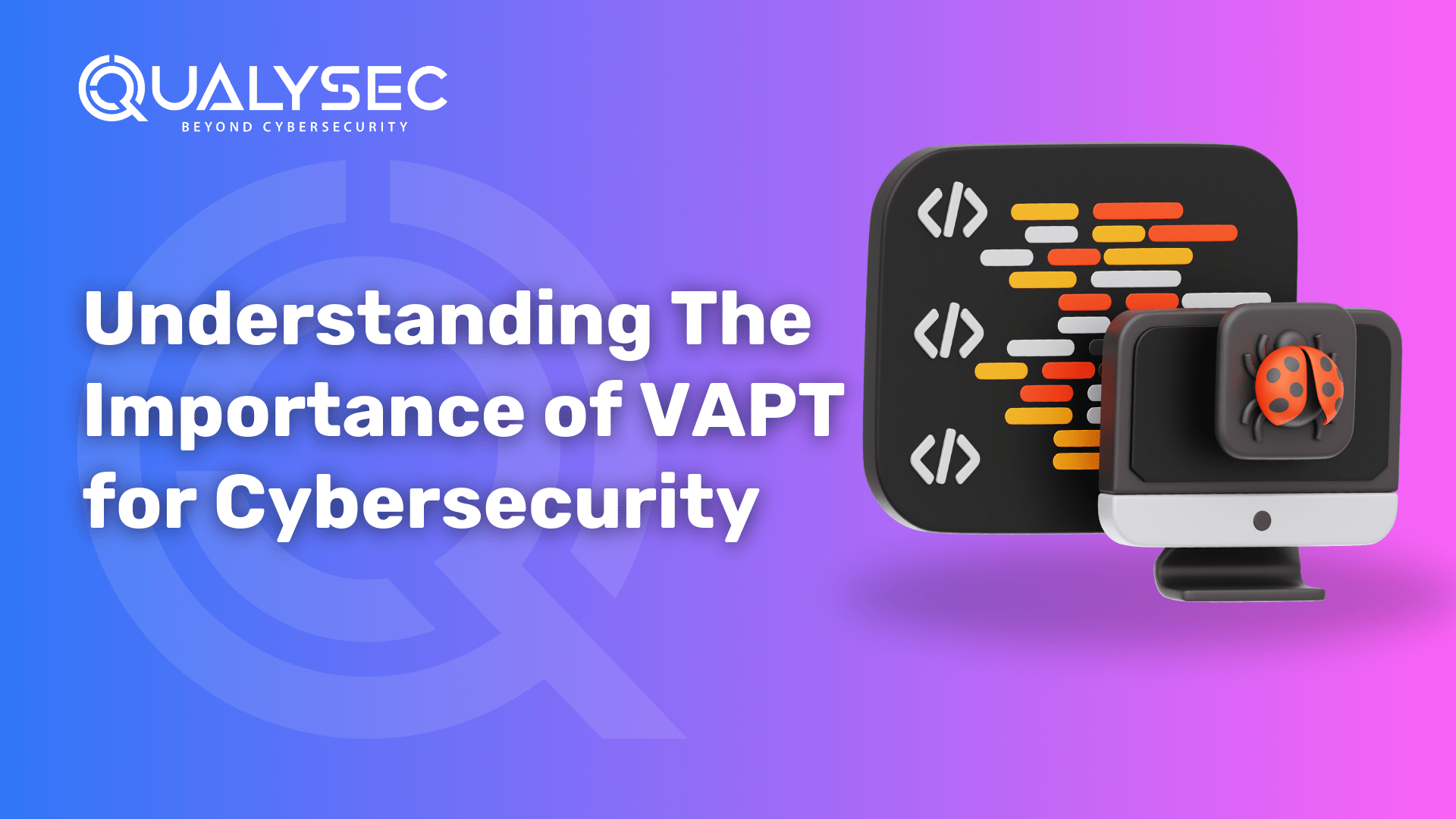
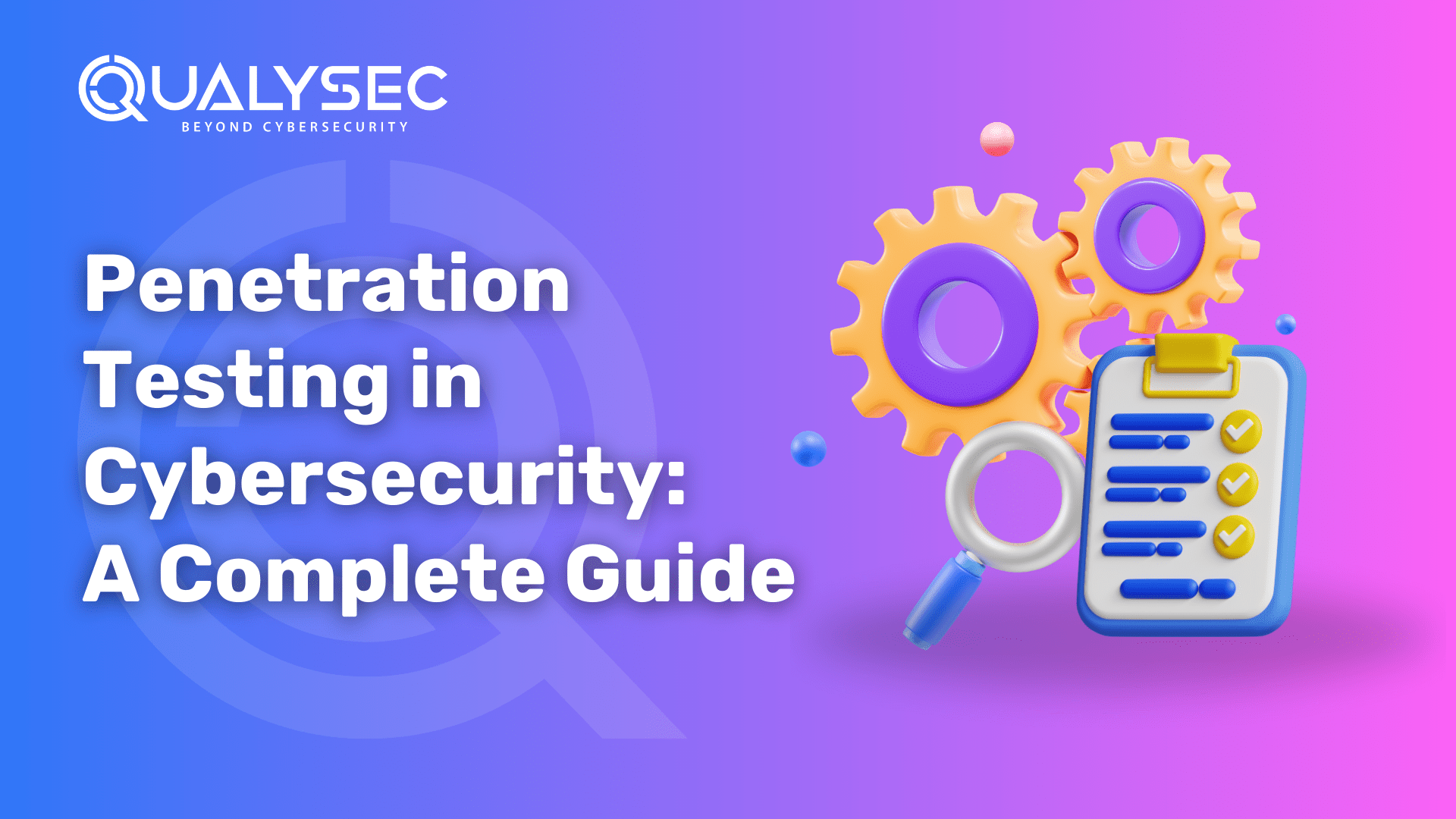
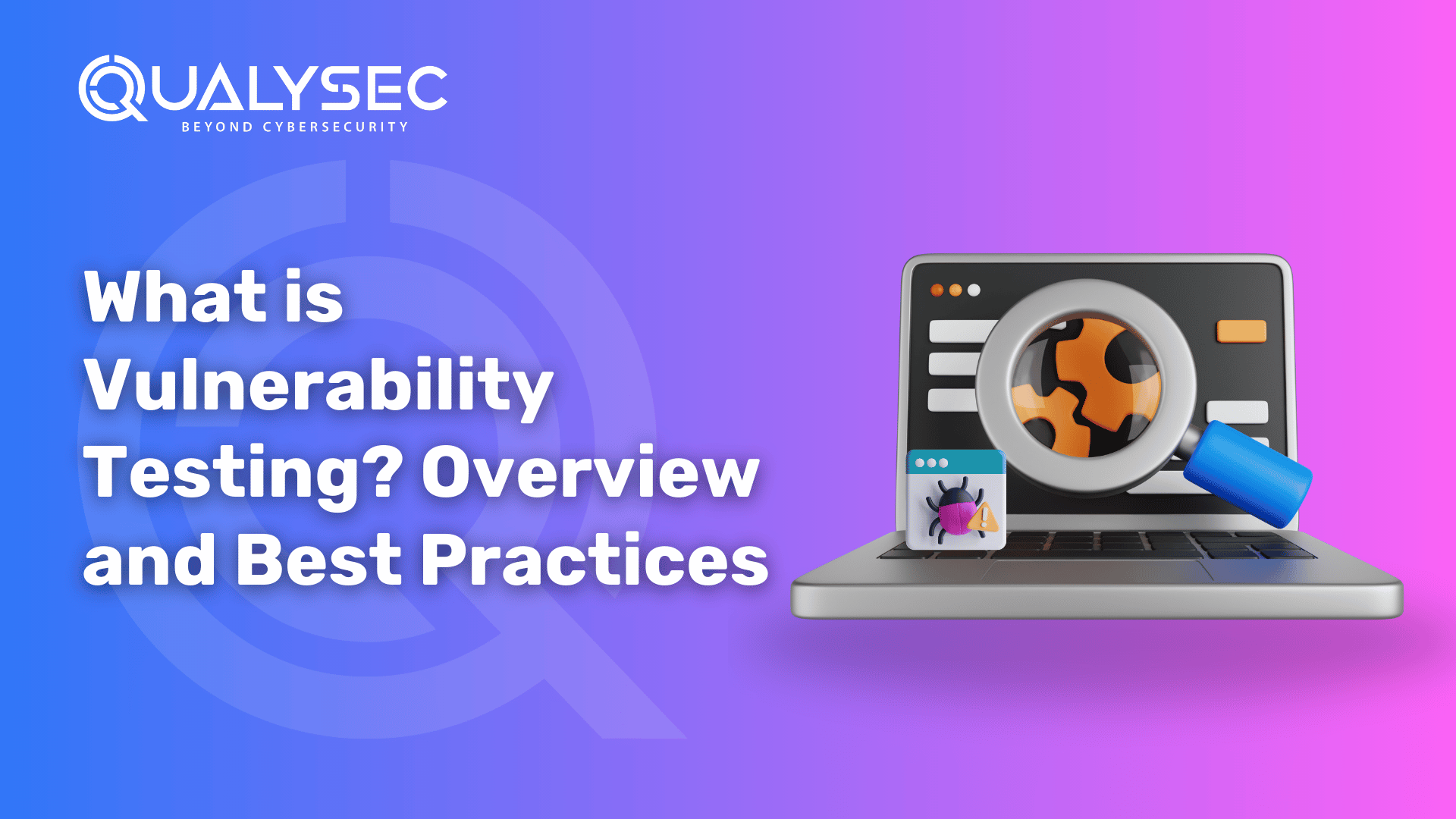

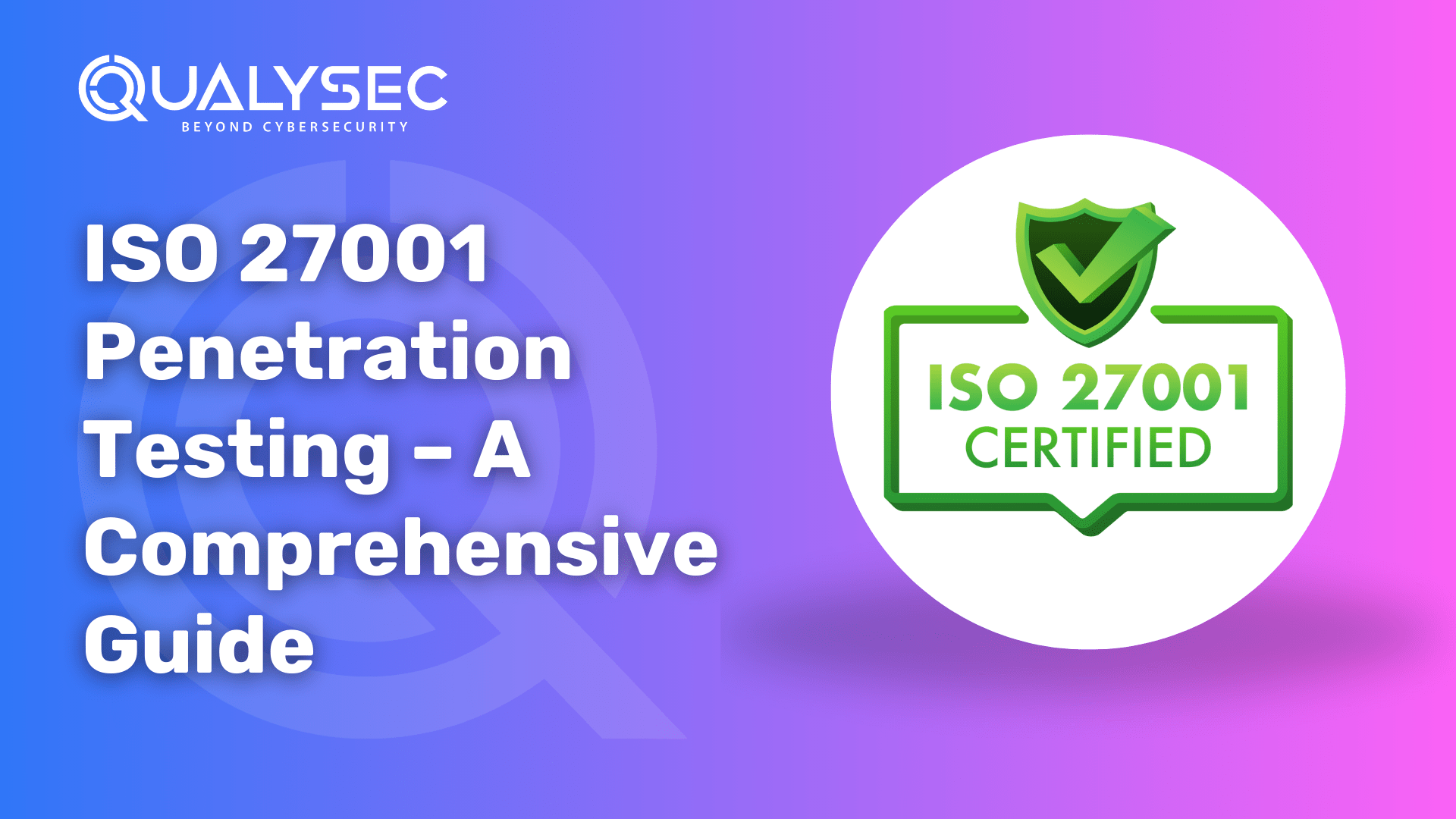
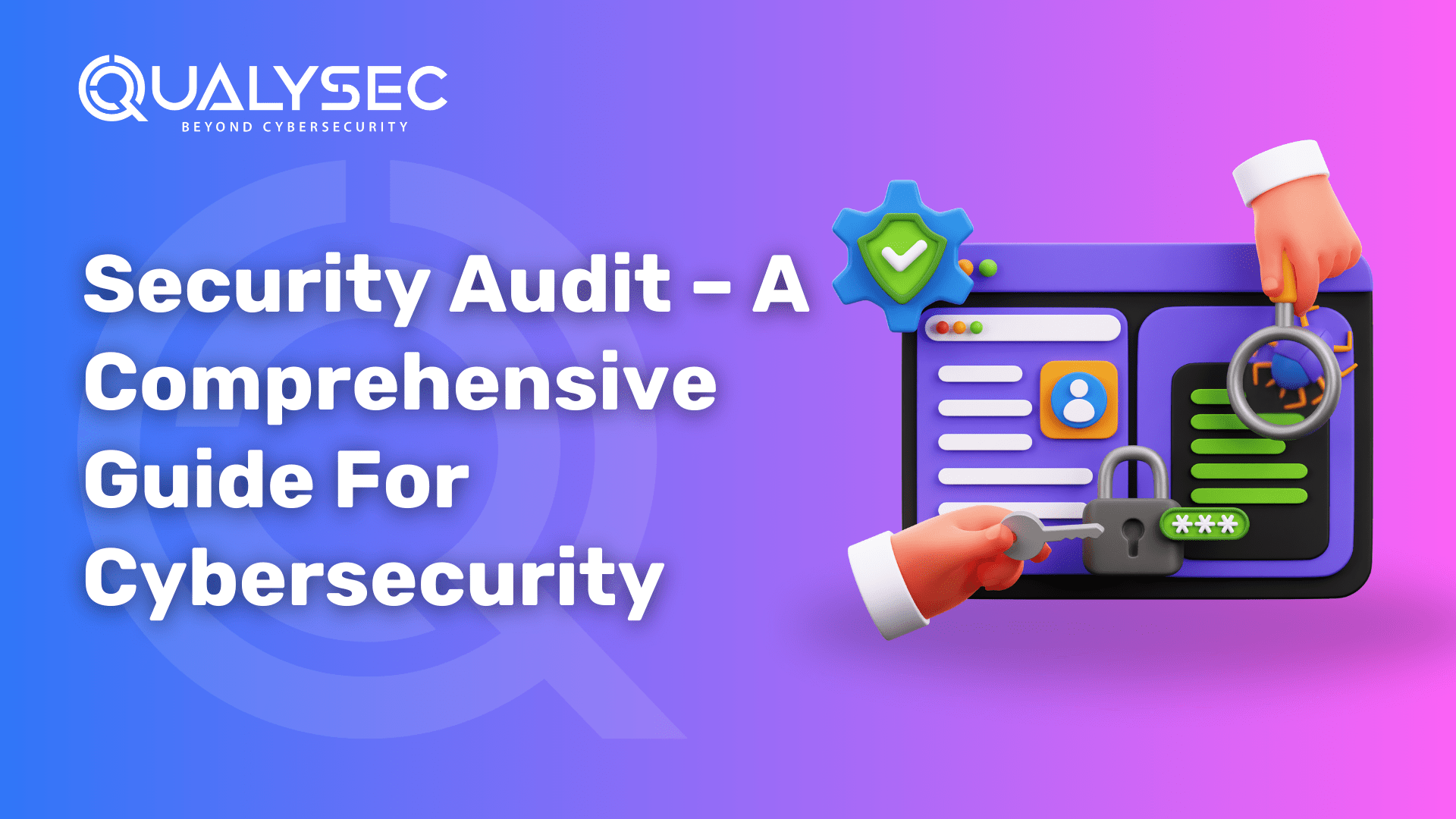
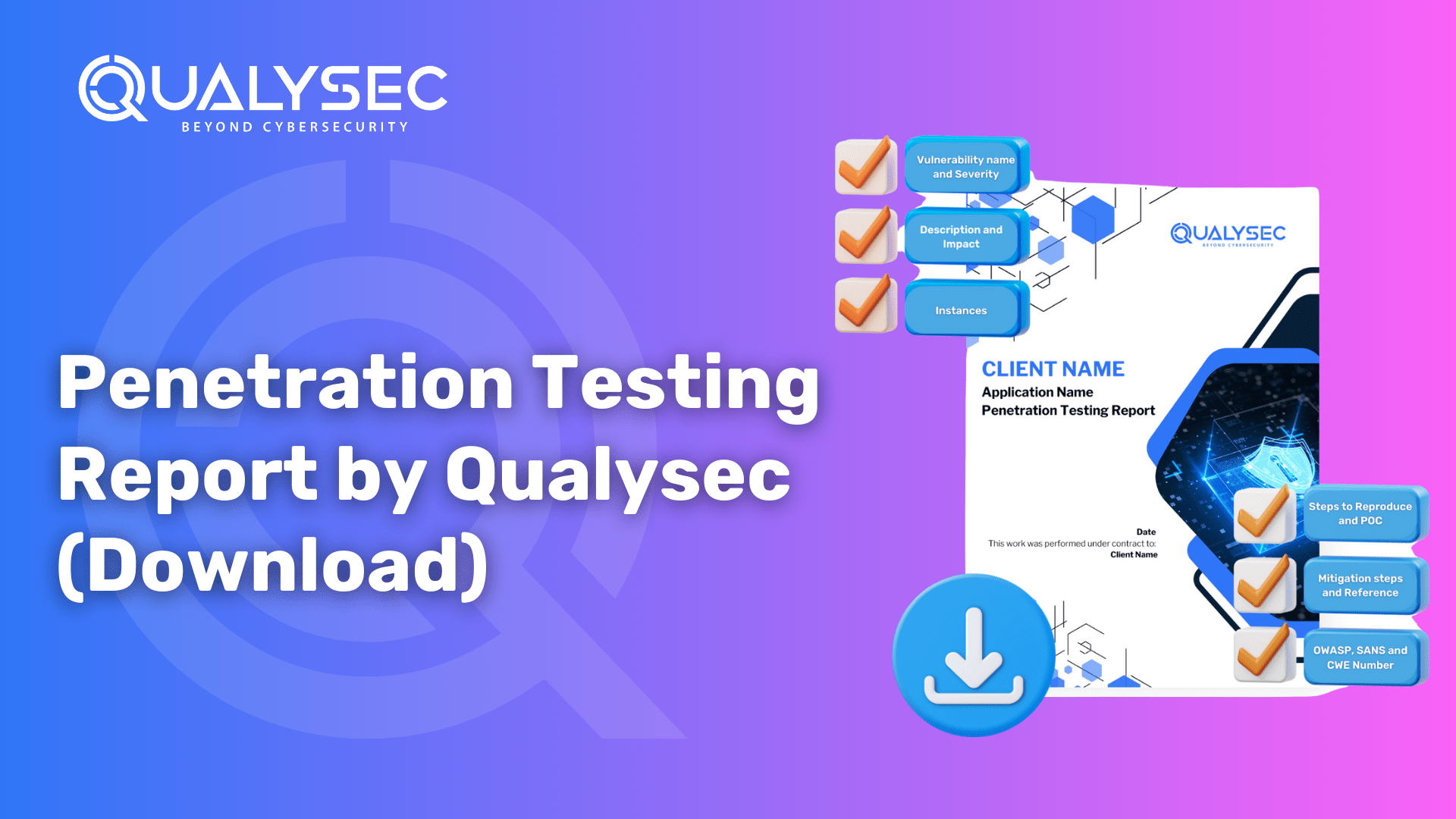
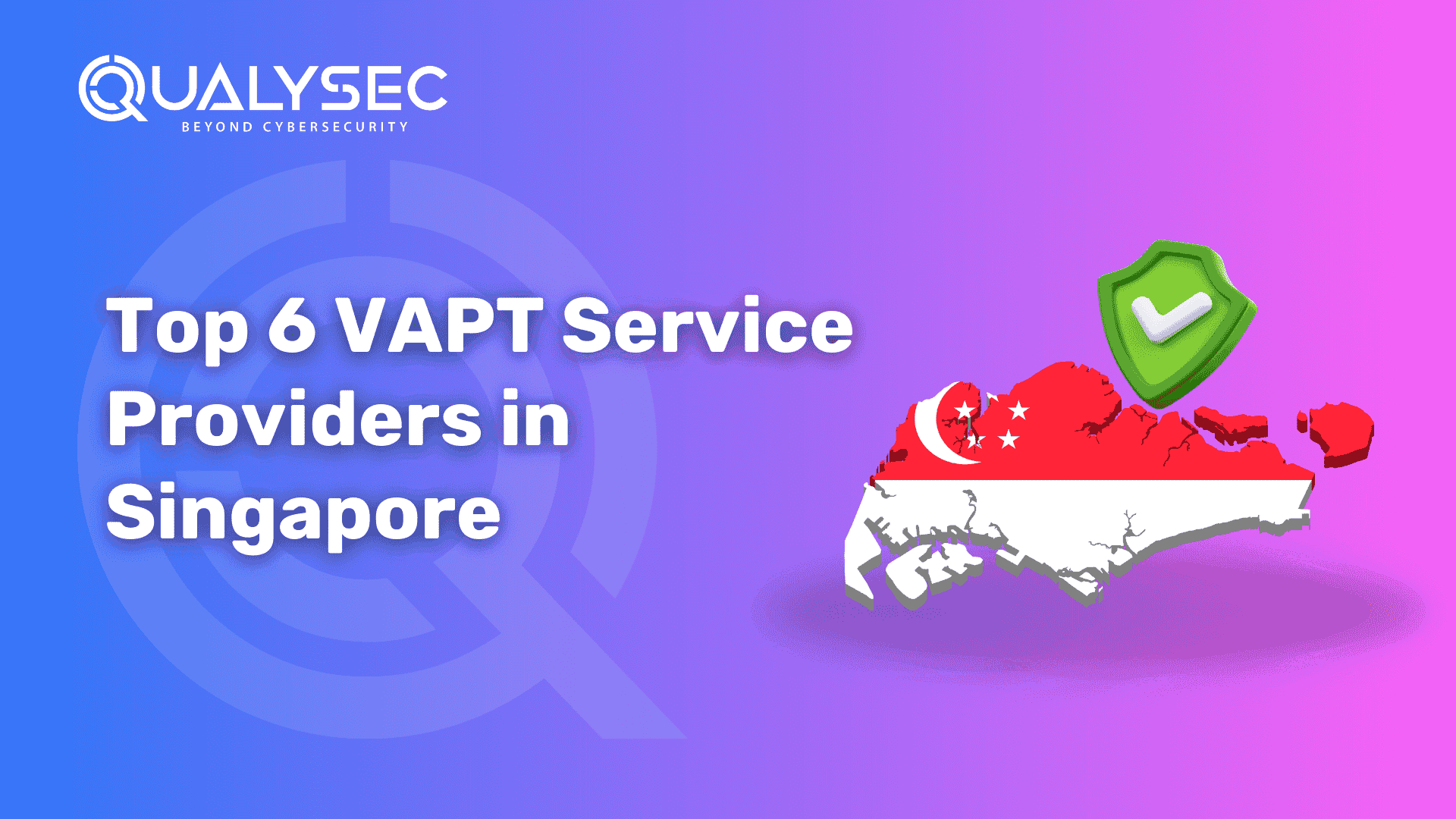



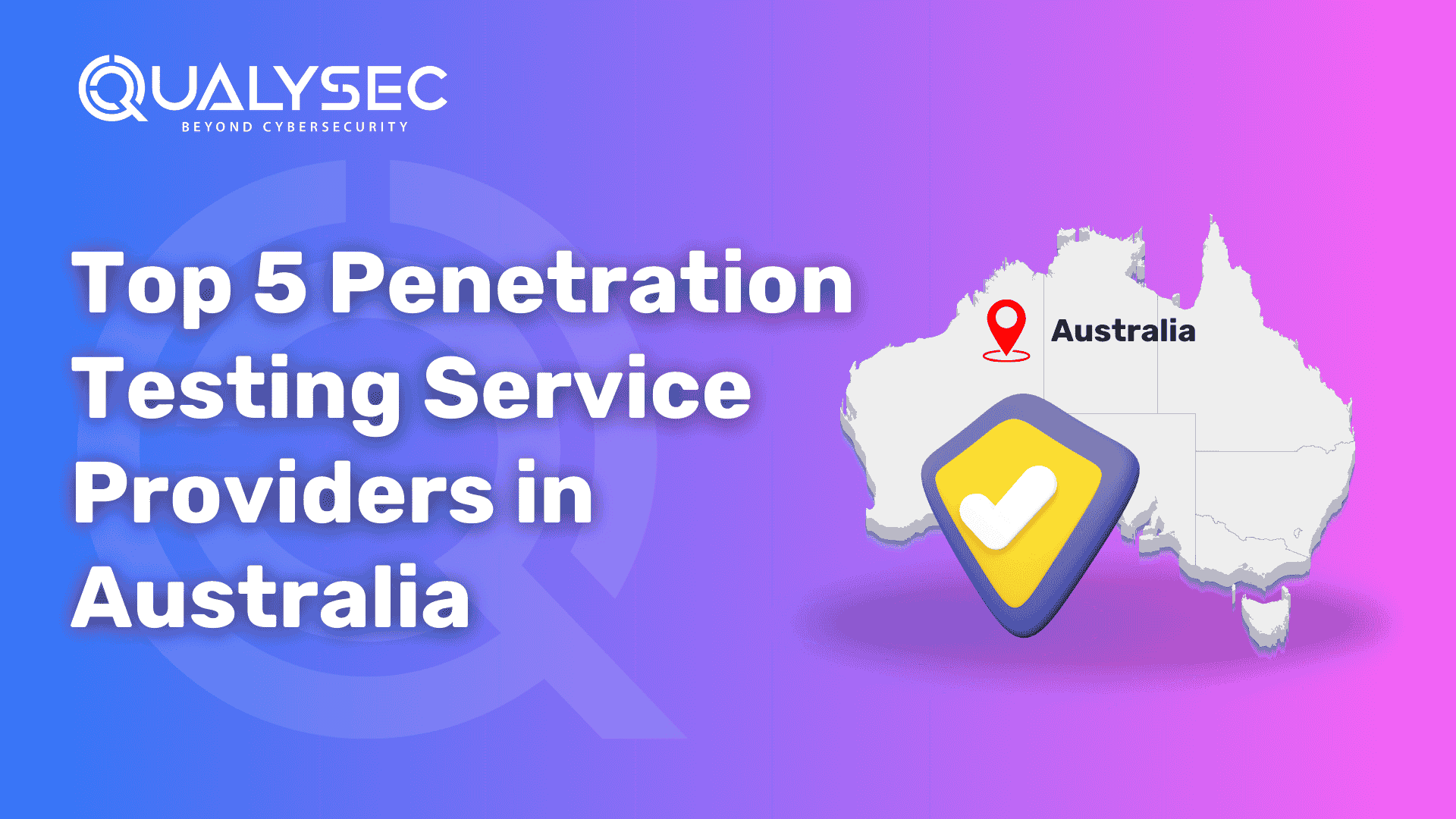

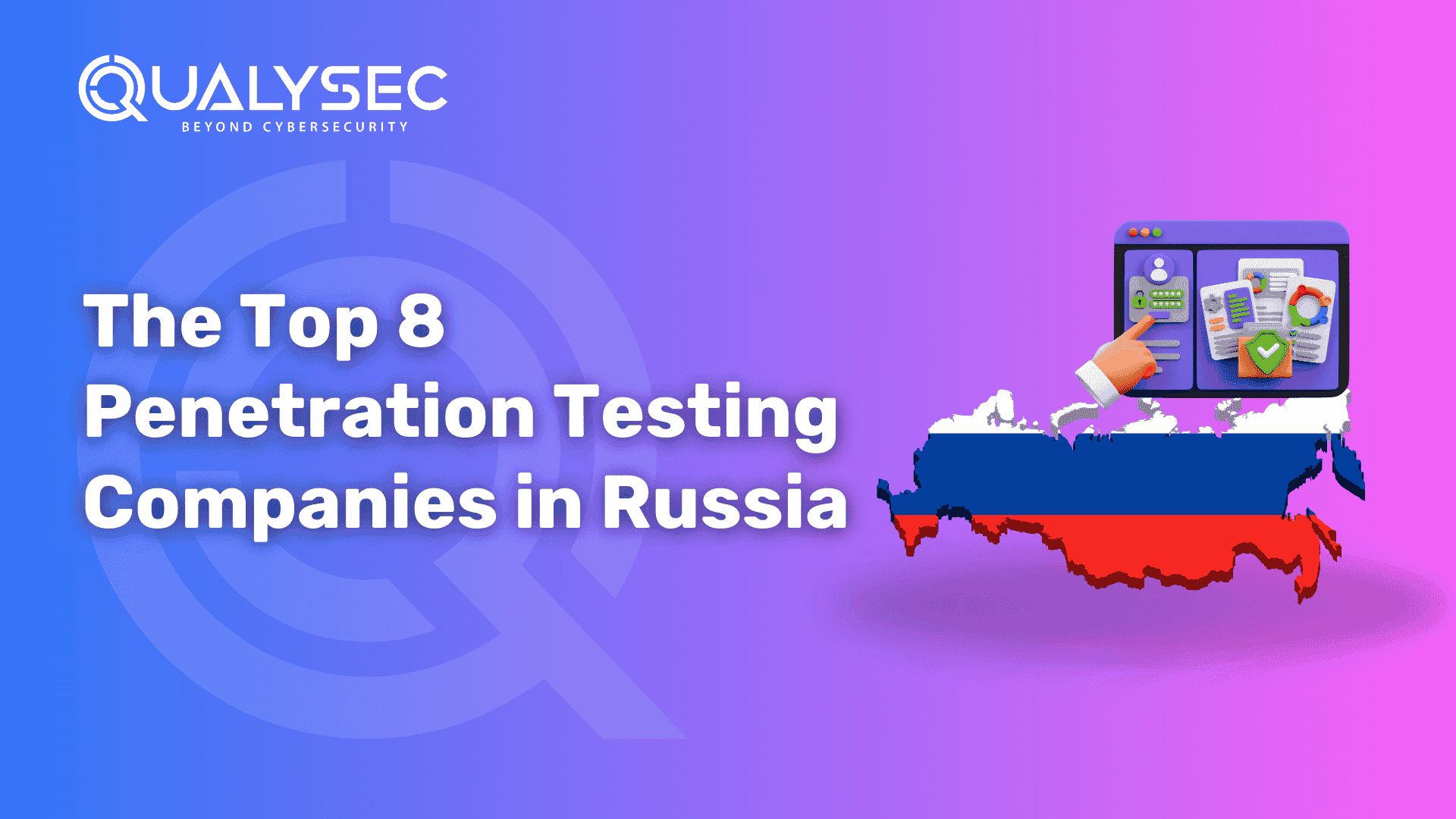
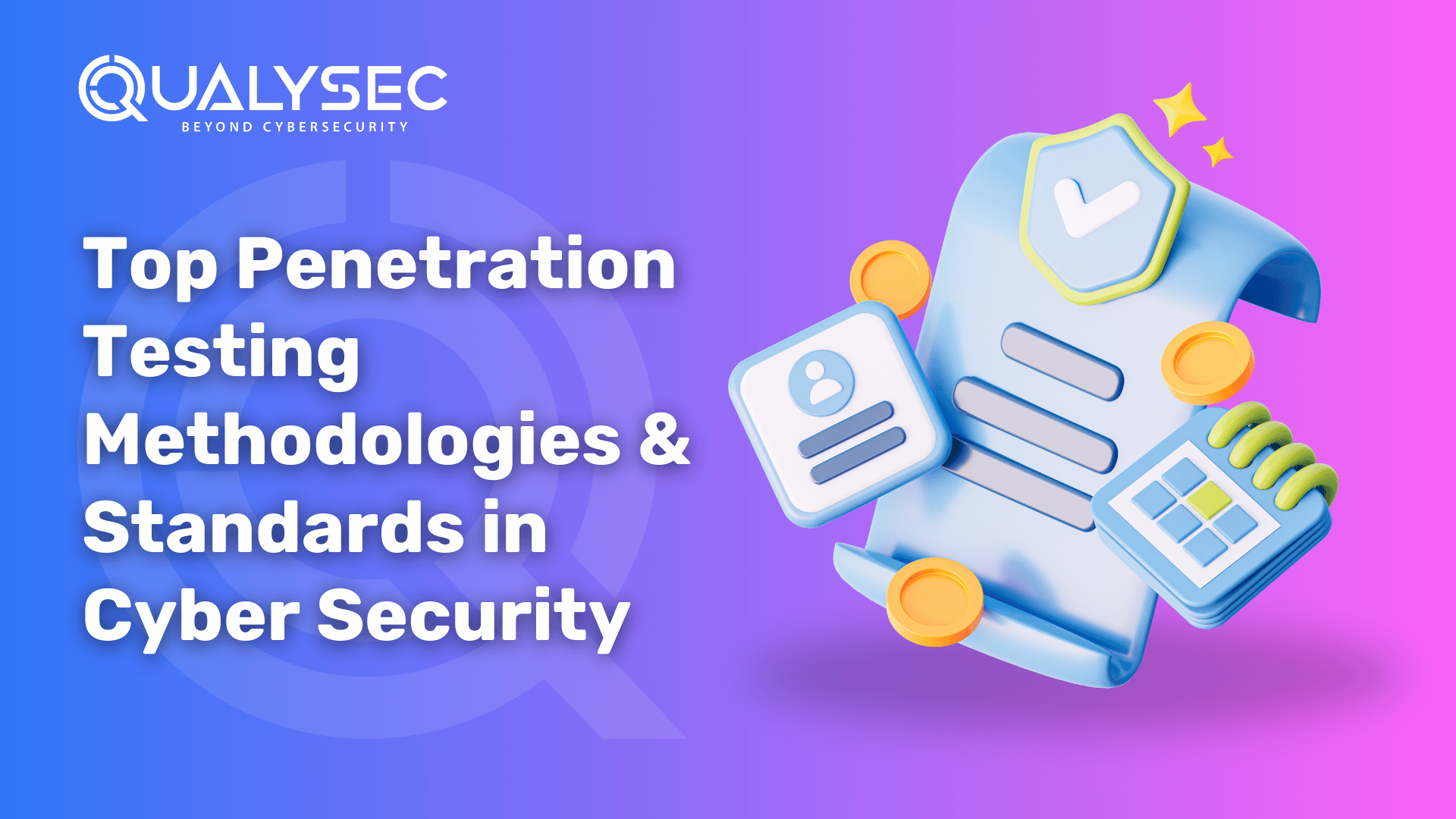
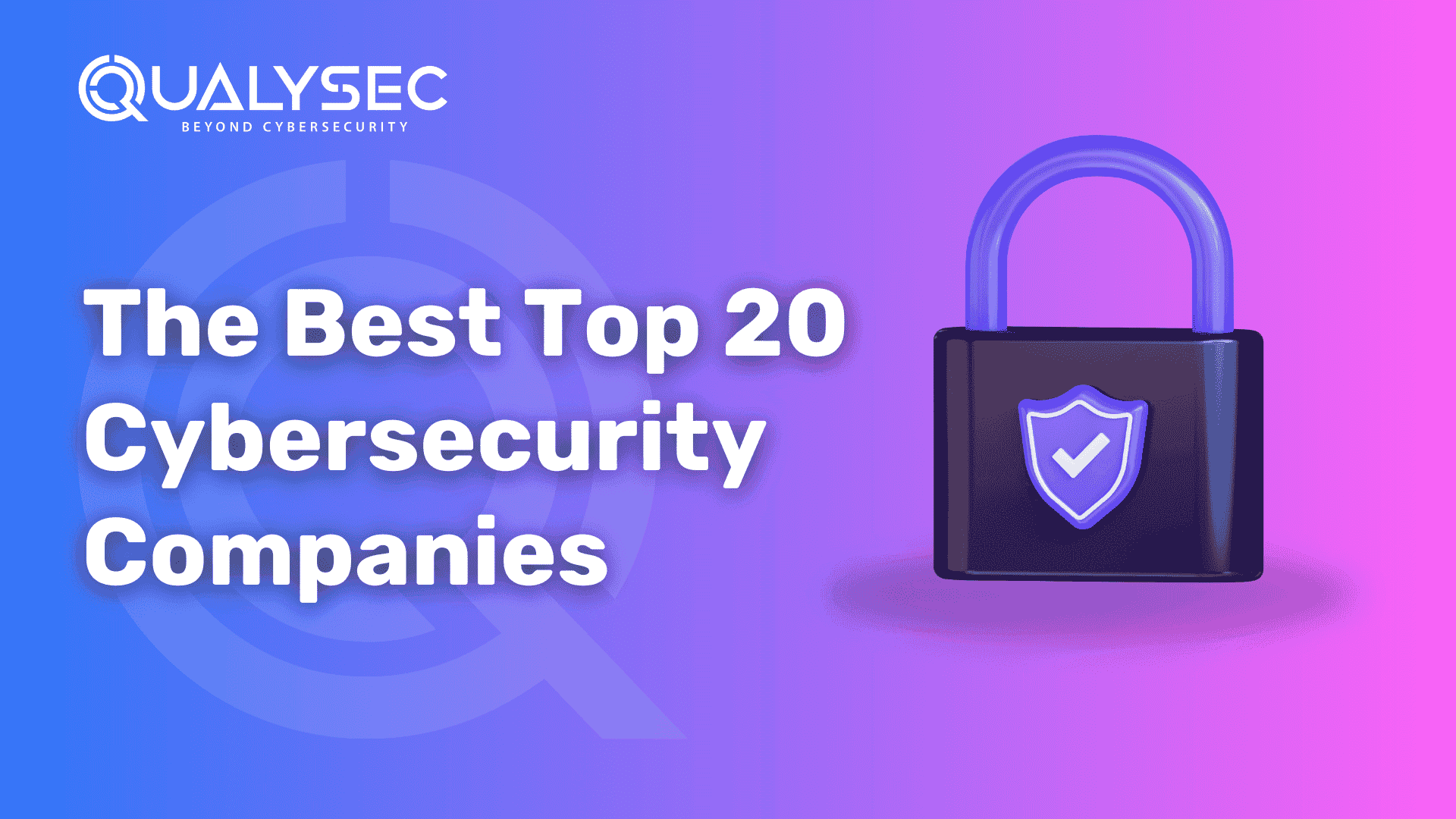
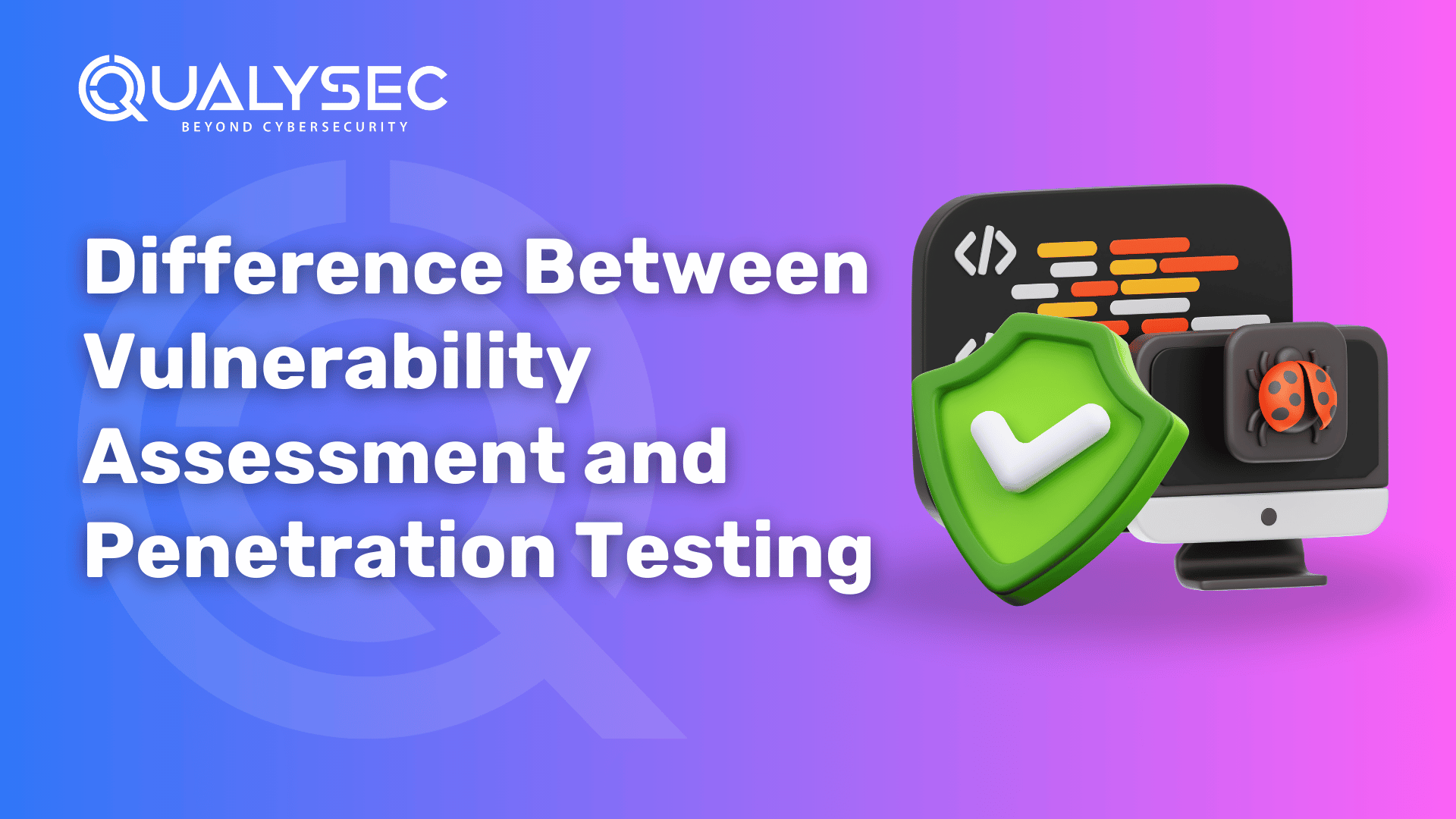
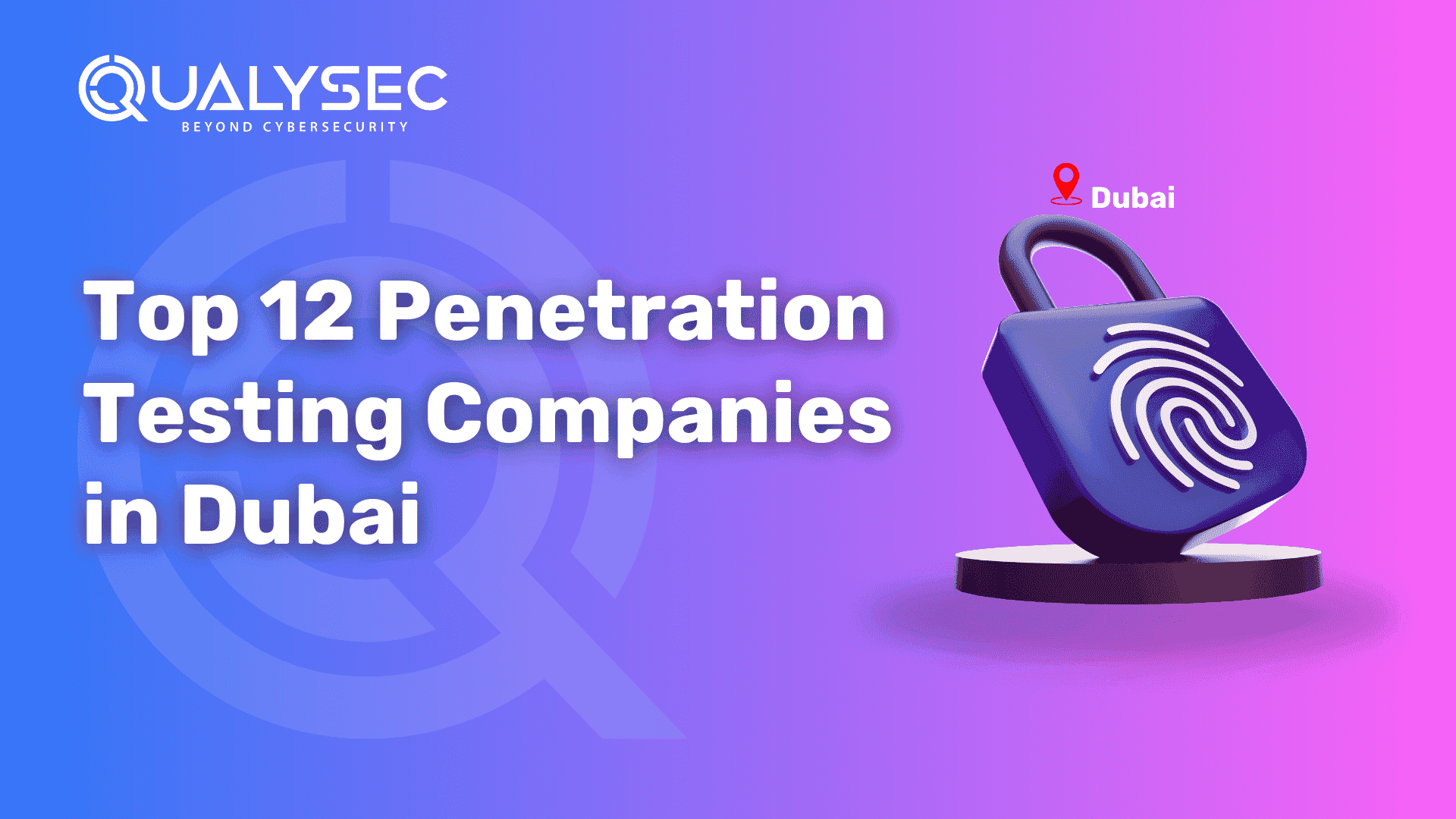

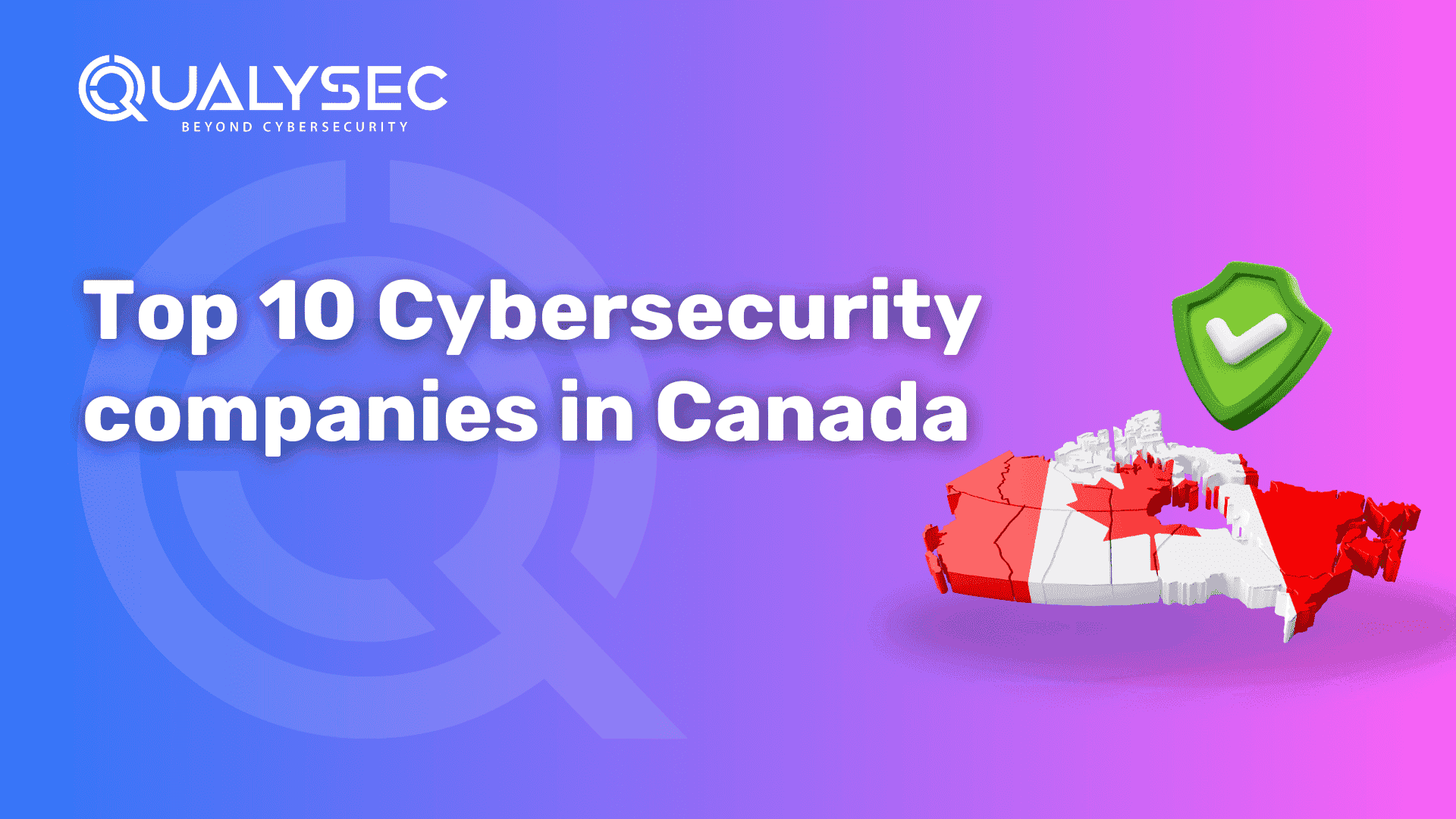




0 Comments